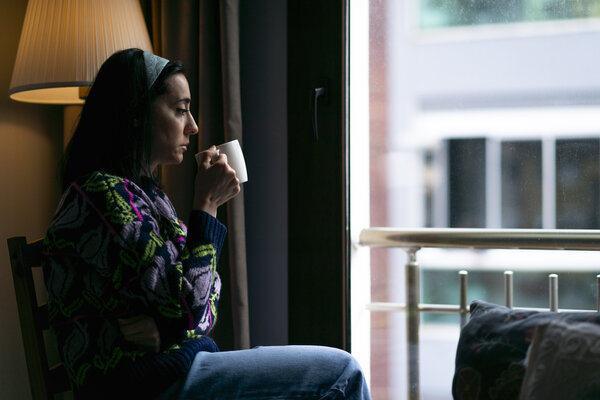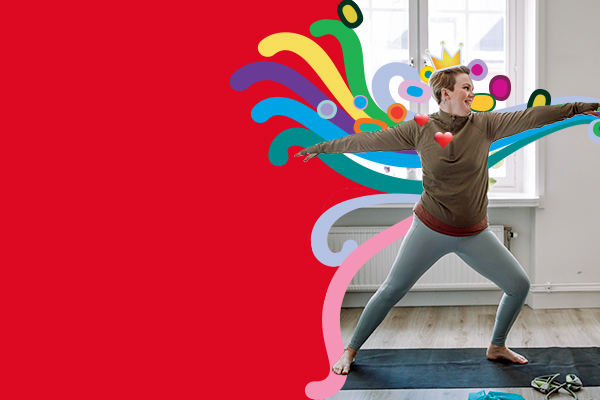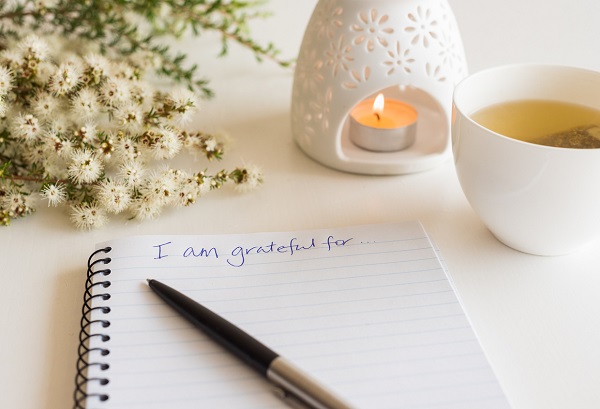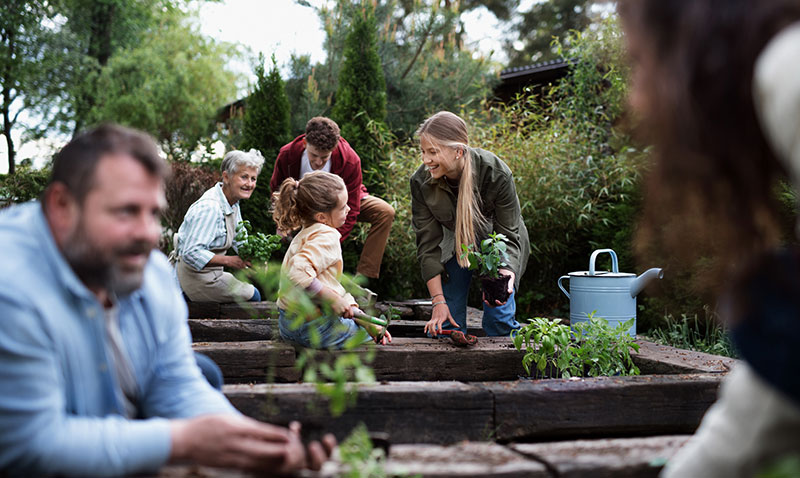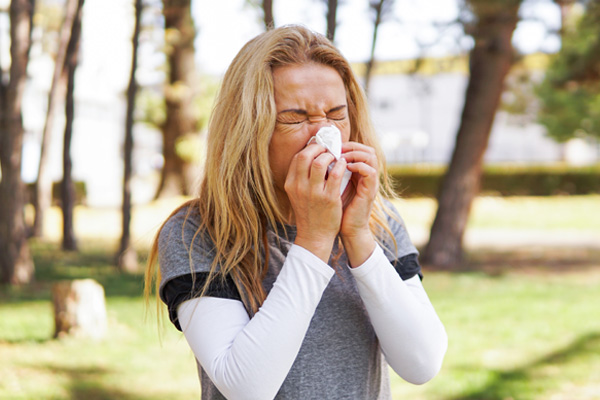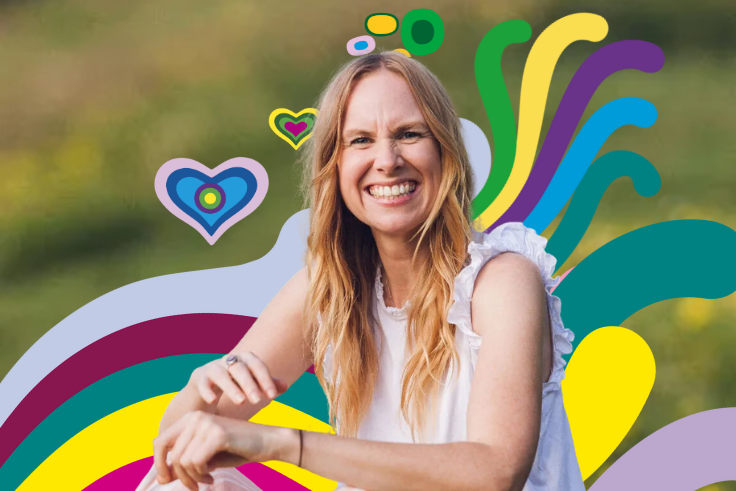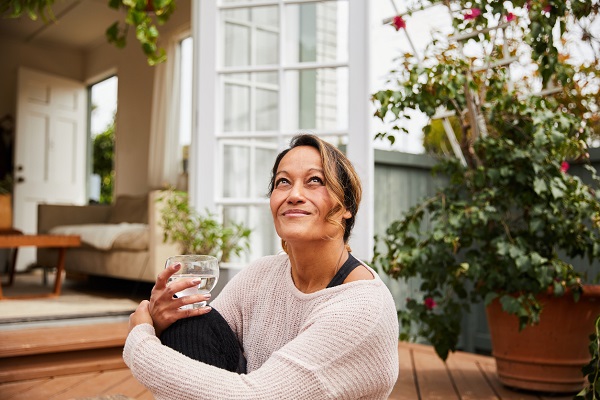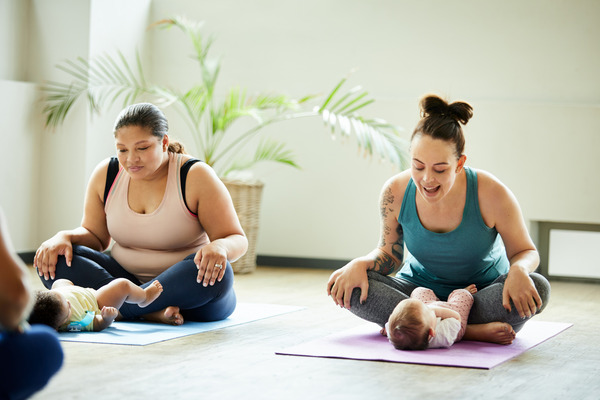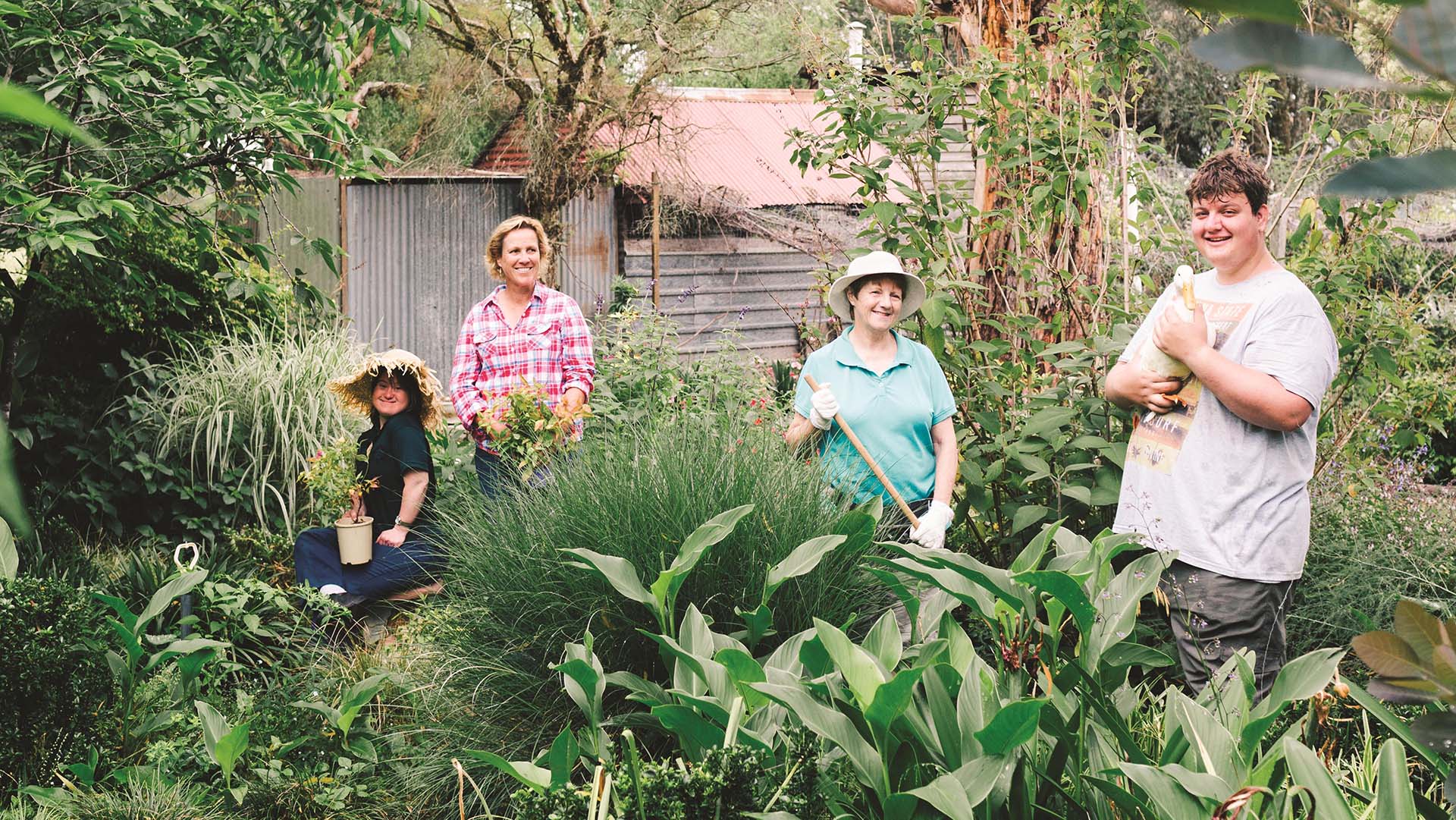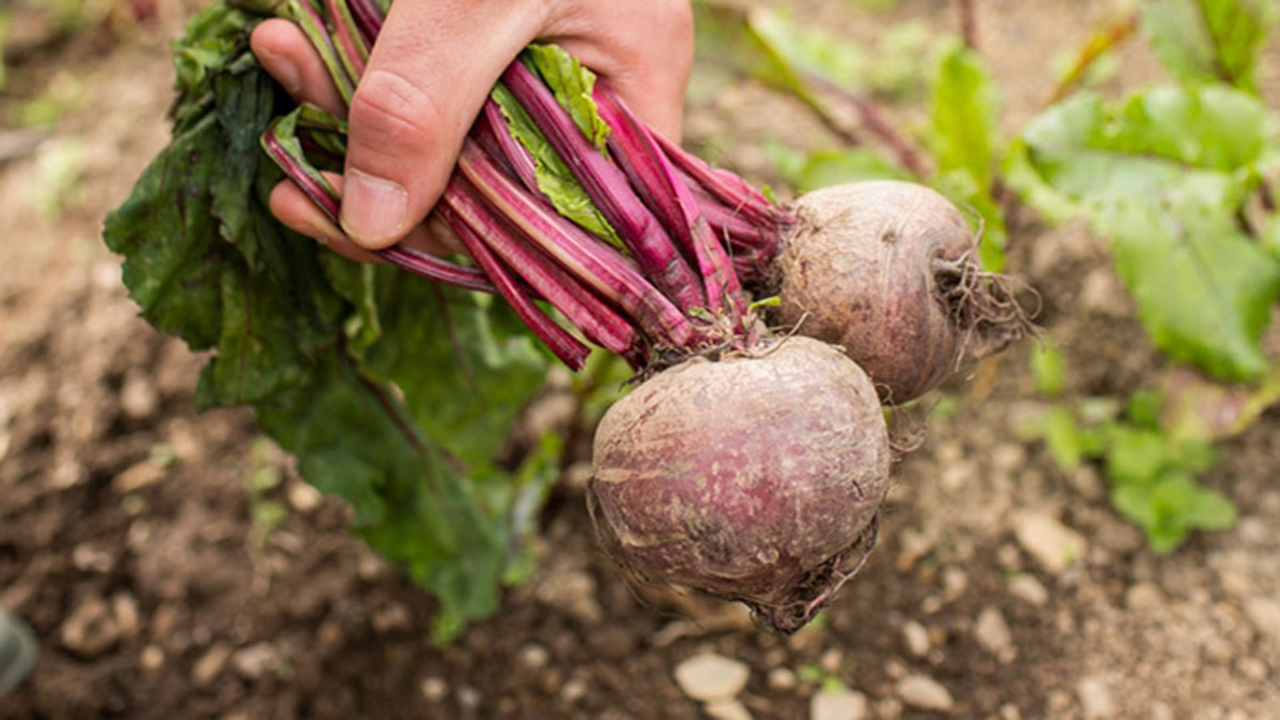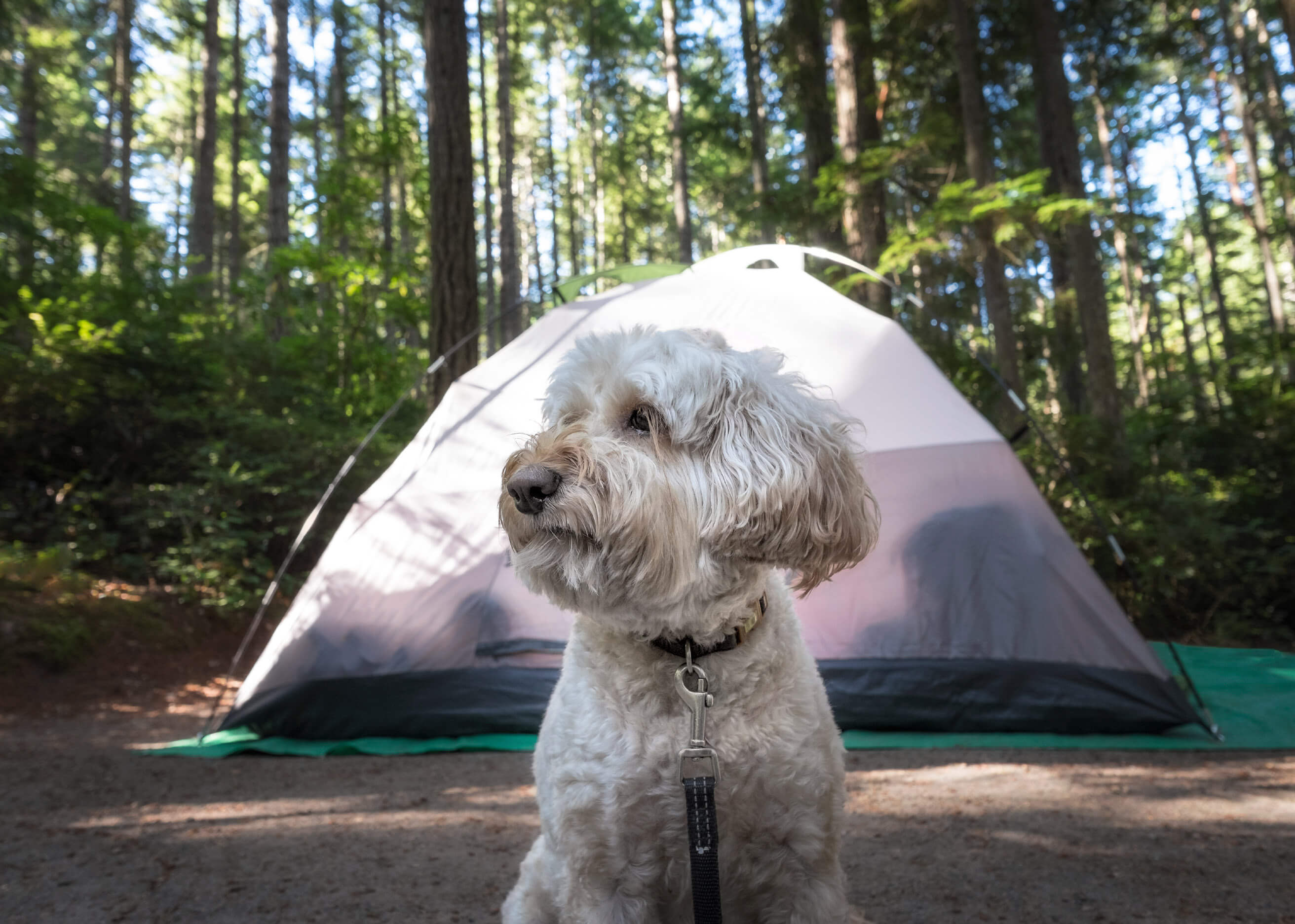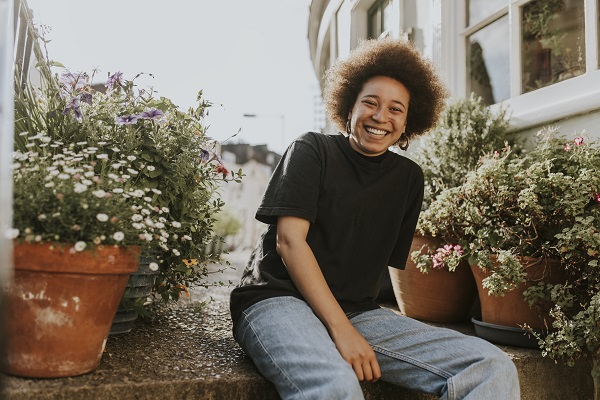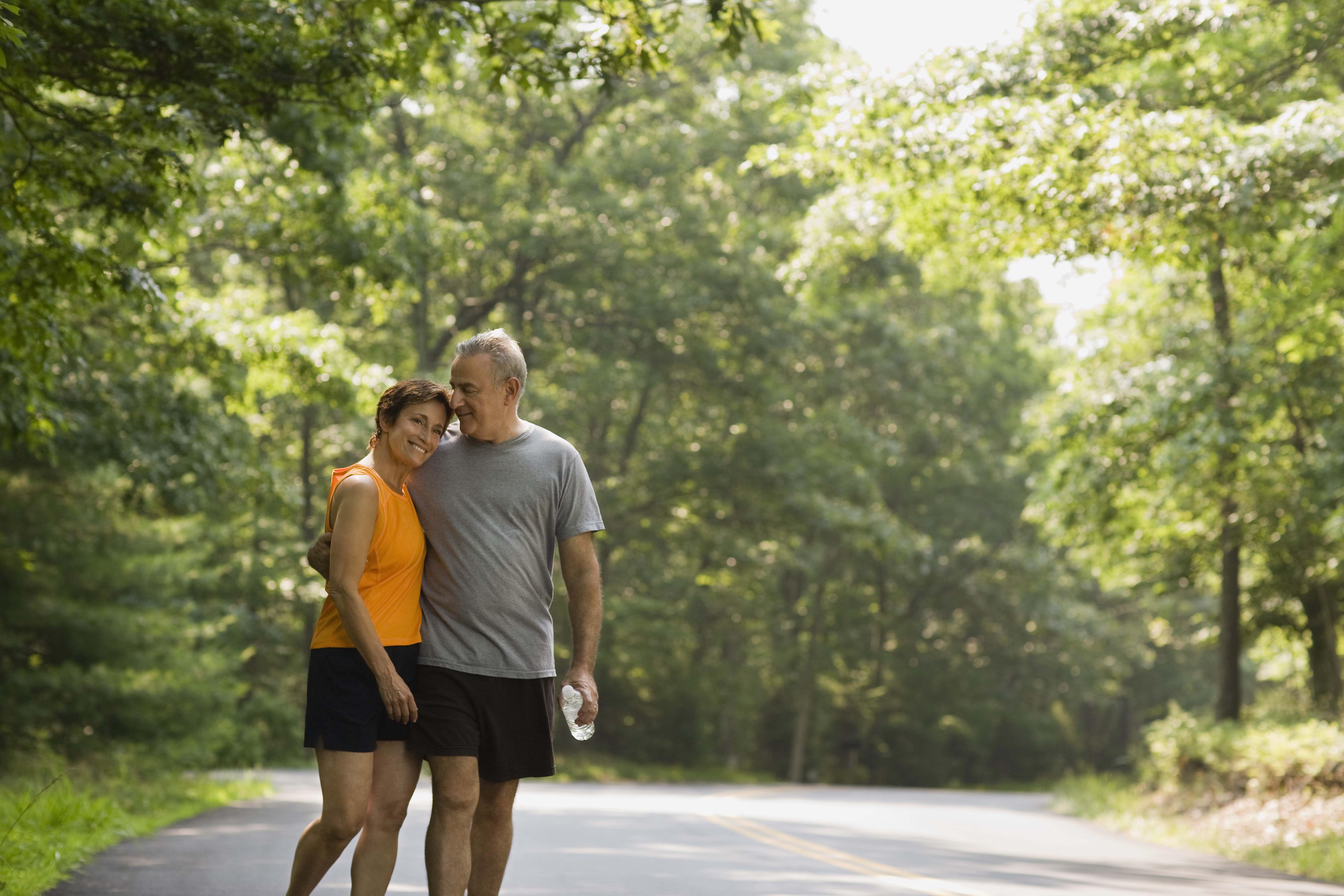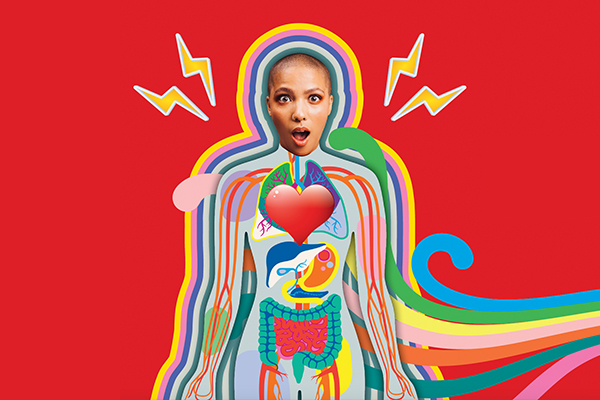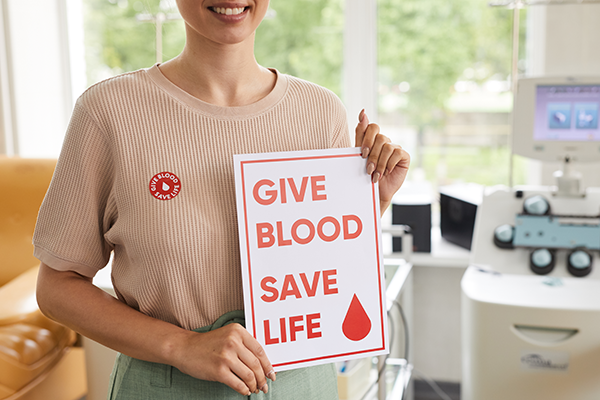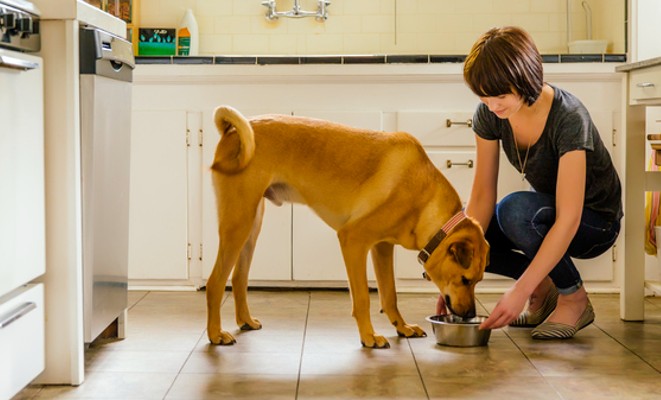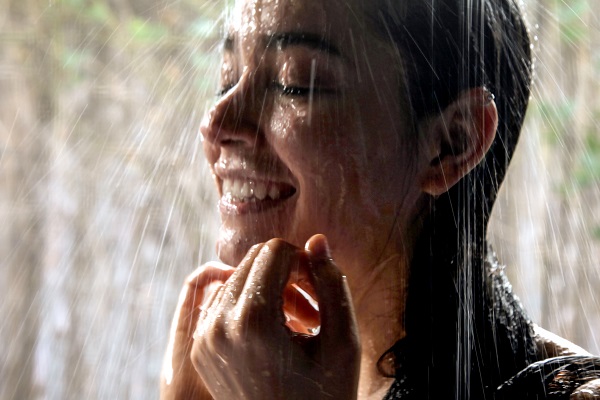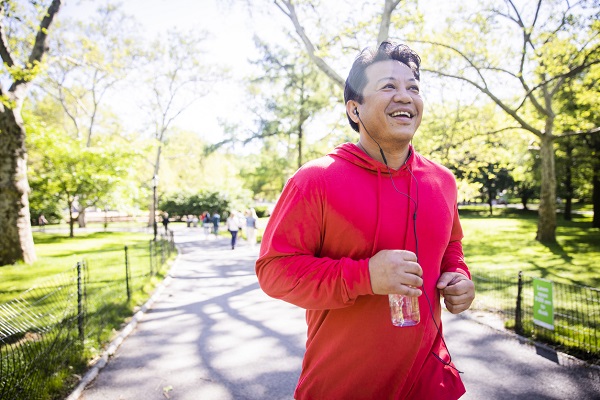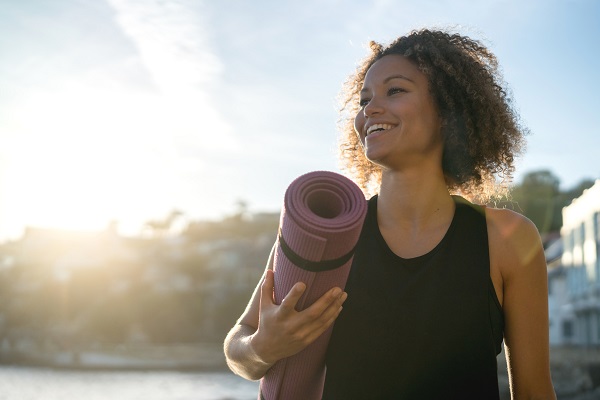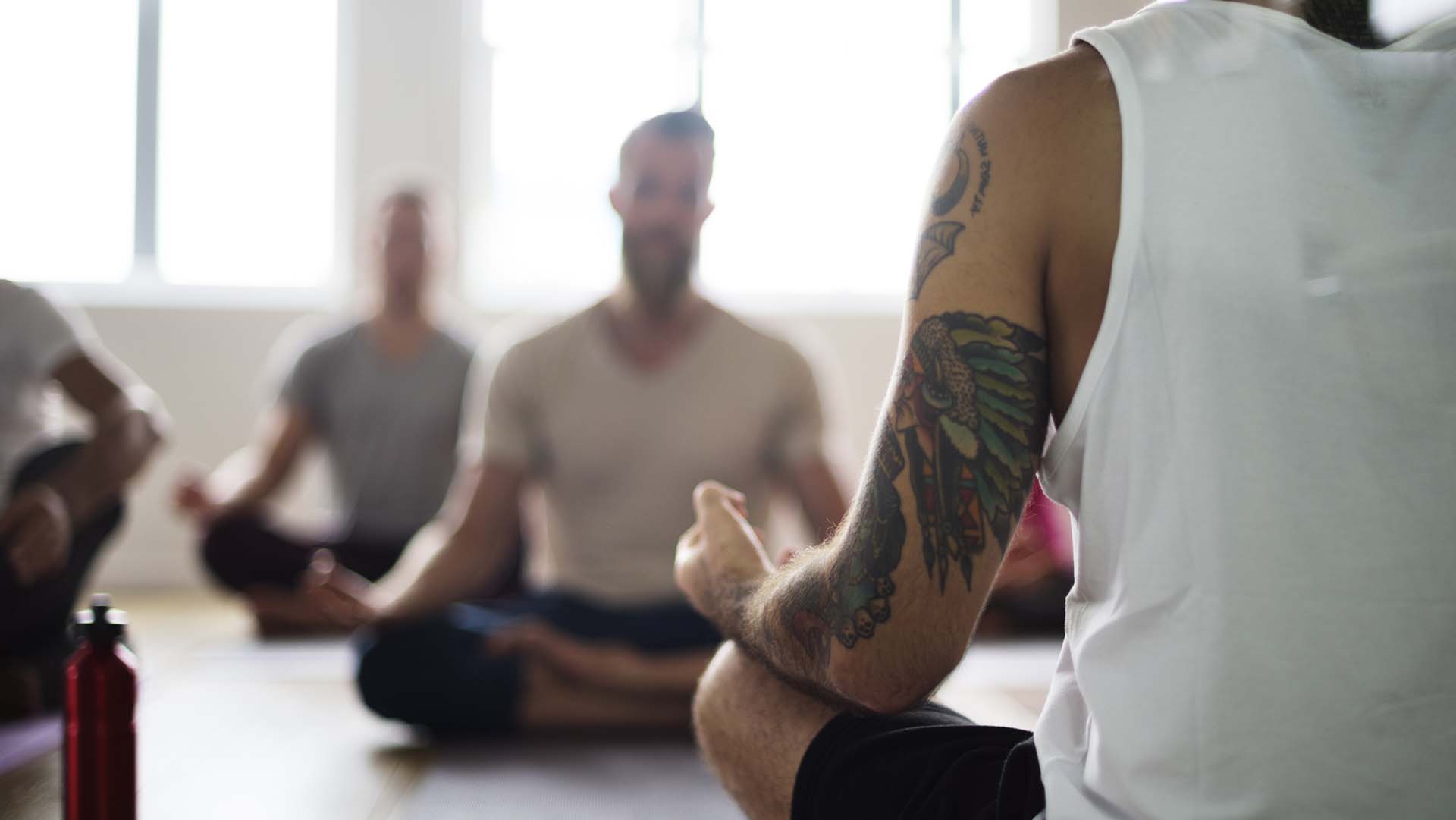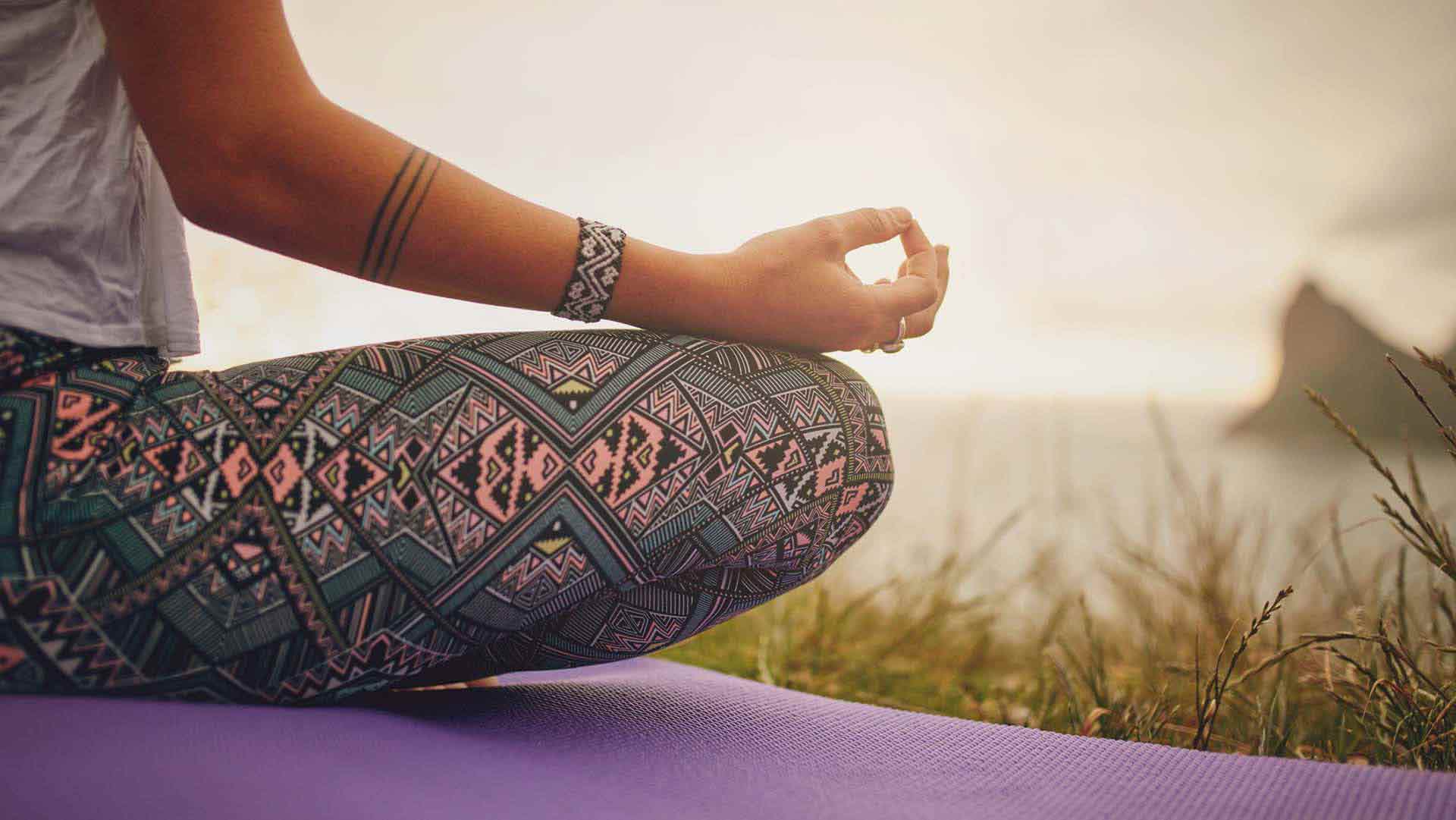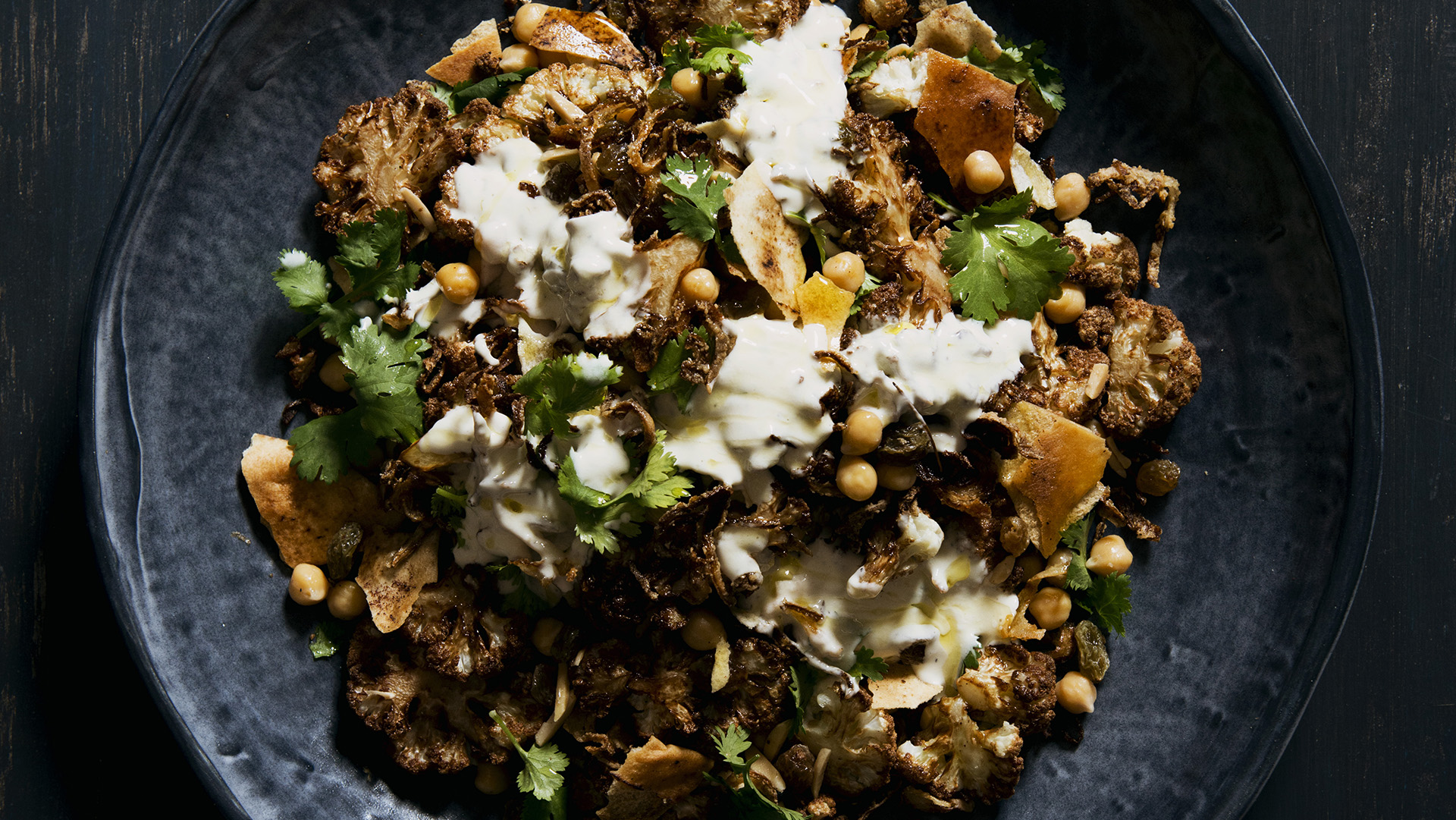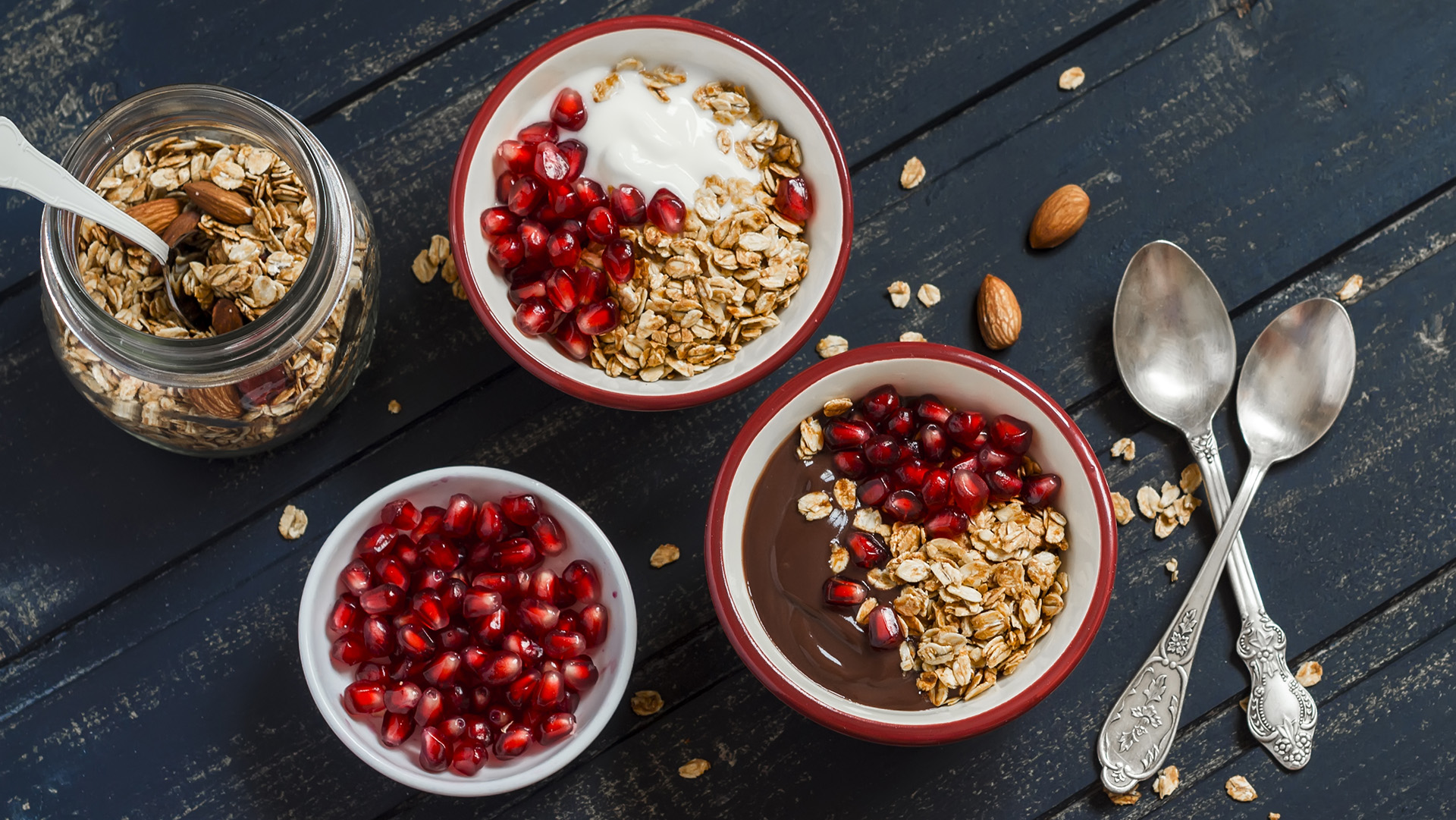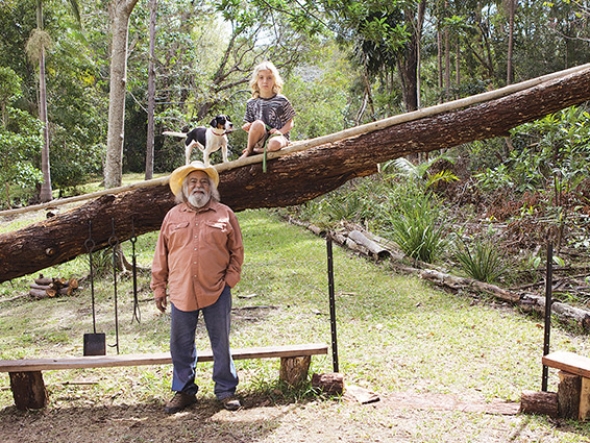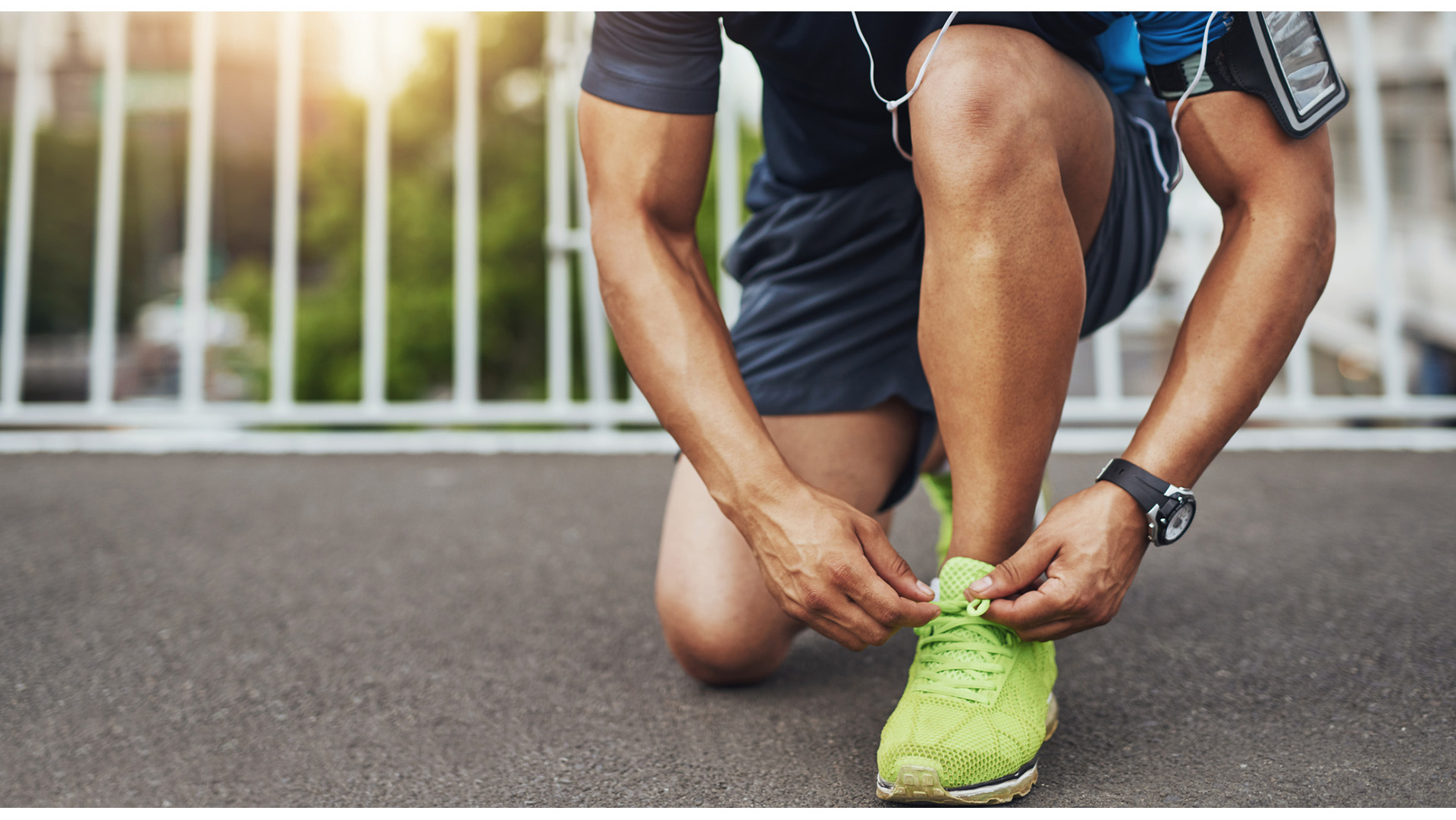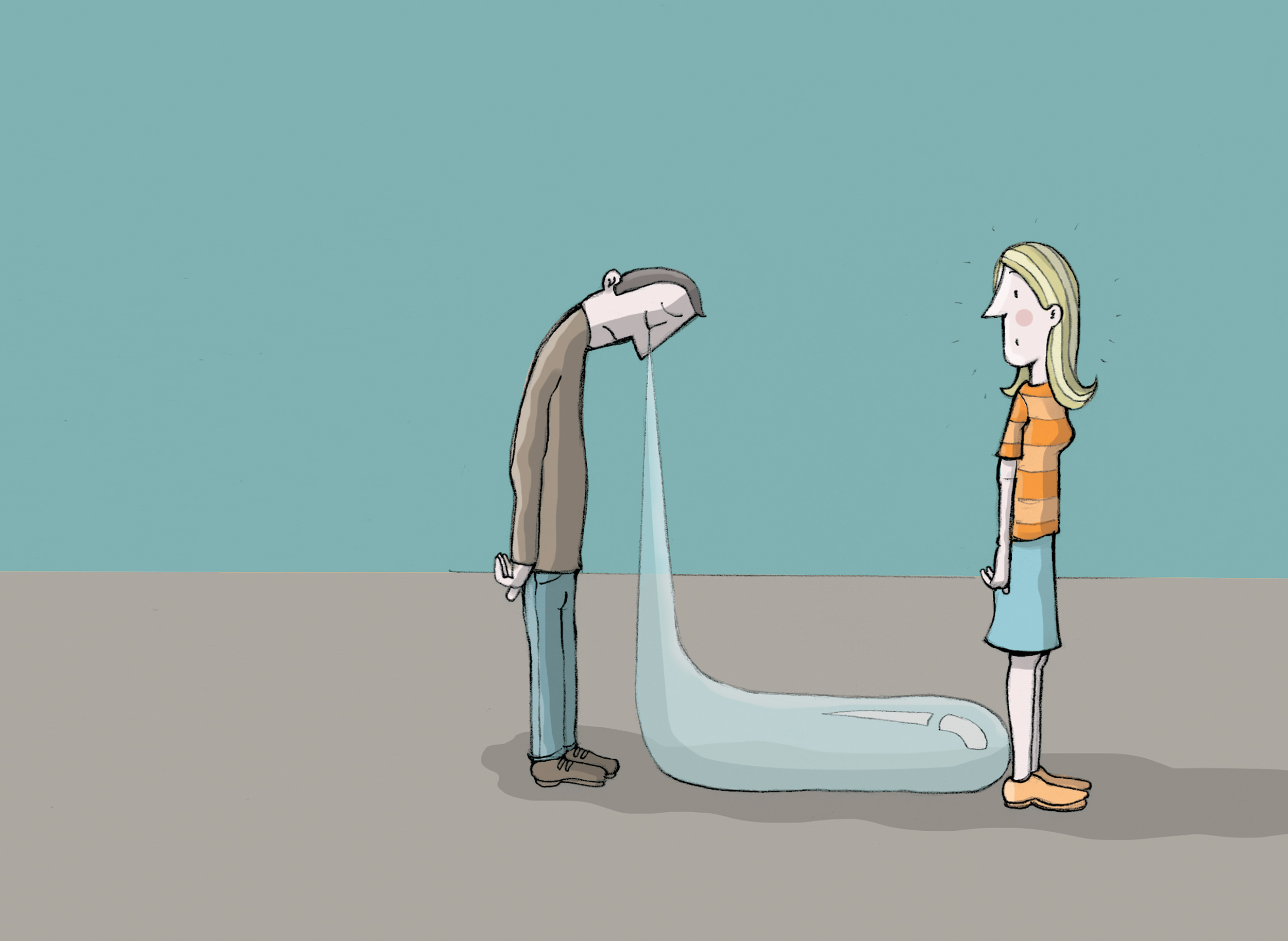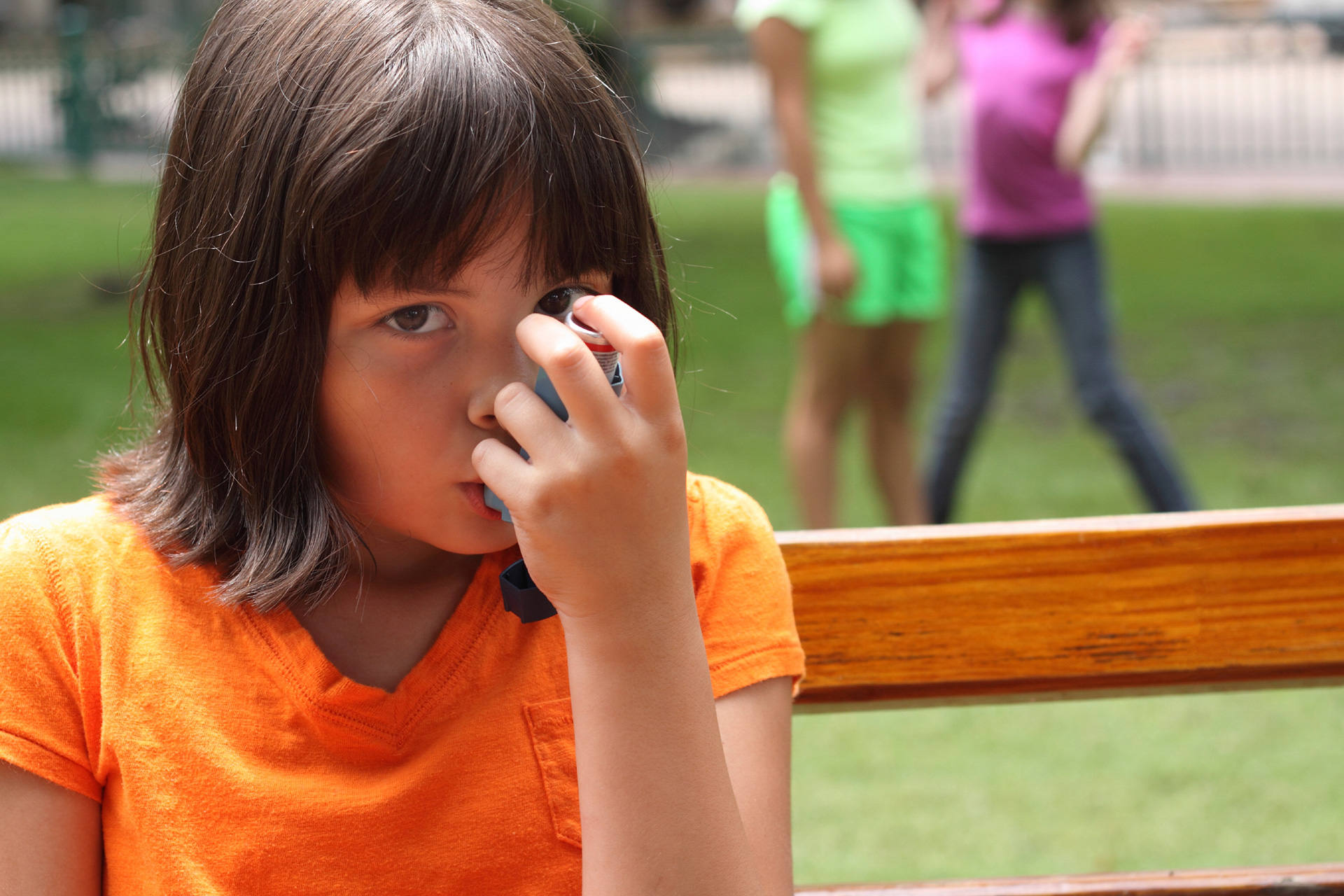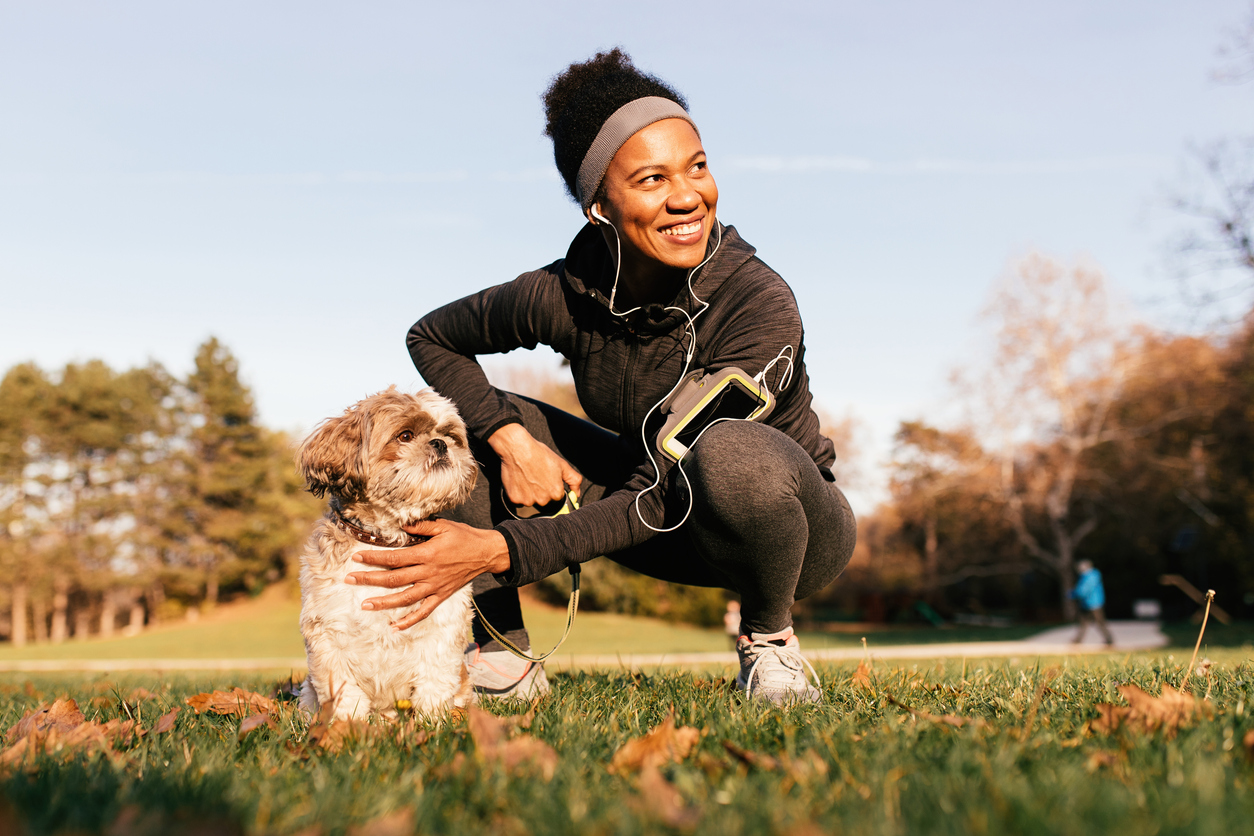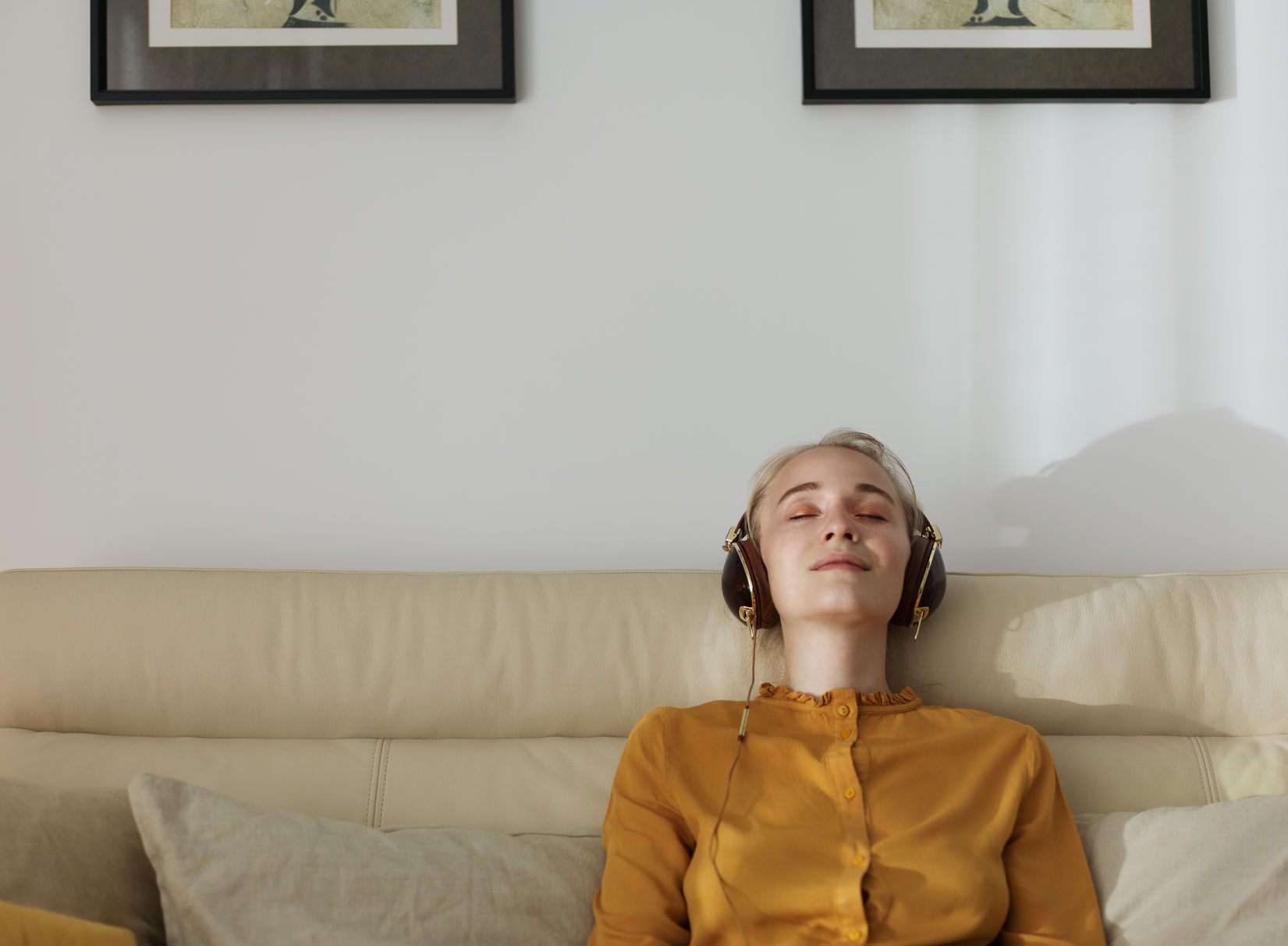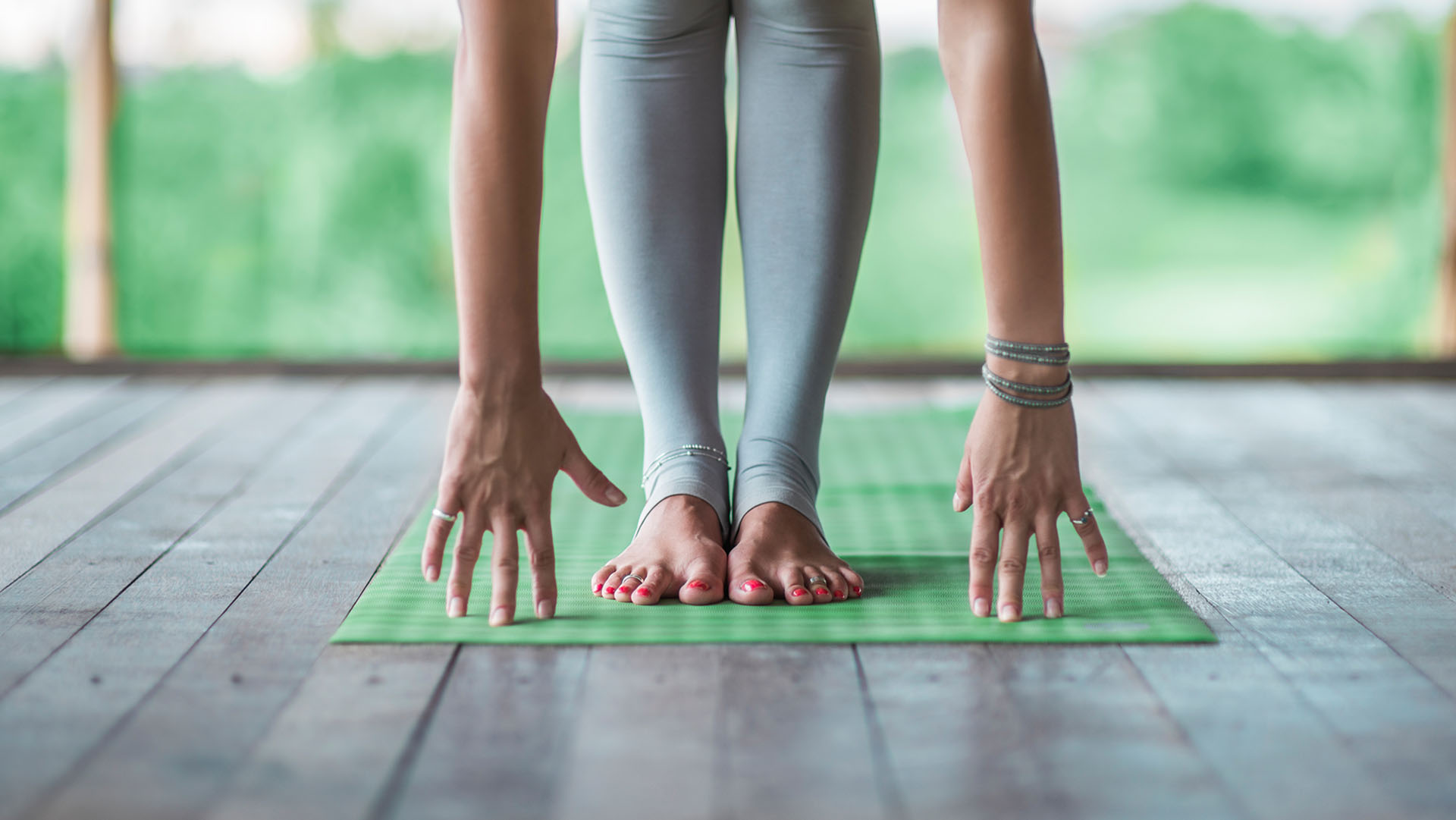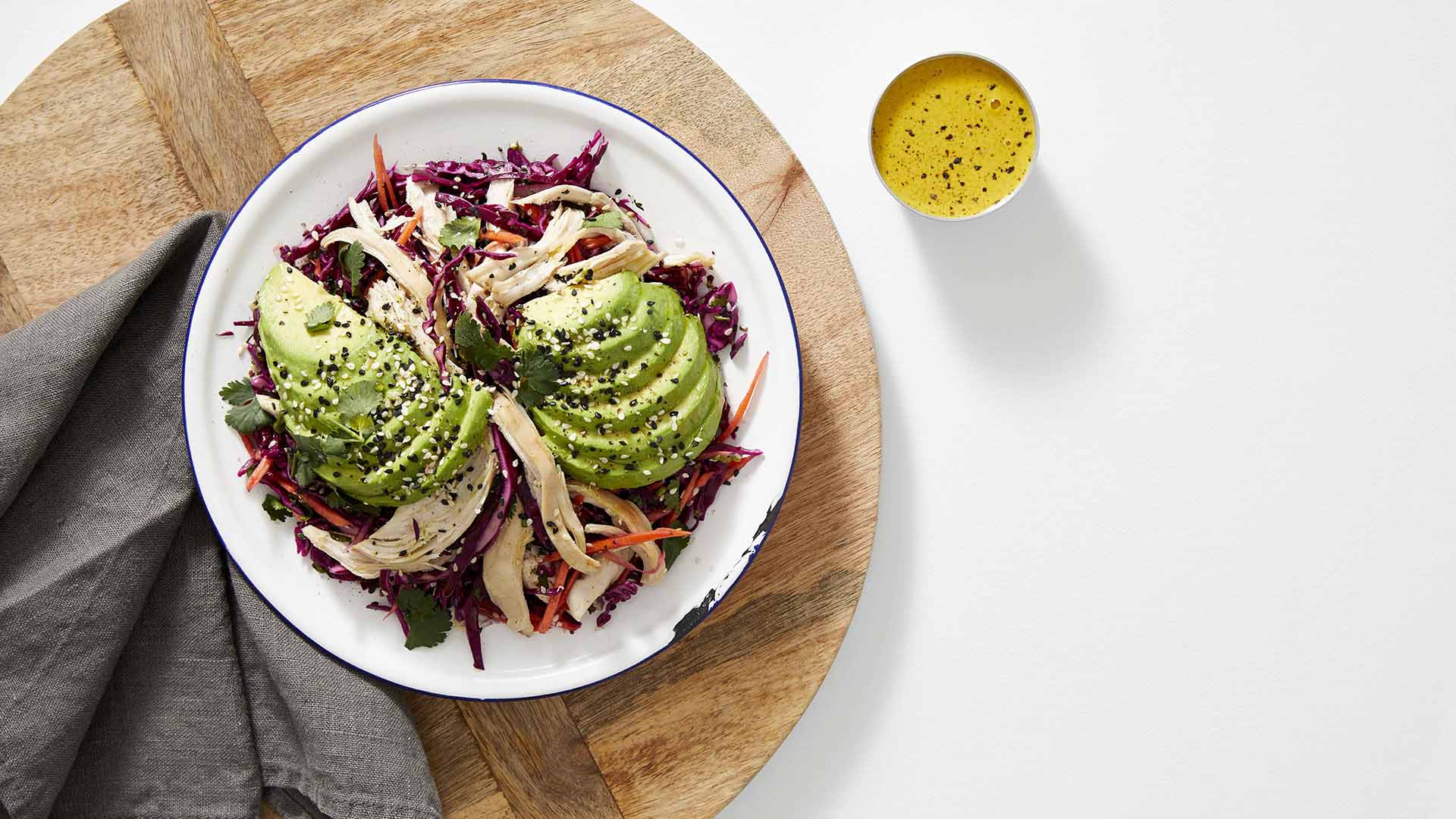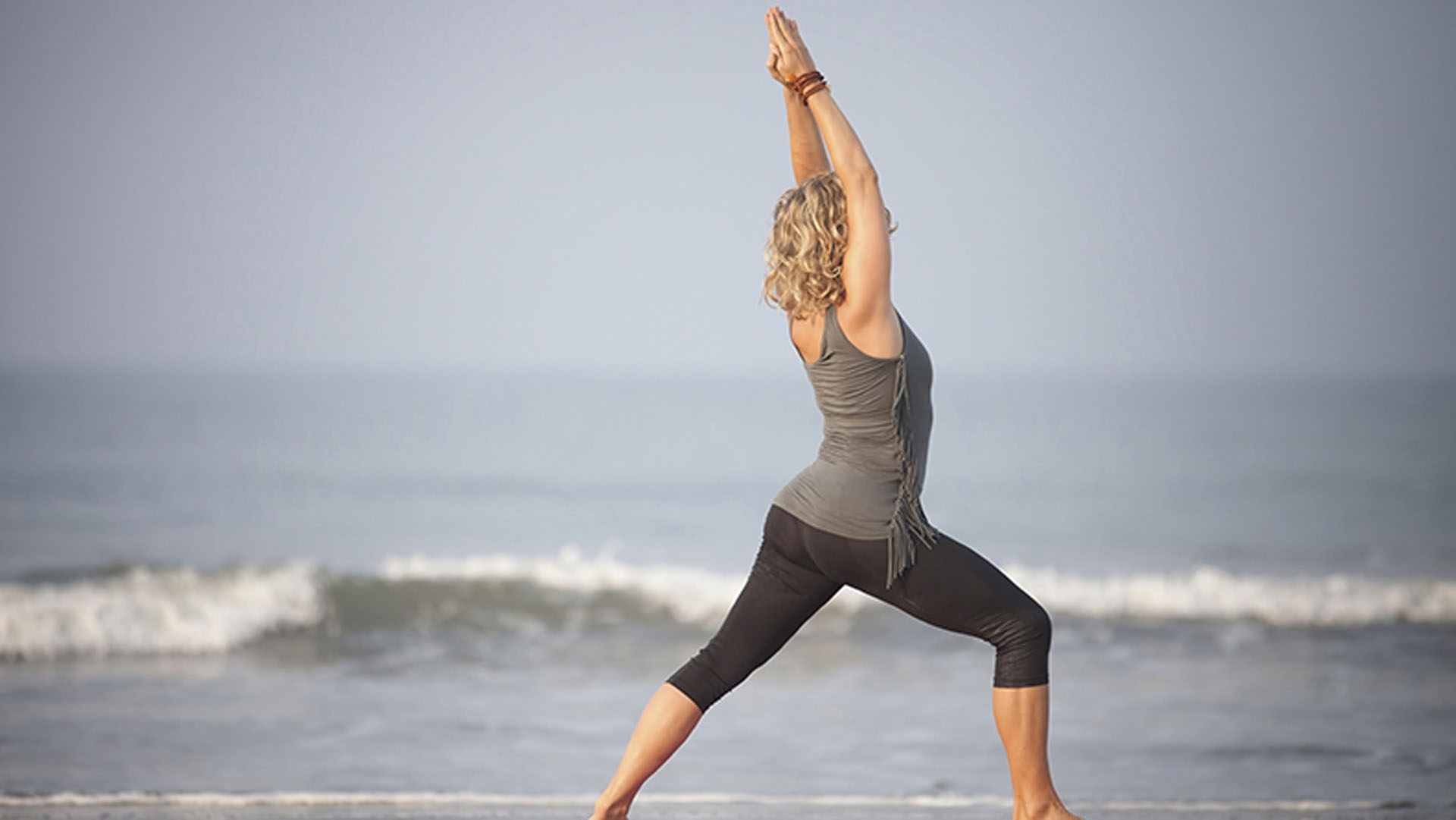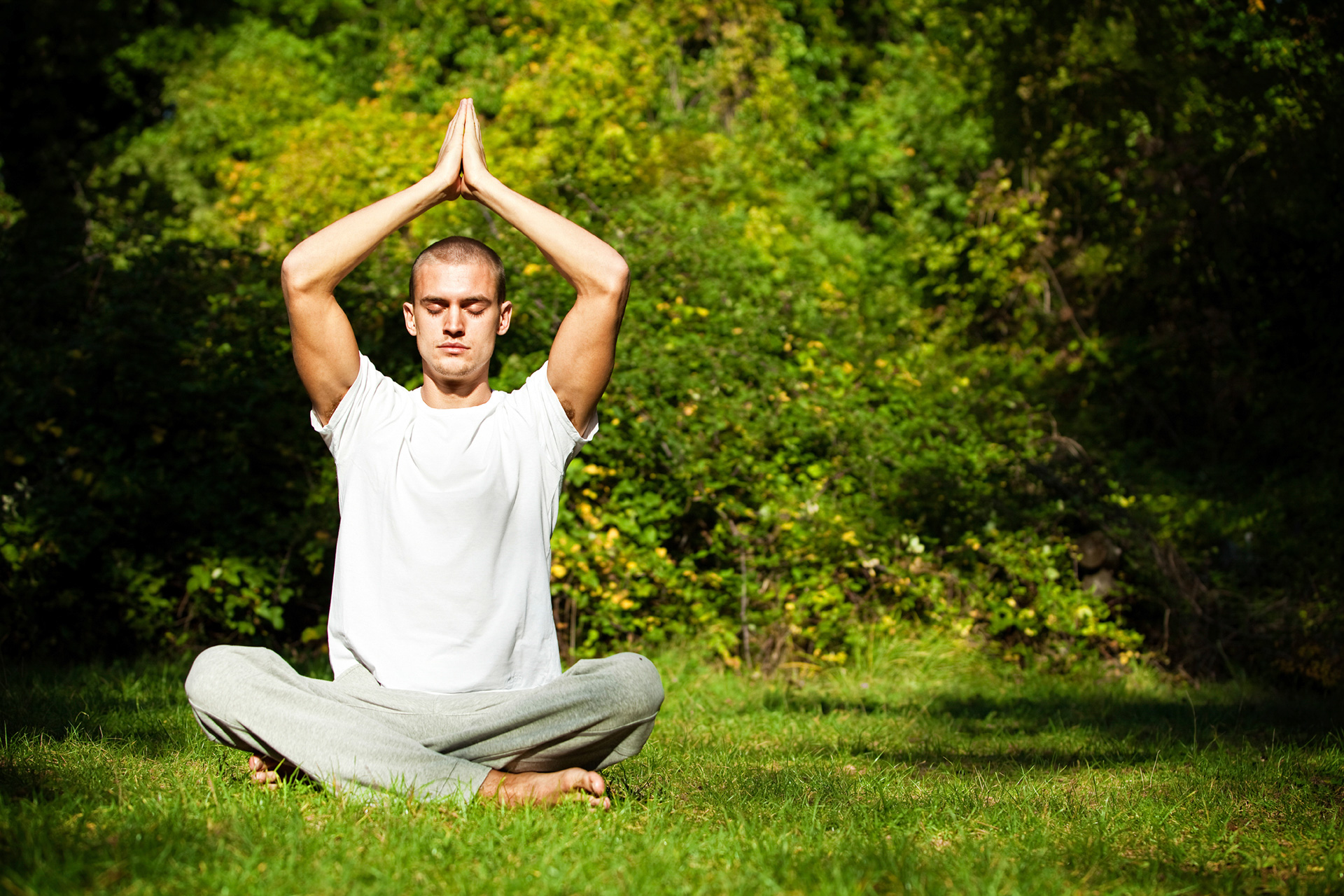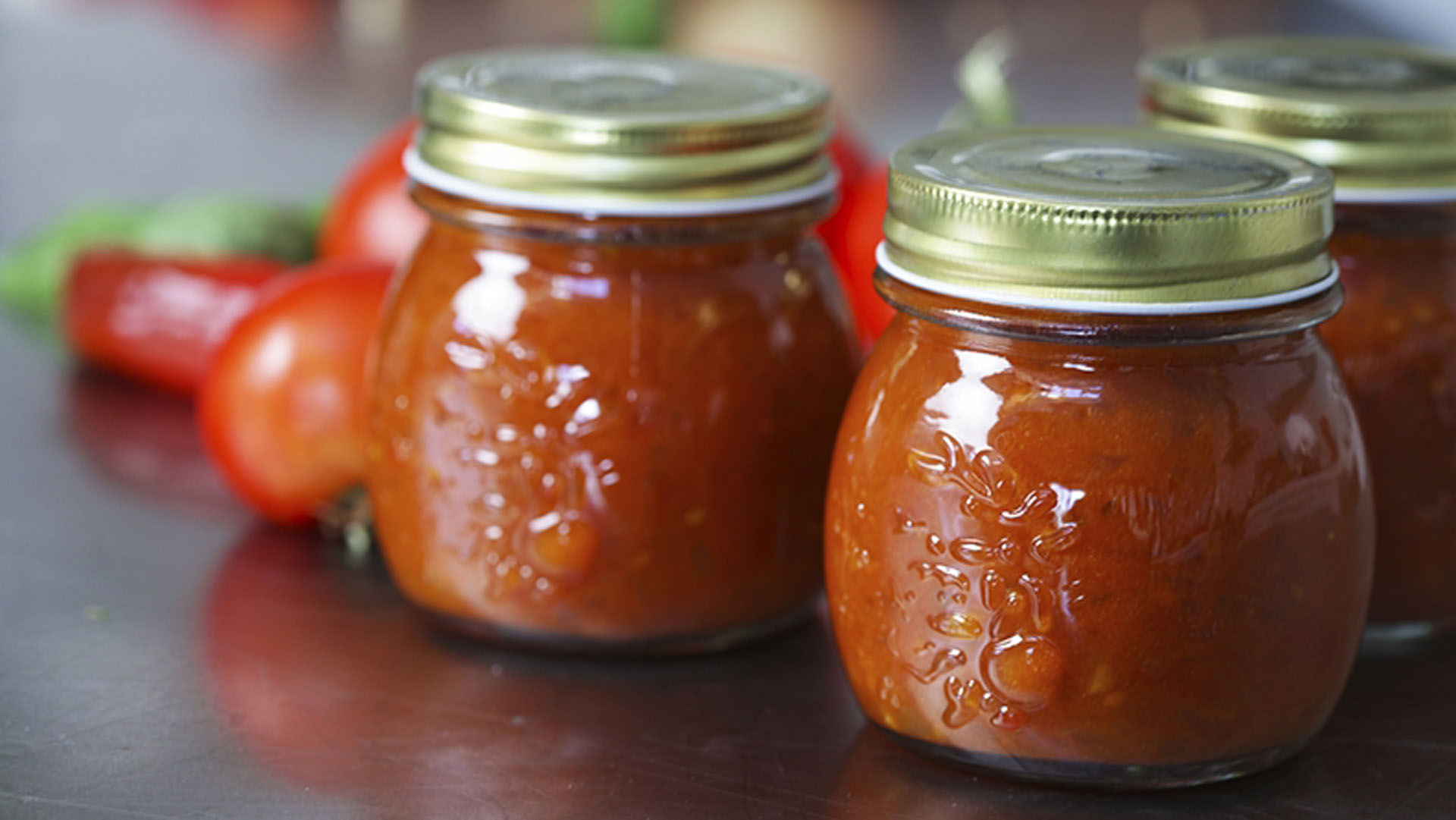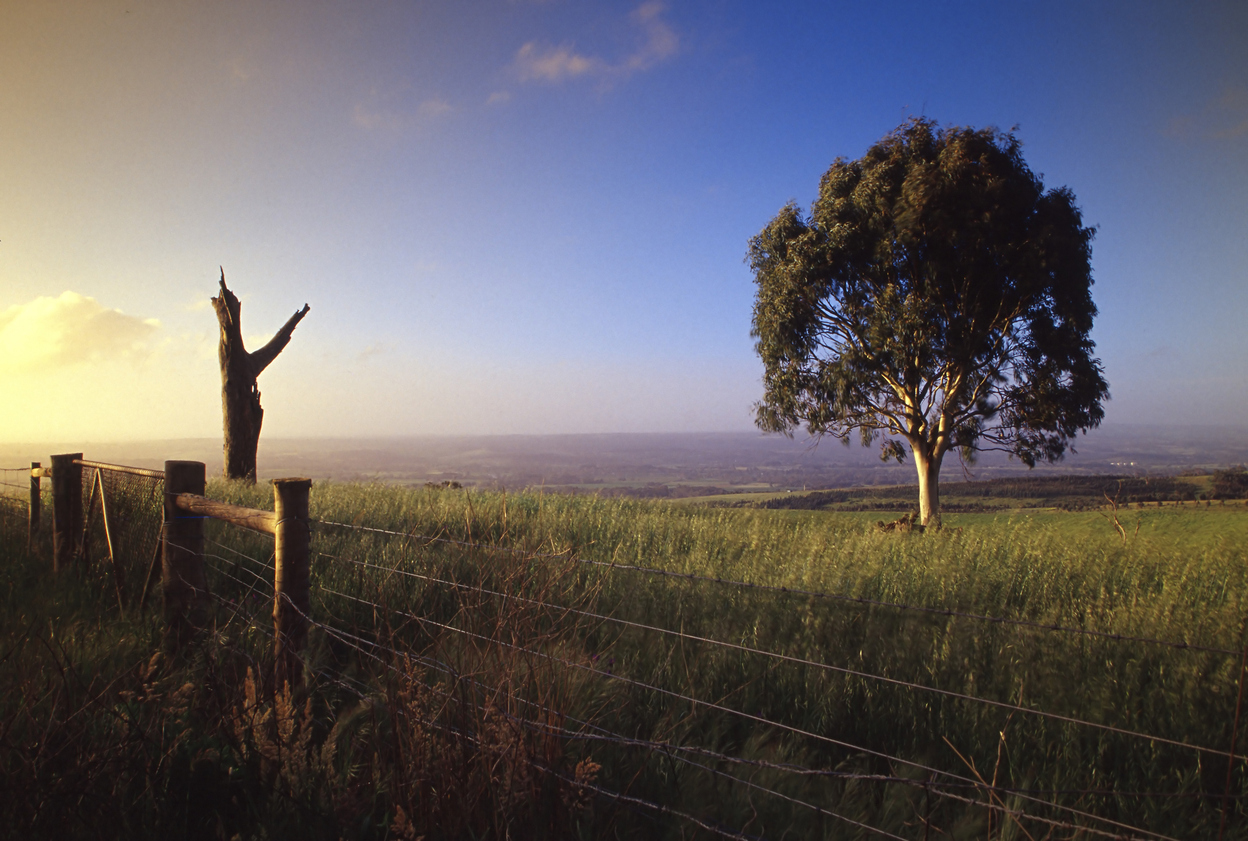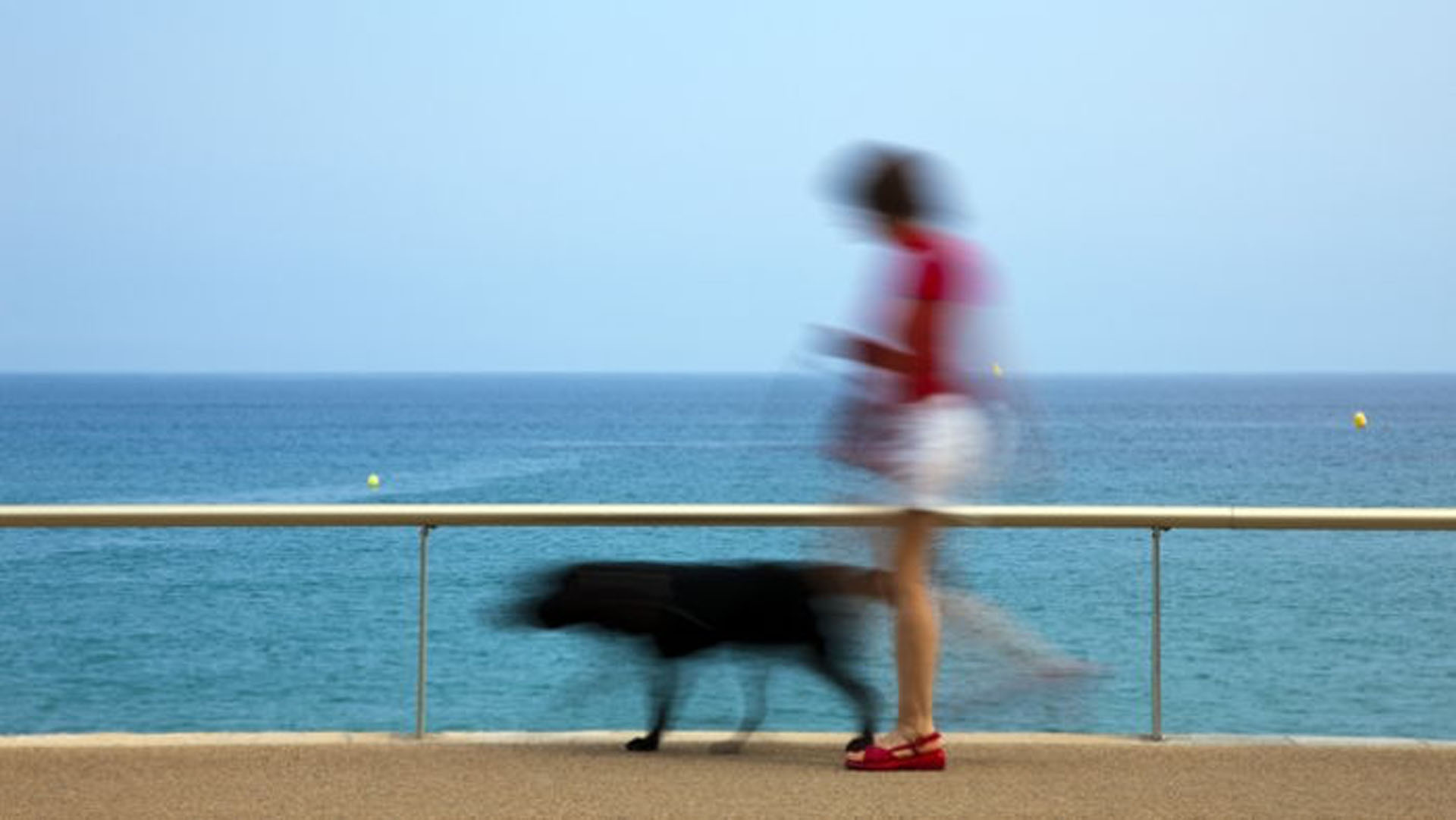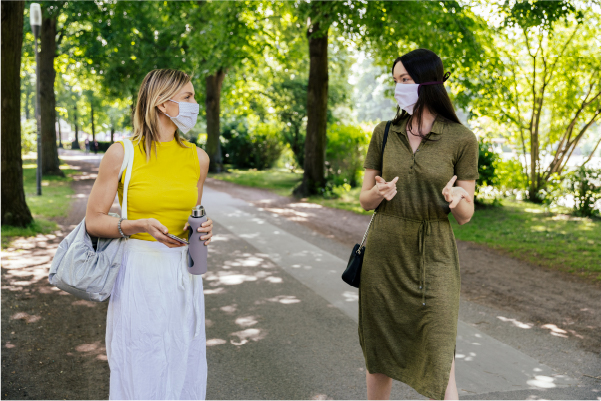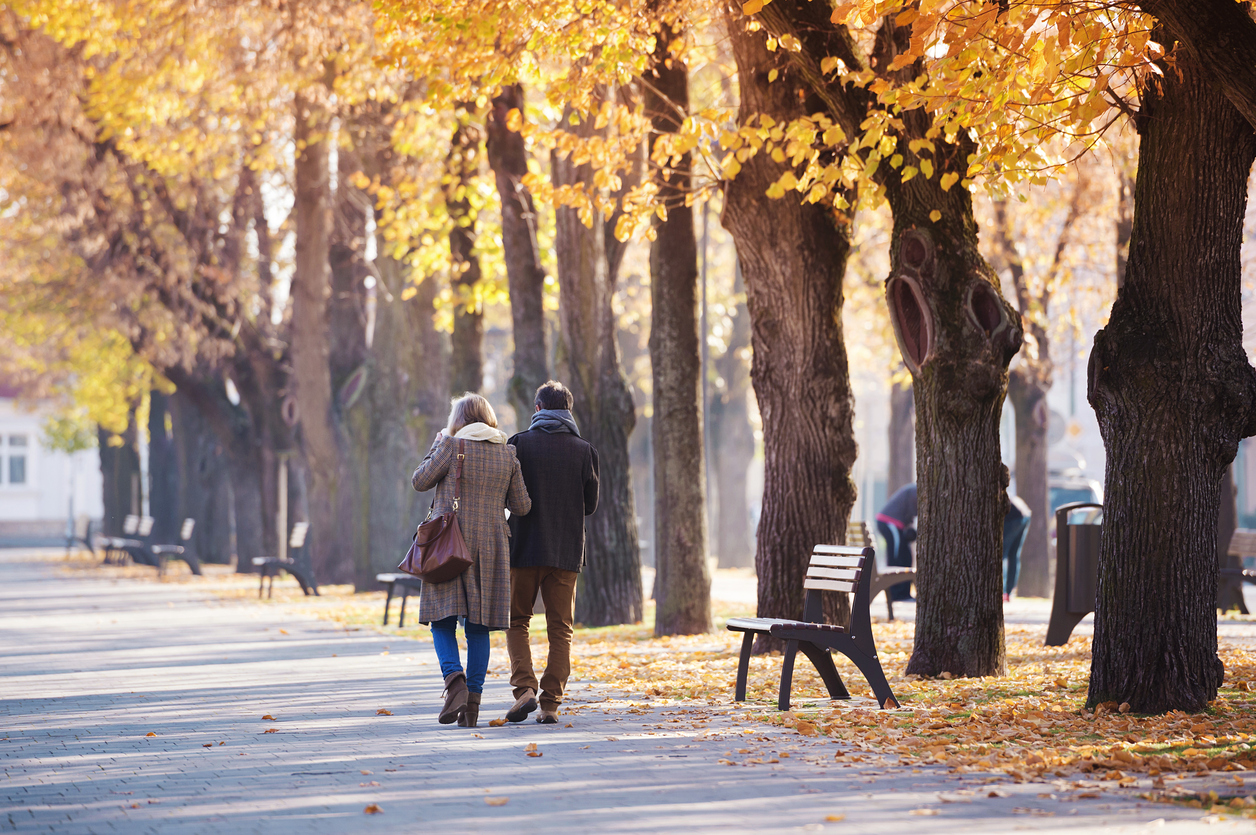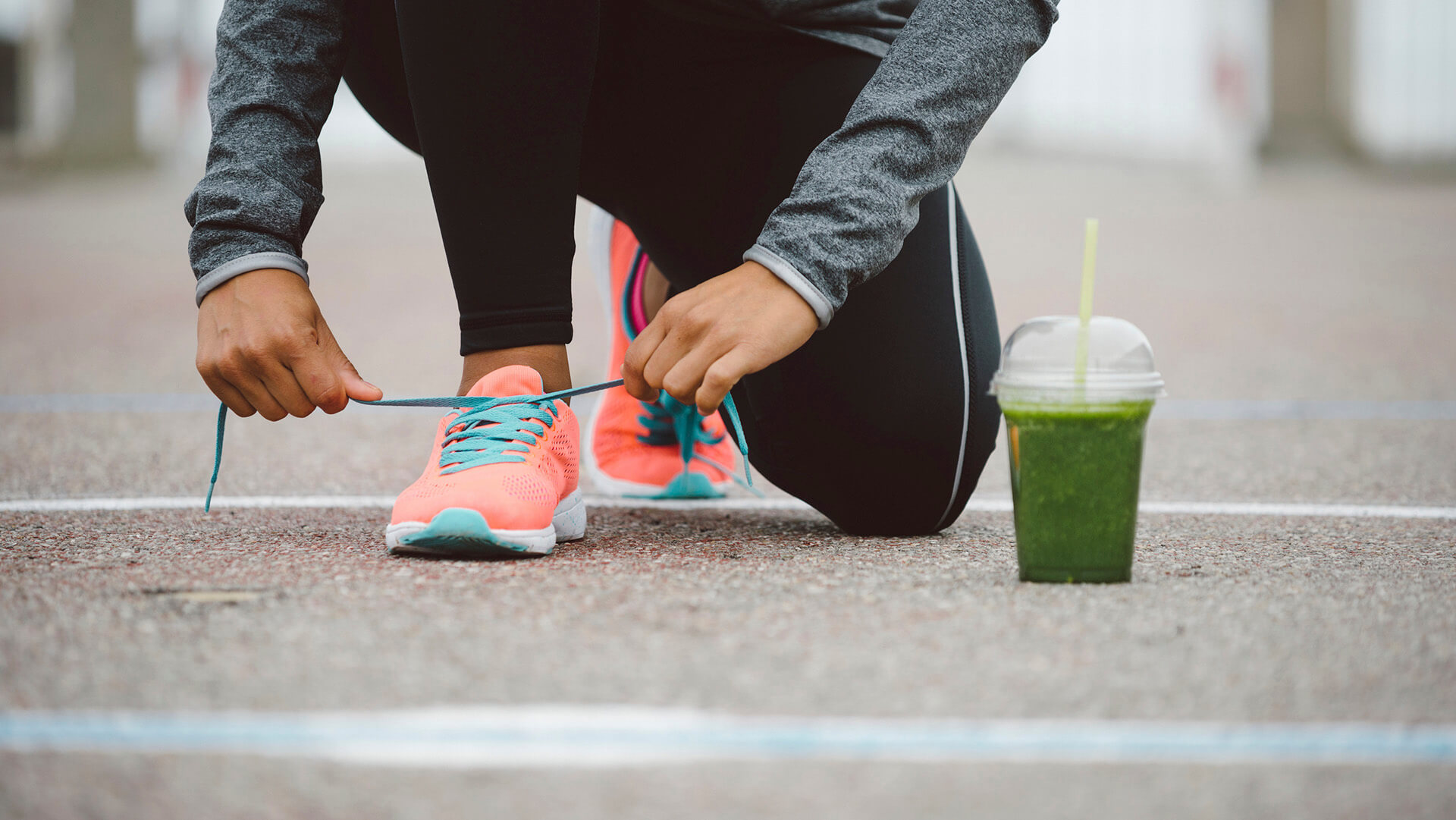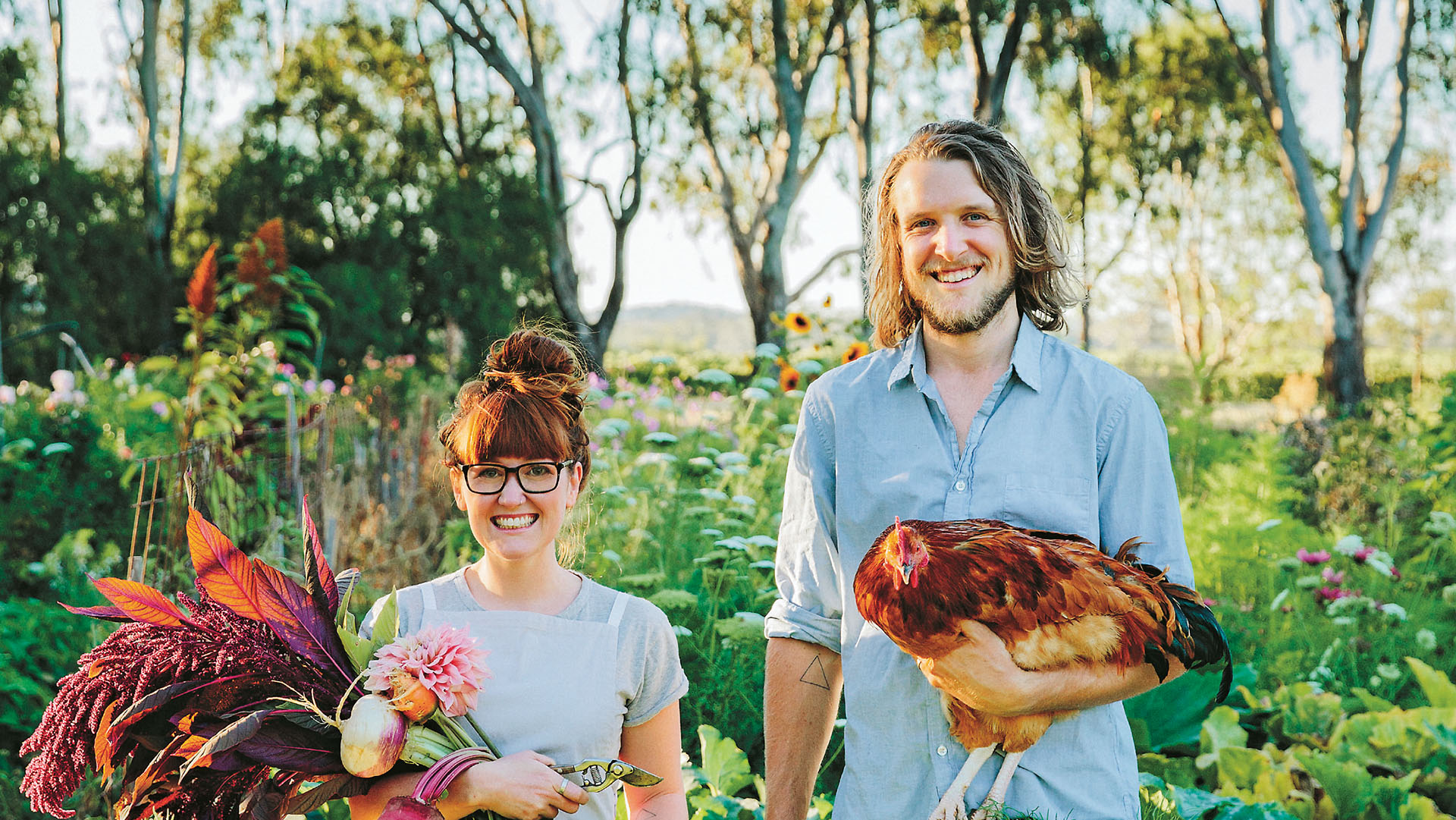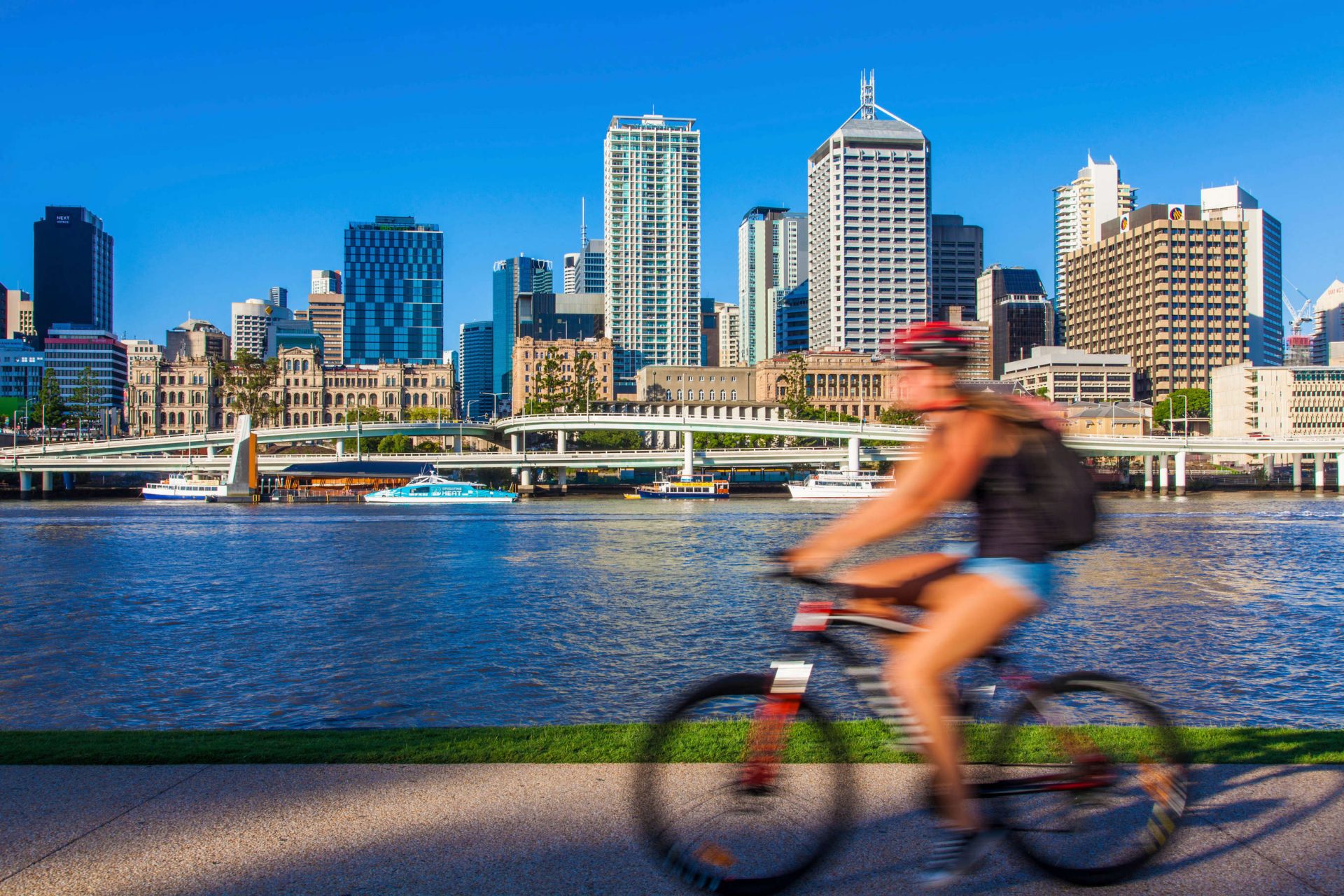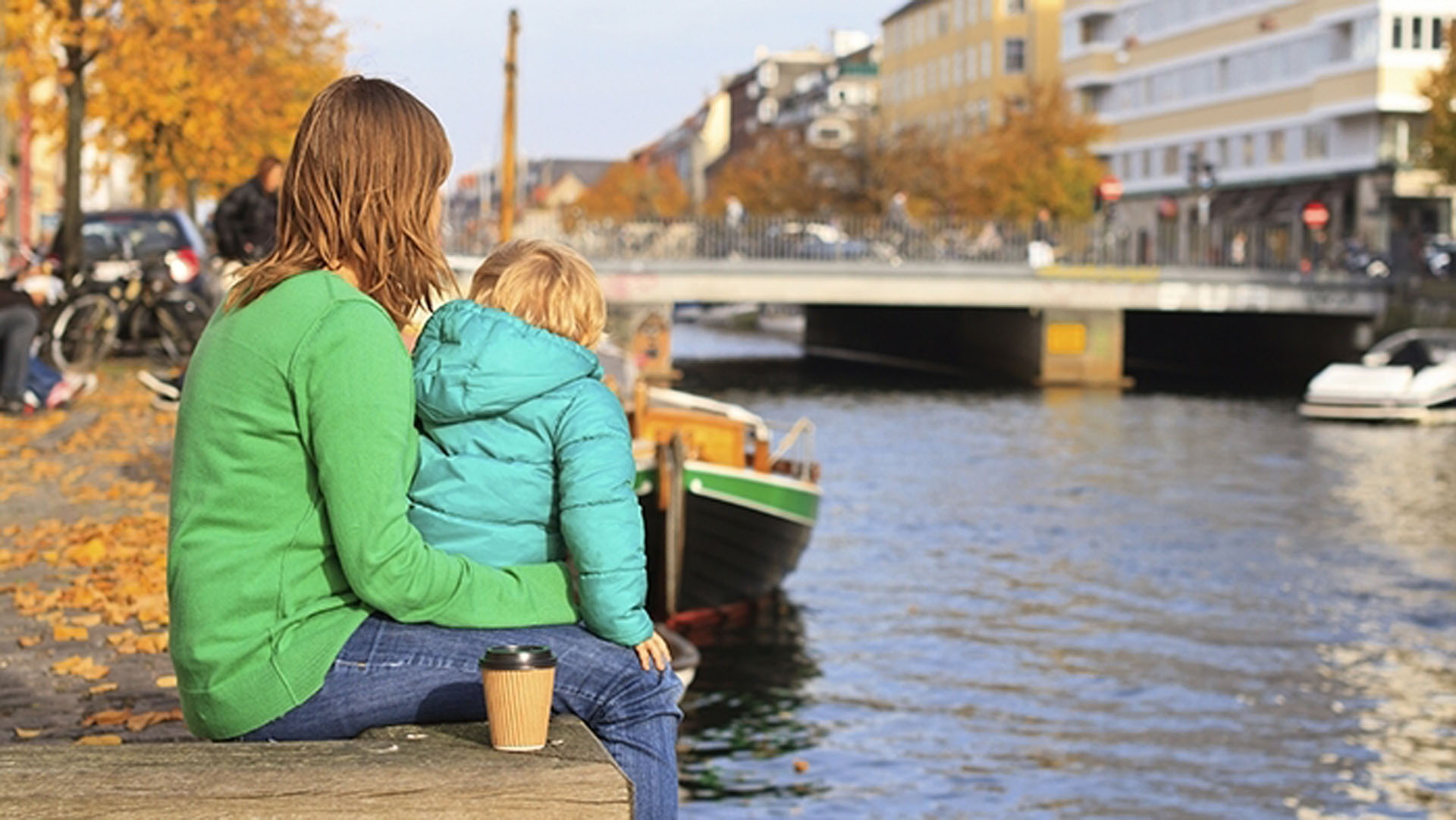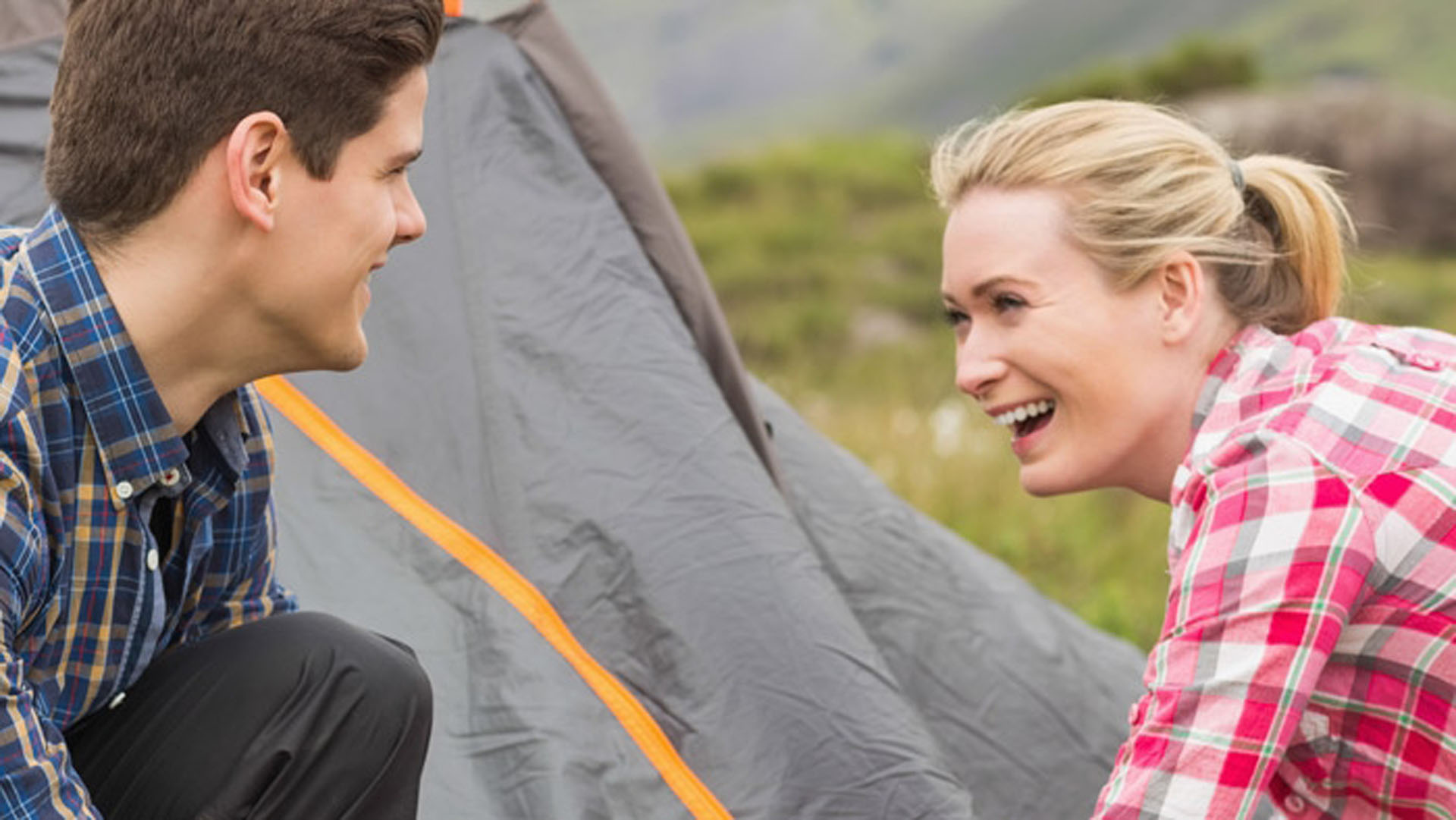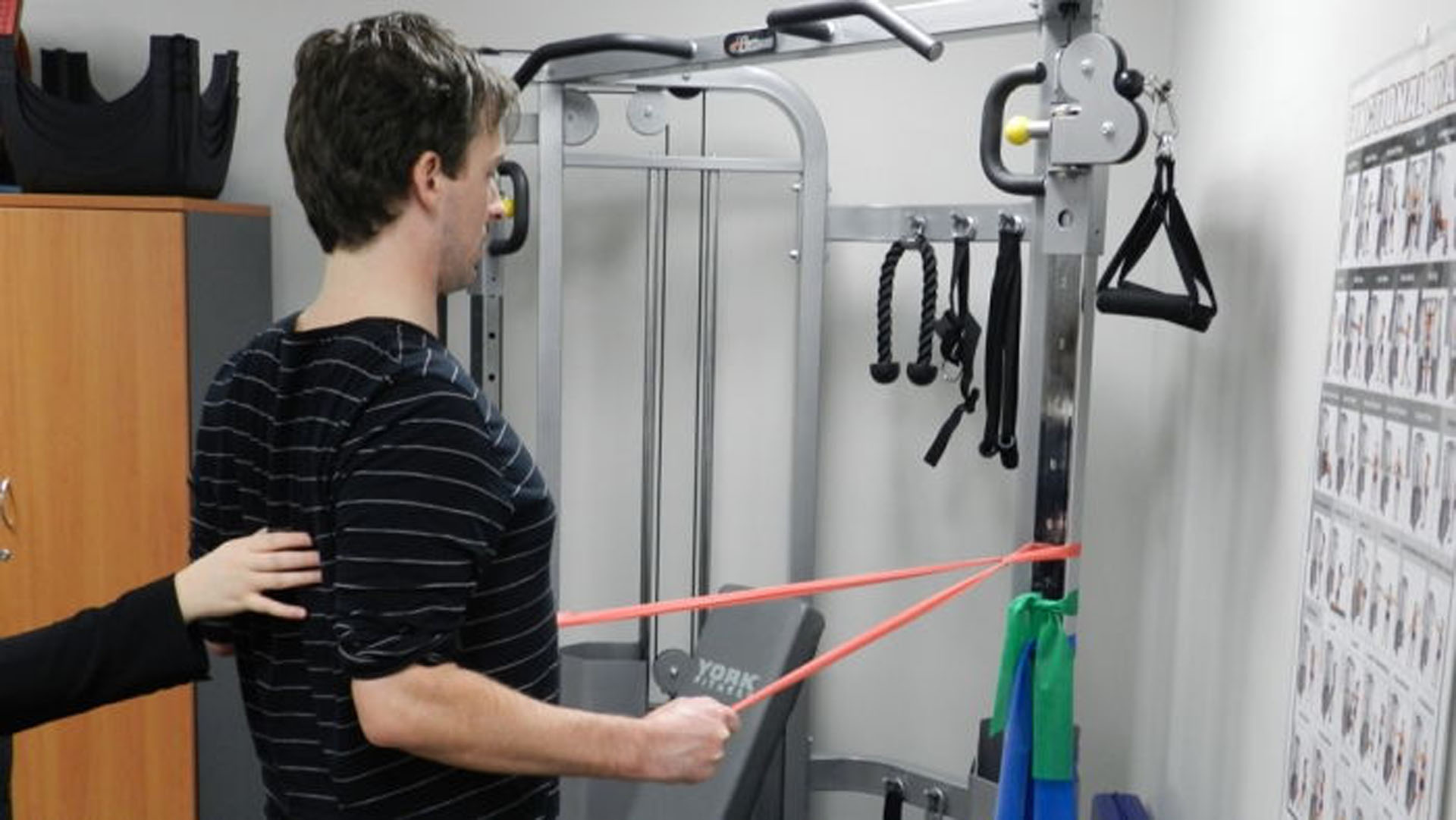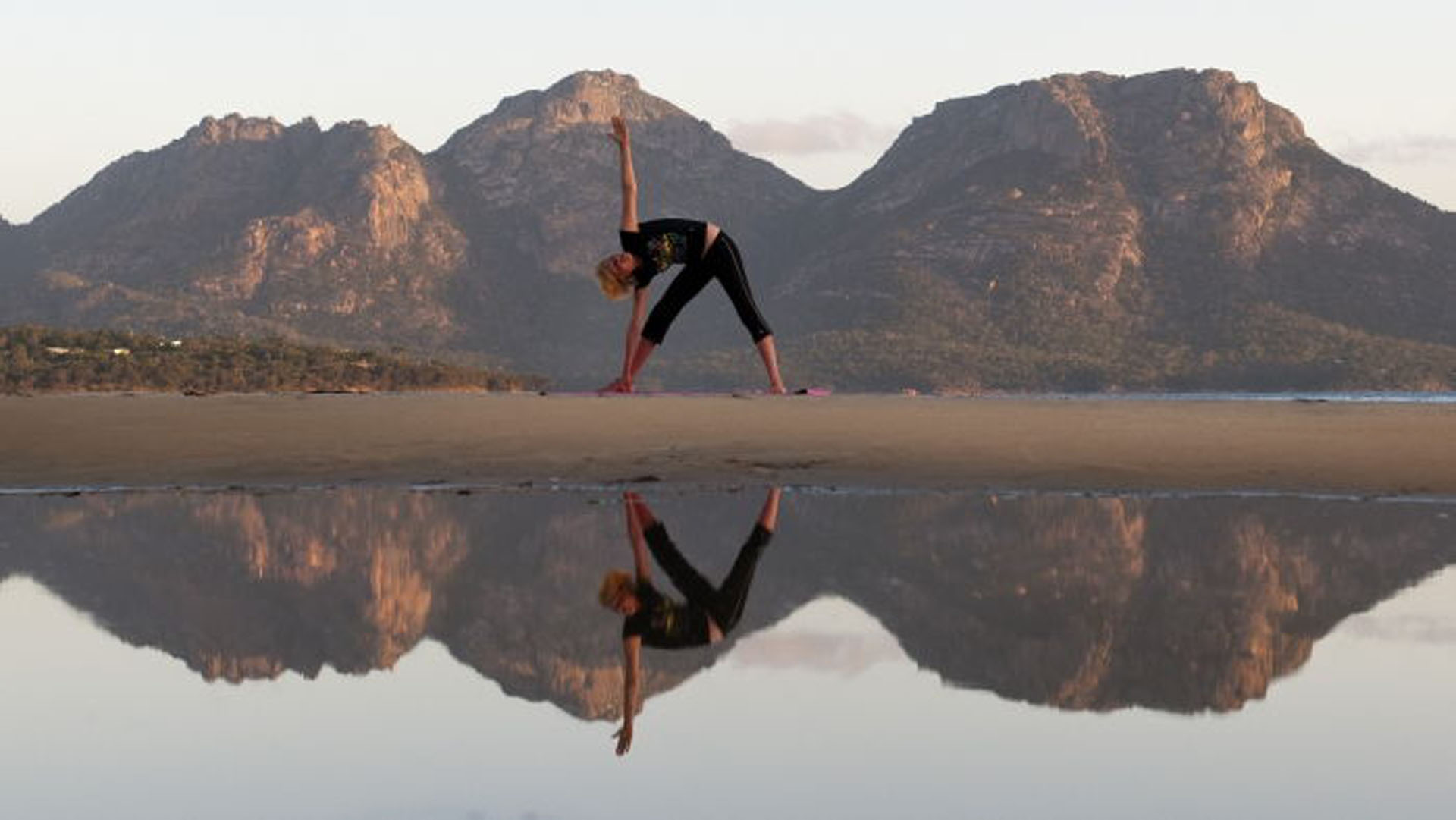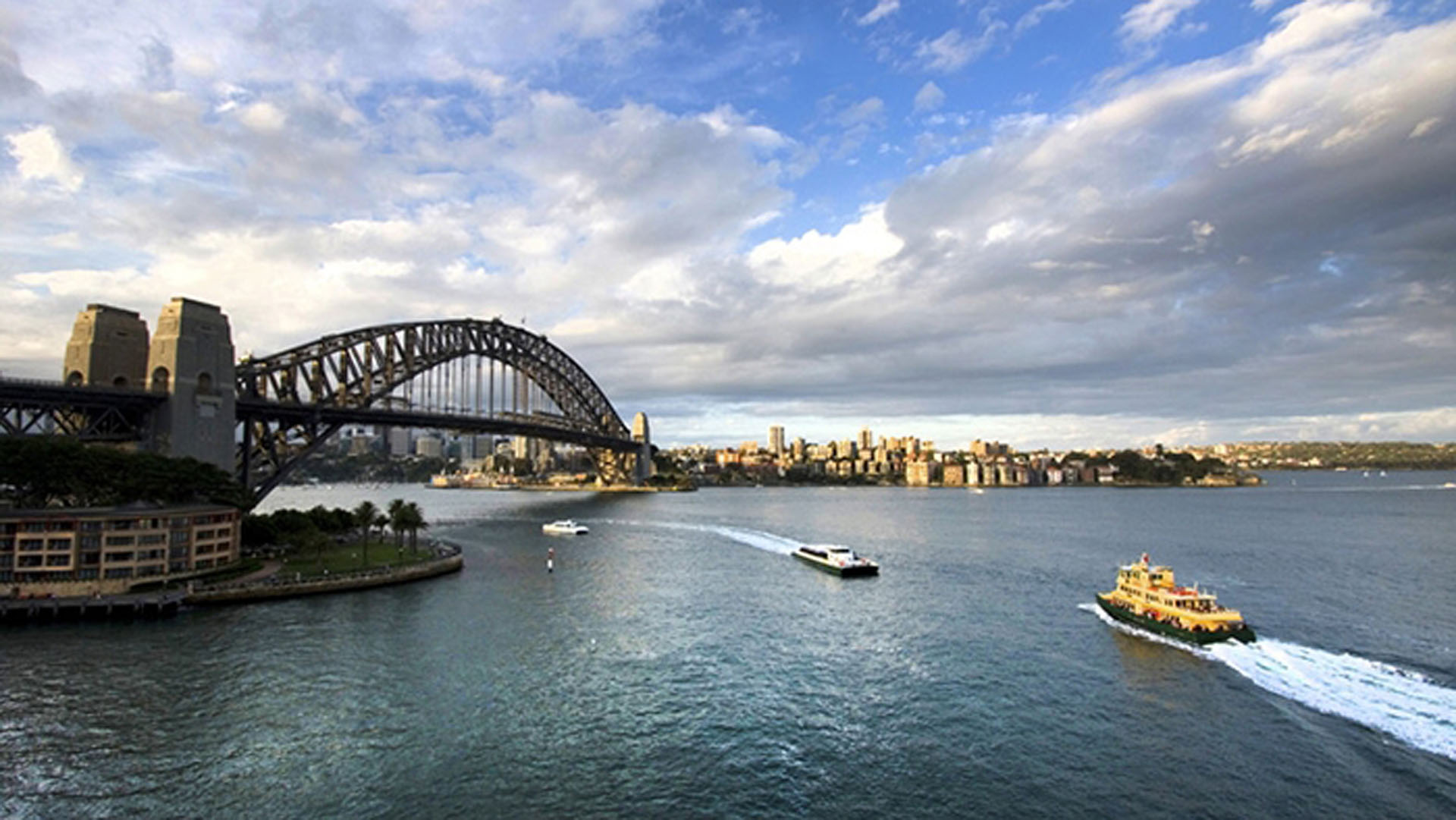-
Many of us make the time for things like exercise and healthy eating because we’re aware of the health benefits. But with more and more Australians living in urban settings, plenty of research now shows we are neglecting another very healthy activity – engaging with nature.
Nature engagement might be as simple as visiting your local park, doing some gardening or walking your dog. But such simple activities can have profound results. So in our increasingly urbanised world, how exactly can we benefit from spending more time in nature?
Why is nature good for us?
Dr Justin Lawson of the Health, Nature and Sustainability Research Group at Deakin University explains there is strong evidence to suggest that “people have significant positive emotional experiences when immersed in nature; feeling calm, elated, rested, rejuvenated and even experiencing spiritual fulfilment.”
A small study of 112 young adults led by Terry Hartig of Uppsala University demonstrated that as well as decreasing feelings of anger and aggressiveness, walking in a natural environment could led to a reduction in blood pressure.
Dr Tristan Snell, lecturer in the Master of Counselling course at Monash University, says there are many studies demonstrating how our “levels of stress and capacity to focus attention” are impacted by engaging with natural environments.
The ever-increasing levels of noise and pollution in Australian cities and suburbs mean there is also an ever-increasing need for green spaces that allow people to escape the constant stresses of living in such busy places.
City stress
In a 2011 study from Germany’s University of Heidelberg, researchers found that people who have grown up in urban environments are more likely to experience social stress. Additionally, mood and anxiety disorders are more commonly suffered by those living in cities, as shown in a 2010 study from the Arkin Mental Health Institute Amsterdam.
This may not surprise many of us residing in urban areas – sometimes the noise, the people, and the fumes can all be a bit much – but evidence now presents a strong case for making our cities more liveable in a very green way, for us and our children.
A small experimental study from Norway’s Telemark University College, published in Landscape and Urban Planning, found that after playing in and exploring natural play areas, children between five and seven years of age showed improvements in their motor abilities.
Making our cities green
According to Professor Sarah Bekessy of RMIT’s School of Global, Urban and Social Studies, designing more green spaces in our cities should be considered “a low-cost public health initiative.”
Some of the most significant ways that more green space can impact human health are through temperature regulation that makes cities cooler in times of extreme heat, and helping in the management of stormwater run-off.
Professor Bekessy believes the creation of more urban green spaces presents an opportunity to also enhance the native biodiversity of our homes, ensuring that our cities remain uniquely Australian.
“The opportunity to have biodiversity in our cities is not only good for human health, but can also be a real way of reenchanting people with nature that is local to that place,” she says.
A 2010 study lead by Dr Felicia Keesing of New York’s Bard College determined that biodiversity loss can increase the rate of disease transmission amongst host species, but further research is needed to determine the causal relationships and longer impact on humans and other animals. Protecting biodiversity may therefore be an effective strategy to combat the spread of disease and keep us healthy.
Dr Justin Lawson also describes the benefits of urban green spaces, explaining that they can promote physical activity and add aesthetic value. “People are generally attracted to beauty,” he says. “Green space can offer a range of beautiful environments that again provide positive mental health outcomes.”
How to bring nature into your life
So what are some easy ways to bring nature into our lives? Here are some tips and tricks from the experts on how to engage with nature:
- Plant a garden at home, or get involved in a local community group that protects and maintains a natural habitat in your local area. This will increase your physical activity and time spent outside, while also bettering the green spaces in your town or suburb.
- Bring plants into your office and home. These will enhance the aesthetic appeal of where you work and live and improve air quality. Even apartments don’t have to be nature-free, Professor Bekessy says. Indoor plants, balcony gardens, and green courtyards can make a huge difference.
- Exercise outside. Instead of spending time in an indoor gym, Dr Snell advises doing workouts outdoors. You need to exercise anyway, so why not maximise the health benefits by doing so in nature?
- Have a pet if possible. Dr Lawson says the relationships we form with animals can lead to increased physical activity, such as dog-walking, and positive feelings of connections with another being.
- Display images of nature at home and at work. These might be photos or artworks of places you’ve been to or places you’d like to visit in the future – like a bucket list of green places that will motivate you every day.
How does nature boost your health and happiness?
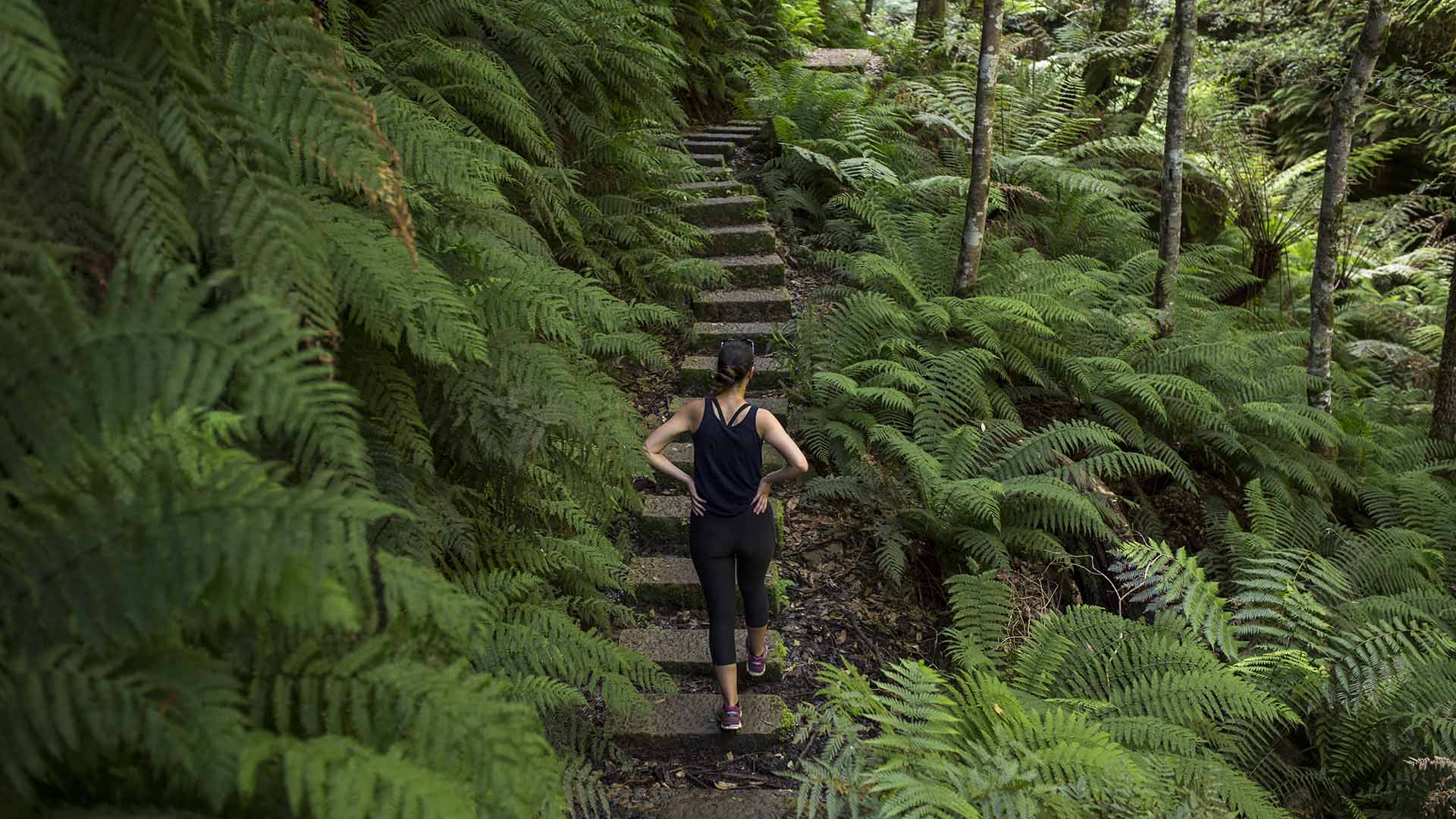
-
How is ‘phubbing’ hurting your relationships?
Here’s how to stop phubbing and be more mindful of your phone habits, to help improve face to face interactions with your family and friends.
-
Are the winter blues real?
Simple ways to boost your mood in winter.
-
Mental fitness explained
Just as you work to strengthen your body, your mental health deserves attention and exercise too.
-
Signs it's time to visit the dentist
Nobody wants to go. But there are good reasons to – promise.
-
The 7 best sleep apps
7 apps for deep restorative sleep
-
Are you getting too much blue light exposure?
Vision Eye Institute ophthalmologist Dr Lei Liu explains.
-
How to treat tired, dry or itchy eyes
Ophthalmologist Dr Mark Jacobs explains how to find relief.
-
How to build emotional resilience
5 tips to build emotional resilience
-
How to build emotional resilience
5 tips to build emotional resilience
-
8 ways to embrace autumn
Autumnal activities to inspire you
-
How do you support employee wellbeing goals?
Learn how to make wellbeing goals work.
-
6 healthy and festive family activities
From treasure hunts to homemade presents
-
5 ways to help your employees recharge
Tips to support your employees wellbeing these holidays.
-
Does the early bird really get the worm?
Is waking up early better for you? We explore what the science says and how to get the best night's sleep.
-
Raising resilient kids
Being able to bounce back when life throws a curve ball has obvious appeal, but the benefits of resilience are broader than you might think. Discover why building resilience in children is so worthwhile and what you can do to foster it.
-
5 ways to help employees return to the office
COVID-19 safety plans and on-site incentives are two of the ways to help your employees feel more comfortable about returning to the office. Read on to find out the rest.
-
The benefits of a connected workforce
Employers of socially connected workplaces see higher levels of employee loyalty, engagement and productivity, research shows.
-
What to do if your child is being bullied
-
How to create connection opportunities at work
Australian employees want more connection opportunities at work. Here’s what employers can do about it.
-
How to care for your pet through winter
When you rug up this winter, don’t forget about your furry friends. Read more to learn how to take care of your pet this winter.
-
Help your staff support their immunity
Tips to help support the immunity of your staff this winter.
-
7 essential winter skin care tips
Keep your skin healthy and glowing with these tips.
-
Divorce, downward dog and the happily ever after
Divorce with a side of downward dog anyone? How about co-parenting with Chi? A movement towards amicable divorce and separation is emerging, as more people discover ways to find their Zen during a breakup.
-
Rolling with the unexpected changes children throw into your relationship mix
We spoke to real couples and relationship experts to get their top tips on why you need to prioritise your partner, make time for yourself and get in there and change the damn nappy if you want to keep the spark alive.
-
How to help your workplace stay on top of the winter blues
Keep your workplace upbeat, boost morale and enhance productivity this winter.
-
Your 5-minute plan for a healthier day
Wake up on the right side of the bed everyday
-
Captain Sanitiser on the road for Indigenous youth
-
5 tips to encourage your employees to have a mindful day
How to guide your team to find moments of calm and clarity, even on their busiest days.
-
What’s your goal for the Lunar New Year?
Get tips on how to set realistic goals you can achieve in year of the Ox.
-
Rethink the drink: separating alcohol facts from fiction
Busting alcohol related myths
-
LARP’s secret weapon
Incidental exercise, community bonds, and live action role playing.
-
Living better your way
How do you live better? Is it by live action role playing, listening to heavy metal music, or something else?
-
Top 10 holiday destinations for families in Australia
Are you and the kids ready for your next getaway? Discover the top 10 holidays for families in Australia which include lots of outdoor fun. Learn more now.
-
Making up for 131 million hours of lost dance with the World’s Fittest Dance
Medibank is encouraging Australians to live better through a nationwide dance experiment.
-
Having a LARP
Finding yourself through live action role-playing.
-
Should I get a pet? How owning a pet can improve your life
If you’re thinking about getting a pet but you’re not sure, we break down some of the benefits to help make your decision easier.
-
4 random acts of kindness you can do today
Small gestures of kindness to brighten someone's day.
-
How to handle your alcohol consumption during COVID-19
How to keep an eye on your drinking.
-
National Reconciliation Week 27 May – 3 June
Joining RunRona to raise funds for health promotion in Aboriginal communities.
-
Working from home… when the family are all home
Tips on how to best manage your work and your caring responsibilities during this difficult time.
-
Activities you can do with your kids (or grandkids) at home
Activities you can do with your kids at home to liven up the day.
-
Staying connected at a time of social distancing
How you can practice social distancing without feeling isolated.
-
How you can stay healthy while working from home
Our guide to staying well while you work from home.
-
Close the Gap
It’s time to prioritise Indigenous Health.
-
Morocco travel guide
What to see, eat and do in Morocco.
-
3 simple ways to improve your family’s health
Achieve better health for the whole family
-
The best mediterranean cruises
The best mediterranean cruises for the family, the explorer and the lovebirds.
-
Is laughter really the best medicine?
There's some truth to the saying.
-
Overwhelmed? Here’s how to beat stress and find focus
Psychologist Alison Hill shares how to boost productivity – and your wellbeing.
-
Tips to transform your health and wellbeing in 2020
Now is the time to set new goals.
-
4 random acts of kindness you can do this festive season
Spread joy this festive season with 4 simple acts of kindness. Learn how small gestures can boost your mental and physical health while making a difference.
-
OneWave Bondi’s local legend
Cedric is reaching out to those in need.
-
Out of emergency and into the ocean
This doctor is supporting mental health awareness one Fluro Friday at a time.
-
Surfing, music and finding your tribe
Professional musician Billy Otto shares his OneWave story.
-
Learning to cope with intense feelings
Psychologist Dr Patricia Zurita Ona shares some advice.
-
Random acts of kindness you can do today
Our top tips to bring more kindness into your day.
-
From big waves to Fluro Fridays
Rusty Moran is helping the Gerringong community.
-
Leading the OneWave tribe of Woopi
Lisa Nichols shares her story.
-
Finding a Fluro Fridays family
Here’s how Steph found her OneWave family.
-
Life insurance and your medical history
Here's what you'll need to disclose when applying.
-
The best travel stopover destinations
Break up a long plane trip, and cross another destination off your bucket list.
-
The best travel stopover destinations
Break up a long plane trip, and cross another destination off your bucket list.
-
What your waistline measurement means for your health
Does yours measure up?
-
How to cut back on phone use
Does your smartphone rule your life? You’re not alone. Here’s how to start changing your habits and restore balance.
-
What to expect when you see a psychologist
Seeking help for mental health issues can be nerve-wracking – but don’t let that hold you back.
-
How can menopause impact your mental wellbeing?
Clinical neuropsychologist Dr Nicola Gates explains the brain-hormone connection, and how to feel better during menopause.
-
Your mindfulness problems, solved
Creating a regular mindfulness practice can take time. Mindfulness expert Dr Elise Bialylew offers solutions to some common obstacles.
-
A new reason to keep exercising as you age
New research has uncovered how exercise can boost mitochondria – the ‘powerhouses’ inside your muscle cells. The Garvan Institute of Medical Research’s Dr Andy Philp explains.
-
Natural light: A simple way to boost workplace wellbeing
There’s something so uplifting about natural light. It makes us feel brighter and happier, it boosts our energy, and it’s…
-
6 ways to keep your heart healthy
Look after your heart and it looks after you
-
How much water do you need each day?
How much water should you drink daily? Learn how individual factors like metabolism, activity level, and environment impact your hydration needs.
-
How natural therapies can support your health and wellbeing
From acupuncture to remedial massage; here’s how natural therapies can help
-
How I quit smoking: Josh's story
Five years on without a cigarette, Josh shares what helped.
-
Can music improve your mood?
Psychology professor Dr Nikki Rickard explains.
-
be. magazine issue 25: Rhythm
Read online or download your copy for free now.
-
How to set goals that matter
Why you should choose goals with your real values in mind.
-
Do you know these beach safety essentials?
Bondi Rescue's Trent Maxwell shares his top tips.
-
Succeeding at work as an introvert
You don’t need to ‘fake it ‘til you make it’.
-
Answers to the questions you can’t ask your boss
An HR expert takes on all your office faux-pas.
-
How to make New Year's resolutions you’ll actually keep
Set positive goals and celebrate progress.
-
Can strength training help improve breast cancer treatment?
Dr Sara Wahlroos explains her latest research.
-
Could you have sleep apnoea?
Here's what you need to know about this common disorder.
-
be. magazine issue 24: Play
Read online or download your copy for free now.
-
Why playtime is so important for kids
Deakin University play therapists share some ideas.
-
How to make slime for kids
A playful, gooey activity the little ones will love.
-
How to make playdough
Let your child's imagination run free.
-
Life, Income and Funeral Insurance: What’s the difference?
What you need to know about Life, Income and Funeral cover.
-
Life Insurance: fact vs fiction
Do you know about these common Life Insurance myths?
-
Do I need life insurance?
Ways to safeguard what matters most.
-
Life insurance: what’s in it for me?
Do you have the cover you need?
-
Is Instagram damaging your body image?
The ‘body positive’ movement is taking off on social media
-
Could you take a grown-up gap year?
Taking time out to explore and discover.
-
Can playing like a child make you a better adult?
Why we should all make time for dreaming and playing.
-
Can playing like a child make you a better adult?
Why we should all make time for dreaming and playing.
-
How to prevent and treat dental injuries
Dr William Ha shares some some tooth safety tips for sports.
-
What causes autoimmune disease?
The Garvan Institute shares some new exciting new research.
-
Can social media ruin your social life?
What’s social media doing to your mental state?
-
8 DIY cleaning products that actually work
All you need is a handful of simple home ingredients.
-
Keeping your kids safe online
How to address and prevent cyberbullying
-
be. magazine issue 23: Space
Read online or download your copy for free now.
-
Chemo at home: Liam's story
For Liam, having chemo at home has made all the difference.
-
Staying alive down under
How to stay healthy in Australia
-
Worried that you’re gaining weight at Uni?
We’ve got simple pro-active approaches to a common issue.
-
How to cope with winter sadness and depression
Psychologist Morag Paterson shares how to feel better.
-
Does calling home make you more homesick?
Here are tips to deal with feeling homesick.
-
How Mental Health First Aid training can help veterans and their families
Medibank is proud to support Australian veterans.
-
Adapting to big life changes
Ben Pettingill and Mike Rolls know a lot about resilience.
-
How to cope with losing a pet
When a loved pet dies, the grief you feel is very real.
-
The magic of laughter
Laughter is contagious in the best possible way.
-
The magic of laughter
Laughter is contagious in the best possible way.
-
Mindfulness: the secret to feeling more positive
Psychiatrist Dr Elise Bialylew explains.
-
How can you relieve dry eyes?
What causes dry eyes and how to deal
-
Simple steps to get in control of your finances
Finance professional Ted Richards shares some simple tips.
-
10 things you need to know about the body
Knowing your body can help you make better changes
-
12 ways to be happier
Proactivity in the pursuit of happiness
-
How do our eyes change at each life stage?
Like the rest of the body, our eyes change as we get older.
-
be. magazine issue 22: Change
Read online or download your copy for free now.
-
be. magazine issue 22: Change
Read online or download your copy for free now.
-
What can help with menopause symptoms?
Endocrinologist Dr Roisin Worsley shares some advice.
-
The joy of solo travel
Travelling alone could be the best thing you’ll ever do.
-
Could it be a sign of cancer?
Associate Professor Craig Sinclair explains.
-
Top Aussie adventures, whatever your budget
Get the most out of your time in Australia
-
Should you be worried about seeing floating spots?
Here's what you should know about eye floaters.
-
8 ways to improve your mental health
Take at least one step for your mental health
-
Love and protest: 40 years of Mardi Gras
Looking back over 40 years of pride, passion and activism.
-
Food for sleep
Sleep expert Professor David Hillman shares some tips.
-
Is strength-based parenting right for you?
Psychologist Dr Lea Waters explains this parenting approach.
-
The 6 most magical places to travel in 2018
Add these destinations to the top of your travel wishlist.
-
The 7 keys to setting effective goals
Creating an action plan may be simpler than you think.
-
Revealing the top 100 pet names of 2017
Revealing the top 100 pet names of 2017
-
Can your personality and habits change after 30?
New year, new you?
-
How I'm coping with cancer
At 35 years old, Bonnie was diagnosed with brain cancer.
-
Making connections: Medibank and Wadeye
Medibank has a special relationship with Wadeye, NT.
-
Fun ways to keep your pet fit
A walk in the park isn't the only way to get moving.
-
Your complete guide to choosing comfortable flat shoes
Podiatrist Emily Smith shares some expert tips.
-
Dating someone new? How to talk about mental health
How to talk mental health with the person you’re dating
-
6 ways to lose weight - and keep it off for good
Professor David Cameron-Smith reveals the science.
-
How to choose the best backpack
Don’t struggle under the weight – choose the right gear.
-
The best places to travel in Vietnam
Vietnam is full of timeless beauty to discover.
-
How to care for contact lenses
Tips from prevention to long-term solutions
-
How to make easy, natural home products
‘Granny skills’ advocate Rebecca Sullivan shares some ideas.
-
How to make easy, natural home products
‘Granny skills’ advocate Rebecca Sullivan shares some ideas.
-
How to care for your feet as you get older
Your feet need loving care, especially as you get older,
-
Is this the reason you're not losing weight?
Insulin resistance can make it hard to lose weight.
-
Spring cleaning your life
Quick tips for organising things in time for spring
-
Could you have fragrance sensitivity?
Do perfumes, scented lotions and deodorants irritate you?
-
How to live longer, better
The Baker Heart and Diabetes Institute shares some tips.
-
How can diabetes affect your eyes?
Your guide to diabetic eye disease.
-
Easy ways to recharge your morning routine
Wake up bright and early and get more from your mornings.
-
Understanding your dog's body language
Ever wondered what your furry bestie was trying to tell you?
-
What's your cat really trying to tell you?
Ever wondered what your furry bestie was trying to tell you?
-
The low carb diet – myths and facts
CSIRO researcher Grant Brinkworth explores the science.
-
The low carb diet – myths and facts
CSIRO researcher Grant Brinkworth explores the science.
-
Is there a mind-gut connection?
More research suggests eating well may help lift your mood.
-
What really happens during each stage of sleep?
A look at the science of our sleep cycles.
-
Can probiotics help with Irritable Bowel Syndrome?
Get to know the workings of Irritable Bowel Syndrome.
-
When diabetes leads to emotional distress
A recent report reveals the emotional impact of diabetes.
-
Marketing takes a pause for a good cause
The team rolled up their sleeves for charity
-
Pancreatic cancer: What you need to know
Professor David Thomas explains the facts you need to know.
-
Natural secrets for clear, healthy skin
Nutritionist Samantha Sargent shares some tips.
-
A smarter way to lose weight
-
Do you have too much stuff?
Collecting experiences, not things, makes you happier.
-
5 of the most beautiful hot springs around the world
Soak yourself in these rejuvenating pools around the globe.
-
5 natural tips for better skin (that don’t cost the earth)
The holistic guide to clearer skin
-
How well is your workplace?
Lifting the lid on corporate welllbeing
-
Goal setting 101: A psychologist's hacks
The science-backed secrets to getting the results you want.
-
Goal setting 101: A psychologist's hacks
The science-backed secrets to getting the results you want.
-
10 weight loss goals to focus on (that aren’t your weight)
Don't be a slave to a number.
-
New breakthroughs in breast cancer research
The Garvan Institute of Medical Research shares the latest.
-
Blizted 'em! How Peter FitzSimons lost 45 kg
The sports writer shares his lessons learned.
-
Private island buyer’s guide to the Philippines
Imagine making one of these 7,100 islands your own retreat.
-
3 ethical conservation projects to check out in Malaysia
Get close and personal with beautiful rainforest creatures.
-
5 South African safaris for all tastes and budgets
Get up close with lions, elephants, leopards and more.
-
Dragon spotting in Indonesia
Discover amazing creatures in Komodo National Park.
-
The best ski resorts in China
When you’re planning a trip to China, skiing probably isn’t the first thing on your to-do list. In fact it’s…
-
Staying safe while seeing South Africa
Is South Africa really dangerous?
-
Lombok: Bali’s quiet cousin
The perfect tropical break.
-
The ultimate festival of wine
Marvellous things happen in central eastern France.
-
Inside Intramuros: the walled city of Manila
Why you need to visit Manilla's secret walled city.
-
The coldest hotel in Canada
Every winter the Hotel de Glace is freshly built from ice.
-
Travelling to India for the first time
Bright, majestic India can be a culture shock.
-
10 useful Māori words and phrases for travelling in New Zealand
Your handy Māori cheat sheet.
-
Singapore: Ecotourism in the big city
Go beyond the skyscrapers and discover rainforests, wetlands and a unique night safari.
-
7 must-have travel apps
The best apps for planning and navigating like a pro.
-
7 must-have travel apps
The best apps for planning and navigating like a pro.
-
What vaccinations do I need for Malaysia?
A short list of the most relevant diseases to immunise against when travelling to Malaysia.
-
Cloud Forest: The tropical rainforest inside a city
Enter the world’s best greenhouse.
-
A conflicted community
Colombian mountains armed forces conflict
-
The effects of kindness
Can a lawyer change his life by reading a short stack of self-help books in one week?
-
The human heart: An introduction
The average human heart beats 100,000 times a day
-
The human heart
In the big band that is the human body, the heart is obviously the drummer.
-
The human heart
In the big band that is the human body, the heart is obviously the drummer.
-
5 essential things to do before travelling to the USA
The USA can be a little different to other countries. Here’s how to prepare.
-
The off switch
Transcendental meditation has enlightened and divided since it made it mainstream in the 60s.
-
The off switch
Transcendental meditation has enlightened and divided since it made it mainstream in the 60s.
-
Brainy facts
There are over 170,000 kilometres of nerve fibres in your brain. Enough to wrap around the Earth 4.5 times.
-
How I found real friendship and community online
Online communities can be unexpected places of support and friendship.
-
5 lesser-known extreme sports to try in New Zealand
Thrill-seeking adventures for when you've done it all.
-
Sign of affection
Why the love heart is the most iconic icon of all time
-
Mind games
Awarded memory champion Tansel Ali can memorise entire phone books.
-
Forces of nature
Mind-altering plants to change perception.
-
The importance of cross-cultural cancer communications
The Cancer Council Victoria explains why knowledge is power.
-
CancerAid: A new tool for cancer patients
A new app brings a personalised touch to cancer treatment.
-
Travelling with your pet – or leaving them behind
Making travel plans as a pet owner takes a little extra thinking. Here’s how to keep your furry friend happy and safe, whatever you choose.
-
7 things I learnt from a 7-day digital detox
Could you use a break to disconnect and recharge?
-
Bowel cancer: 5 facts every man should know
Bowel symptoms aren't the most fun topic of conversation – but knowing the facts could save your life
-
Refreshing summer herbal tea ideas
Naturopath Maya Muckalt on the goodness of tea.
-
Sydney Story Factory
A creative writing centre that provides workshops for kids
-
5 signs you might need to see a podiatrist
Are you experiencing any of these foot problems?
-
7 apps to make you happier
Apps to improve your lifestyle
-
What it's really like to float in a sensory deprivation pod
Here’s what to expect from your float tank experience
-
How to support a loved one through cancer
Experiencing illness affects everyone, and can be a very stressful time.
-
Sun protection clothing: A stylish way to stay sun-smart
Sun protection is vital all year round, and especially in summer.
-
Can urban greening make us happier and healthier?
More green, leafy spaces in urban areas may help improve mental health and happiness
-
7 ways yoga can help you beat stress
Recharge your mind and stretch out your body
-
Visit Glenmore House: A garden in full bloom
Visit the charming Macarthur estate while in full bloom
-
Indoor skydiving: Flying without the fear factor
Skydiving - minus jumping out of a plane
-
What is single sided deafness?
The impact of single sided hearing loss
-
How essential oils can help you relax and recharge
Boost your wellbeing with essential oils
-
Immunotherapy and cancer treatment
Professor Stuart Tangye from the Garvan Institute explains
-
When clean eating goes too far
How healthy is too healthy?
-
Why you need basic first aid skills
Here’s why first aid is an essential skill
-
5 relaxing yoga poses for the work week
Soothe your mind and body after a long, hard day of work
-
8 things you should know about preventing disease
Expert advice on preventing disease
-
How to keep your liver healthy
Give your liver some loving care
-
CareComplete: Support for chronic health conditions
How Medibank helps members with chronic health conditions
-
Making the decision to Donate Life
Organ donation can be uncomfortable to think and talk about. None of us want to imagine being in a position…
-
Onsen Ma: Soaking and shiatsu
Japanese bathhouse meets Melbourne Laneway
-
What the Merry Medic knows about health
Why the human body is magical to the Merry Medic
-
The best way to care for your teeth
How to care for your teeth beyond brushing
-
Laser eye surgery alternatives
6 alternatives to laser eye surgery
-
10 fitness and wellbeing podcasts to get you inspired
10 wellness podcasts that motivate and stimulate
-
Words of the wise
A treasure trove of life-lessons and inspiration
-
Wayapa: Mindfulness and movement
Wapaya connects earth, body and spirit
-
Growing young Koorie health ambassadors
Coach - Growing young Koorie health ambassadors
-
Forecasting the future of health
How to use Medibank forecasts for better health
-
How happy is your melon?
Happy Melon studios on the benefits of mindfulness
-
The 10 best places to eat and play in Tokyo
Top tips from Tokyo based blogger Hello Sandwich
-
Moved to make a difference
Friendly Moving Men take action
-
The 10 best places to travel this year
10 destinations calling your name
-
Conscious threads
The 'why' behind clothing label Patagonia
-
Your child’s emotional development – and how to enhance it
Expert tips on parenting for a happier home
-
How to deal with uncertainty
How surrendering to uncertainty can be positive
-
On-screen dementia support
How telehealth technology can evolve dementia care
-
Modern family
The stats on how Australian families are evolving
-
6 post-Mardi Gras hangover tips
Hangover help is on its way
-
Protect your hearing
Steps you should be taking to prevent hearing loss
-
How to grow a better garden
Tips and inspiration for gardeners of all levels
-
What I learned from a month without sugar
Medibank member Kamna shares her sugar-free story
-
Keeping up with the kids
These grandparents feel younger than yesterday
-
How to quit smoking
You know it’s hard - but it’s time to try again
-
The secrets of a healthy lifestyle
The secrets of a healthy lifestyle
-
Healthy partnership with Sydney Mardi Gras
Medibank support Sydney Gay and Lesbian Mardi Gras
-
The challenge to end childhood obesity
Medibanks commitment to growing healthy kids
-
6 ways to beat menstrual cravings
Got chocolate cravings? Here's why
-
Kara Rosenlund: The call of home
Australia’s most intriguing offbeat interiors
-
Why you should visit Lombok
Meet Lombok - monkey forests, waterfalls and spas
-
Eat and play in New Zealand
Pristine water and organic eats await
-
6 creative developments in health tech
Science fiction or the future of health?
-
Sun safety: How to protect your eyes
Protect your vision from sun damage
-
Sun safety: How to protect your eyes
Protect your vision from sun damage
-
The brain-boosting diet
A diet to promote cognition and memory
-
Why moderation is the key to wellbeing
Expert guidance for you nutritional journey
-
The history of glasses
The evolution of corrective eyewear continues
-
Laneway Learning
The new social wave of upskilling
-
Laneway Learning
The new social wave of upskilling
-
Choosing aged care accommodation
Here’s a few helpful few things to consider
-
Exploring New York City on foot
New York is a city like no other. Making countless cameos in literature and film, art and drama, it’s captured…
-
How trekking across New Zealand changed my life
Follow a travel writer's search for simplicity
-
The best things to do in Toronto
Local tips for expert exploration
-
What to expect when you have a colonoscopy
Once you get past the idea, the rest is easy
-
A wander through NoHo and NoLita
Welcome to bespoke retailers and interior style
-
A better way to manage chronic disease
94% of Aussies with chronic disease need change
-
A better way to manage chronic disease
94% of Aussies with chronic disease need change
-
Personalised medicine
A revolution in diagnosing and treating disease
-
5 ways to keep your brain fit – and why it matters
Complete health is more than attending to our diet and getting physically fit – it’s about being brain fit as…
-
10 small changes to kickstart your fitness
It’s time to mix things up in the name of sweat
-
Creating connections for youth mental health
Giving young Australians the support they deserve
-
The best hostels around the world
Forget Airbnb - these 6 hostels are your next stop
-
How we can work towards a healthier Australia
The future of health
-
Boyhood
Experiencing your children evolve
-
5-minute DIY health check
Learn to recognise these superficial symptoms
-
5 things to love about Cologne, Germany
Aussie expat’s favourite things about Cologne
-
Get to know your medical technology
How do MRI’s and CT scans really work?
-
How can hearing loss be treated?
Hearing aids make your ears lazy? Think again
-
Orthorexia: When healthy becomes too healthy
What’s orthorexia and how to spot the signs
-
A diet to fight arthritis
5 tips for an anti-inflammatory diet
-
What is antibiotic resistance?
Busting myths of antibiotics
-
Gendered violence support at the tap of a button
A private app for secure, safe access to support
-
Teeth care for kids
Healthy baby teeth equals healthy adult teeth
-
Discover San Diego with children
Laidback fun in California’s easy-going city
-
4 health numbers you need to know
From blood pressure to blood sugar.
-
How to meditate
Carry mindfulness throughout your day
-
How to meditate
Carry mindfulness throughout your day
-
Teaming up for better cancer care
A simpler, personal and integrated model of care
-
Teaming up for better cancer care
A simpler, personal and integrated model of care
-
Mindful in May
Turn daily meditation into water for those in need
-
Carbon positive living
Melbourne architects ecologically optimise design
-
The 10 best travel destinations for yoga lovers
From local retreats to exotic locations
-
The art of the perfect dinner party
The key ingredients of social dining
-
Tree of life
Surviving in the wilderness of nutrition
-
7 reasons to work at Medibank
An exciting step in your career progression
-
Food for men's fertility
Follow these 3 key dietary changes
-
Checking in with The Travel Doctor
We chat to Travel Doctor’s new Medical Director
-
6 ways to celebrate International Women’s Day
Take your celebrations further this year
-
Meet my city: Yokohama
Firework festivals and burlesque classes
-
How to do what you love
3 tips for believing in yourself
-
New Zealand active adventures
Cycle, run, unwind, repeat
-
Clare Bowditch on finding balance
Meditation has long been a part of Clare’s life
-
6 ways your brain can help you lose weight
A professor of nutrition and dietetics explains
-
Ovarian cancer signs and symptoms
Ovarian cancer awareness begins with yourself
-
Almost everything you didn’t know about blood types
What’s your type?
-
The role of a GP
Why you should build a relationship with your GP
-
Lifestyles of the retired and active
Enjoying what’s on offer in retirement
-
How to prevent eye injuries
Tips from an Ophthalmic surgeon
-
10 ways to keep cool in summer
From catching breezes to staying hydrated
-
Silent retreats
Medibank members experience the beauty of silence
-
6 top luxury spas in New Zealand
Get back to nature in the lap of luxury
-
6 top luxury spas in New Zealand
Get back to nature in the lap of luxury
-
Summer festival survival guide
Summer festival survival guide
-
10 tips for healthy travel
Plan your trip to optimise rejuvenation
-
Get ready for summer guide
Be energised, vibrant and healthy for summer
-
6 ways to reduce women’s cancer risk
Advice from the Cancer Council
-
Osteoporosis in men
4 steps to better bone health
-
Food for healthy eyes
An ophthalmologist's nutrition tips for eyesight
-
Health across the generations
Four generations of healthy women: 9 - 93 yrs
-
Sustainable living tips
How to make your home eco-friendly
-
Operating guide to fatherhood
How to stay sane during toddler-years
-
How learning First Aid can save lives
Do you know how to help in an emergency?
-
Meet my city: London
Stay in shape in London with these 9 local secrets
-
Meet my city: London
Stay in shape in London with these 9 local secrets
-
Discover Hawaii with kids
A guide for explorers of all ages
-
What are the signs of a stroke?
What does a stroke look like?
-
7 ways to reduce men's cancer risk
Reduce your risk, recognise symptoms, get help
-
How to prevent hearing loss
Raising community awareness on hearing impairment
-
Escape to the Blue Mountains
Here’s what to discover
-
What is osteoporosis?
Understand the risk factors for brittle bones.
-
A beginner’s guide to stargazing
Advice from The Melbourne Observatory
-
The history of the hypodermic needle
The past and future of a painfully important tool
-
Healthy behaviours: an Australian report card
-
Preventing type 2 diabetes
Persevering with prevention
-
(re)discovering your local library
Libraries come alive in winter: get involved
-
Caring for ageing eyes
Educate yourself on eye disease and care
-
Dancing in the dark
We chat with No Lights No Lycra Founder
-
5 cold and flu remedies
A dietitian's advice for soothing symptoms
-
Sharing the goodness
Kate Johnson talks body image, travel and charity
-
Keeping it real
Understanding the ‘theatre and fantasy’ of beauty
-
The power of Yin yoga
Calming the mind’s whirlpool
-
Acupuncture for pain relief
Trial held in 4 Melbourne emergency departments
-
Grapes and grazing in New Zealand
The regions calling your name
-
Grapes and grazing in New Zealand
The regions calling your name
-
Best bookstores around the world
From the streets of Paris to Melbourne’s nooks
-
For the love of travel
Inspiring quotes for new adventures
-
How to spend your extra hour this weekend
7 Ideas to get you going
-
Pure and simple
What’s in your tampon?
-
Meet my city: Bali
Bali’s best kept health secrets
-
What is tinnitus?
Here are a few things you should know
-
Steps to health from Anthony Koutoufides
Kouta’s secrets revealed in Kouta Fit Club
-
6 train trips worth taking
The most spectacular railway lines to travel along
-
How to manage arthritis
Developing your treatment plan
-
5 best guided city walks
Secrets uncovered: imperial legacies to revolution
-
5 ways to reduce stress
Approach your workday mindfully
-
7 ways to prevent cavities
A dentist’s guide to healthy teeth
-
Teachings from the Blue Zones
Learning from those with the longest lifespans
-
4 places to chase autumn
From lakes of clouds to golden landscapes
-
4 health numbers you should know
Measure and track your health via these numbers
-
4 health numbers you should know
Measure and track your health via these numbers
-
Taking back Sunday morning
Hello Sunday Morning; challenging drinking culture
-
9 things you could do with money saved on coffee
Ideas to spend your redirected caffeine funds
-
Cutting back on caffeine
Where’s that caffeine really hiding?
-
How to treat head lice
Here’s what you need to know
-
Social networking has mental health benefits for older people
The importance of staying connected
-
Meet my city: Bangkok
Amazing massages, warm weather and delicious food
-
How to prep for a long haul flight
Simple ways to make travel easier
-
Meet my city: Bangkok
Amazing massages, warm weather and delicious food
-
What happens at 5am?
Five:am organic shares the luxury of early hours
-
7 things to know about travelling to Brazil
Doctor’s tips to keep your health in check
-
Putting down the glass
A collaborative approach to tackling alcohol
-
What Dr Karl knows
Dr Karl’s known knowns of health and wellbeing
-
Next generation school shoes
Sustainable materials meets design and comfort
-
6 ways to sleep better tonight
A guide for securing restorative slumber
-
How do you stay healthy at Christmas?
5 tips for keeping the holiday happy and healthy
-
Songs for the summer
These tunes are sure to bring the summer vibes
-
5 impressive walled cities
Ancient fortified cities of the world to explore
-
6 classic roads to travel on
Overland adventures to take in the journey
-
5 impressive walled cities
Ancient fortified cities of the world to explore
-
The great escape
Ideas for planning your next camping trip
-
10 tips for reducing back and neck pain at work
How to take care of your spine at work.
-
10 tips for reducing back and neck pain at work
How to take care of your spine at work.
-
Best places in Asia to watch the sunrise
A box seat to the best show on earth, daily
-
6 iconic movie locations to travel to
Iconic locations from the silver screen to visit
-
Discovering Tokyo’s neighbourhoods
Uncover the secrets of Japan's capital
-
How to enrich your life through volunteering
Seven organisations that need your help
-
Innovative ways to achieve good health
Apps and gadgets to help you kick fitness goals.
-
Is it time for reading glasses?
What is presbyopia and how can we treat it?
-
Health blogger - Emma Stirling
Dietitian Emma Stirling explores nutrition news
-
Health blogger - Dr Ginni
A conversation of better health
-
Health blogger - Stacey Roberts
Health blogger explores parenting and veggie food
-
Health blogger - Cassie Mendoza-Jones
We hear about naturopathy from blogger Cassie
-
Health blogger - Cassie Mendoza-Jones
We hear about naturopathy from blogger Cassie
-
Easing the burden of cancer treatments
Home chemotherapy may ease the cancer burden
-
A weekend of discovery
We look at how a weekend away in nature with strangers can transform your life.
-
The relaxation response
How to manage stress using 'eyes closed silence'
-
The power of generosity
Shanaka Fernando shares on life and generosity
-
Depression and dementia risk
Depression increases risk of late-life dementia
-
On the med school road
Medical school is difficult but rewarding
-
In it together
Strategies for men living with prostate cancer
-
Letters from a young doctor
Letters from a young doctor in Swaziland
-
Improving healthcare delivery
Challenges of the health industry can be overcome
-
Adequate vitamin D over winter
Vitamin D is important during winter
-
Beating cancer step by step
Benefits of exercise after cancer diagnosis
-
Hats off to Lake Wanaka
Lake Wanaka is a picture perfect tourist spot
-
Hats off to Lake Wanaka
Lake Wanaka is a picture perfect tourist spot
-
How dense are you?
Helen Dalley gives advice on bone health
-
Dry July
DryJuly: raising funds and awareness for cancer
-
Dry July
DryJuly: raising funds and awareness for cancer
-
Exceptional ageing
Ageing needn't be a slow and terminal decline
-
The history of the x-ray
The X-ray is rich in history
-
Boot shopping
Choosing the right boots can prevent injuries
-
Use it or lose it
Steps we can take to keep our brain active
-
Use it or lose it
Steps we can take to keep our brain active
-
Deborah Hutton's balanced life
Deborah Hutton provides guide to healthy life
-
Finding the purrfect feline friend
Considerations before getting a new cat
-
Big-hearted Clare Bowditch
Australian artist Clare Bowditch on mindfulness
-
Learning from crisis
Graeme Cowan shares his experiences with crisis
-
Healing hands
Surgeons share their experiences
-
Music and the mind with Something for Kate
Paul Dempsey shares how he manages his band
-
Health matters with Ita Buttrose
Ita Buttrose raises awareness about Alzheimer's
-
Sun safety: How to protect your skin this summer
Tips on how to be sun-smart
-
Visualising health with Courtney Hancock
Growing up in Sawtell, south of Coffs Harbour, Courtney joined nippers at five and remembers spending all her time down…
-
The importance of bowel cancer screening
Easy test to detect bowl cancer
-
Auckland's east and west
Discovery the diverse beauty of Auckland
-
Seeking health and wellness in Thailand
Expert advice on achieving health and wellbeing
-
The link between stress, anxiety and jaw pain
Physiotherapist Michael Chan explains how stress and anxiety can cause jaw pain, and how to help get some relief.
-
The psychology of why travel is so good for you
Travel can challenge us, spark our creativity and refresh our headspace. Here's why you should start dreaming up your next adventure.
-
Are you getting too much blue light exposure?
Vision Eye Institute ophthalmologist Dr Lei Liu explains.
-
How to stop clenching and grinding your teeth
Waking up with a sore jaw? Clenching your teeth during the day? Find out what causes teeth grinding and how to stop it, including sleep hygiene, stress management techniques and mouthguards.
-
5 immune-boosting habits to start today
When it comes to supporting our immune health, there’s no one-size-fits-all approach for getting it right. Instead, try these different, daily habits, and take a holistic approach to immune health.
-
How to set up your bedroom for better sleep
The sleep experts share some secrets.
-
Can secrets make us sick?
From the trivial and harmless to the significant and treacherous, there are all kinds of secrets. But why do we keep them, and what’s the cost to our mental health?
-
5 healthy habits (and how to keep them)
New Year's resolutions are easy to make and hard to keep. Discover how to make healthy habits for 2024.
-
How to feel more connected this festive season
Feeling stressed or lonely this festive season?
-
Life’s a beach
If you want to take it easy at the beach, start by making the trip easier on yourself. Cameron Williams reveals the discoveries that made his time at the beach more enjoyable.
-
Learn how small bursts of movement can have a positive impact on employee wellbeing
-
How to do a digital detox
Reduce screen time with a digital detox, and improve your mental health and wellbeing.
-
How to keep your pet cool in summer
The pet safety tips you need to know for hot days.
-
Managing negative thinking before bed
Healthy thinking is part of healthy sleeping.
-
How to create a gratitude ritual
Learn how to create a gratitude ritual and incorporate it into your daily routine. Discover how acknowledging moments of appreciation can boost your mental wellbeing.
-
Could video games help manage stress?
A 'cosy' video game may just be the stress buster you are looking for.
-
Why community matters for your mental health
Clinical psychologist Emily Toner shares her 5 tips to build community.
-
Using your voice this October
Understand what you’re voting on at the upcoming referendum
-
Why sun safety matters in spring
The importance of being sun smart in Spring
-
Pets and kids: What you need to know
Here’s how to keep all the little ones – furry and otherwise – safe, happy and healthy.
-
Spring has sprung and noses will run
-
Am I OK? Everyday wellbeing strategies with Emily Toner
-
Is vaping affecting your health?
As the science behind vapes or e-cigarettes begins to emerge, it’s worth thinking about the potential risks.
-
Travel tips for seniors: plan safe travel at any age
See our travel tips for seniors to plan a safe & unforgettable trip. With a little forward planning & flexibility, travel for older adults can be hassle-free.
-
Wadeye locals pioneer new initiatives
Remote living hasn’t deterred locals from the remote community of Wadeye from seeking out innovative opportunities.
-
9 good reasons to take a break from alcohol
Focus on what you gain when you lose alcohol.
-
It takes a village
When it comes to parenting, every day brings more questions and more decisions. With a wealth of recourses and information available online, are parent groups still a staple in communities for new mums and dads?
-
Growing strong
Find out the benefits of joining a community gardening group, and how to start your own.
-
The many benefits of volunteering
When you volunteer, the good doesn't stop there. Research has found that those who give their time for something are usually happier and healthier than those who don’t.
-
Donating blood saves lives
Here's what happens when you donate blood.
-
5 ways to help your employees sleep better
Help your employees sleep well to be well.
-
Is this why you're so tired all the time?
A few common causes of fatigue – and what you can do.
-
Closing the gap
Let's work together to create a future with health equality.
-
Autumn planting guide
Don’t know what to plant in March?
-
How to dye eggs for Easter
Master the kid friendly easter craft
-
Camping with your dog
A checklist for a safe and happy trip.
-
The easiest way to create a new habit
Making healthy lifestyle changes can take a lot of willpower
-
How do your priorities change in your 30s?
How things change for the best once you've turned 30.
-
The key ingredients to support your mental fitness
Take your mind to the gym using these strategies to boost your mental fitness.
-
7 ways to improve your mental fitness in 7 days
Simple ideas to help get the muscle of your mind in shape.
-
How to deal with stress: a guide for busy students
International students go through a range of stressful situations, and have different techniques to manage stress and self-care practices.
-
Mental health services in Australia
Where to get support while you're living in Australia
-
6 things you need to know about bowel cancer
A few things you should know about bowel cancer
-
The keys to being a healthy dad
Dietitian and dad Daniel Thomson shares his tips for staying balanced as a parent, even when it feels like the wheels are falling off.
-
Could you have an STI? Here’s what to do
From testing, to treatment, to telling partners.
-
You’re only human
Of all the strange sayings in the world, none are stranger than that one. Human, you are incredible!
-
How your blood can change lives
The essential facts about blood donation.
-
How to look after your 'mental fitness'
Your mental health needs constant and proactive attention, just like your physical health. So, if you don’t already, it’s time to think about taking your mind to the gym.
-
How to smackdown on stress
Ever had one of those days where the stress just builds up and makes you want to scream? Well, don’t worry, we’ve got you covered.
-
Re-think alcoholic drinks
When it comes to drinking alcohol and your health, do you know the facts?
-
Are video calls impacting our self esteem?
Tips to help you feel body confident on video calls.
-
5 essential things your cat needs to be happy
Indoor cats may get restless and bored more easily, so learn five simple lifestyle steps that will cheer up your furry friend. Read more.
-
8 ways to embrace autumn
Autumnal activities to inspire you
-
How do you support employee wellbeing goals?
Learn how to make wellbeing goals work.
-
How to stay hydrated
Pre-empting your thirst is key to hydration
-
6 healthy and festive family activities
From treasure hunts to homemade presents
-
5 ways to help your employees recharge
Tips to support your employees wellbeing these holidays.
-
How to choose the right dog food
Not sure about how to choose the right food for your dog? We've covered all different types of dog food to help you make the right choice.
-
How your pet boosts your mental health
Here are just a handful of reasons why pets can help you with calming, mindfulness and brightening your mood.
-
A good night's sleep for the whole family
A good nights sleep is important for the whole family. Find out the actions you can do throughout the day to support your family get a good night's sleep.
-
Mindful Mindsets: the attitudes that support a good night's sleep
Practicing mindful mindsets throughout the day can help the whole family get a good night’s sleep.
-
Raising resilient kids
Being able to bounce back when life throws a curve ball has obvious appeal, but the benefits of resilience are broader than you might think. Discover why building resilience in children is so worthwhile and what you can do to foster it.
-
5 ways to help employees return to the office
COVID-19 safety plans and on-site incentives are two of the ways to help your employees feel more comfortable about returning to the office. Read on to find out the rest.
-
5 ways to help employees return to the office
COVID-19 safety plans and on-site incentives are two of the ways to help your employees feel more comfortable about returning to the office. Read on to find out the rest.
-
The benefits of a connected workforce
Employers of socially connected workplaces see higher levels of employee loyalty, engagement and productivity, research shows.
-
What to do if your child is being bullied
-
How to create connection opportunities at work
Australian employees want more connection opportunities at work. Here’s what employers can do about it.
-
The health benefits of cold showers (and why you should give it a try)
Steph Prem shares why she loves cold water therapy and how it boosts her physical and mental wellbeing.
-
How to deal when you're feeling burnt out
Overwhelmed? Here's how to find balance.
-
Travelling with your pet in the winter
There’s a lot to think about when you take your pet on a winter holiday. From what to pack to picking the right accommodation, we’ve got you covered.
-
Help your staff support their immunity
Tips to help support the immunity of your staff this winter.
-
Adam Goodes and the impacts of racism
The film sparking a national conversation
-
Adam Goodes and the impacts of racism
The film sparking a national conversation
-
How to support someone with cancer
When a loved one is diagnosed with cancer, it can be difficult to know how to help. Here are a few ways you can be a good support.
-
How to support someone with cancer
When a loved one is diagnosed with cancer, it can be difficult to know how to help. Here are a few ways you can be a good support.
-
How to set goals that matter
Why you should choose goals with your real values in mind.
-
How to set goals that matter
Why you should choose goals with your real values in mind.
-
Do I need life insurance?
Ways to safeguard what matters most.
-
Do I need life insurance?
Ways to safeguard what matters most.
-
How Mental Health First Aid training can help veterans and their families
Medibank is proud to support Australian veterans.
-
Jessie + Jillian
When Jessie got on a plane to Indonesia...
-
Jessie + Jillian
When Jessie got on a plane to Indonesia...
-
Moved to make a difference
Friendly Moving Men take action
-
How can hearing loss be treated?
Hearing aids make your ears lazy? Think again
-
5 iconic US sports stadiums
From the mecca of baseball to the NBA
-
Meet my city: Bali
Bali’s best kept health secrets
-
Moved to make a difference
Friendly Moving Men take action
-
How your blood can change lives
The essential facts about blood donation.
-
How to cope with homesickness as an international student
Studying abroad can be a life-changing experience, but it’s also normal to miss home. Here are five ways to cope with homesickness.
-
How to make friends in a new city
If you’re relocating to a whole new city or town, one of your worries might be about moving away from your friends. Here are ten tips for meeting and making new friends when you move.
-
The health benefits of cold showers (and why you should give it a try)
Steph Prem shares why she loves cold water therapy and how it boosts her physical and mental wellbeing.
-
How do you support employee wellbeing goals?
Learn how to make wellbeing goals work.
-
7 essential winter skin care tips
Keep your skin healthy and glowing with these tips.
-
Divorce, downward dog and the happily ever after
Divorce with a side of downward dog anyone? How about co-parenting with Chi? A movement towards amicable divorce and separation is emerging, as more people discover ways to find their Zen during a breakup.
-
How collecting bottle tops can give your love life a boost
Flowers and fancy dinners are all well and good, but more Australians are finding that a shared passion project can be an even better way to bond with the people they care about.
-
Captain Sanitiser on the road for Indigenous youth
-
5 tips to encourage your employees to have a mindful day
How to guide your team to find moments of calm and clarity, even on their busiest days.
-
Does Australia have an 'underinsurance' problem?
Why is life insurance so low down on our to-do list?
-
How to make (or break) a habit in 3 simple steps
It all comes down to triggers, routines and rewards
-
LARP’s secret weapon
Incidental exercise, community bonds, and live action role playing.
-
7 ways volunteering can improve your life
The reciprocal value of your time
-
Making up for 131 million hours of lost dance with the World’s Fittest Dance
Medibank is encouraging Australians to live better through a nationwide dance experiment.
-
Sex, heavy metal and skinny dipping. How do you live better?
In many cases, if something feels good, then it probably is.
-
National Reconciliation Week 27 May – 3 June
Joining RunRona to raise funds for health promotion in Aboriginal communities.
-
Close the Gap
It’s time to prioritise Indigenous Health.
-
Morocco travel guide
What to see, eat and do in Morocco.
-
What to pack for a cruise
We’ve made packing for a cruise simple.
-
Learning to cope with intense feelings
Psychologist Dr Patricia Zurita Ona shares some advice.
-
What your waistline measurement means for your health
Does yours measure up?
-
Travel checklist: 10 things to do before you go
Tips for a seamless getaway plan
-
How to stay smoke-free in summer
Dr Sarah White shares some tips for summer parties.
-
Do you know these beach safety essentials?
Bondi Rescue's Trent Maxwell shares his top tips.
-
Can strength training help improve breast cancer treatment?
Dr Sara Wahlroos explains her latest research.
-
More than just a stop over: Plan your trip to Singapore
There’s more to Singapore than meets the eye
-
Everything you need to know about exploring Indonesia
There’s more to see than just Bali
-
Bali's Best Bits
Bali’s best bits
-
Cruising the South Pacific? Here are the islands for your travel checklist
Everything you need to know about cruising in the South Paci
-
Starting your career? Here’s a checklist to get you off to a running start.
Everything you need to start your career right.
-
Life, Income and Funeral Insurance: What’s the difference?
What you need to know about Life, Income and Funeral cover.
-
How to drink alcohol more safely
The Alcohol and Drug Foundation's Geoff Munro explains.
-
How to have a mindful work day
Find moments of calm and clarity, even on the busiest days
-
Can social media ruin your social life?
What’s social media doing to your mental state?
-
Adapting to big life changes
Ben Pettingill and Mike Rolls know a lot about resilience.
-
Mindfulness: the secret to feeling more positive
Psychiatrist Dr Elise Bialylew explains.
-
7 signs you're (sort of) an adult
How to tell if you’re a grown-up(ish)
-
How gratitude makes you happier and healthier
5 ways to practice gratitude
-
The foolproof way to change a habit, according to science
Your action plan for changing the habit loop.
-
Can exercise help prevent depression?
One hour of exercise a week can help your mental health.
-
Fun ways to keep your pet fit
A walk in the park isn't the only way to get moving.
-
Dating someone new? How to talk about mental health
How to talk mental health with the person you’re dating
-
Swiped out: Are dating apps hurting your mental health?
Are dating apps harming us more than they’re helping us?
-
What is Parkinson’s disease?
Here's what you need to know about this condition.
-
Easy ways to recharge your morning routine
Wake up bright and early and get more from your mornings.
-
How to set goals you'll actually keep
Lots of people use the new year to set goals… and forget them. Get set for success with these tips on how to set realistic goals and enjoy the journey.
-
How to set goals you'll actually keep
Lots of people use the new year to set goals… and forget them. Get set for success with these tips on how to set realistic goals and enjoy the journey.
-
The 10-day calm challenge
Small changes you can make to help soothe stress
-
The 10-day calm challenge
Small changes you can make to help soothe stress
-
How to make playdough
Let your child's imagination run free.
-
How to make playdough
Let your child's imagination run free.
-
What causes autoimmune disease?
The Garvan Institute shares some new exciting new research.
-
What causes autoimmune disease?
The Garvan Institute shares some new exciting new research.
-
Easy ways to recharge your morning routine
Wake up bright and early and get more from your mornings.
-
The science of the relaxation response
A look at the research behind the stress-busting technique.
-
International Day Against Homophobia and Transphobia
JoAnna Ferrari visited Medibank to share her inspiring story
-
When diabetes leads to emotional distress
A recent report reveals the emotional impact of diabetes.
-
10 days of silence: What I learnt on a Vipassana retreat
-
New breakthroughs in breast cancer research
The Garvan Institute of Medical Research shares the latest.
-
Dragon spotting in Indonesia
Discover amazing creatures in Komodo National Park.
-
Dragon spotting in Indonesia
Discover amazing creatures in Komodo National Park.
-
Cape Town: the cosmopolitan coastal city
From Table Mountain to a colony of African penguins.
-
Lombok: Bali’s quiet cousin
The perfect tropical break.
-
Top tips for visiting the Taj Mahal
It's one of the most spectacular sites in the modern world.
-
10 useful Māori words and phrases for travelling in New Zealand
Your handy Māori cheat sheet.
-
10 useful Māori words and phrases for travelling in New Zealand
Your handy Māori cheat sheet.
-
Mind games
Awarded memory champion Tansel Ali can memorise entire phone books.
-
7 best travel apps
Bags packed and ready for your next adventure?
-
Life Insurance: fact vs fiction
Do you know about these common Life Insurance myths?
-
Brain myths
Facts about the brain that are due for a debunking.
-
4 simple ways to make your work day better
Think a better work day’s impossible? Think again
-
7 things I learnt from a 7-day digital detox
Could you use a break to disconnect and recharge?
-
Sun protection clothing: A stylish way to stay sun-smart
Sun protection is vital all year round, and especially in summer.
-
The history of washing hands
Hand washing is key to hygiene, but it hasn't always taken such high priority
-
A new step in cancer research
What can a 3D view of DNA in cancer cells teach us
-
Understanding FODMAPS and IBS
A low FODMAP diet may bring you IBS relief
-
Cauliflower and chickpea salad recipe
A recipe from Melbourne's Alimentari
-
The secret to making high heels more comfortable
You don't have to choose between your favourite heels and comfort
-
10 ways to treat hayfever
A doctor's top 10 tips
-
How many kilojoules should you eat per day?
Use our daily energy kilojoules calculator
-
How to Calculate your BMI
Calculate your BMI
-
The history of the stethoscope
How child's play inspired the stethoscope
-
Uncle Bob Randall
A Yankunytjatjara elder and traditional caretaker of Uluru.
-
Words of the wise
A treasure trove of life-lessons and inspiration
-
Why gum health matters
Gum health is linked to more than you’d think
-
Growing young Koorie health ambassadors
Coach - Growing young Koorie health ambassadors
-
Your child’s emotional development – and how to enhance it
Expert tips on parenting for a happier home
-
On-screen dementia support
How telehealth technology can evolve dementia care
-
How to quit smoking
You know it’s hard - but it’s time to try again
-
Australians are going to hospital more than ever before
An ageing population, increasing prevalence of illness, and advancements in medical technologies contributed to Medibank paying a record amount in…
-
Building a better brain
Expert advice on how to keep your brain fit
-
6 ways exercise changes your brain
Here's why you should make your brain sweat
-
The best of be. magazine 2015
From superfoods to training tips and more
-
How trekking across New Zealand changed my life
Follow a travel writer's search for simplicity
-
How Jesinta Campbell stays active, nourished and healthy
Jesinta’s tips for a healthy, balanced lifestyle
-
Colouring in for grown ups
A new form of art therapy for adults
-
4 health numbers you need to know
From blood pressure to blood sugar.
-
4 health numbers you need to know
From blood pressure to blood sugar.
-
The 10 best travel destinations for yoga lovers
From local retreats to exotic locations
-
7 reasons to work at Medibank
An exciting step in your career progression
-
The art of resilience
3 key messages for facing adversity
-
Meet my city: Yokohama
Firework festivals and burlesque classes
-
12 ways to be happier
Proactivity in the pursuit of happiness
-
The best places to travel in Vietnam
Vietnam is full of timeless beauty to discover.
-
The best way to prevent hearing loss
Professor David Ryugo from the Garvan Institute shares some expert tips.
-
6 creative developments in health tech
Science fiction or the future of health?
-
Get to know your medical technology
How do MRI’s and CT scans really work?
-
Back-to-school asthma plan
Tips from the National Asthma Council Australia
-
5 ways to reduce your Alzheimer's risk
Reduce your risk and your lifestyle will improve.
-
Deborah Hutton's balanced life
Deborah Hutton provides guide to healthy life
-
Why playtime is so important for kids
Deakin University play therapists share some ideas.
-
How Mental Health First Aid training can help veterans and their families
Medibank is proud to support Australian veterans.
-
BMI calculator
Use our BMI Calculator tool to find out how health your weight is in relation to your height.
-
How to be healthier at work
Expert advice on keeping healthier at work
-
How I found real friendship and community online
Online communities can be unexpected places of support and friendship.
-
Divorce, downward dog and the happily ever after
Divorce with a side of downward dog anyone? How about co-parenting with Chi? A movement towards amicable divorce and separation is emerging, as more people discover ways to find their Zen during a breakup.
-
4 ways to get exercise with your dog
Dogs need regular exercise because it keeps them healthy and social. Dogs need to socialise with other pooches, play and whiff all the smells of the world outside of their home. Read more.
-
Is your dog bored?
Here are a few ideas to keep your pup’s tail wagging.
-
Dogs and chocolate don’t mix
High sugar concentration in chocolate can upset doggy tummies, but it’s the combination of caffeine and theobromine that can prove most dangerous to our furry friends. Read more.
-
How to make self-care part of your routine
Self-care isn’t selfish.
-
How to meditate: a beginner’s guide
How to begin meditating.
-
Smiling Mind: Mindfulness made easy
Smiling Mind, bringing mindful meditation to you
-
Rethink the drink: separating alcohol facts from fiction
Busting alcohol related myths
-
6 ways to keep your pets safe and happy over Christmas
Top tips for making Christmas happy for everyone
-
5 ways to keep your brain sharp
Professional tips for top brain care
-
Sex, heavy metal and skinny dipping. How do you live better?
In many cases, if something feels good, then it probably is.
-
Should I get a pet? How owning a pet can improve your life
If you’re thinking about getting a pet but you’re not sure, we break down some of the benefits to help make your decision easier.
-
The best dog breeds for apartment living
Living in an apartment doesn't mean you can't have a dog. Read our list of the best dog breeds for apartments, including a Yorkshire terrier, Maltese & Greyhound.
-
How to look after your new kitten: the complete checklist
We breakdown how to become a new cat owner with all the dates, equipment & tips. Knowing how to look after a kitten is easy when you follow this checklist.
-
New puppy checklist – the complete guide to looking after your new puppy
A complete guide to the early stages of bringing your puppy home. Essential appointments and tasks to take care of your new dog.
-
How to handle your alcohol consumption during COVID-19
How to keep an eye on your drinking.
-
Working from home… when the family are all home
Tips on how to best manage your work and your caring responsibilities during this difficult time.
-
Staying connected at a time of social distancing
How you can practice social distancing without feeling isolated.
-
Which style of yoga should you try?
What to expect from each style
-
The best mediterranean cruises
The best mediterranean cruises for the family, the explorer and the lovebirds.
-
How meditation can help children learn
Are meditating kids, smarter kids?
-
Why meditating as a family is important
Reap the benefits of meditation together.
-
The science behind mindfulness
Could this ancient practice help solve our modern problems?
-
10 ways to bring mindfulness into your day
Discover 10 simple ways to incorporate mindfulness into your daily life. Learn how to be present and focused without needing to meditate.
-
Overwhelmed? Here’s how to beat stress and find focus
Psychologist Alison Hill shares how to boost productivity – and your wellbeing.
-
4 random acts of kindness you can do this festive season
Spread joy this festive season with 4 simple acts of kindness. Learn how small gestures can boost your mental and physical health while making a difference.
-
OneWave Bondi’s local legend
Cedric is reaching out to those in need.
-
Natural light: A simple way to boost workplace wellbeing
There’s something so uplifting about natural light. It makes us feel brighter and happier, it boosts our energy, and it’s…
-
6 ways to keep your heart healthy
Look after your heart and it looks after you
-
How to be an even better pet owner
Here are a few tips for taking better care of your best mate, and creating an even stronger bond.
-
How much water do you need each day?
How much water should you drink daily? Learn how individual factors like metabolism, activity level, and environment impact your hydration needs.
-
Dealing with grief and loss
Tips on dealing with loss, whether you're grieving yourself or looking to help a loved one.
-
Answers to the questions you can’t ask your boss
An HR expert takes on all your office faux-pas.
-
How to make New Year's resolutions you’ll actually keep
Set positive goals and celebrate progress.
-
10 best places to visit in Italy: explore the top things to do in Italy
Italy is home to many beautiful places, from the towns of Tuscany to the bustling streets of Rome. Explore the best places to visit in Italy & when to go.
-
Top 9 places to visit in the UK
See our picks for the top places to visit in the UK. From London hotspots to the beauty of the Lake District to arts & culture in Manchester and more.
-
10 best places to visit in the USA & travel safety tips
The United States is like no other place on Earth - discover our picks for the 10 best places to visit in the USA & make planning an unforgettable trip easy.
-
Why playtime is so important for kids
Deakin University play therapists share some ideas.
-
Is Instagram damaging your body image?
The ‘body positive’ movement is taking off on social media
-
8 DIY cleaning products that actually work
All you need is a handful of simple home ingredients.
-
be. magazine issue 23: Space
Read online or download your copy for free now.
-
Worried that you’re gaining weight at Uni?
We’ve got simple pro-active approaches to a common issue.
-
How to cope with winter sadness and depression
Psychologist Morag Paterson shares how to feel better.
-
How can you relieve dry eyes?
What causes dry eyes and how to deal
-
Food for sleep
Sleep expert Professor David Hillman shares some tips.
-
Is strength-based parenting right for you?
Psychologist Dr Lea Waters explains this parenting approach.
-
The 7 keys to setting effective goals
Creating an action plan may be simpler than you think.
-
Revealing the top 100 pet names of 2017
Revealing the top 100 pet names of 2017
-
Kilojoules Calculator: How many KJ should you eat?
Use our daily energy kilojoules calculator.
-
Making connections: Medibank and Wadeye
Medibank has a special relationship with Wadeye, NT.
-
10 fitness and wellbeing podcasts to get you inspired
10 wellness podcasts that motivate and stimulate
-
5 cold and flu remedies
A dietitian's advice for soothing symptoms
-
Sharing the goodness
Kate Johnson talks body image, travel and charity
-
Keeping it real
Understanding the ‘theatre and fantasy’ of beauty
-
7 serene places for every meditation lover's bucket list
A handpicked list for mindful exploration.
-
Steps to health from Anthony Koutoufides
Kouta’s secrets revealed in Kouta Fit Club
-
Practice makes perfect
Practicing mindfulness to harness wellbeing
-
Happiness through health
How Rachel Finch finds balance
-
5 ways to reduce stress
Approach your workday mindfully
-
4 places to chase autumn
From lakes of clouds to golden landscapes
-
Cutting back on caffeine
Where’s that caffeine really hiding?
-
13 things to do with the money you save on alcohol
Better uses for your hard earned cash
-
5 ways to reduce your Alzheimer's risk
Reduce your risk and your lifestyle will improve.
-
6 ways to sleep better tonight
A guide for securing restorative slumber
-
Songs for the summer
These tunes are sure to bring the summer vibes
-
Seven tips to stay healthy at the races
Follow our tips for a winning day out
-
Letters from a young doctor
Letters from a young doctor in Swaziland
-
Should I tell my boss I have a mental health condition?
What you need to know and how to talk about it.
-
6 ways to lose weight - and keep it off for good
Professor David Cameron-Smith reveals the science.
-
How to treat head lice
Here’s what you need to know
-
The best places to travel in Vietnam
Vietnam is full of timeless beauty to discover.
-
How to care for contact lenses
Tips from prevention to long-term solutions
-
How to care for contact lenses
Tips from prevention to long-term solutions
-
How to care for your feet as you get older
Your feet need loving care, especially as you get older,
-
How to live longer, better
The Baker Heart and Diabetes Institute shares some tips.
-
What's your cat really trying to tell you?
Ever wondered what your furry bestie was trying to tell you?
-
9 tips to make training your dog easy
Veterinarian Dr Amanda Chin shares her secrets.
-
Does your pet have separation anxiety?
Here are the warning signs – and how you can help.
-
Natural secrets for clear, healthy skin
Nutritionist Samantha Sargent shares some tips.
-
5 natural tips for better skin (that don’t cost the earth)
The holistic guide to clearer skin
-
10 weight loss goals to focus on (that aren’t your weight)
Don't be a slave to a number.
-
A second chance at love: Why adopt an older pet
-
Private island buyer’s guide to the Philippines
Imagine making one of these 7,100 islands your own retreat.
-
3 ethical conservation projects to check out in Malaysia
Get close and personal with beautiful rainforest creatures.
-
5 South African safaris for all tastes and budgets
Get up close with lions, elephants, leopards and more.
-
The coldest hotel in Canada
Every winter the Hotel de Glace is freshly built from ice.
-
Singapore: Ecotourism in the big city
Go beyond the skyscrapers and discover rainforests, wetlands and a unique night safari.
-
What vaccinations do I need for Malaysia?
A short list of the most relevant diseases to immunise against when travelling to Malaysia.
-
Best ways to travel around New Zealand
See the best ways to travel around New Zealand in our guide. A car, bus, plane or scenic train trip - there's always an option for you!
-
Cloud Forest: The tropical rainforest inside a city
Enter the world’s best greenhouse.
-
A conflicted community
Colombian mountains armed forces conflict
-
The effects of kindness
Can a lawyer change his life by reading a short stack of self-help books in one week?
-
The effects of kindness
Can a lawyer change his life by reading a short stack of self-help books in one week?
-
How I found real friendship and community online
Online communities can be unexpected places of support and friendship.
-
5 lesser-known extreme sports to try in New Zealand
Thrill-seeking adventures for when you've done it all.
-
Forces of nature
Mind-altering plants to change perception.
-
Healthy hearts
When it comes to breaking hearts, love ain’t got nothing on the Western lifestyle.
-
Healthy hearts
When it comes to breaking hearts, love ain’t got nothing on the Western lifestyle.
-
Healthy hearts
When it comes to breaking hearts, love ain’t got nothing on the Western lifestyle.
-
Leading a community
Former principal of Punchbowl Boys High School reflects on the power of community in the classroom.
-
The importance of cross-cultural cancer communications
The Cancer Council Victoria explains why knowledge is power.
-
Bringing your new pet home
Make sure your new furry friend settles in without a hitch.
-
CancerAid: A new tool for cancer patients
A new app brings a personalised touch to cancer treatment.
-
5 tips for choosing the right pet for you
Pets bring so much love into your life – but choosing one is a big decision. Here are some things to consider.
-
Travelling with your pet – or leaving them behind
Making travel plans as a pet owner takes a little extra thinking. Here’s how to keep your furry friend happy and safe, whatever you choose.
-
The best way to prevent hearing loss
Professor David Ryugo from the Garvan Institute shares some expert tips.
-
Bowel cancer: 5 facts every man should know
Bowel symptoms aren't the most fun topic of conversation – but knowing the facts could save your life
-
Sydney Story Factory
A creative writing centre that provides workshops for kids
-
7 apps to make you happier
Apps to improve your lifestyle
-
How to support a loved one through cancer
Experiencing illness affects everyone, and can be a very stressful time.
-
7 ways yoga can help you beat stress
Recharge your mind and stretch out your body
-
7 ways to spend a weekend in Brisbane
Treasures to discover in brisbane
-
What is single sided deafness?
The impact of single sided hearing loss
-
Immunotherapy and cancer treatment
Professor Stuart Tangye from the Garvan Institute explains
-
Why you need basic first aid skills
Here’s why first aid is an essential skill
-
Onsen Ma: Soaking and shiatsu
Japanese bathhouse meets Melbourne Laneway
-
What the Merry Medic knows about health
Why the human body is magical to the Merry Medic
-
How to create the perfect morning routine
Step out of bed and into your perfect morning
-
How to create the perfect morning routine
Step out of bed and into your perfect morning
-
5 ways to keep your brain fit – and why it matters
Complete health is more than attending to our diet and getting physically fit – it’s about being brain fit as…
-
Boot shopping
Choosing the right boots can prevent injuries
-
Seeking health and wellness in Thailand
Expert advice on achieving health and wellbeing
-
10 fitness and wellbeing podcasts to get you inspired
10 wellness podcasts that motivate and stimulate
-
Community Rules
Let’s start at the very beginning. What is a community?
-
Community Rules
Let’s start at the very beginning. What is a community?
-
On track to better health
A lifestyle program to prevent bowel cancer
-
The 10 best places to eat and play in Tokyo
Top tips from Tokyo based blogger Hello Sandwich
-
6 post-Mardi Gras hangover tips
Hangover help is on its way
-
Protect your hearing
Steps you should be taking to prevent hearing loss
-
How to grow a better garden
Tips and inspiration for gardeners of all levels
-
Healthy partnership with Sydney Mardi Gras
Medibank support Sydney Gay and Lesbian Mardi Gras
-
Why you should visit Lombok
Meet Lombok - monkey forests, waterfalls and spas
-
Eat and play in New Zealand
Pristine water and organic eats await
-
Why moderation is the key to wellbeing
Expert guidance for you nutritional journey
-
Why moderation is the key to wellbeing
Expert guidance for you nutritional journey
-
Exploring New York City on foot
New York is a city like no other. Making countless cameos in literature and film, art and drama, it’s captured…
-
A wander through NoHo and NoLita
Welcome to bespoke retailers and interior style
-
Boyhood
Experiencing your children evolve
-
5 things to love about Cologne, Germany
Aussie expat’s favourite things about Cologne
-
What your dog says about you
Why your penchant for poodles says oodles
-
7 Reasons Why Dogs Make the Best Pets
Science backed reasons to love your pooch.
-
Why dog owners need pet insurance
Ease your pain when your dog needs help
-
A diet to fight arthritis
5 tips for an anti-inflammatory diet
-
Team nature
Wonders of nature you need to experience
-
Mindful in May
Turn daily meditation into water for those in need
-
The art of the perfect dinner party
The key ingredients of social dining
-
6 ways to celebrate International Women’s Day
Take your celebrations further this year
-
How to do what you love
3 tips for believing in yourself
-
New Zealand active adventures
Cycle, run, unwind, repeat
-
Hooked on a feeling
Fishing: escape from the daily grind
-
Laser eye surgery: 10 things you might not know
Dr Michael Lawless explains
-
6 ways your brain can help you lose weight
A professor of nutrition and dietetics explains
-
Yoga for heart health
Getting fit and keeping your heart healthy doesn’t have to mean running laps of the park – yoga may be…
-
2 days in Kuala Lumpur
Where tradition meets cosmopolitan
-
Ovarian cancer signs and symptoms
Ovarian cancer awareness begins with yourself
-
Almost everything you didn’t know about blood types
What’s your type?
-
Nature photography tips
Expert insights from a renowned photographer
-
The role of a GP
Why you should build a relationship with your GP
-
How to prevent eye injuries
Tips from an Ophthalmic surgeon
-
6 reasons to practise yoga
Feel calmer, stronger and more energised
-
Summer festival survival guide
Summer festival survival guide
-
Handmade Christmas gift ideas
From hand-bound books to chutneys
-
How to prevent hearing loss
Raising community awareness on hearing impairment
-
Handmade Christmas gift ideas
From hand-bound books to chutneys
-
Visiting Brisbane on a budget
10 cheap things to do in Brisbane
-
Food for healthy eyes
An ophthalmologist's nutrition tips for eyesight
-
Health across the generations
Four generations of healthy women: 9 - 93 yrs
-
Discover Hawaii with kids
A guide for explorers of all ages
-
7 ways to reduce men's cancer risk
Reduce your risk, recognise symptoms, get help
-
Escape to the Blue Mountains
Here’s what to discover
-
The history of the hypodermic needle
The past and future of a painfully important tool
-
Healthy behaviours: an Australian report card
-
Health books: June
From inspiring yoga to cooking
-
Choosing a pet dog
Deciding which breed’s right for you
-
7 ways pets make you healthier
The facts behind your furry relationships
-
The history of the band-aid
From DIY idea to multi-million dollar product
-
How to spend your extra hour this weekend
7 Ideas to get you going
-
Bright travels
Celebrate Victoria’s Bright Autumn Festival
-
What is tinnitus?
Here are a few things you should know
-
21 things you can learn
Autumn is the perfect time for self-discovery
-
Teachings from the Blue Zones
Learning from those with the longest lifespans
-
Show your pet some Valentine’s Day love
Ideas for giving your pet some special treatment
-
Taking back Sunday morning
Hello Sunday Morning; challenging drinking culture
-
Putting down the glass
A collaborative approach to tackling alcohol
-
6 classic roads to travel on
Overland adventures to take in the journey
-
Best places in Asia to watch the sunrise
A box seat to the best show on earth, daily
-
How to enrich your life through volunteering
Seven organisations that need your help
-
Innovative ways to achieve good health
Apps and gadgets to help you kick fitness goals.
-
Is it time for reading glasses?
What is presbyopia and how can we treat it?
-
Health blogger - Dr Ginni
A conversation of better health
-
Health blogger - Stacey Roberts
Health blogger explores parenting and veggie food
-
Dogs on show
Behind the scenes at the Royal Melbourne Dog Show
-
The power of generosity
Shanaka Fernando shares on life and generosity
-
Depression and dementia risk
Depression increases risk of late-life dementia
-
On the med school road
Medical school is difficult but rewarding
-
Exceptional ageing
Ageing needn't be a slow and terminal decline
-
The history of the x-ray
The X-ray is rich in history
-
Healing hands
Surgeons share their experiences
-
Hitting the road with your pet
Dog-friendly places to bring your pet to
-
Protect your pet this summer
Protecting your pets in the summer is important
-
The importance of bowel cancer screening
Easy test to detect bowl cancer
-
Checking in with The Travel Doctor
We chat to Travel Doctor’s new Medical Director
-
Pancreatic cancer: What you need to know
Professor David Thomas explains the facts you need to know.
-
What it's really like to float in a sensory deprivation pod
Here’s what to expect from your float tank experience
-
What to expect when you see a psychologist
Seeking help for mental health issues can be nerve-wracking – but don’t let that hold you back.
-
How I'm coping with cancer
At 35 years old, Bonnie was diagnosed with brain cancer.
-
Improving healthcare delivery
Challenges of the health industry can be overcome
-
Love and protest: 40 years of Mardi Gras
Looking back over 40 years of pride, passion and activism.
-
The ultimate festival of wine
Marvellous things happen in central eastern France.
-
be. magazine issue 25: Rhythm
Read online or download your copy for free now.
-
Finding the purrfect feline friend
Considerations before getting a new cat
-
Inside Intramuros: the walled city of Manila
Why you need to visit Manilla's secret walled city.
-
What is osteoporosis?
Understand the risk factors for brittle bones.
-
Making the decision to Donate Life
Organ donation can be uncomfortable to think and talk about. None of us want to imagine being in a position…
-
Indoor skydiving: Flying without the fear factor
Skydiving - minus jumping out of a plane
-
How can menopause impact your mental wellbeing?
Clinical neuropsychologist Dr Nicola Gates explains the brain-hormone connection, and how to feel better during menopause.
-
In it together
Strategies for men living with prostate cancer
-
Having a LARP
Finding yourself through live action role-playing.
-
Staying safe while seeing South Africa
Is South Africa really dangerous?
-
Top 10 holiday destinations for families in Australia
Are you and the kids ready for your next getaway? Discover the top 10 holidays for families in Australia which include lots of outdoor fun. Learn more now.
-
Should you be worried about seeing floating spots?
Here's what you should know about eye floaters.
-
How to care for your pet through winter
When you rug up this winter, don’t forget about your furry friends. Read more to learn how to take care of your pet this winter.
-
Staying alive down under
How to stay healthy in Australia
-
What can help with menopause symptoms?
Endocrinologist Dr Roisin Worsley shares some advice.
-
The best ski resorts in China
When you’re planning a trip to China, skiing probably isn’t the first thing on your to-do list. In fact it’s…
-
6 ways to reduce women’s cancer risk
Advice from the Cancer Council
-
How learning First Aid can save lives
Do you know how to help in an emergency?
-
9 things you could do with money saved on coffee
Ideas to spend your redirected caffeine funds
-
Can music improve your mood?
Psychology professor Dr Nikki Rickard explains.
-
Refreshing summer herbal tea ideas
Naturopath Maya Muckalt on the goodness of tea.
-
Big-hearted Clare Bowditch
Australian artist Clare Bowditch on mindfulness
-
(re)discovering your local library
Libraries come alive in winter: get involved
-
Lifestyles of the retired and active
Enjoying what’s on offer in retirement
-
How to help your workplace stay on top of the winter blues
Keep your workplace upbeat, boost morale and enhance productivity this winter.
-
The secrets of a healthy lifestyle
The secrets of a healthy lifestyle
-
From big waves to Fluro Fridays
Rusty Moran is helping the Gerringong community.
-
Music and the mind with Something for Kate
Paul Dempsey shares how he manages his band
-
5 ways to protect your eyes this summer
OPSM’s top summer eye care tips
-
5-minute DIY health check
Learn to recognise these superficial symptoms
-
Brainy facts
There are over 170,000 kilometres of nerve fibres in your brain. Enough to wrap around the Earth 4.5 times.
-
Simple steps to get in control of your finances
Finance professional Ted Richards shares some simple tips.
-
Tree of life
Surviving in the wilderness of nutrition
-
Does the early bird really get the worm?
Is waking up early better for you? We explore what the science says and how to get the best night's sleep.
-
Rolling with the unexpected changes children throw into your relationship mix
We spoke to real couples and relationship experts to get their top tips on why you need to prioritise your partner, make time for yourself and get in there and change the damn nappy if you want to keep the spark alive.
-
Could you have fragrance sensitivity?
Do perfumes, scented lotions and deodorants irritate you?
-
Creating connections for youth mental health
Giving young Australians the support they deserve
-
The 6 most magical places to travel in 2018
Add these destinations to the top of your travel wishlist.
-
Travelling to India for the first time
Bright, majestic India can be a culture shock.
-
5 best guided city walks
Secrets uncovered: imperial legacies to revolution
-
How can diabetes affect your eyes?
Your guide to diabetic eye disease.
-
The 7 best sleep apps
7 apps for deep restorative sleep
-
Out of emergency and into the ocean
This doctor is supporting mental health awareness one Fluro Friday at a time.
-
How to keep your liver healthy
Give your liver some loving care
-
Is this the reason you're not losing weight?
Insulin resistance can make it hard to lose weight.
-
8 ways to improve your mental health
Take at least one step for your mental health
-
Life insurance: what’s in it for me?
Do you have the cover you need?
-
Conscious threads
The 'why' behind clothing label Patagonia
-
How to choose the best backpack
Don’t struggle under the weight – choose the right gear.
-
How to make slime for kids
A playful, gooey activity the little ones will love.
-
What Dr Karl knows
Dr Karl’s known knowns of health and wellbeing
-
Succeeding at work as an introvert
You don’t need to ‘fake it ‘til you make it’.
-
How to deal with uncertainty
How surrendering to uncertainty can be positive
-
What I learned from a month without sugar
Medibank member Kamna shares her sugar-free story
-
Laser eye surgery alternatives
6 alternatives to laser eye surgery
-
Osteoporosis in men
4 steps to better bone health
-
How to prevent and treat dental injuries
Dr William Ha shares some some tooth safety tips for sports.
-
The brain-boosting diet
A diet to promote cognition and memory
-
Your complete guide to choosing comfortable flat shoes
Podiatrist Emily Smith shares some expert tips.
-
Activities you can do with your kids (or grandkids) at home
Activities you can do with your kids at home to liven up the day.
-
Adequate vitamin D over winter
Vitamin D is important during winter
-
The great escape
Ideas for planning your next camping trip
-
5 of the most beautiful hot springs around the world
Soak yourself in these rejuvenating pools around the globe.
-
The best things to do in Toronto
Local tips for expert exploration
-
For the love of travel
Inspiring quotes for new adventures
-
How you can stay healthy while working from home
Our guide to staying well while you work from home.
-
10 small changes to kickstart your fitness
It’s time to mix things up in the name of sweat
-
Chemo at home: Liam's story
For Liam, having chemo at home has made all the difference.
-
How is ‘phubbing’ hurting your relationships?
Here’s how to stop phubbing and be more mindful of your phone habits, to help improve face to face interactions with your family and friends.
-
Operating guide to fatherhood
How to stay sane during toddler-years
-
Sustainable living tips
How to make your home eco-friendly
-
A beginner’s guide to stargazing
Advice from The Melbourne Observatory
-
What is antibiotic resistance?
Busting myths of antibiotics
-
10 ways to keep cool in summer
From catching breezes to staying hydrated
-
How to treat tired, dry or itchy eyes
Ophthalmologist Dr Mark Jacobs explains how to find relief.
-
Acupuncture for pain relief
Trial held in 4 Melbourne emergency departments
-
5 relaxing yoga poses for the work week
Soothe your mind and body after a long, hard day of work
-
Visualising health with Courtney Hancock
Growing up in Sawtell, south of Coffs Harbour, Courtney joined nippers at five and remembers spending all her time down…
-
Get ready for summer guide
Be energised, vibrant and healthy for summer
-
Keeping your kids safe online
How to address and prevent cyberbullying
-
The 10 best places to travel this year
10 destinations calling your name
-
Pure and simple
What’s in your tampon?
-
Dancing in the dark
We chat with No Lights No Lycra Founder
-
How to manage arthritis
Developing your treatment plan
-
Social networking has mental health benefits for older people
The importance of staying connected
-
3 simple ways to improve your family’s health
Achieve better health for the whole family
-
How well is your workplace?
Lifting the lid on corporate welllbeing
-
Marketing takes a pause for a good cause
The team rolled up their sleeves for charity
-
be. magazine issue 24: Play
Read online or download your copy for free now.
-
What to expect when you have a colonoscopy
Once you get past the idea, the rest is easy
-
Could you take a grown-up gap year?
Taking time out to explore and discover.
-
Carbon positive living
Melbourne architects ecologically optimise design
-
How do our eyes change at each life stage?
Like the rest of the body, our eyes change as we get older.
-
Food for men's fertility
Follow these 3 key dietary changes
-
8 things you should know about preventing disease
Expert advice on preventing disease
-
How to cope with losing a pet
When a loved pet dies, the grief you feel is very real.
-
Leading the OneWave tribe of Woopi
Lisa Nichols shares her story.
-
6 ways to beat menstrual cravings
Got chocolate cravings? Here's why
-
Your mindfulness problems, solved
Creating a regular mindfulness practice can take time. Mindfulness expert Dr Elise Bialylew offers solutions to some common obstacles.
-
Easing the burden of cancer treatments
Home chemotherapy may ease the cancer burden
-
When clean eating goes too far
How healthy is too healthy?
-
How natural therapies can support your health and wellbeing
From acupuncture to remedial massage; here’s how natural therapies can help
-
Is there a mind-gut connection?
More research suggests eating well may help lift your mood.
-
Best bookstores around the world
From the streets of Paris to Melbourne’s nooks
-
How we can work towards a healthier Australia
The future of health
-
Life insurance and your medical history
Here's what you'll need to disclose when applying.
-
Auckland's east and west
Discovery the diverse beauty of Auckland
-
Preventing type 2 diabetes
Persevering with prevention
-
Silent retreats
Medibank members experience the beauty of silence
-
Surfing, music and finding your tribe
Professional musician Billy Otto shares his OneWave story.
-
The power of Yin yoga
Calming the mind’s whirlpool
-
Finding a Fluro Fridays family
Here’s how Steph found her OneWave family.
-
10 tips for healthy travel
Plan your trip to optimise rejuvenation
-
Living better your way
How do you live better? Is it by live action role playing, listening to heavy metal music, or something else?
-
A smarter way to lose weight
-
What really happens during each stage of sleep?
A look at the science of our sleep cycles.
-
How essential oils can help you relax and recharge
Boost your wellbeing with essential oils
-
How does nature boost your health and happiness?
Here are a few reasons to bring more nature into your life.
-
Sign of affection
Why the love heart is the most iconic icon of all time
-
5 essential things to do before travelling to the USA
The USA can be a little different to other countries. Here’s how to prepare.
-
How I quit smoking: Josh's story
Five years on without a cigarette, Josh shares what helped.
-
Health matters with Ita Buttrose
Ita Buttrose raises awareness about Alzheimer's
-
Tips to transform your health and wellbeing in 2020
Now is the time to set new goals.
-
How happy is your melon?
Happy Melon studios on the benefits of mindfulness
-
Forecasting the future of health
How to use Medibank forecasts for better health
-
Modern family
The stats on how Australian families are evolving
-
Beating cancer step by step
Benefits of exercise after cancer diagnosis
-
Could you have sleep apnoea?
Here's what you need to know about this common disorder.
-
Visit Glenmore House: A garden in full bloom
Visit the charming Macarthur estate while in full bloom
-
Can your personality and habits change after 30?
New year, new you?
-
Caring for ageing eyes
Educate yourself on eye disease and care
-
Spring cleaning your life
Quick tips for organising things in time for spring
-
Is laughter really the best medicine?
There's some truth to the saying.
-
Does calling home make you more homesick?
Here are tips to deal with feeling homesick.
-
Keeping your workforce engaged
Employee engagement must be carefully maintained and invested in, or it will drop. Here are some of the ways employers can shift the dial on employee engagement.
-
Sun safety: How to protect your skin this summer
Tips on how to be sun-smart
-
What’s your goal for the Lunar New Year?
Get tips on how to set realistic goals you can achieve in year of the Ox.
-
Could it be a sign of cancer?
Associate Professor Craig Sinclair explains.
-
Personalised medicine
A revolution in diagnosing and treating disease
-
Learning from crisis
Graeme Cowan shares his experiences with crisis
-
The challenge to end childhood obesity
Medibanks commitment to growing healthy kids
-
Random acts of kindness you can do today
Our top tips to bring more kindness into your day.
-
Choosing aged care accommodation
Here’s a few helpful few things to consider
-
5 signs you might need to see a podiatrist
Are you experiencing any of these foot problems?
-
Teeth care for kids
Healthy baby teeth equals healthy adult teeth
-
Colouring in for grown ups
A new form of art therapy for adults
-
Building a better brain
Expert advice on how to keep your brain fit
-
7 signs you're (sort of) an adult
How to tell if you’re a grown-up(ish)
-
A new step in cancer research
What can a 3D view of DNA in cancer cells teach us
-
The secret to making high heels more comfortable
You don't have to choose between your favourite heels and comfort
-
Hooked on a feeling
Fishing: escape from the daily grind
-
Seven tips to stay healthy at the races
Follow our tips for a winning day out
-
7 ways volunteering can improve your life
The reciprocal value of your time
-
Cape Town: the cosmopolitan coastal city
From Table Mountain to a colony of African penguins.
-
Brain myths
Facts about the brain that are due for a debunking.
-
Yoga for heart health
Getting fit and keeping your heart healthy doesn’t have to mean running laps of the park – yoga may be…
-
4 simple ways to make your work day better
Think a better work day’s impossible? Think again
-
Uncle Bob Randall
A Yankunytjatjara elder and traditional caretaker of Uluru.
-
How to have a mindful work day
Find moments of calm and clarity, even on the busiest days
-
Health books: June
From inspiring yoga to cooking
-
How to drink alcohol more safely
The Alcohol and Drug Foundation's Geoff Munro explains.
-
Travel checklist: 10 things to do before you go
Tips for a seamless getaway plan
-
6 reasons to practise yoga
Feel calmer, stronger and more energised
-
Top tips for visiting the Taj Mahal
It's one of the most spectacular sites in the modern world.
-
Australians are going to hospital more than ever before
An ageing population, increasing prevalence of illness, and advancements in medical technologies contributed to Medibank paying a record amount in…
-
The science of the relaxation response
A look at the research behind the stress-busting technique.
-
The history of the stethoscope
How child's play inspired the stethoscope
-
10 days of silence: What I learnt on a Vipassana retreat
-
How to Calculate your BMI
Calculate your BMI
-
The best places to travel for music and dance
Grab your passport and get ready to shimmy, sway and shake it out.
-
The best of be. magazine 2015
From superfoods to training tips and more
-
Cauliflower and chickpea salad recipe
A recipe from Melbourne's Alimentari
-
What to pack for a cruise
We’ve made packing for a cruise simple.
-
How to be healthier at work
Expert advice on keeping healthier at work
-
The link between stress, anxiety and jaw pain
Physiotherapist Michael Chan explains how stress and anxiety can cause jaw pain, and how to help get some relief.
-
How to stay smoke-free in summer
Dr Sarah White shares some tips for summer parties.
-
How many kilojoules should you eat per day?
Use our daily energy kilojoules calculator
-
How Jesinta Campbell stays active, nourished and healthy
Jesinta’s tips for a healthy, balanced lifestyle
-
How gratitude makes you happier and healthier
5 ways to practice gratitude
-
International Day Against Homophobia and Transphobia
JoAnna Ferrari visited Medibank to share her inspiring story
-
6 ways exercise changes your brain
Here's why you should make your brain sweat
-
Does Australia have an 'underinsurance' problem?
Why is life insurance so low down on our to-do list?
-
Happiness through health
How Rachel Finch finds balance
-
Understanding FODMAPS and IBS
A low FODMAP diet may bring you IBS relief
-
Nature photography tips
Expert insights from a renowned photographer
-
Starting your career? Here’s a checklist to get you off to a running start.
Everything you need to start your career right.
-
7 serene places for every meditation lover's bucket list
A handpicked list for mindful exploration.
-
Handmade Christmas gift ideas
From hand-bound books to chutneys
-
What you can do to reduce your risk of dementia
There are steps to reduce risk of dementia
-
13 things to do with the money you save on alcohol
Better uses for your hard earned cash
-
Sight set on eye health
Interview with Aussie rocker Kirk Pengilly
-
The foolproof way to change a habit, according to science
Your action plan for changing the habit loop.
-
Cherry blossom season
Where to witness the famous Japanese festival
-
Why gum health matters
Gum health is linked to more than you’d think
-
What is Parkinson’s disease?
Here's what you need to know about this condition.
-
The psychology of why travel is so good for you
Travel can challenge us, spark our creativity and refresh our headspace. Here's why you should start dreaming up your next adventure.
-
Laser eye surgery: 10 things you might not know
Dr Michael Lawless explains
-
How to make (or break) a habit in 3 simple steps
It all comes down to triggers, routines and rewards
-
The art of resilience
3 key messages for facing adversity
-
How to cope with homesickness as an international student
Studying abroad can be a life-changing experience, but it’s also normal to miss home. Here are five ways to cope with homesickness.
-
Swiped out: Are dating apps hurting your mental health?
Are dating apps harming us more than they’re helping us?
-
10 ways to treat hayfever
A doctor's top 10 tips
-
Can exercise help prevent depression?
One hour of exercise a week can help your mental health.
-
7 best travel apps
Bags packed and ready for your next adventure?
-
Slow down
The value of slowing down in life
-
The history of washing hands
Hand washing is key to hygiene, but it hasn't always taken such high priority
-
Do you know your STIs?
They're not fun to think about, but it's essential to know the facts
-
10 New (Half) Year's Resolutions to Make
Don’t put it off til next year
-
How to set goals you'll actually keep
Lots of people use the new year to set goals… and forget them. Get set for success with these tips on how to set realistic goals and enjoy the journey.
-
Back on home turf
Nick Carle returns to his home club of Sydney FC
-
The 10-day calm challenge
Small changes you can make to help soothe stress
-
Creating lasting lifestyle change
Incorporate sustainable changes into your routine
-
5 ways to keep your brain sharp
Professional tips for top brain care
-
The history of the condom
Where did the condom first come from? Throughout history attitudes about their use have changed.
-
Working to achieve better health
-
Practice makes perfect
Practicing mindfulness to harness wellbeing
-
2 days in Kuala Lumpur
Where tradition meets cosmopolitan
-
Living thoughtfully: Matt and Lentil
How to grow, cook, preserve, trade and live well.
-
5 ways to reduce your Alzheimer's risk
Reduce your risk and your lifestyle will improve.
-
On track to better health
A lifestyle program to prevent bowel cancer
-
Leading a community
Former principal of Punchbowl Boys High School reflects on the power of community in the classroom.
-
Should I tell my boss I have a mental health condition?
What you need to know and how to talk about it.
-
5 tips for mindfulness at work
Mindfulness makes the workplace less stressful
-
Healthy hearts
When it comes to breaking hearts, love ain’t got nothing on the Western lifestyle.
-
Back-to-school asthma plan
Tips from the National Asthma Council Australia
-
Travels on two wheels
Locations to inspire you to embark on an adventure
-
What to do when you get sick
Your GP: providing whole-person care
-
Health books: August
5 books to aid your wellness journey
-
Sex, heavy metal and skinny dipping. How do you live better?
In many cases, if something feels good, then it probably is.
-
How to create the perfect morning routine
Step out of bed and into your perfect morning
-
The perfect winter weekend
What’s your recipe?
-
The best way to prevent hearing loss
Professor David Ryugo from the Garvan Institute shares some expert tips.
-
Community Rules
Let’s start at the very beginning. What is a community?
-
The history of the band-aid
From DIY idea to multi-million dollar product
-
Pride and passion on Facebook
Stats behind the global swell of LGBTIQ+ support
-
7 ways to cool down this summer
From herbal remedies to cooling pressure points
-
Celebrate health success
Health successes include having a thoughtful diet
-
Adam Goodes and the impacts of racism
The film sparking a national conversation
-
Joe + Marcus
Marcus visits Joe to play chess at an aged care home
-
Why middle age is just the beginning
A light-hearted look at enjoying the aging process
-
Jessie + Jillian
When Jessie got on a plane to Indonesia...
-
5 iconic US sports stadiums
From the mecca of baseball to the NBA
-
How to support someone with cancer
When a loved one is diagnosed with cancer, it can be difficult to know how to help. Here are a few ways you can be a good support.
-
Discover Copenhagen with children
Explore Denmark's capital with your kids
-
Setting up camp
Your guide to a comfortable campsite
-
Taking your health into your own hands
With so many health providers and services helping to achieve this, how do we know who to see, and when?…
-
How your blood can change lives
The essential facts about blood donation.
-
The health benefits of cold showers (and why you should give it a try)
Steph Prem shares why she loves cold water therapy and how it boosts her physical and mental wellbeing.
-
Cruising the South Pacific? Here are the islands for your travel checklist
Everything you need to know about cruising in the South Paci
-
7 ways to spend a weekend in Brisbane
Treasures to discover in brisbane
-
Mind, body and soul in Tasmania
Tasmania is great for a short, relaxing vacation
-
Meet my city: Sydney
From saltwater lap pools to fresh pasta
-
Visiting Brisbane on a budget
10 cheap things to do in Brisbane
-
A taste of the country
An escape in every state
-
Bright travels
Celebrate Victoria’s Bright Autumn Festival
-
More than just a stop over: Plan your trip to Singapore
There’s more to Singapore than meets the eye
-
Everything you need to know about exploring Indonesia
There’s more to see than just Bali
-
Bali's Best Bits
Bali’s best bits
-
When you can't sleep next to your partner
You love everything about them – except their sleep habits.
-
Are video calls impacting our self esteem?
Tips to help you feel body confident on video calls.
-
How to make friends in a new city
If you’re relocating to a whole new city or town, one of your worries might be about moving away from your friends. Here are ten tips for meeting and making new friends when you move.
-
How collecting bottle tops can give your love life a boost
Flowers and fancy dinners are all well and good, but more Australians are finding that a shared passion project can be an even better way to bond with the people they care about.
-
BMI calculator
Use our BMI Calculator tool to find out how health your weight is in relation to your height.
-
How to dye eggs for Easter
Master the kid friendly easter craft
-
The easiest way to create a new habit
Making healthy lifestyle changes can take a lot of willpower
-
Autumn planting guide
Don’t know what to plant in March?
-
Closing the gap
Let's work together to create a future with health equality.
-
Mental fitness explained
Just as you work to strengthen your body, your mental health deserves attention and exercise too.
-
6 things you need to know about bowel cancer
A few things you should know about bowel cancer
-
How to look after your 'mental fitness'
Your mental health needs constant and proactive attention, just like your physical health. So, if you don’t already, it’s time to think about taking your mind to the gym.
-
How meditation can help children learn
Are meditating kids, smarter kids?
-
How to meditate: a beginner’s guide
How to begin meditating.
-
A good night's sleep for the whole family
A good nights sleep is important for the whole family. Find out the actions you can do throughout the day to support your family get a good night's sleep.
-
Mindful Mindsets: the attitudes that support a good night's sleep
Practicing mindful mindsets throughout the day can help the whole family get a good night’s sleep.
-
Why meditating as a family is important
Reap the benefits of meditation together.
-
Smiling Mind: Mindfulness made easy
Smiling Mind, bringing mindful meditation to you
-
The key ingredients to support your mental fitness
Take your mind to the gym using these strategies to boost your mental fitness.
-
The science behind mindfulness
Could this ancient practice help solve our modern problems?
-
Is this why you're so tired all the time?
A few common causes of fatigue – and what you can do.
-
5 reasons why your employees can't sleep (and solutions)
How to help your employees get more sleep and improve their wellbeing
-
5 ways to help your employees sleep better
Help your employees sleep well to be well.
-
Looking after yourself during tough times
When you’re studying abroad, your health and wellbeing may take a backseat as your focus shifts to your education. You might also be adjusting to returning to on-campus learning. Here are five ways to improve your wellbeing and focus on self-care.
-
Could you have an STI? Here’s what to do
From testing, to treatment, to telling partners.
-
You’re only human
Of all the strange sayings in the world, none are stranger than that one. Human, you are incredible!
-
How to deal with stress: a guide for busy students
International students go through a range of stressful situations, and have different techniques to manage stress and self-care practices.
-
Mental health services in Australia
Where to get support while you're living in Australia
-
7 ways to improve your mental fitness in 7 days
Simple ideas to help get the muscle of your mind in shape.
-
How to deal when you're feeling burnt out
Overwhelmed? Here's how to find balance.
-
Which style of yoga should you try?
What to expect from each style
-
How to smackdown on stress
Ever had one of those days where the stress just builds up and makes you want to scream? Well, don’t worry, we’ve got you covered.
-
The keys to being a healthy dad
Dietitian and dad Daniel Thomson shares his tips for staying balanced as a parent, even when it feels like the wheels are falling off.
-
Re-think alcoholic drinks
When it comes to drinking alcohol and your health, do you know the facts?
-
10 ways to bring mindfulness into your day
Discover 10 simple ways to incorporate mindfulness into your daily life. Learn how to be present and focused without needing to meditate.
-
It takes a village
When it comes to parenting, every day brings more questions and more decisions. With a wealth of recourses and information available online, are parent groups still a staple in communities for new mums and dads?
-
Growing strong
Find out the benefits of joining a community gardening group, and how to start your own.
-
Travel tips for seniors: plan safe travel at any age
See our travel tips for seniors to plan a safe & unforgettable trip. With a little forward planning & flexibility, travel for older adults can be hassle-free.
-
10 best places to visit in Italy: explore the top things to do in Italy
Italy is home to many beautiful places, from the towns of Tuscany to the bustling streets of Rome. Explore the best places to visit in Italy & when to go.
-
Top 9 places to visit in the UK
See our picks for the top places to visit in the UK. From London hotspots to the beauty of the Lake District to arts & culture in Manchester and more.
-
How your pet boosts your mental health
Here are just a handful of reasons why pets can help you with calming, mindfulness and brightening your mood.
-
Could video games help manage stress?
A 'cosy' video game may just be the stress buster you are looking for.
-
Why community matters for your mental health
Clinical psychologist Emily Toner shares her 5 tips to build community.
-
Am I OK? Everyday wellbeing strategies with Emily Toner
-
9 good reasons to take a break from alcohol
Focus on what you gain when you lose alcohol.
-
Using your voice this October
Understand what you’re voting on at the upcoming referendum
-
Spring has sprung and noses will run
-
10 best places to visit in the USA & travel safety tips
The United States is like no other place on Earth - discover our picks for the 10 best places to visit in the USA & make planning an unforgettable trip easy.
-
Is vaping affecting your health?
As the science behind vapes or e-cigarettes begins to emerge, it’s worth thinking about the potential risks.
-
Why sun safety matters in spring
The importance of being sun smart in Spring
-
Pets and kids: What you need to know
Here’s how to keep all the little ones – furry and otherwise – safe, happy and healthy.
-
How to stay hydrated
Pre-empting your thirst is key to hydration
-
Managing negative thinking before bed
Healthy thinking is part of healthy sleeping.
-
Discovering an ADHD diagnosis later in life
Around 1 in 20 Australians are living with attention deficit hyperactivity disorder (ADHD), many of whom only received their diagnosis as adults. We spoke to Judith and Mark about their journeys to adult diagnosis and treatment, and what life looks like now.
-
Team nature
Wonders of nature you need to experience
-
Donating blood saves lives
Here's what happens when you donate blood.
-
How do your priorities change in your 30s?
How things change for the best once you've turned 30.
-
Dealing with grief and loss
Tips on dealing with loss, whether you're grieving yourself or looking to help a loved one.
-
Would you go to a Death Café?
All about the latest café trend.
-
4 ways to get exercise with your dog
Dogs need regular exercise because it keeps them healthy and social. Dogs need to socialise with other pooches, play and whiff all the smells of the world outside of their home. Read more.
-
Dogs and chocolate don’t mix
High sugar concentration in chocolate can upset doggy tummies, but it’s the combination of caffeine and theobromine that can prove most dangerous to our furry friends. Read more.
-
The best dog breeds for apartment living
Living in an apartment doesn't mean you can't have a dog. Read our list of the best dog breeds for apartments, including a Yorkshire terrier, Maltese & Greyhound.
-
Complete guide to bringing home a new puppy or kitten
A complete guide to creating the perfect home environment for your new pet. Learn to ‘kitten-proof’ or ‘puppy-proof’ your home.
-
6 ways to keep your pets safe and happy over Christmas
Top tips for making Christmas happy for everyone
-
Is your dog bored?
Here are a few ideas to keep your pup’s tail wagging.
-
Camping with your dog
A checklist for a safe and happy trip.
-
Show your pet some Valentine’s Day love
Ideas for giving your pet some special treatment
-
7 ways pets make you healthier
The facts behind your furry relationships
-
Hitting the road with your pet
Dog-friendly places to bring your pet to
-
Choosing a pet dog
Deciding which breed’s right for you
-
Protect your pet this summer
Protecting your pets in the summer is important
-
Becoming a pet owner
Information about becoming a pet owner
-
Dogs on show
Behind the scenes at the Royal Melbourne Dog Show
-
How to look after your new kitten: the complete checklist
We breakdown how to become a new cat owner with all the dates, equipment & tips. Knowing how to look after a kitten is easy when you follow this checklist.
-
New puppy checklist – the complete guide to looking after your new puppy
A complete guide to the early stages of bringing your puppy home. Essential appointments and tasks to take care of your new dog.
-
A second chance at love: Why adopt an older pet
-
How to choose the right dog food
Not sure about how to choose the right food for your dog? We've covered all different types of dog food to help you make the right choice.
-
9 tips to make training your dog easy
Veterinarian Dr Amanda Chin shares her secrets.
-
Does your pet have separation anxiety?
Here are the warning signs – and how you can help.
-
How to be an even better pet owner
Here are a few tips for taking better care of your best mate, and creating an even stronger bond.
-
How to keep apartment pets happy and healthy
Plenty of pets can live happily in smaller spaces – but there are a few things you need to consider.
-
Bringing your new pet home
Make sure your new furry friend settles in without a hitch.
-
What your dog says about you
Why your penchant for poodles says oodles
-
Travelling with your pet in the winter
There’s a lot to think about when you take your pet on a winter holiday. From what to pack to picking the right accommodation, we’ve got you covered.
-
5 essential things your cat needs to be happy
Indoor cats may get restless and bored more easily, so learn five simple lifestyle steps that will cheer up your furry friend. Read more.
-
Best ways to travel around New Zealand
See the best ways to travel around New Zealand in our guide. A car, bus, plane or scenic train trip - there's always an option for you!
-
Wadeye locals pioneer new initiatives
Remote living hasn’t deterred locals from the remote community of Wadeye from seeking out innovative opportunities.
-
5 tips for choosing the right pet for you
Pets bring so much love into your life – but choosing one is a big decision. Here are some things to consider.
-
7 Reasons Why Dogs Make the Best Pets
Science backed reasons to love your pooch.
-
5 tips for travelling with pets
Advice from veterinarian Dr Katrina Warren
-
Why dog owners need pet insurance
Ease your pain when your dog needs help
-
How to feel more connected this festive season
Feeling stressed or lonely this festive season?
-
Life’s a beach
If you want to take it easy at the beach, start by making the trip easier on yourself. Cameron Williams reveals the discoveries that made his time at the beach more enjoyable.
-
Learn how small bursts of movement can have a positive impact on employee wellbeing
-
How to do a digital detox
Reduce screen time with a digital detox, and improve your mental health and wellbeing.
-
How to keep your pet cool in summer
The pet safety tips you need to know for hot days.
-
How to create a gratitude ritual
Learn how to create a gratitude ritual and incorporate it into your daily routine. Discover how acknowledging moments of appreciation can boost your mental wellbeing.
-
The many benefits of volunteering
When you volunteer, the good doesn't stop there. Research has found that those who give their time for something are usually happier and healthier than those who don’t.
-
21 things you can learn
Autumn is the perfect time for self-discovery
-
5 healthy habits (and how to keep them)
New Year's resolutions are easy to make and hard to keep. Discover how to make healthy habits for 2024.
-
Can secrets make us sick?
From the trivial and harmless to the significant and treacherous, there are all kinds of secrets. But why do we keep them, and what’s the cost to our mental health?
-
Kilojoules Calculator: How many KJ should you eat?
Use our daily energy kilojoules calculator.
-
Signs it's time to visit the dentist
Nobody wants to go. But there are good reasons to – promise.
-
How to make self-care part of your routine
Self-care isn’t selfish.
-
How to set up your bedroom for better sleep
The sleep experts share some secrets.
-
5 immune-boosting habits to start today
When it comes to supporting our immune health, there’s no one-size-fits-all approach for getting it right. Instead, try these different, daily habits, and take a holistic approach to immune health.
-
Are the winter blues real?
Simple ways to boost your mood in winter.
-
How to stop clenching and grinding your teeth
Waking up with a sore jaw? Clenching your teeth during the day? Find out what causes teeth grinding and how to stop it, including sleep hygiene, stress management techniques and mouthguards.
Subscribe to receive the best from Live Better every week. Healthy recipes, exercise tips and activities, offers and promotions – everything to help you eat, move and feel better.
By clicking sign up I understand and agree to Medibank's privacy policy











.jpg)


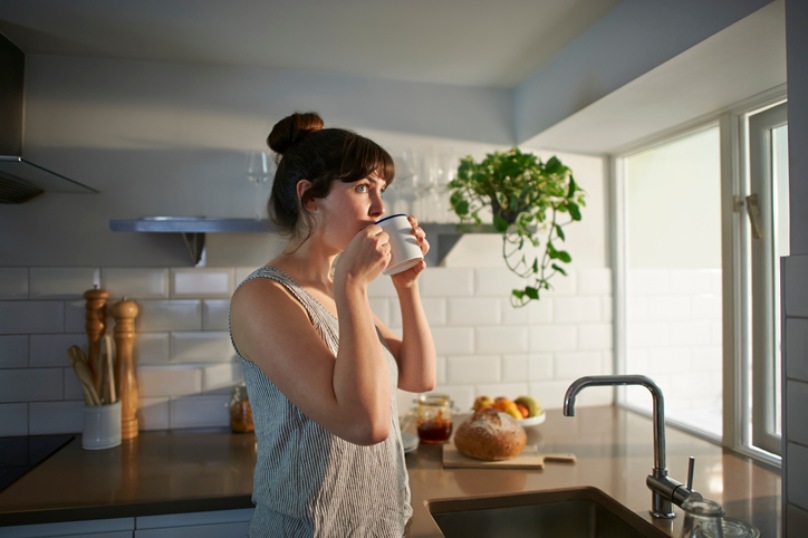


















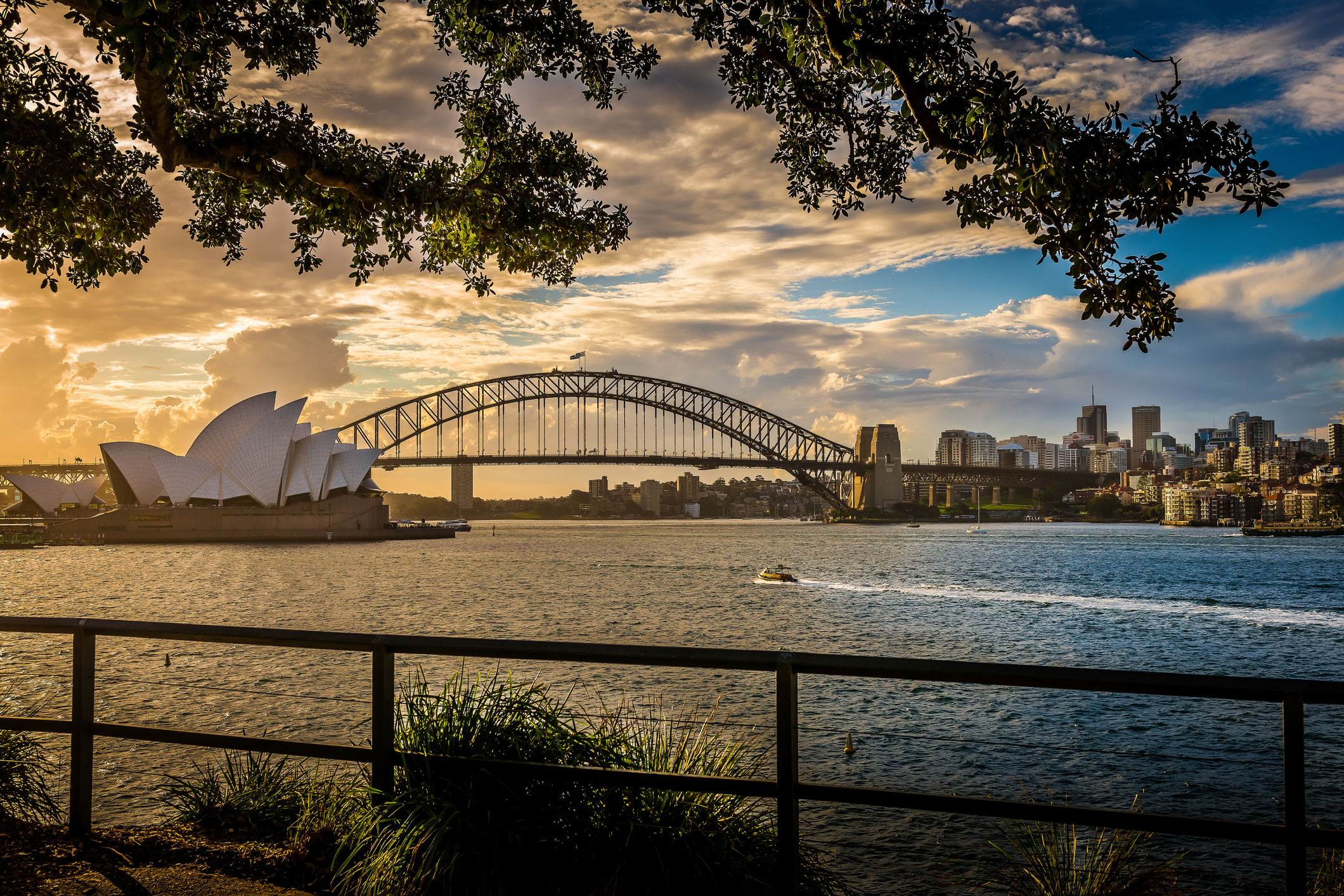
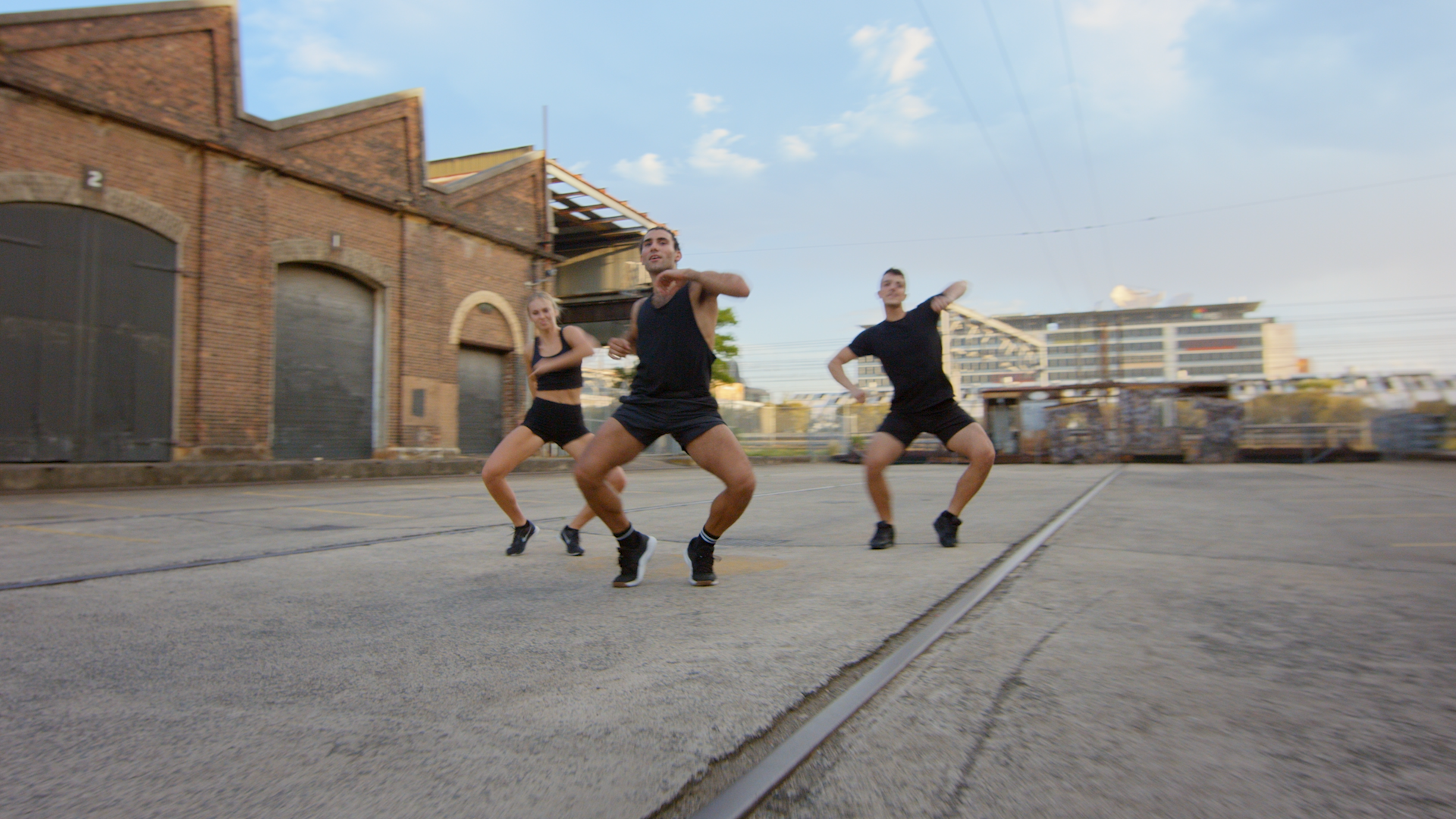



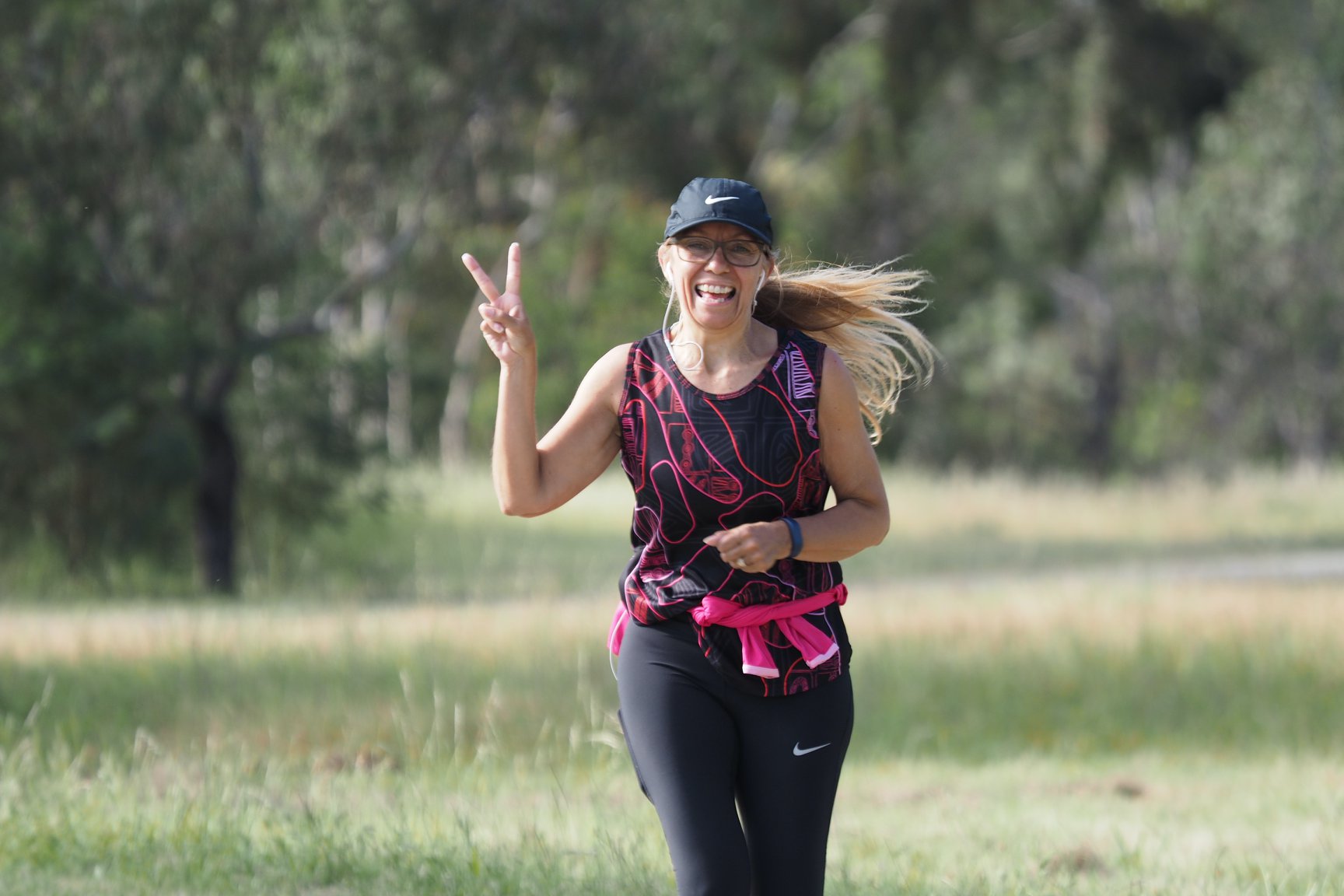

















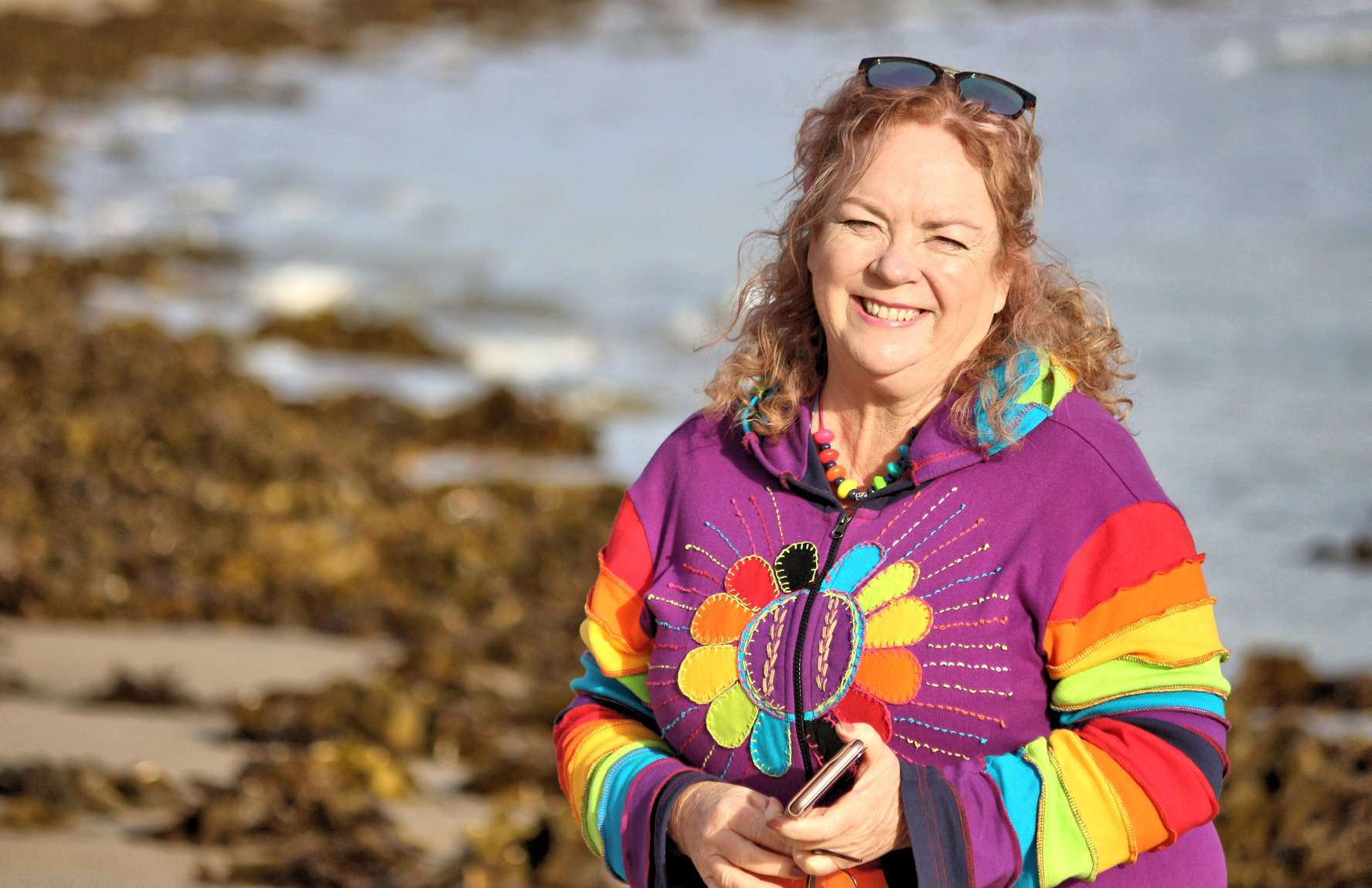



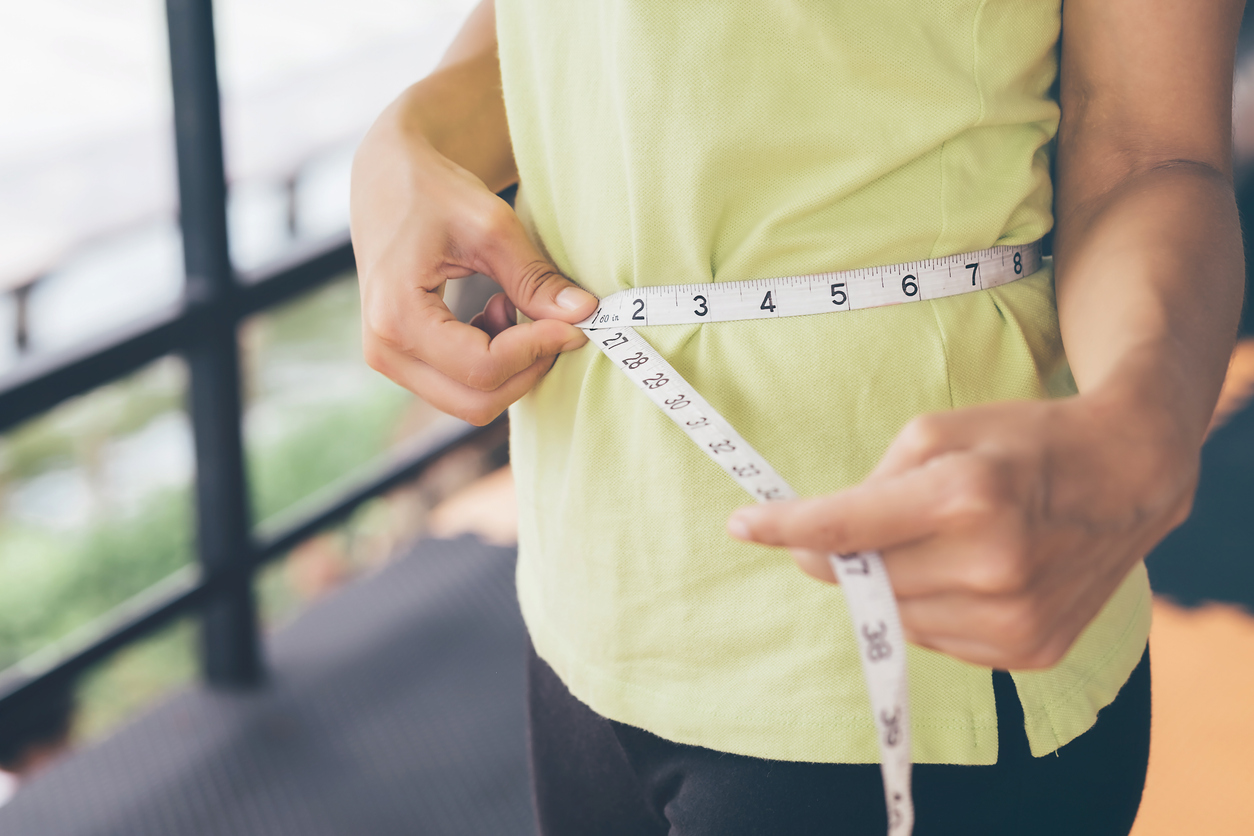



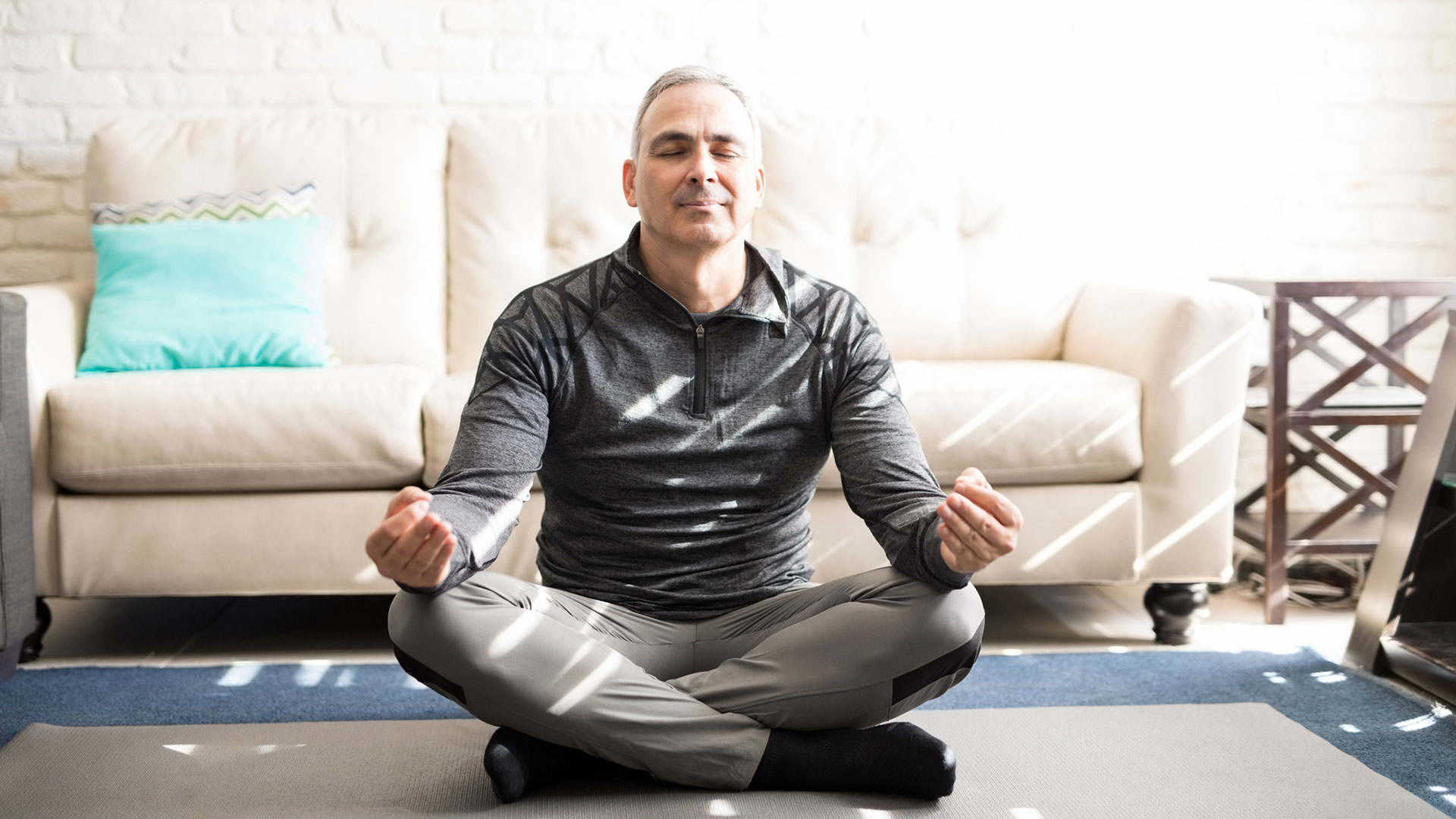











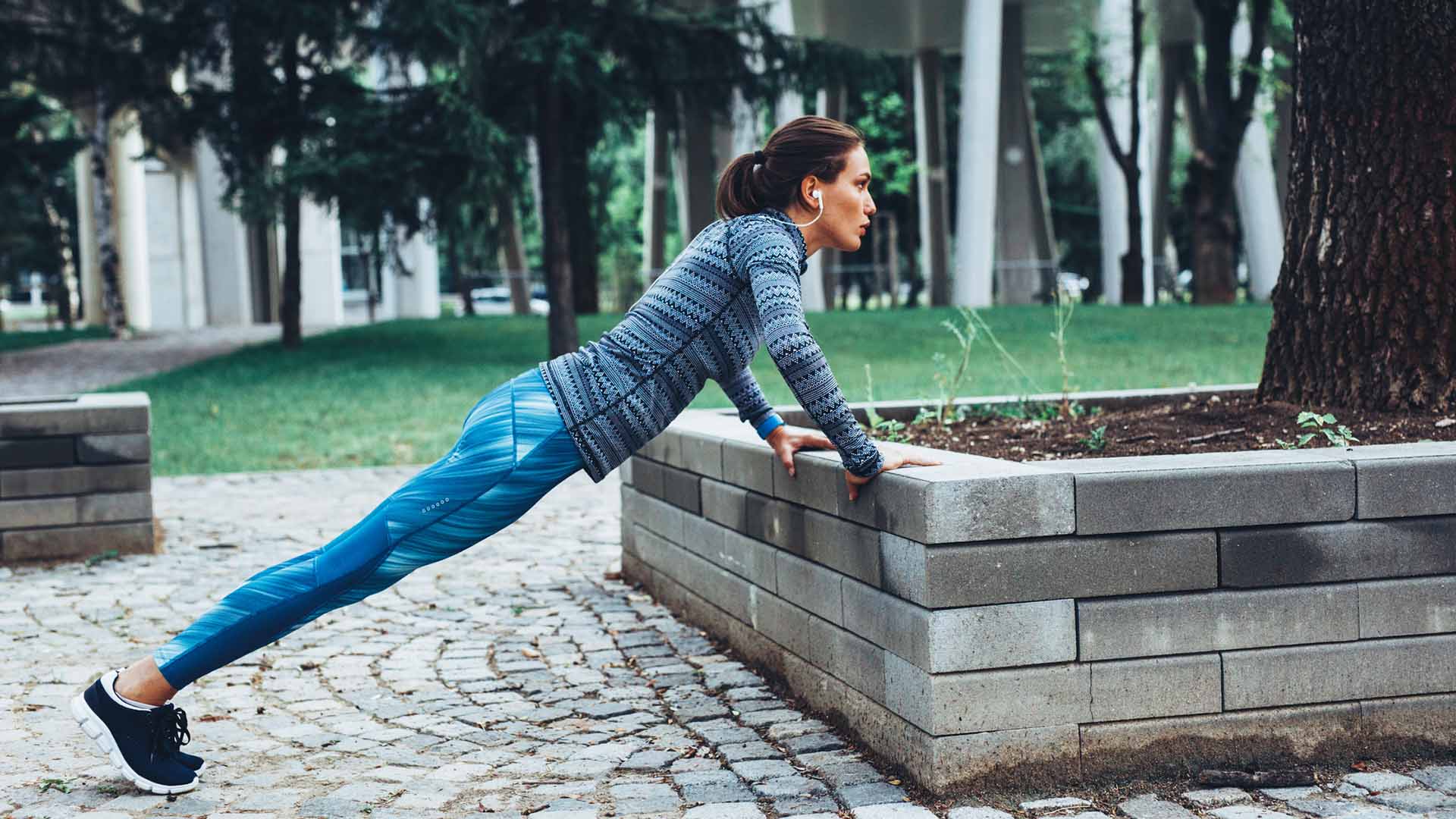
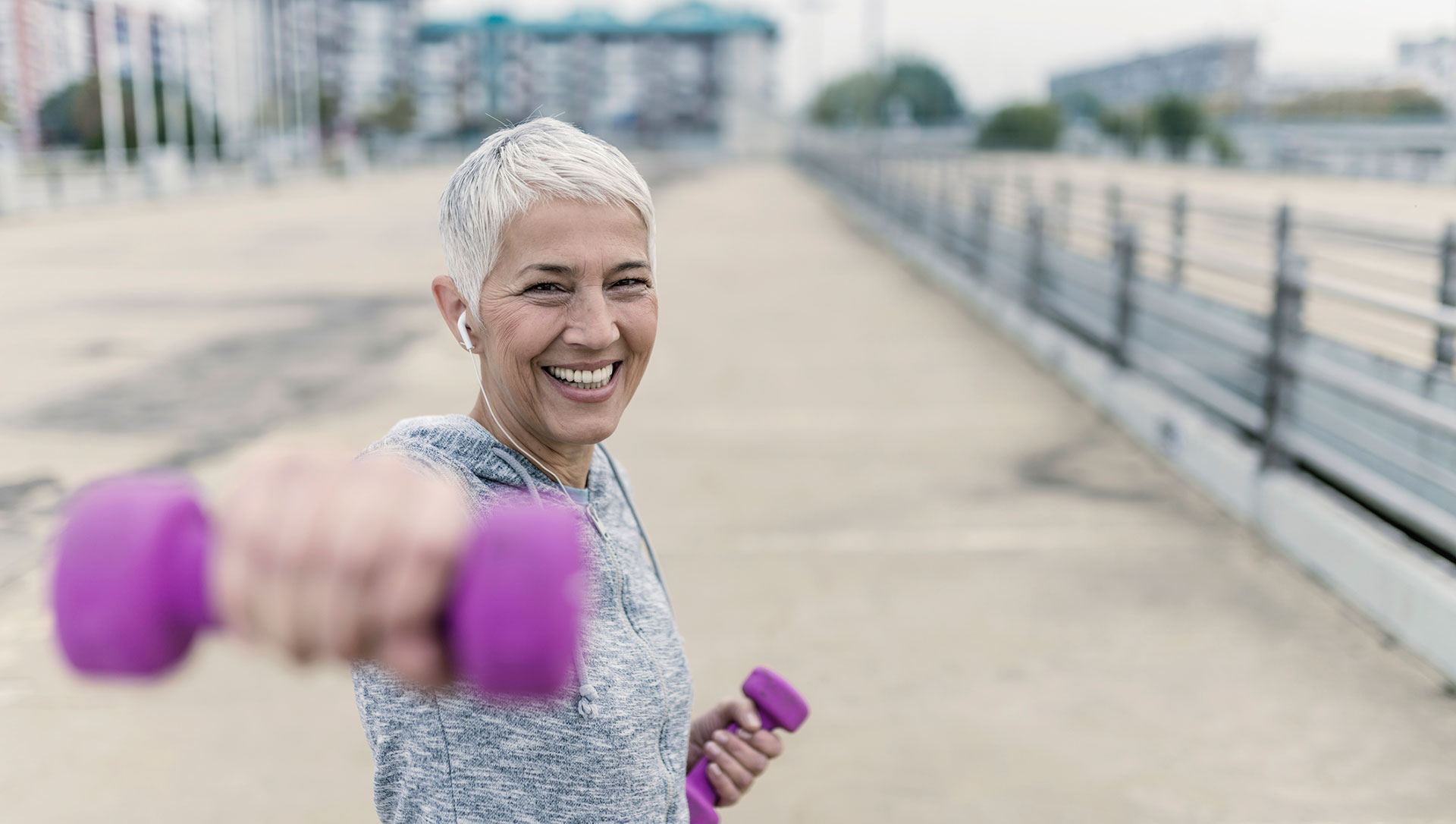


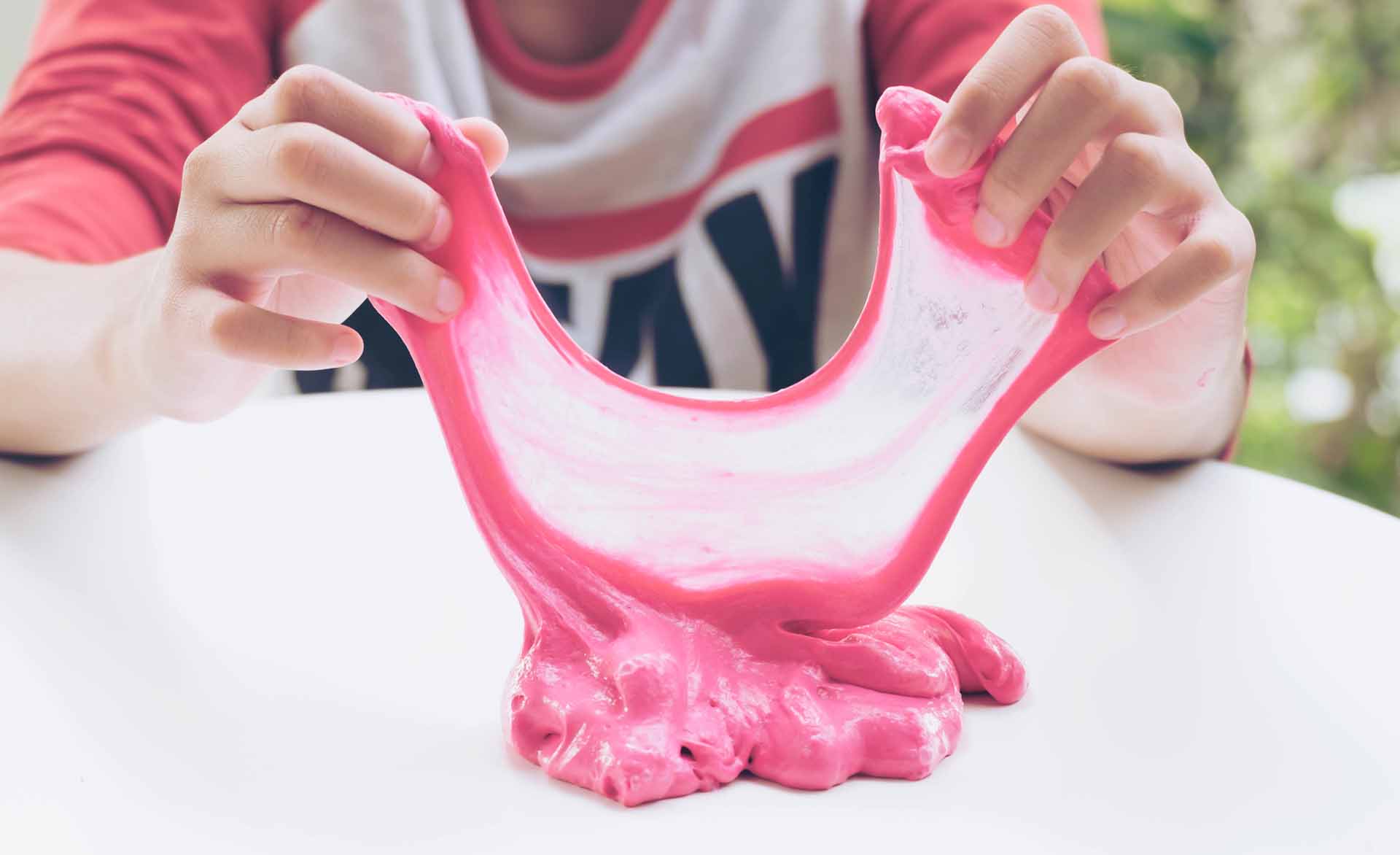









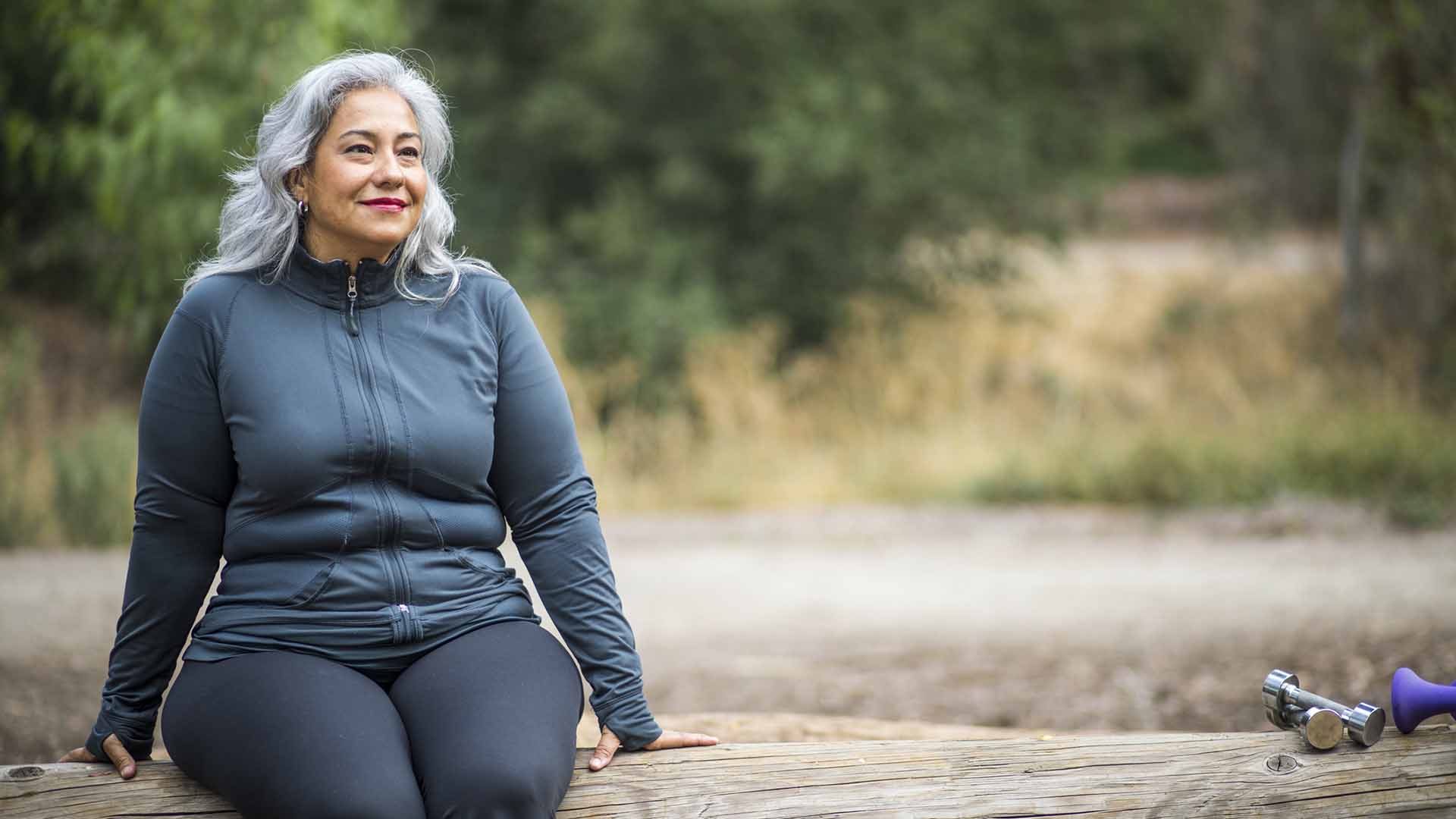





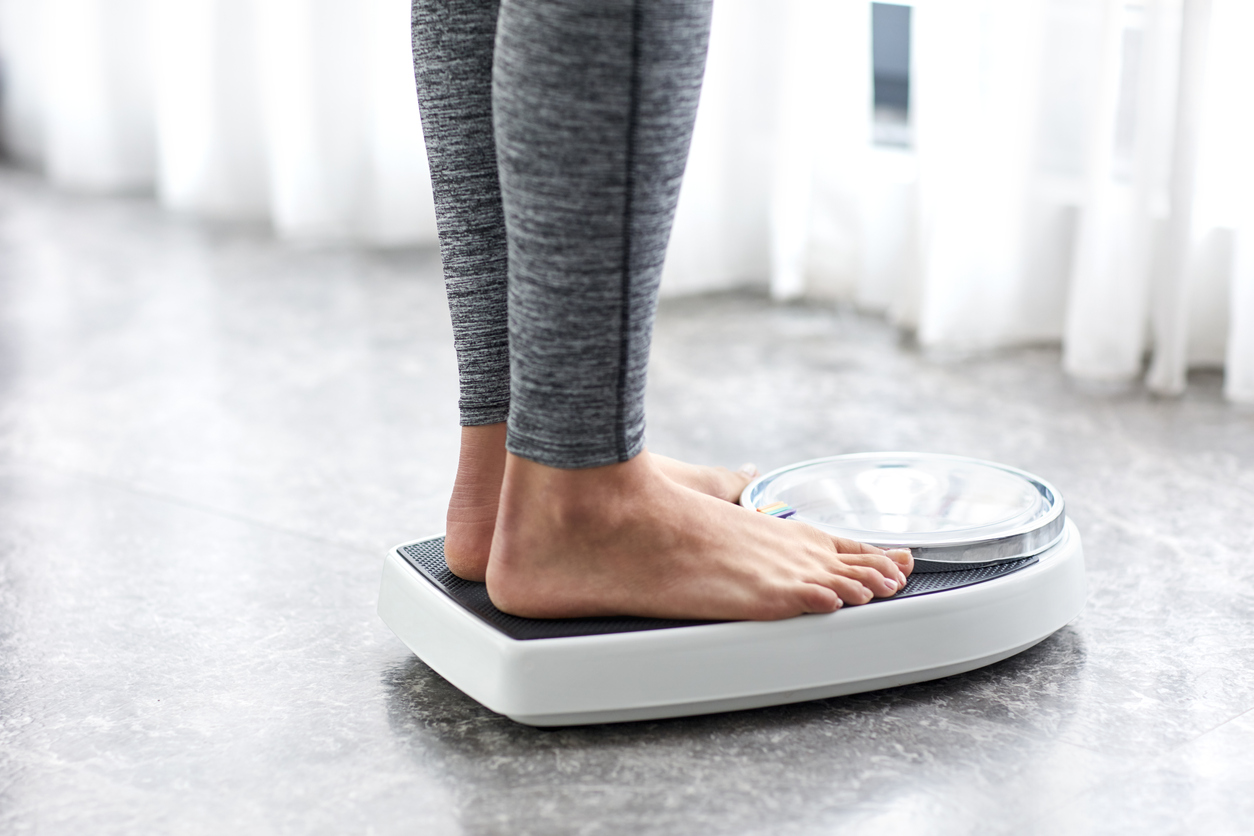






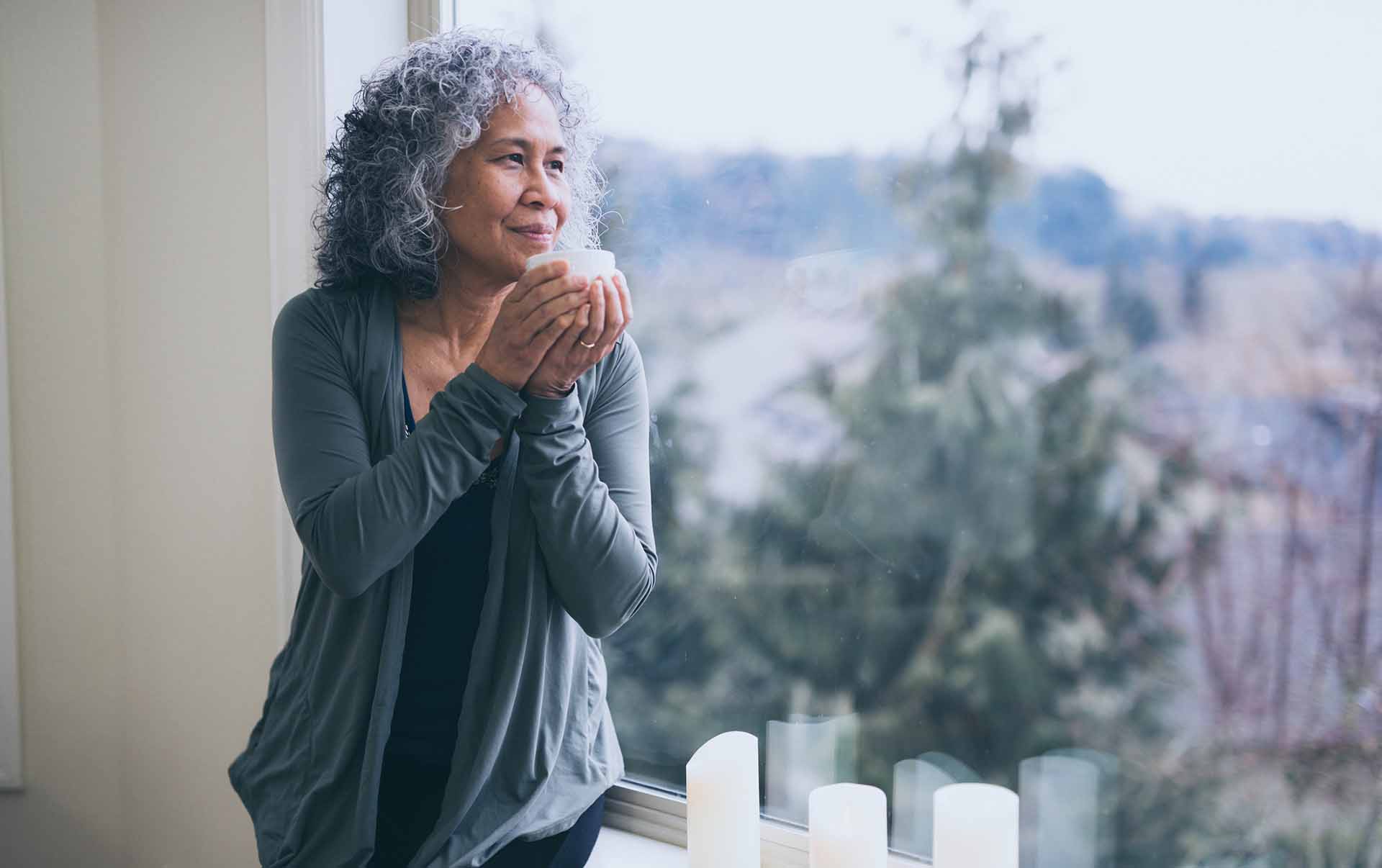


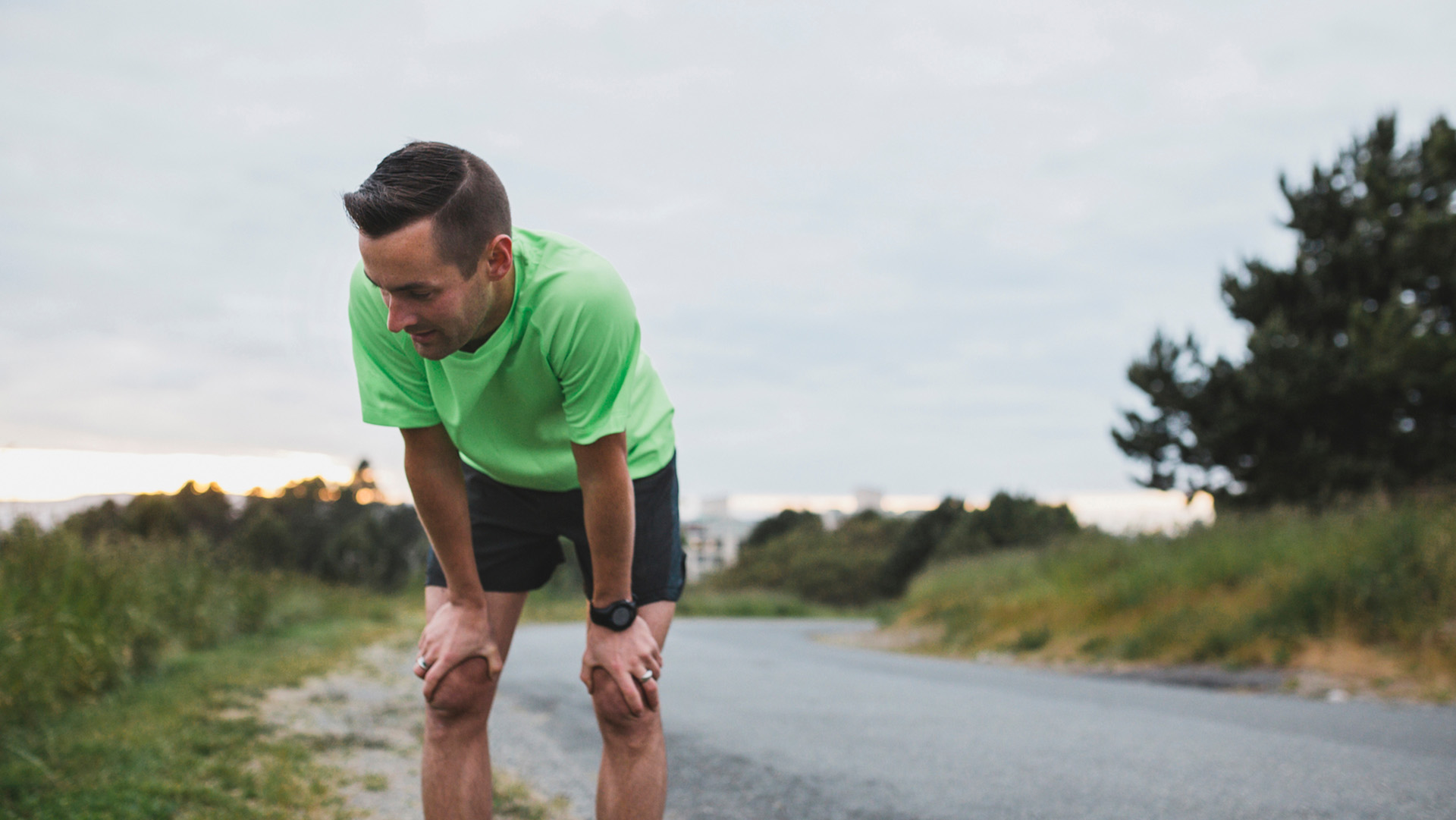









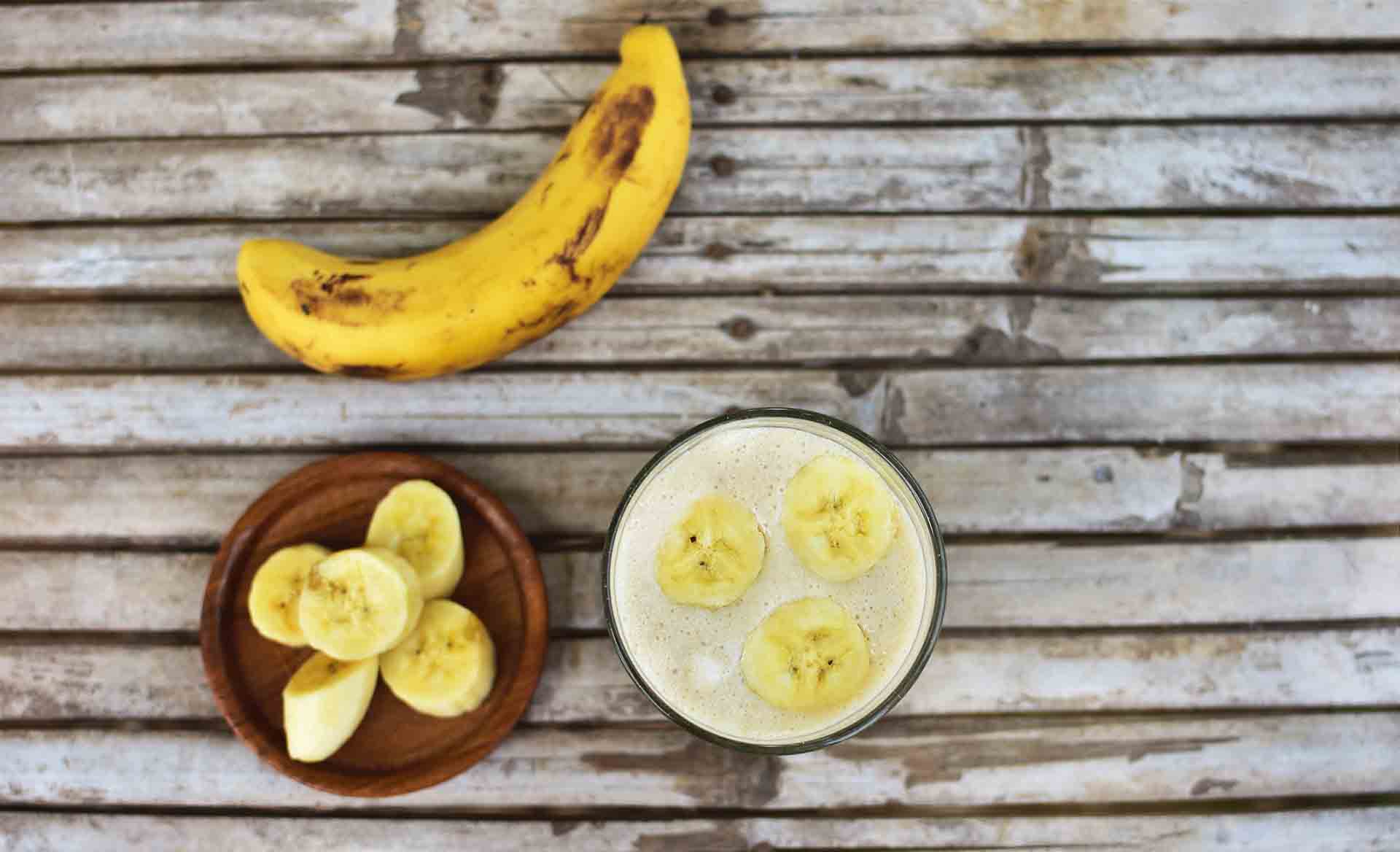





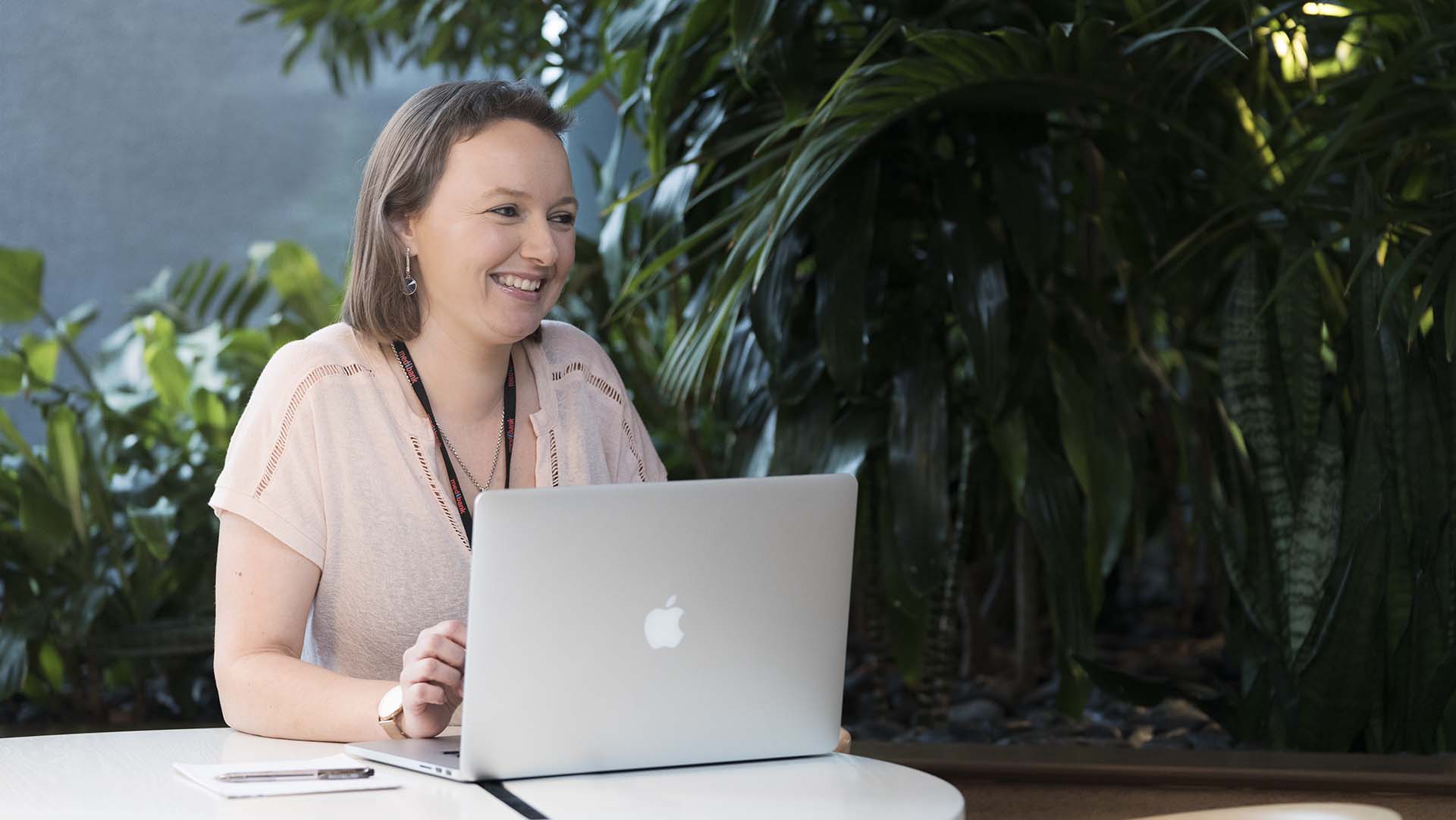
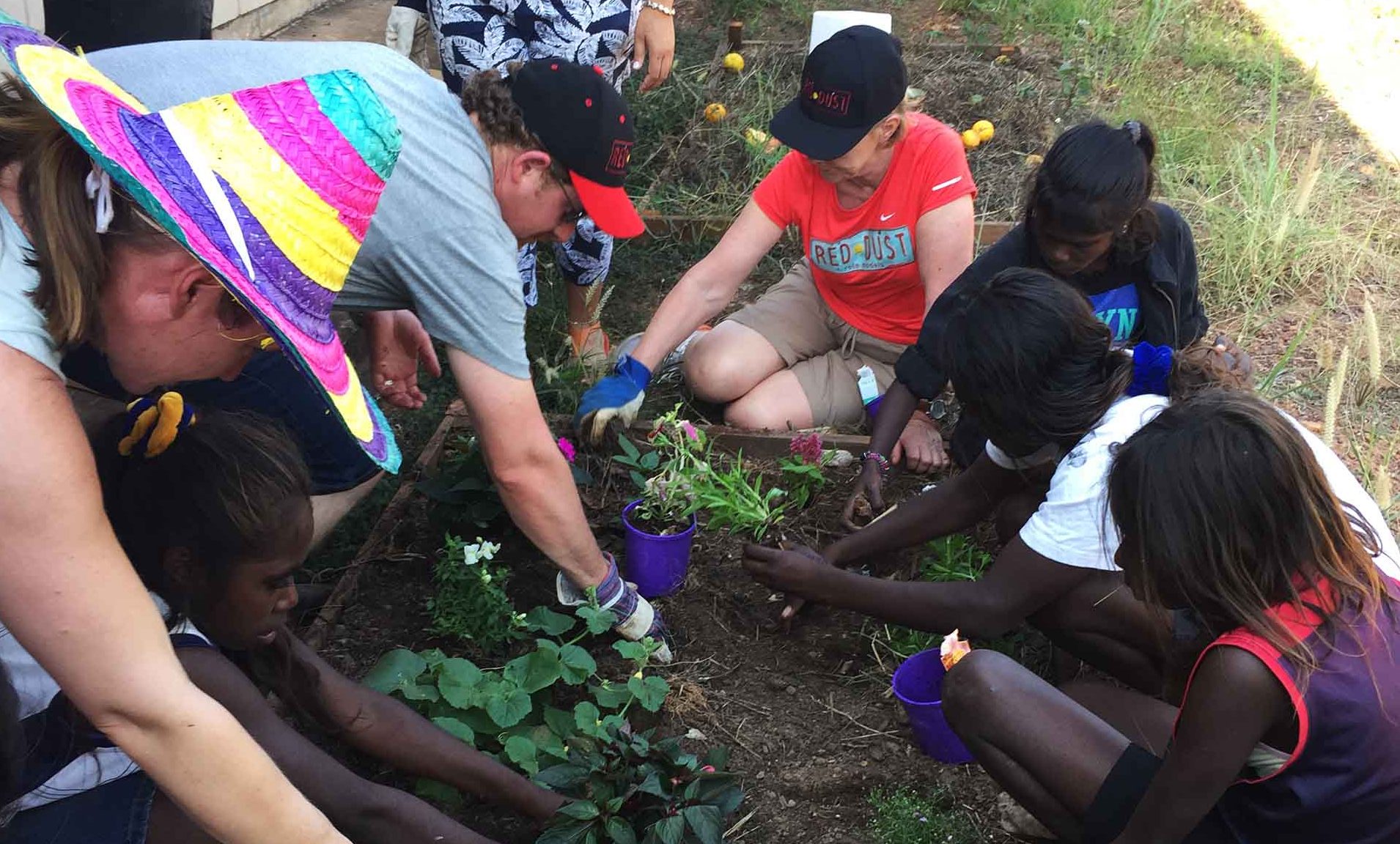



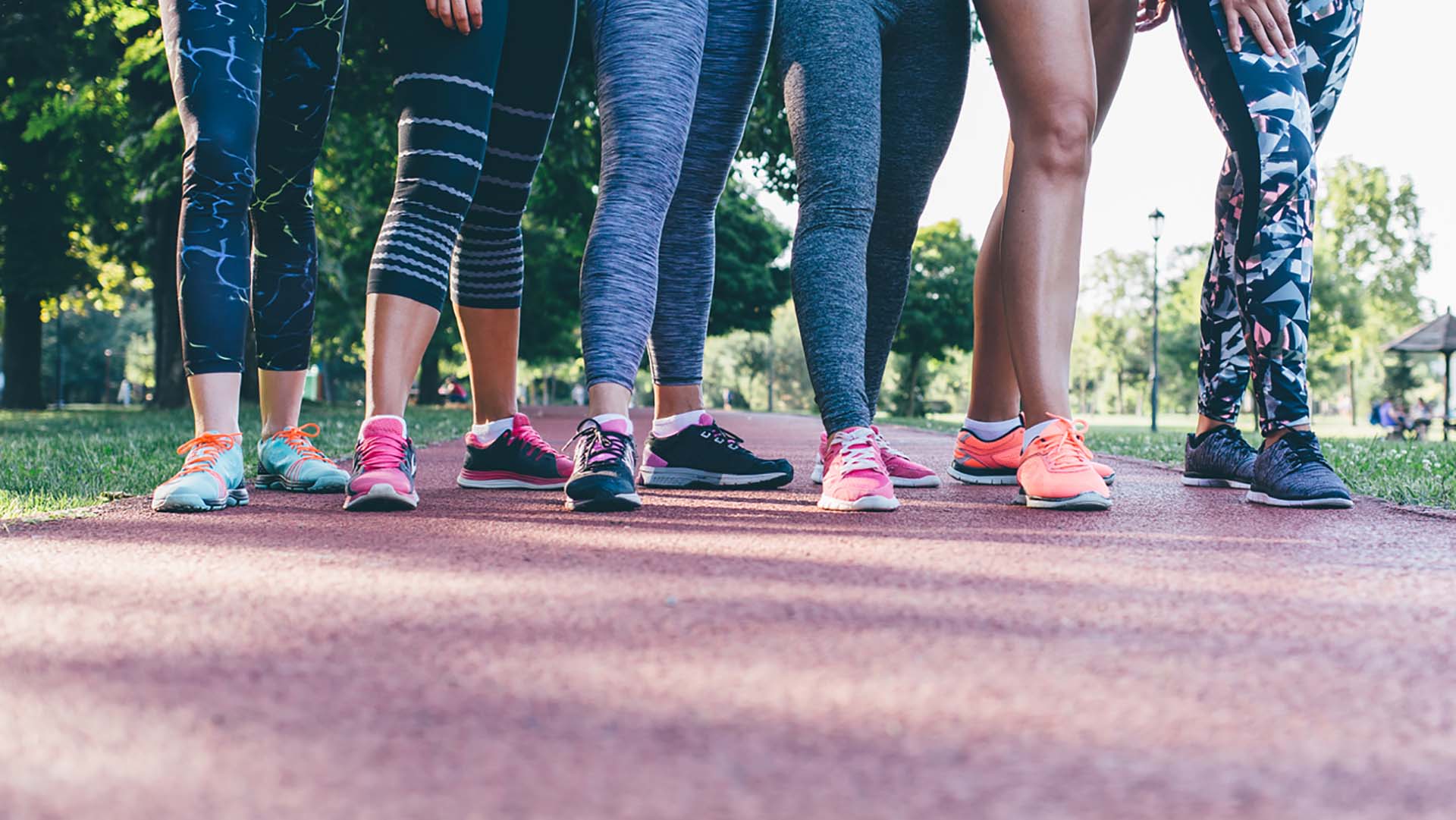
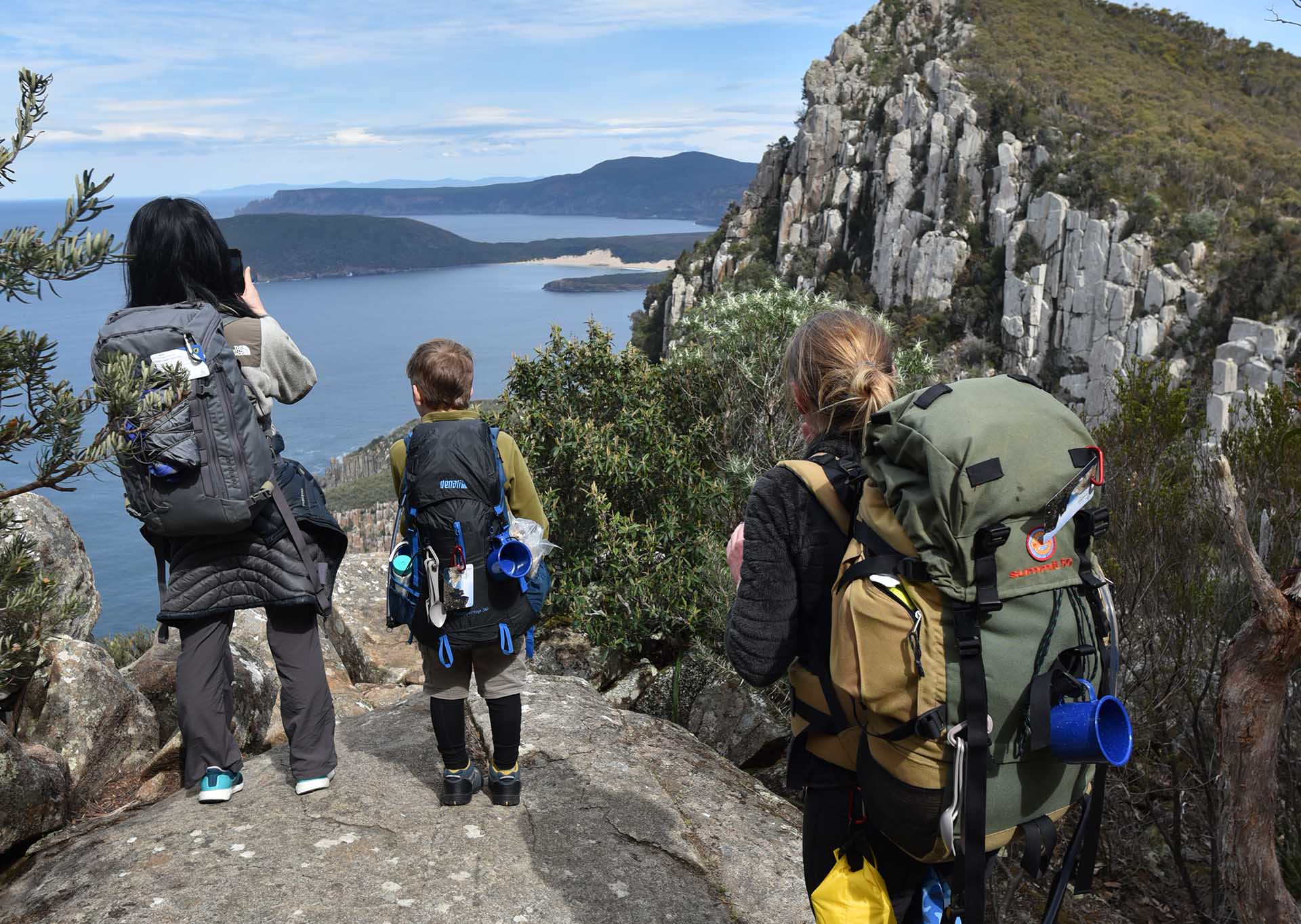


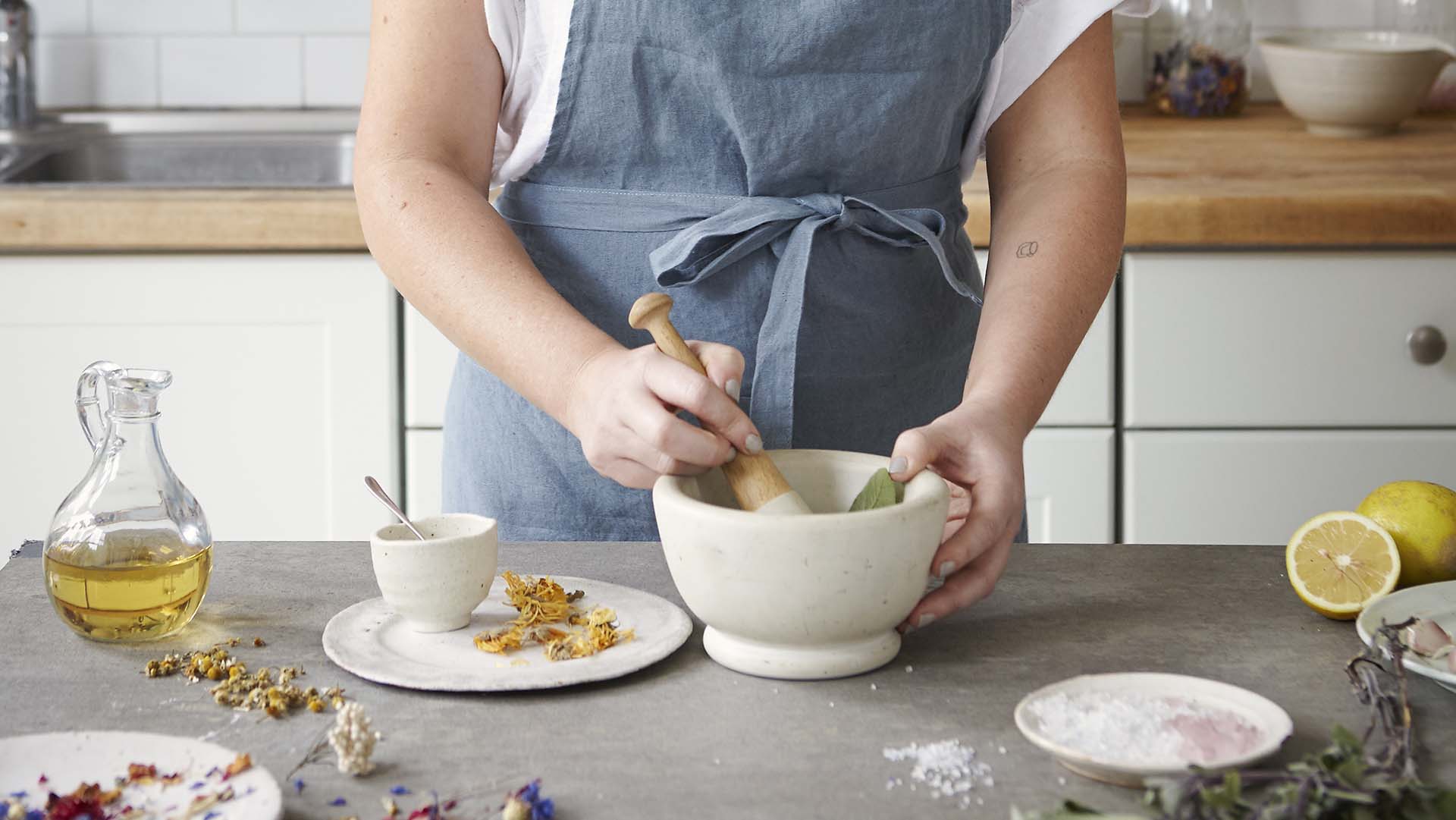
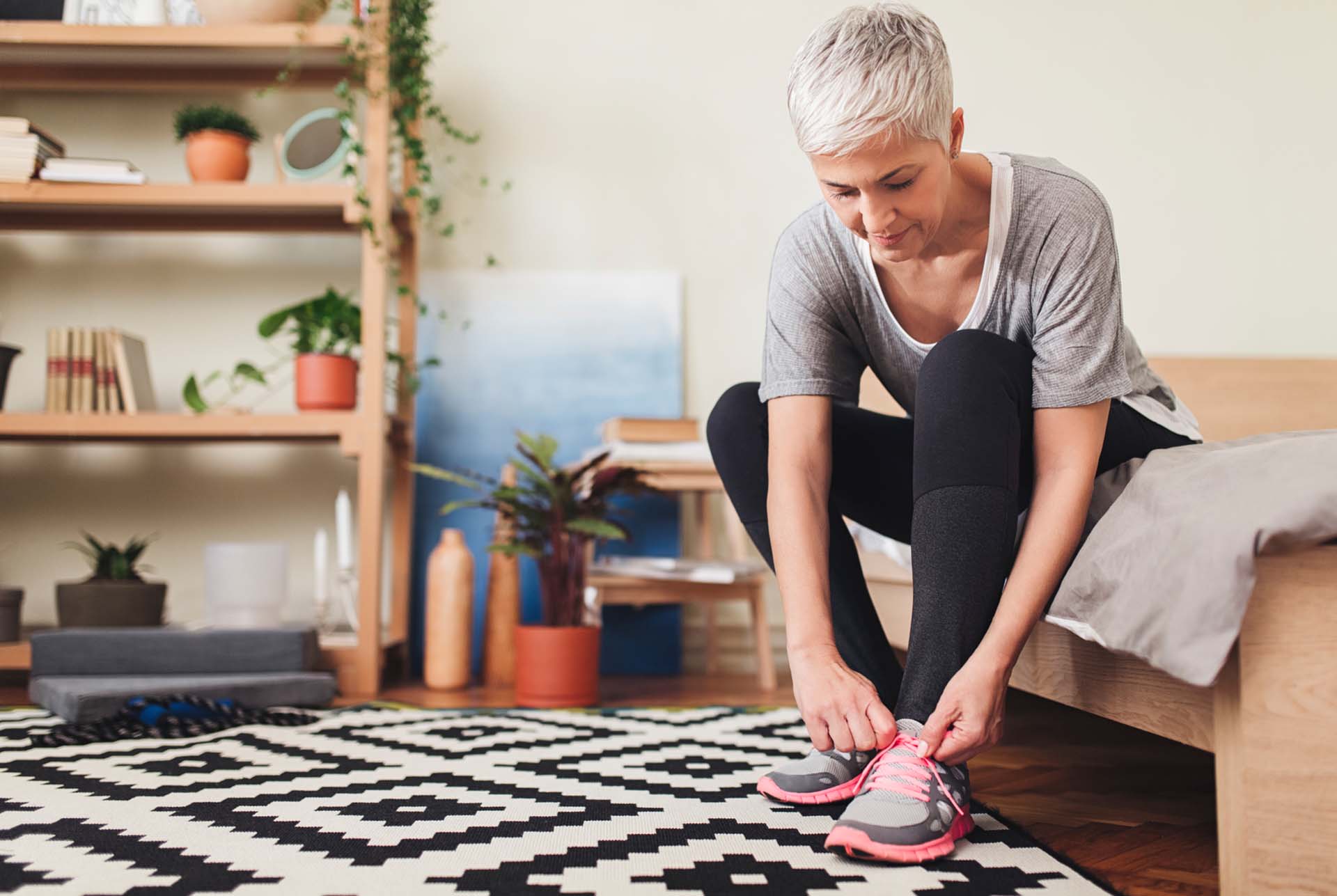
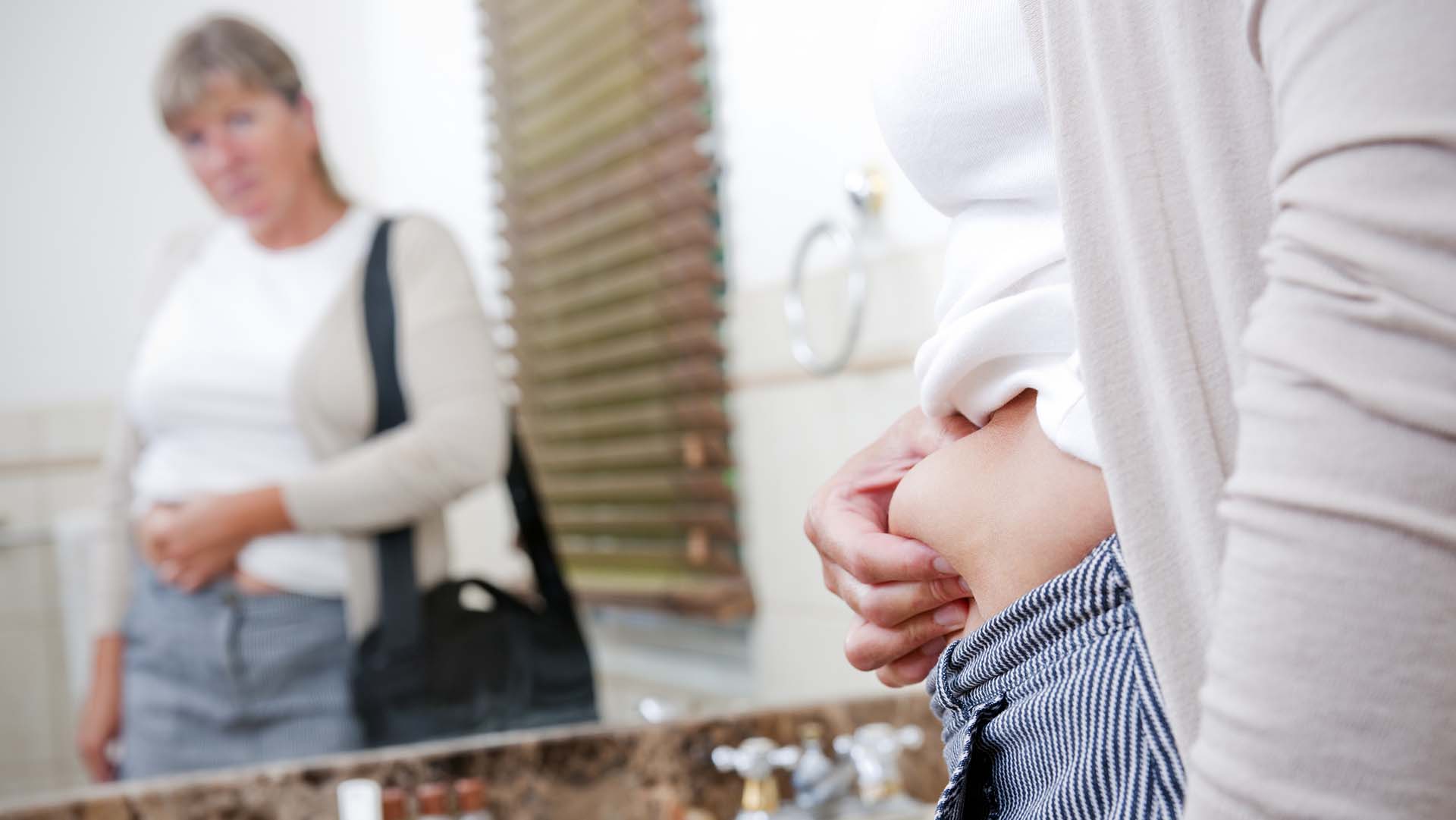



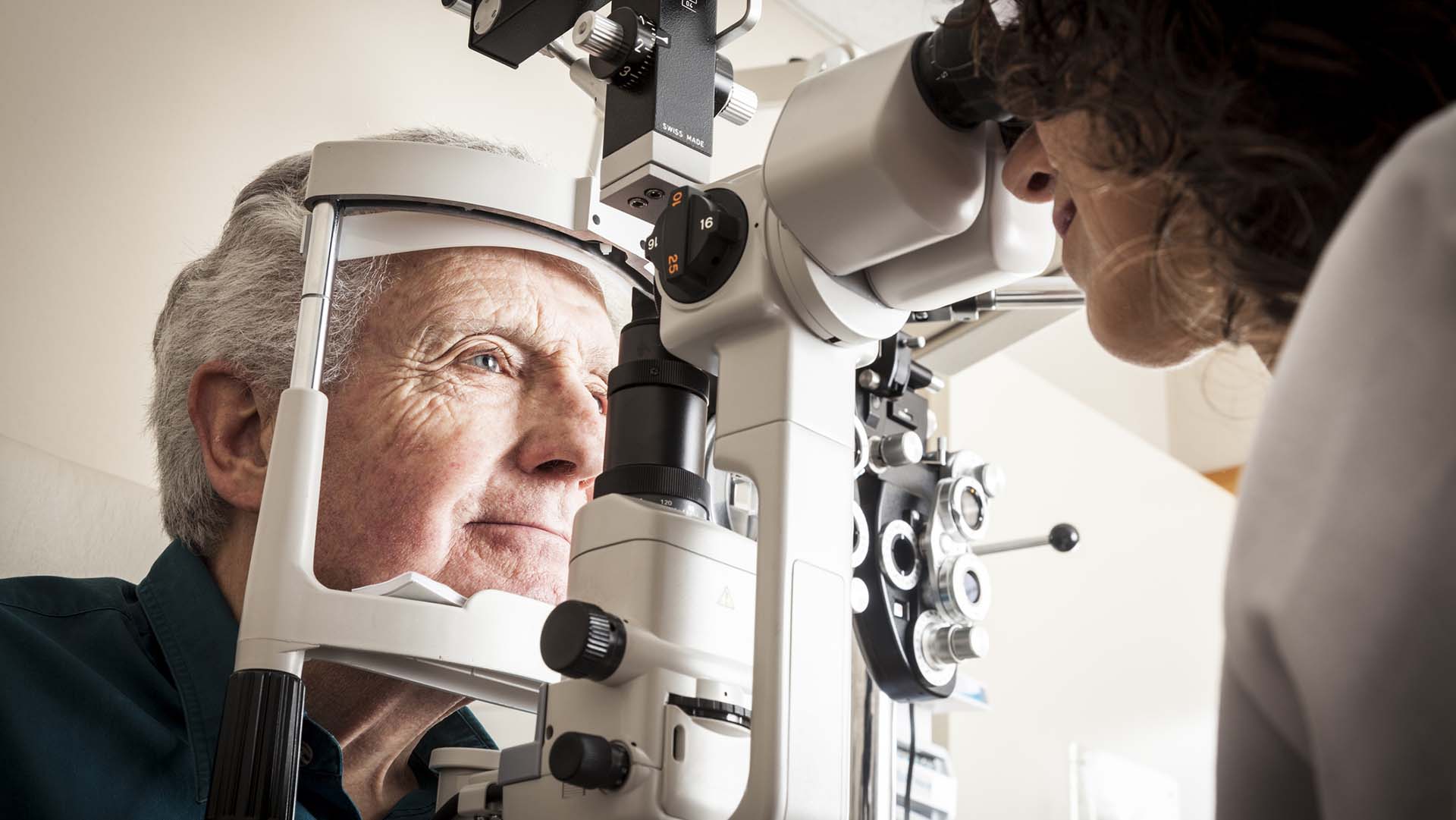



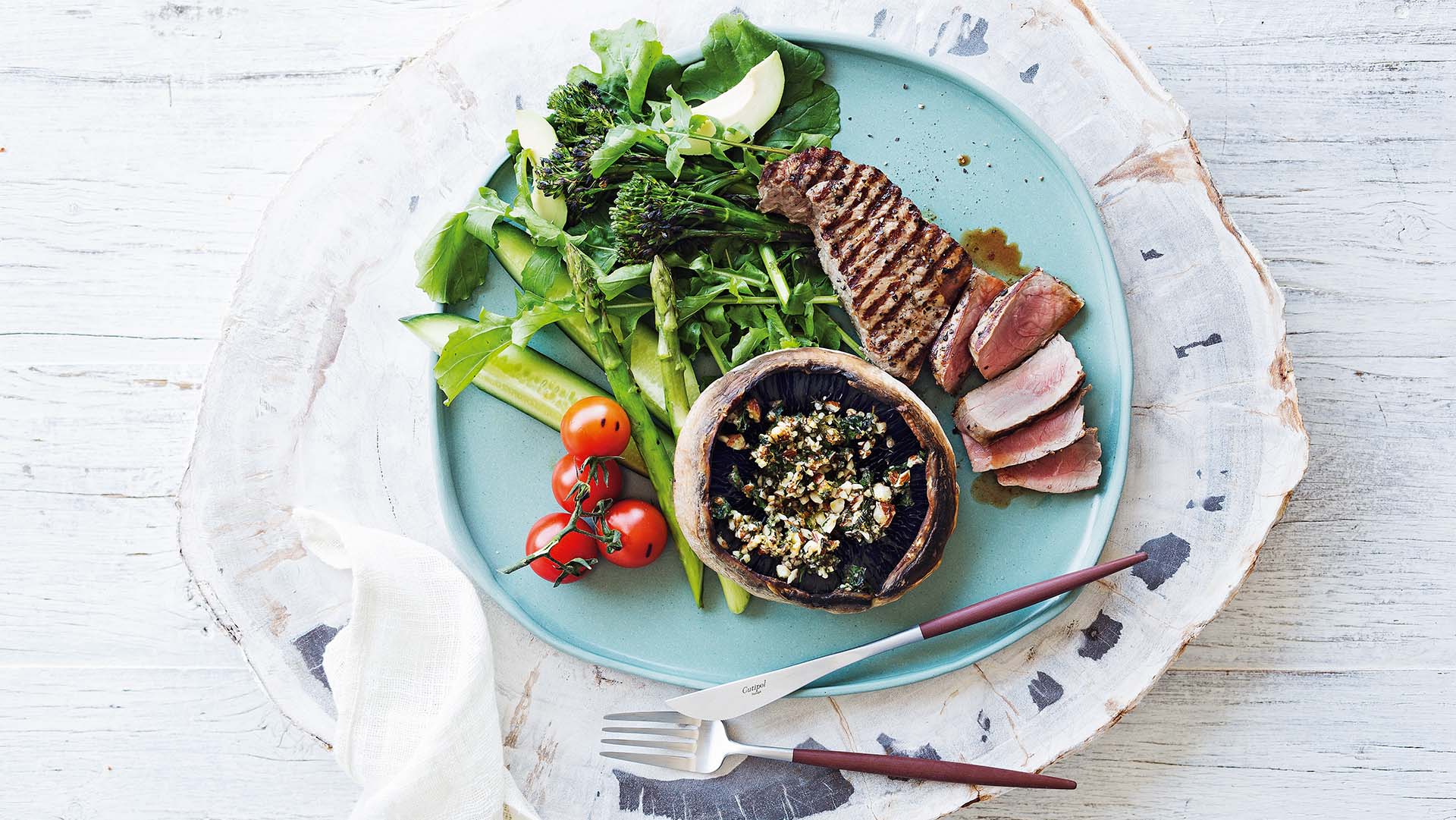


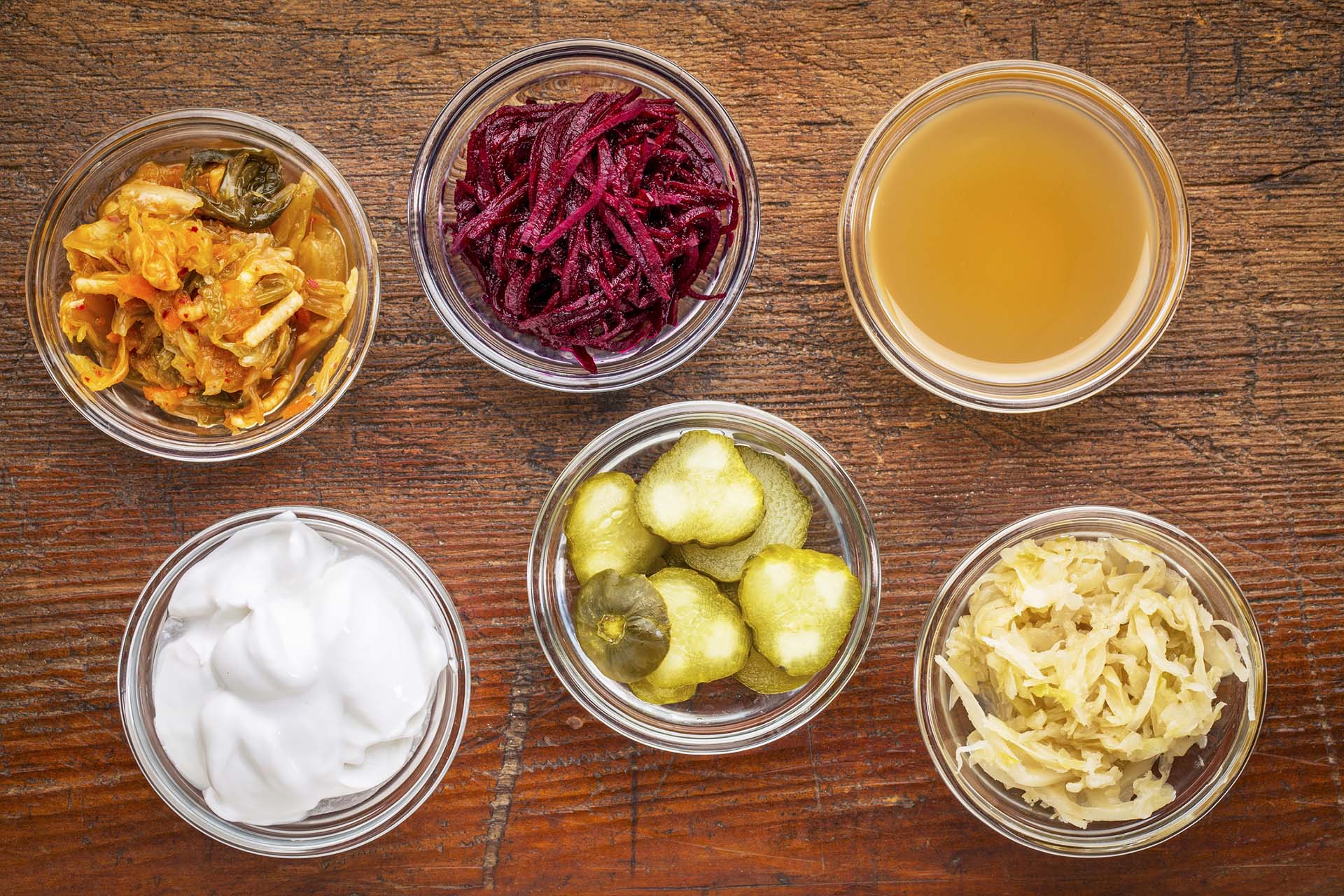
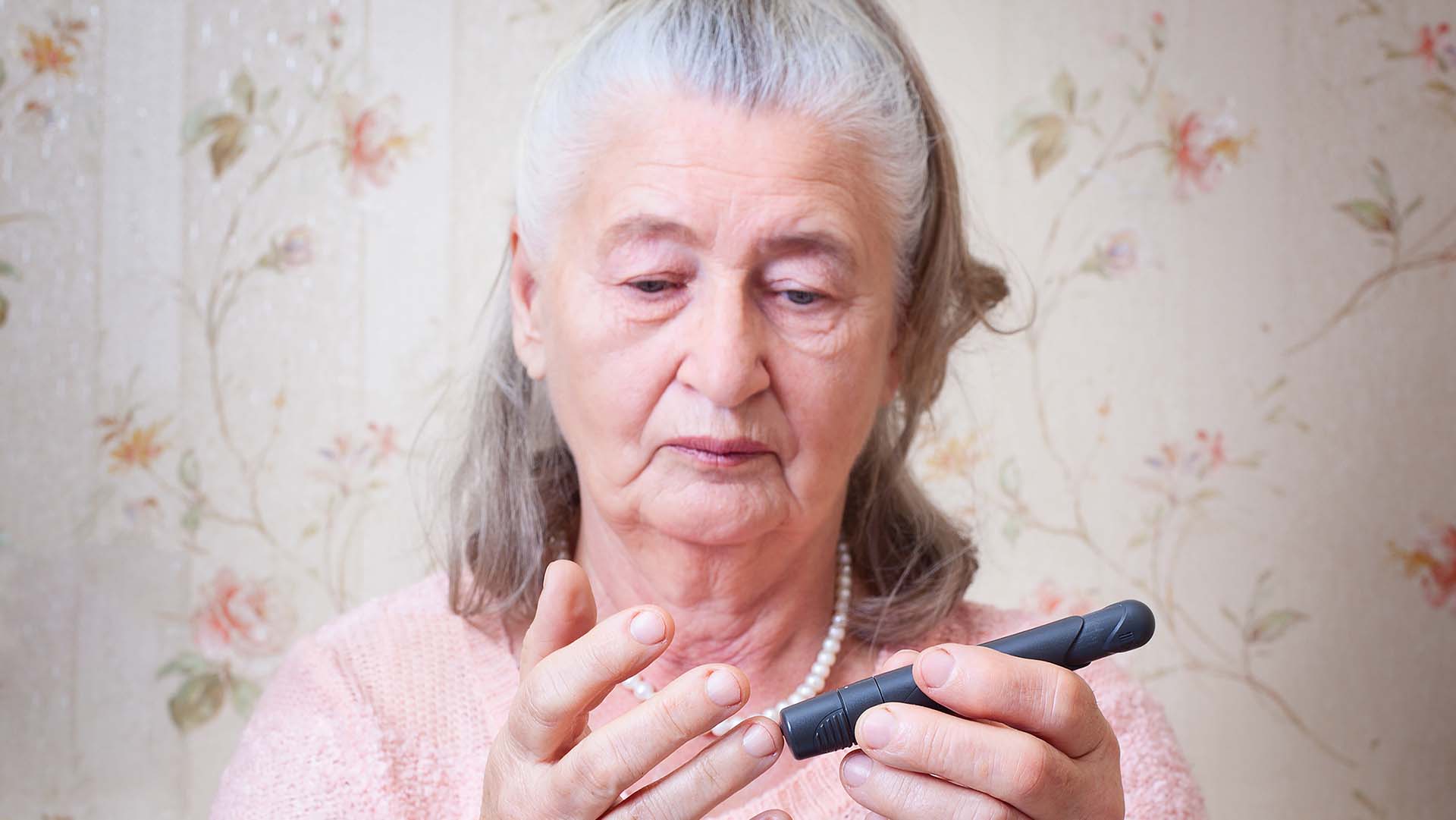











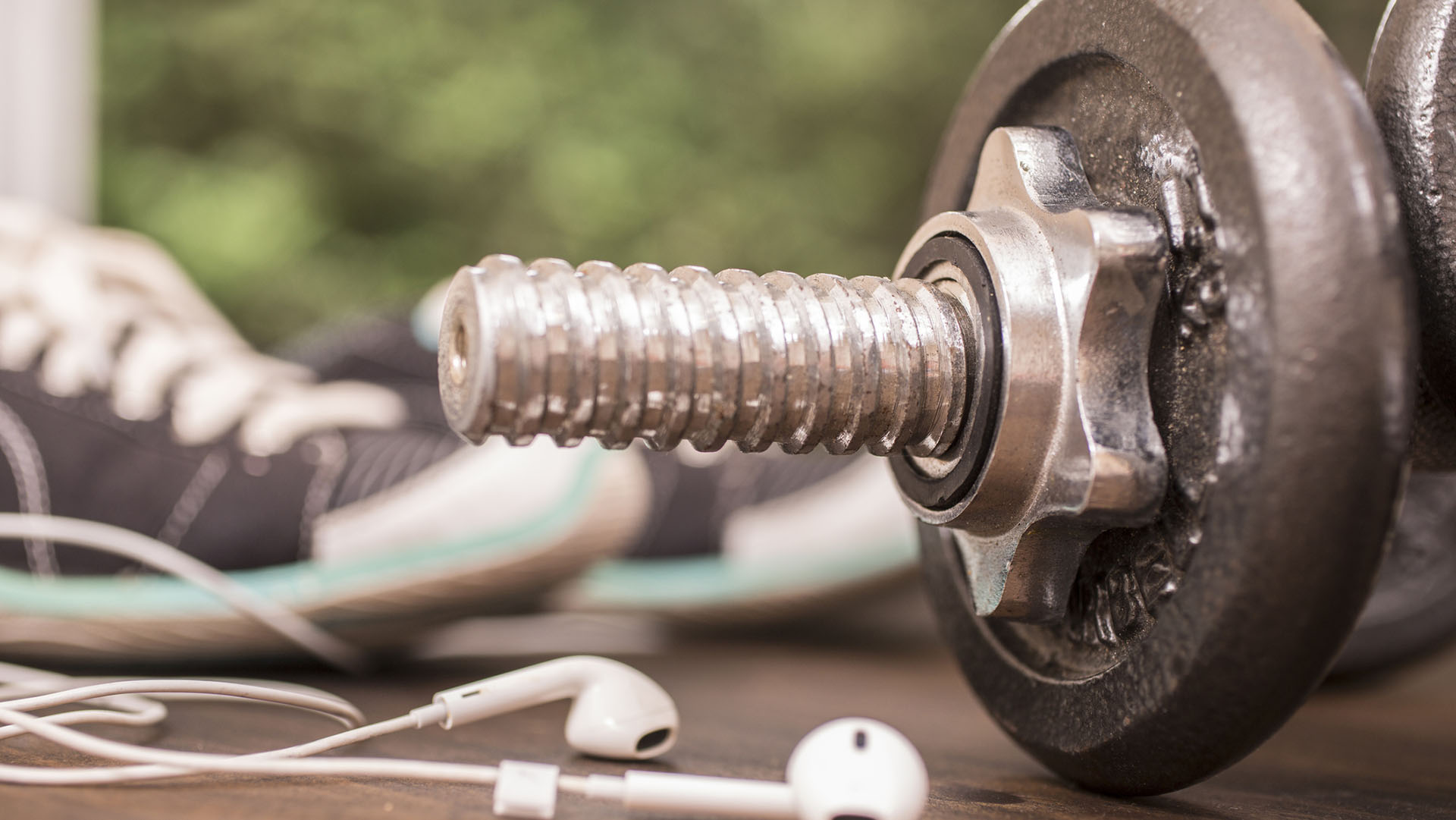



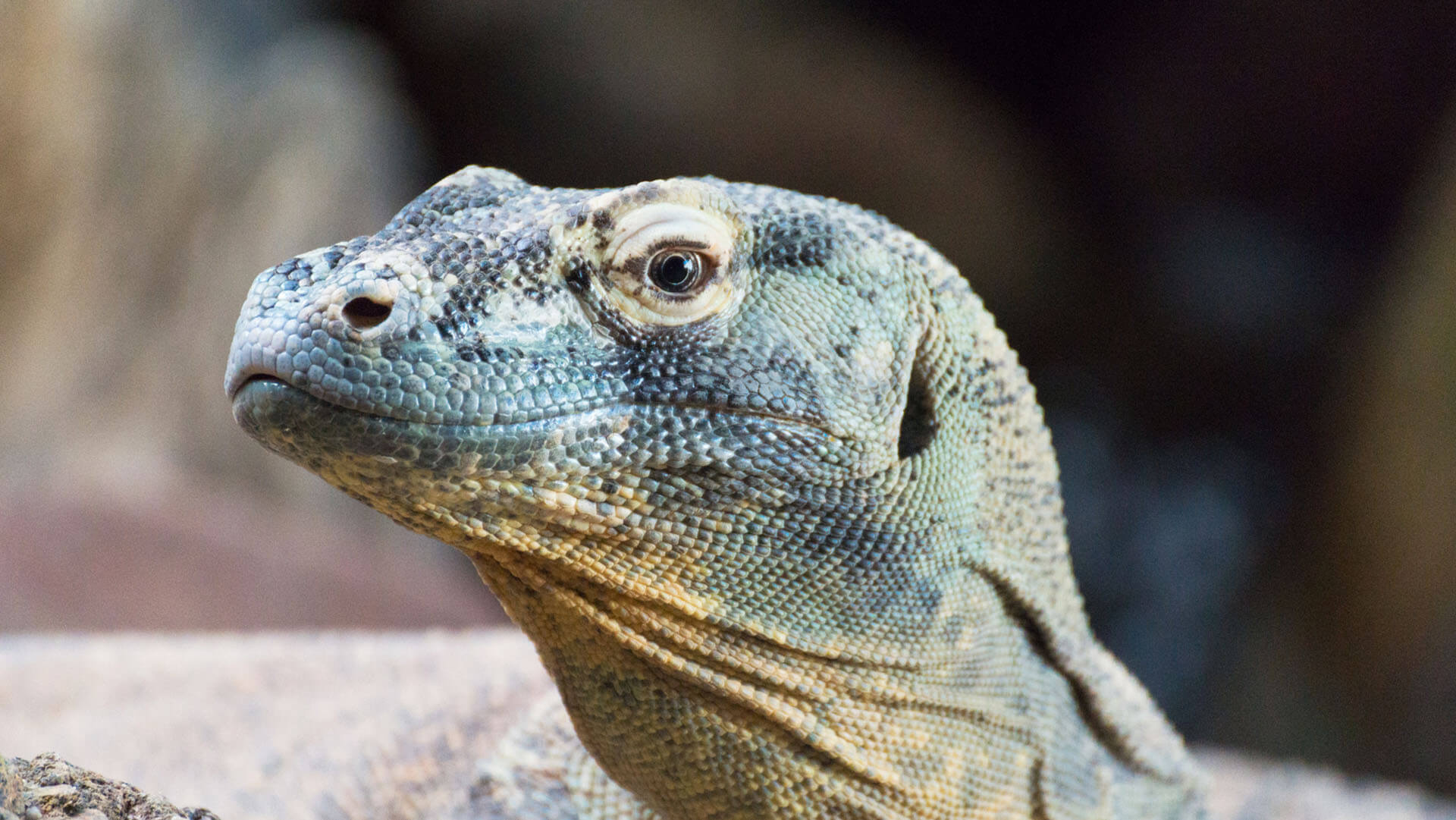
















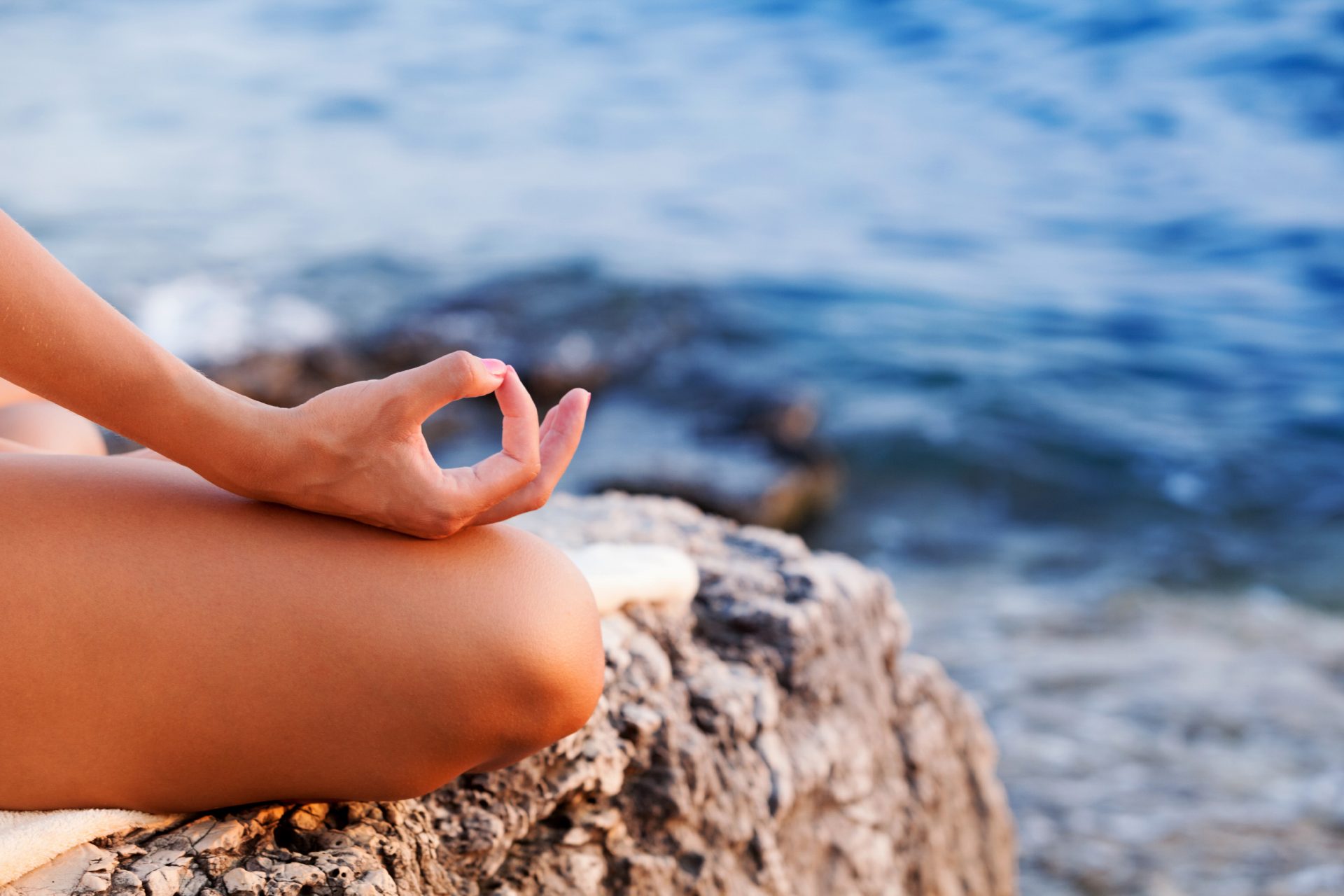




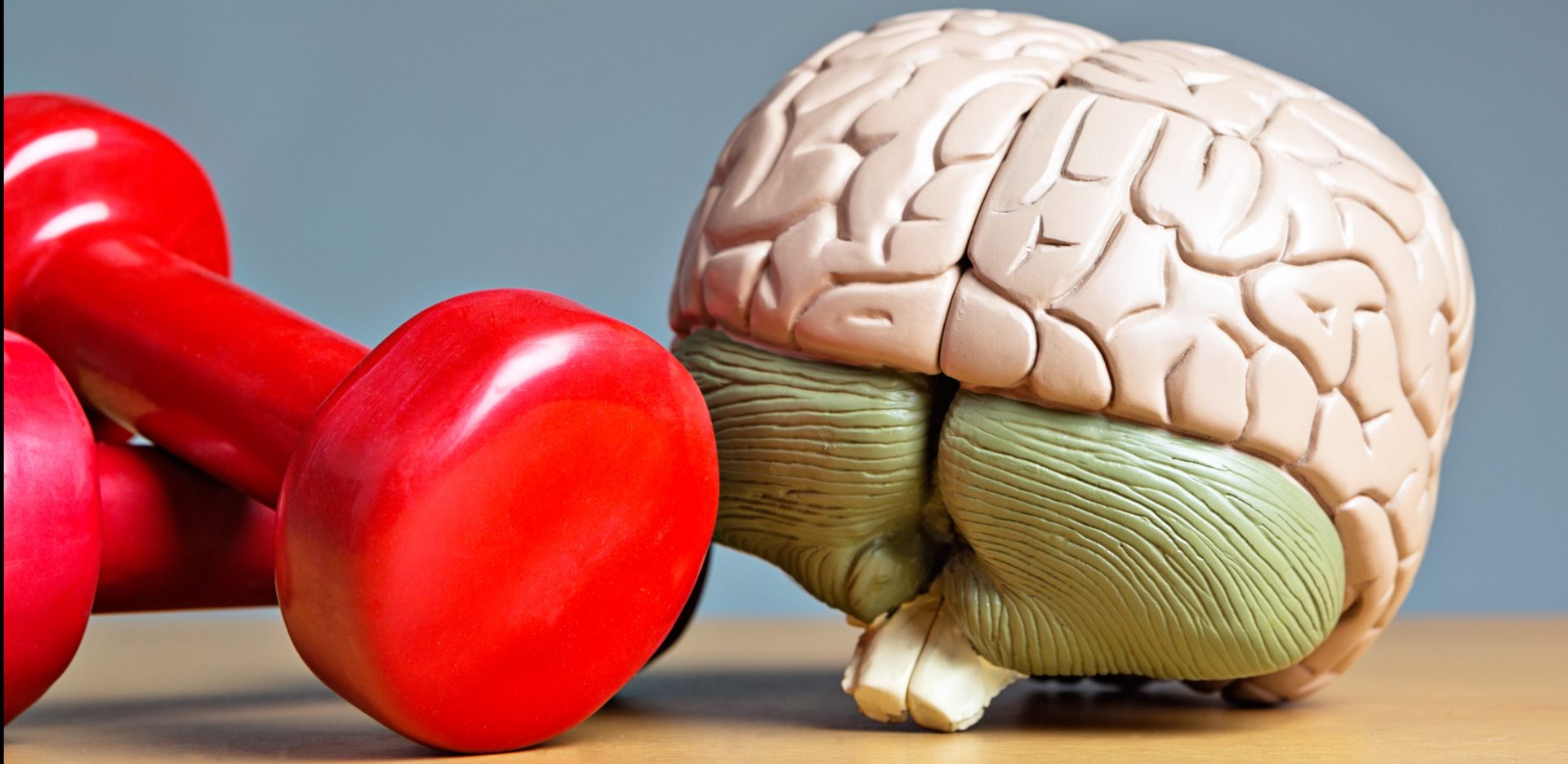








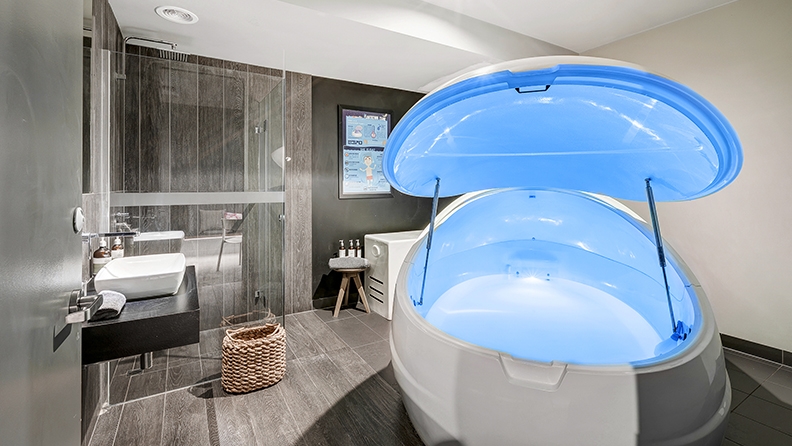



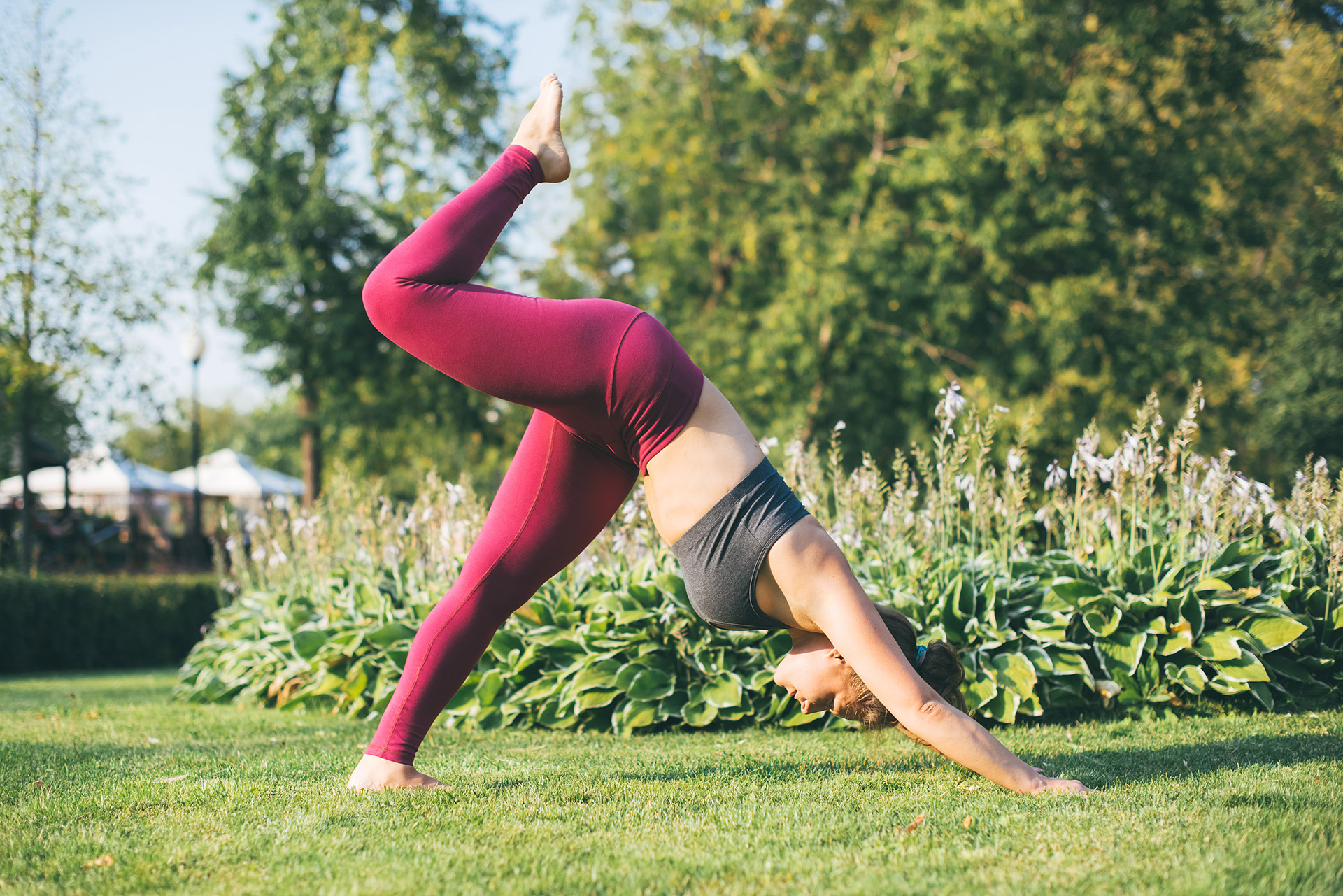





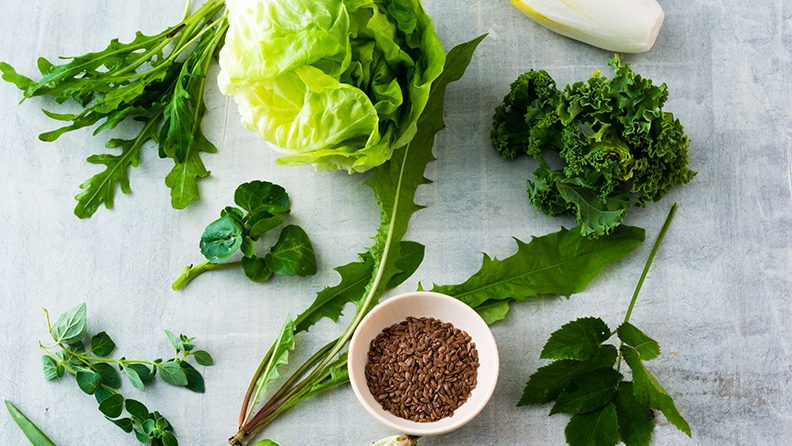
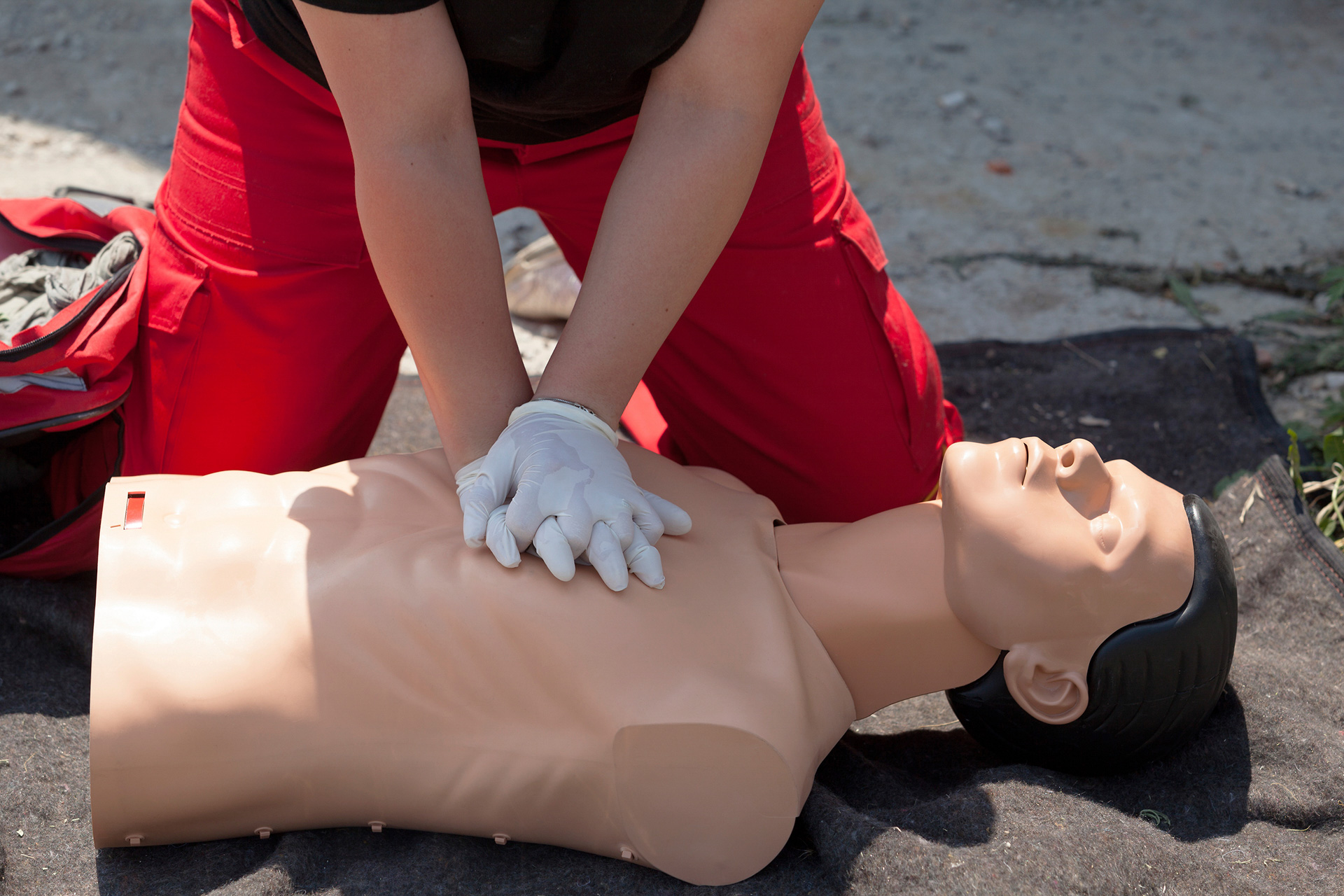
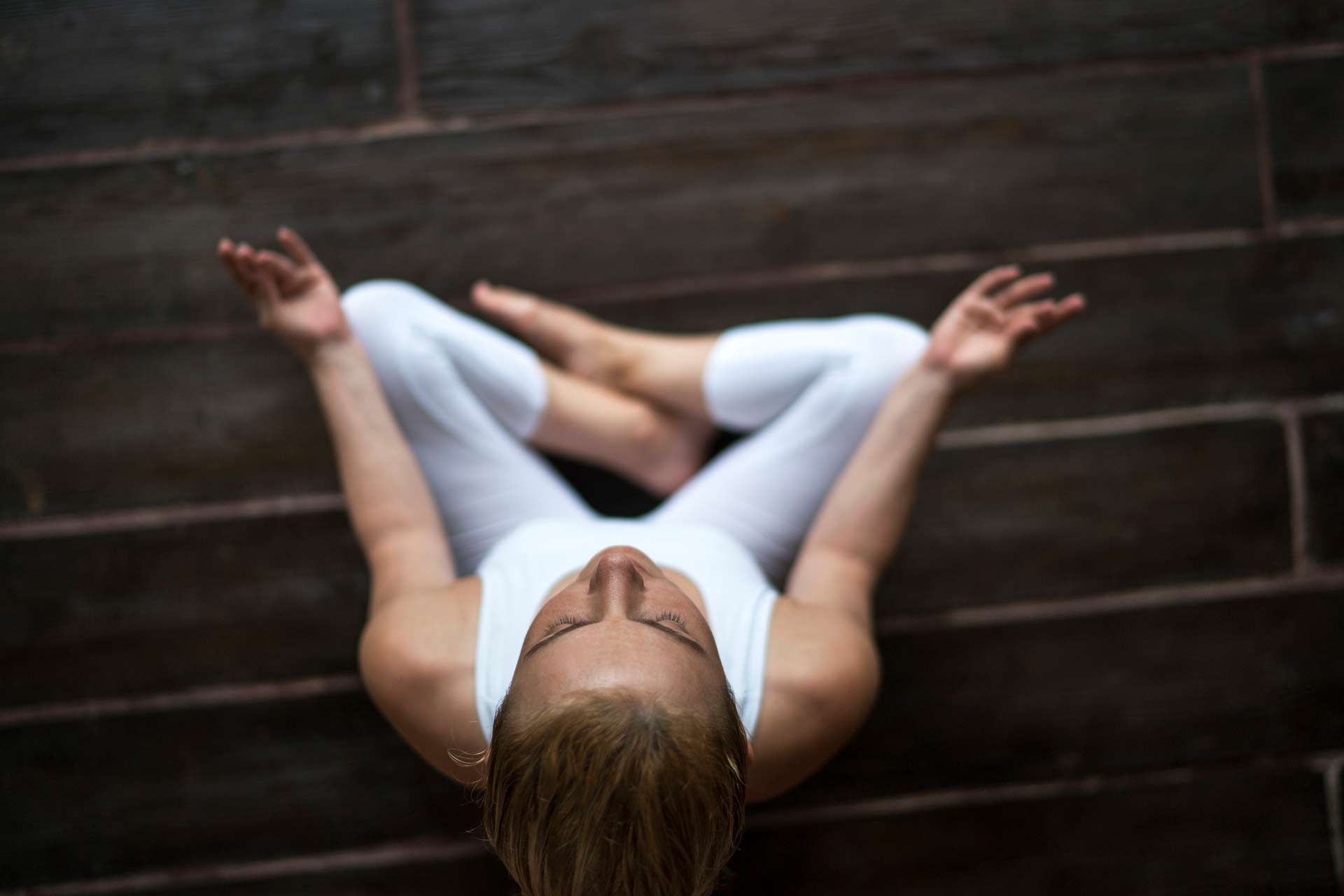



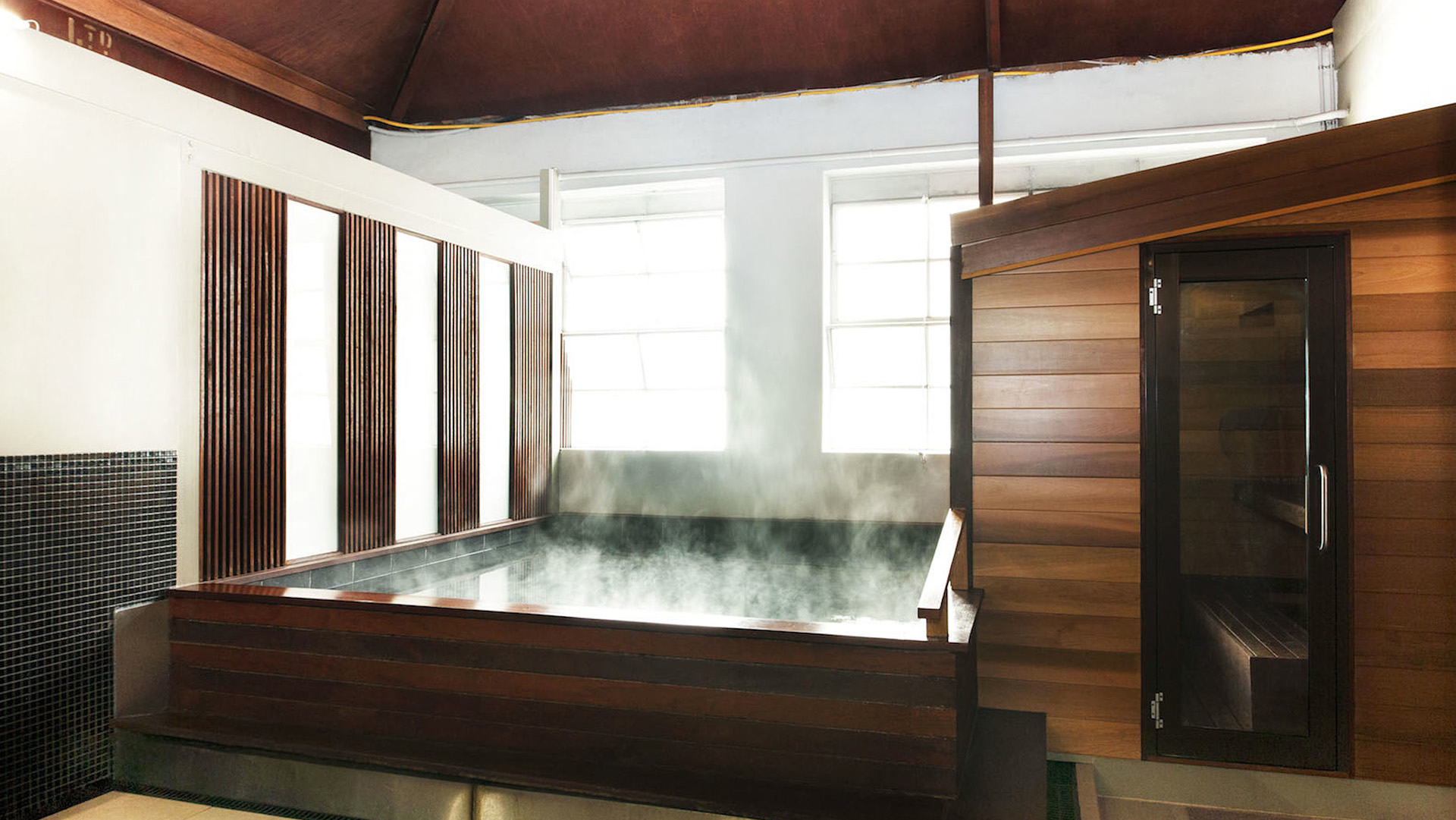





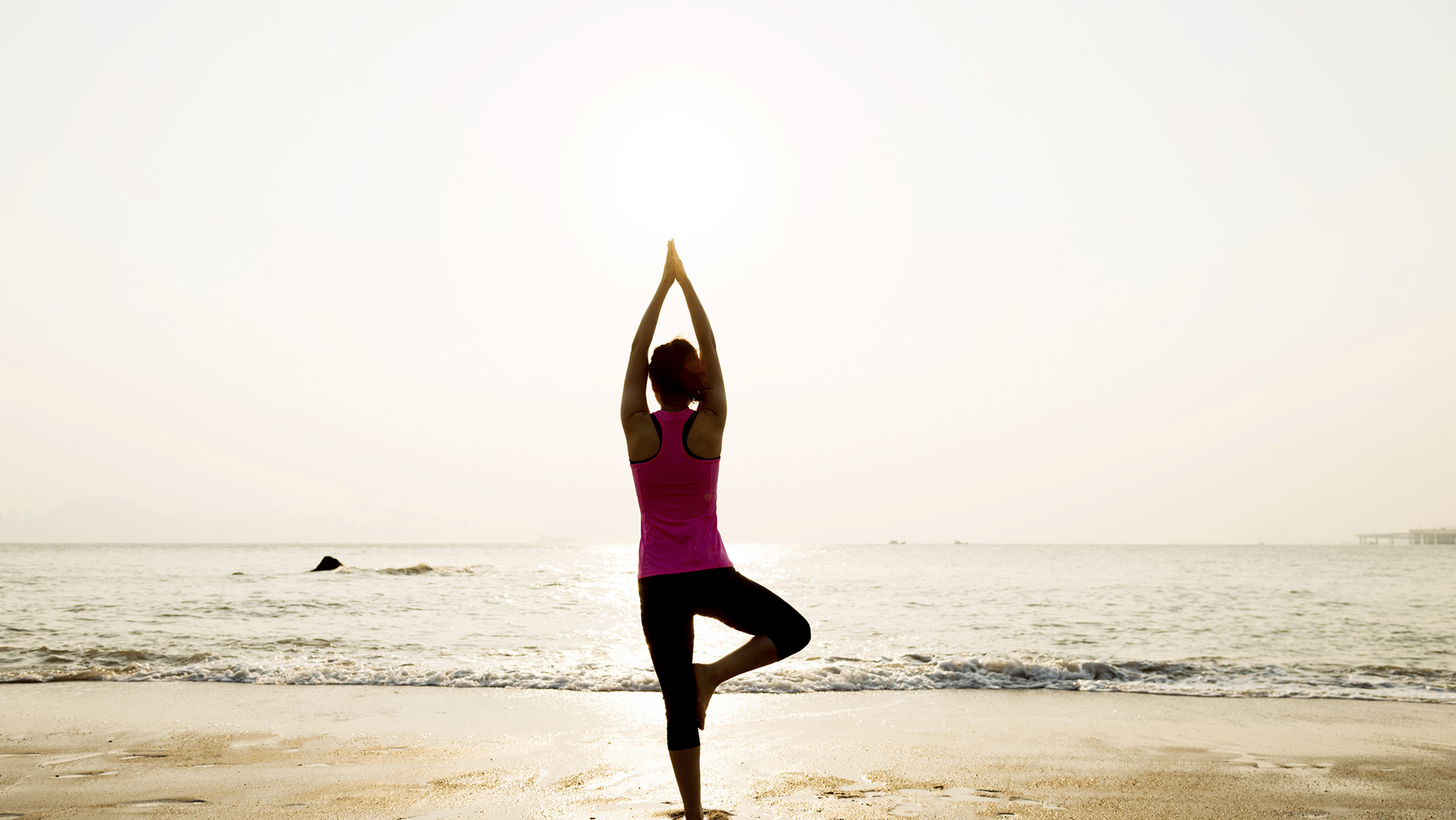
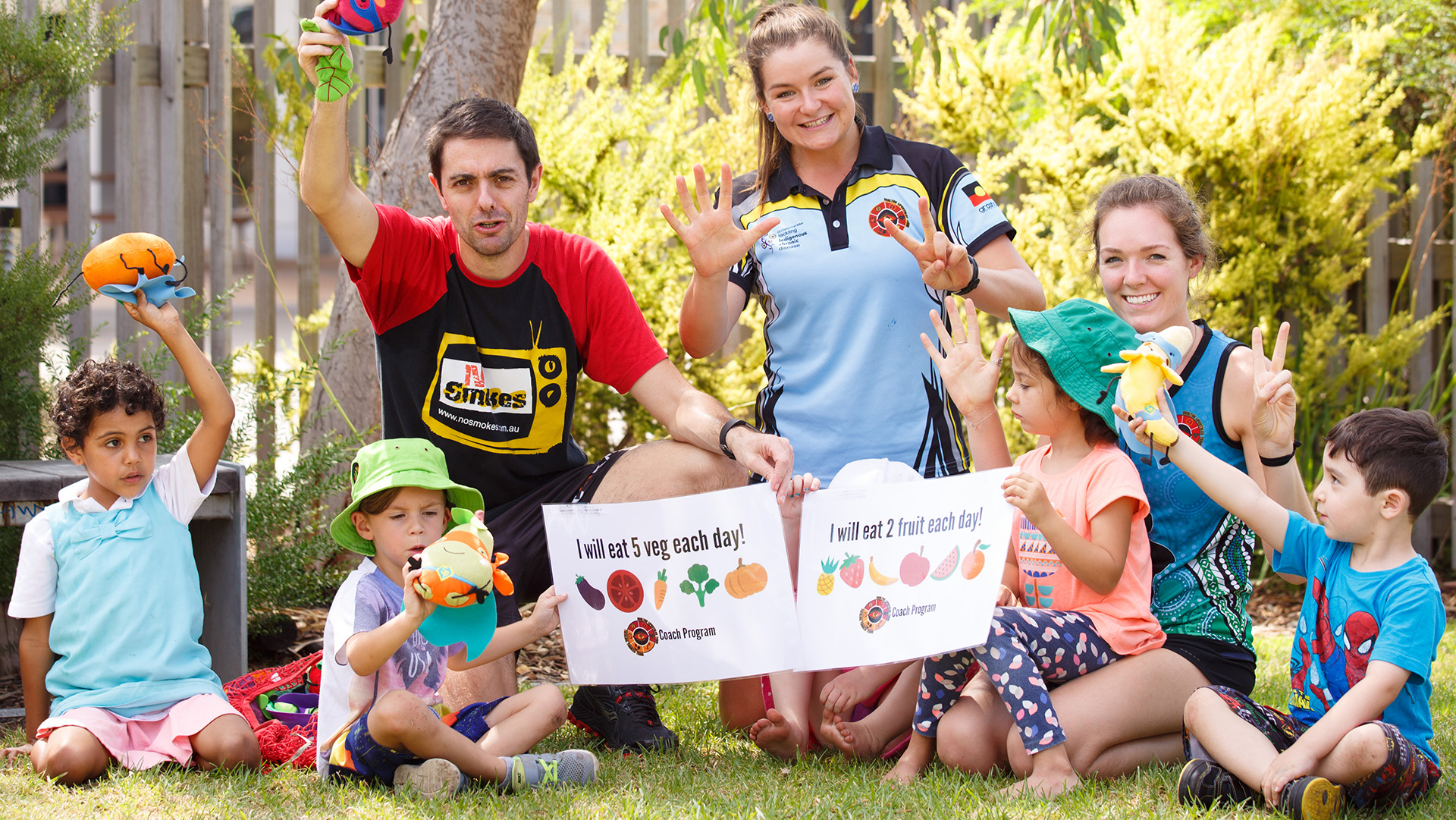

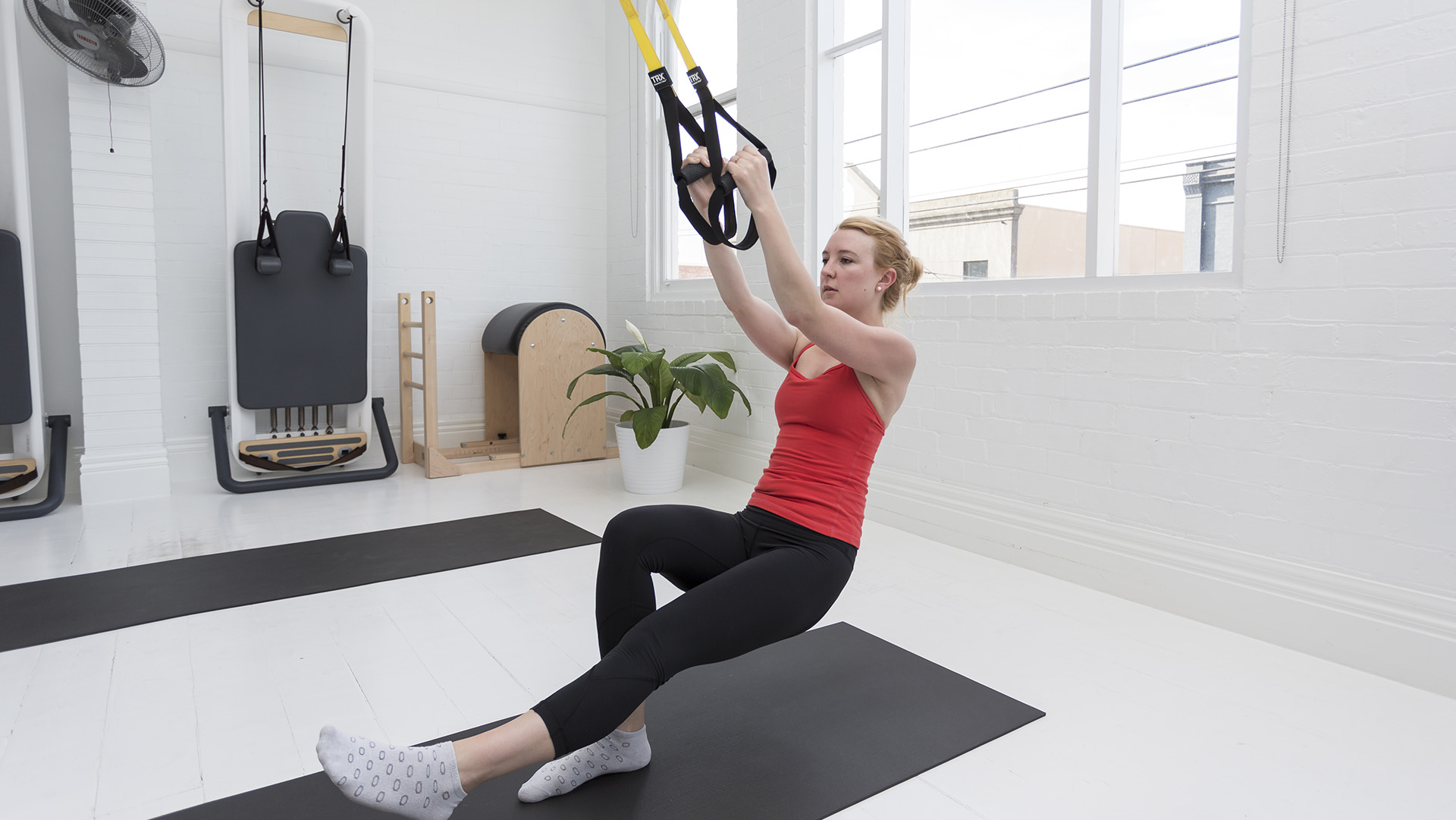









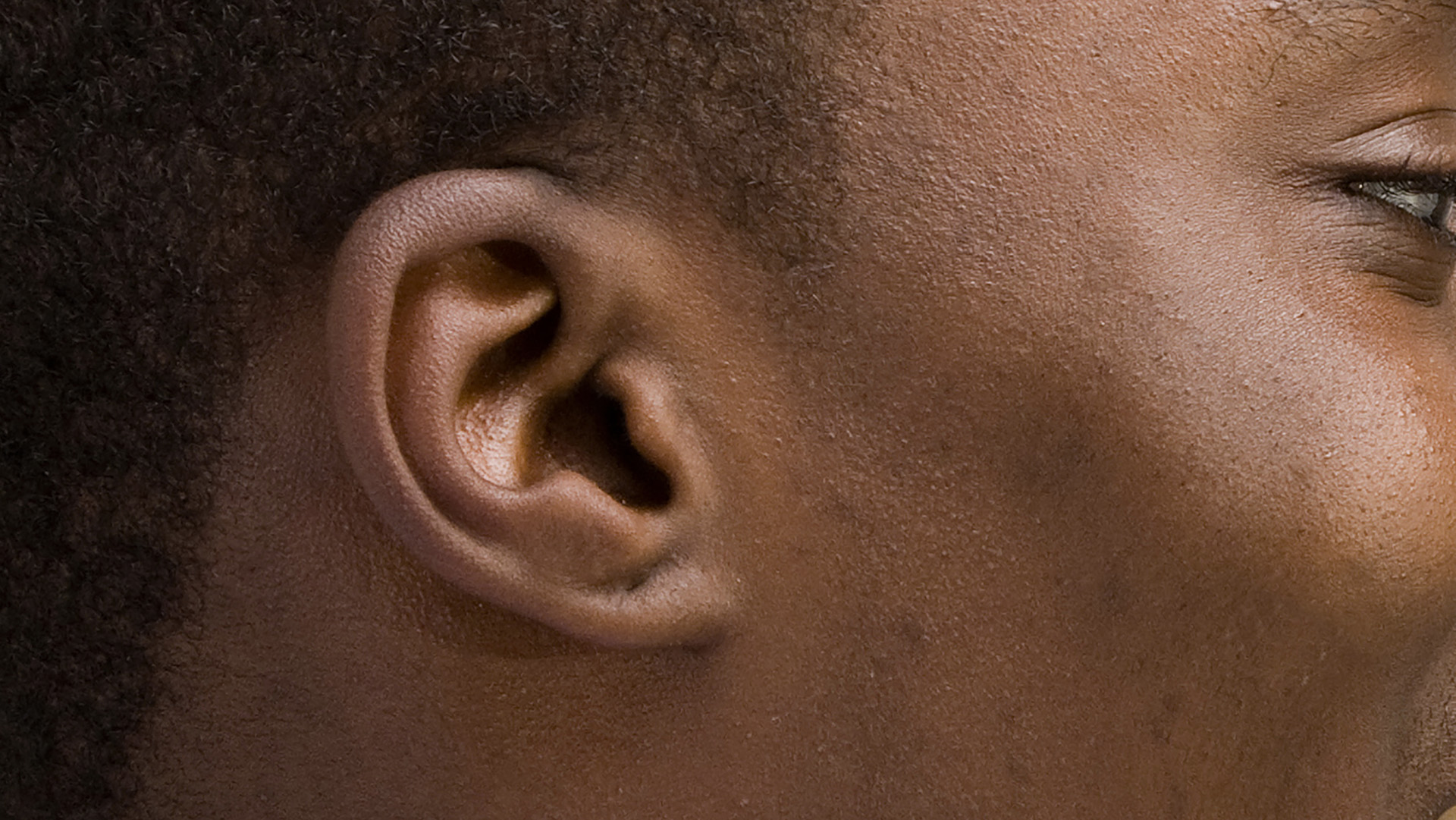
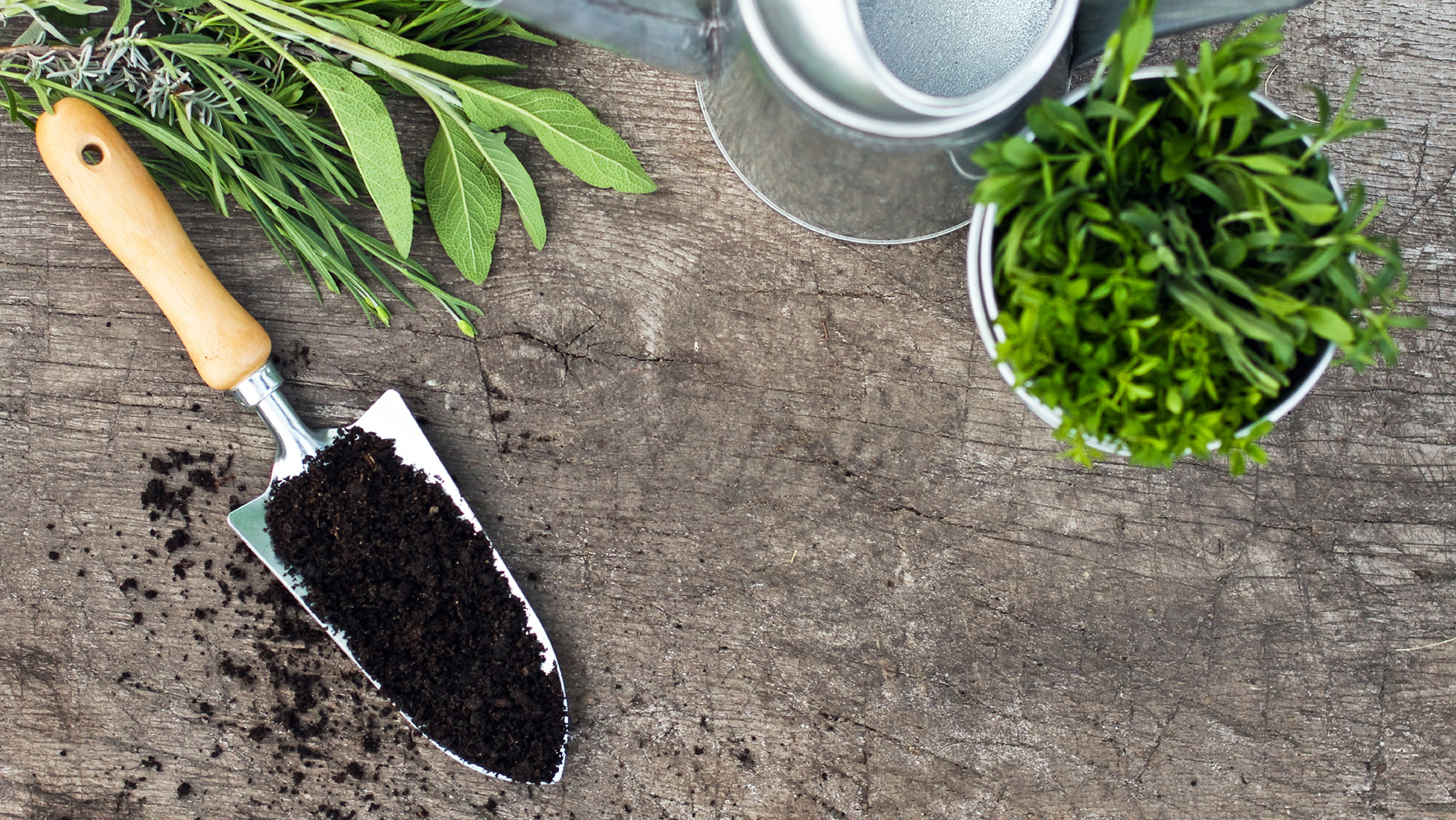



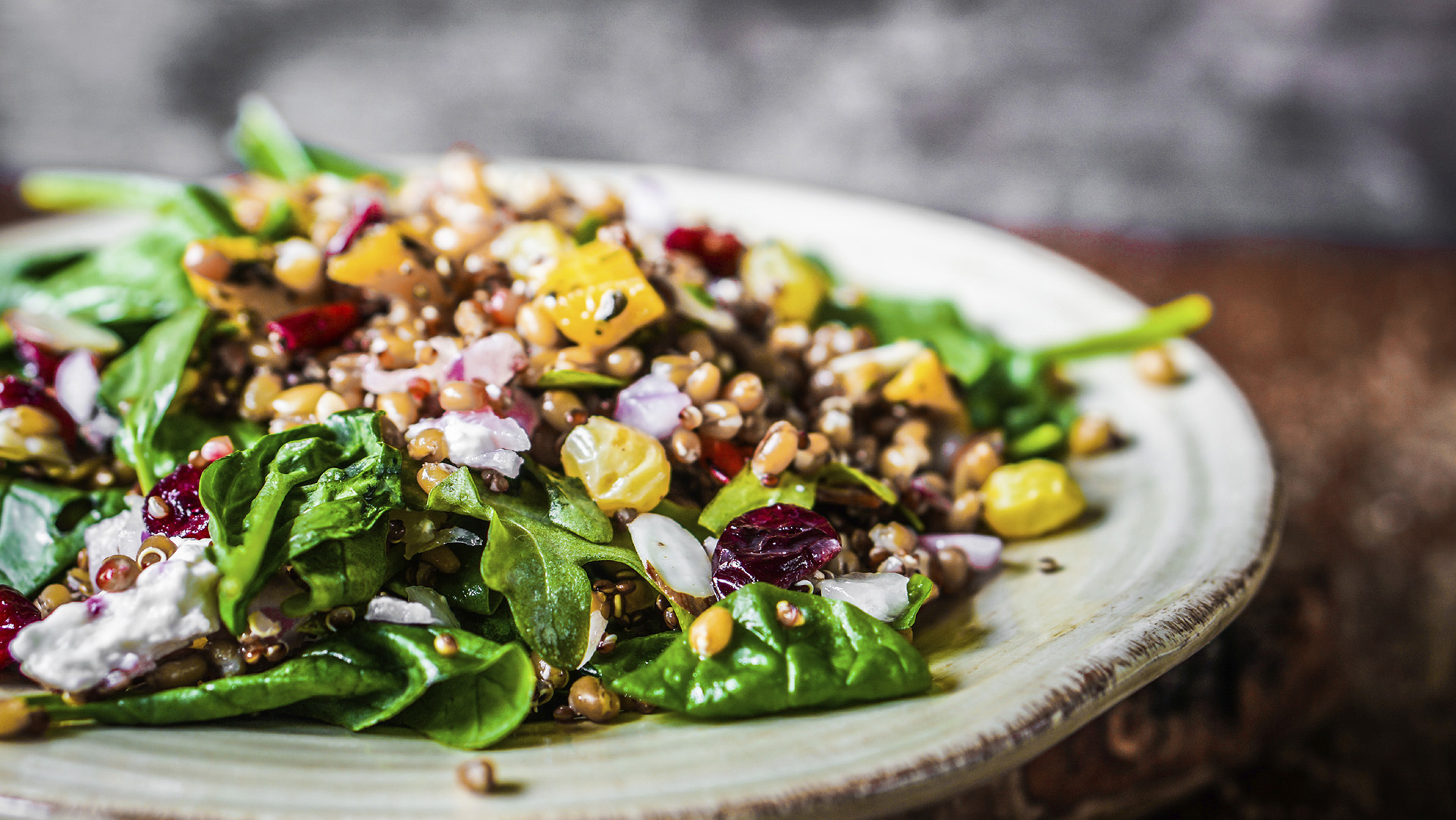


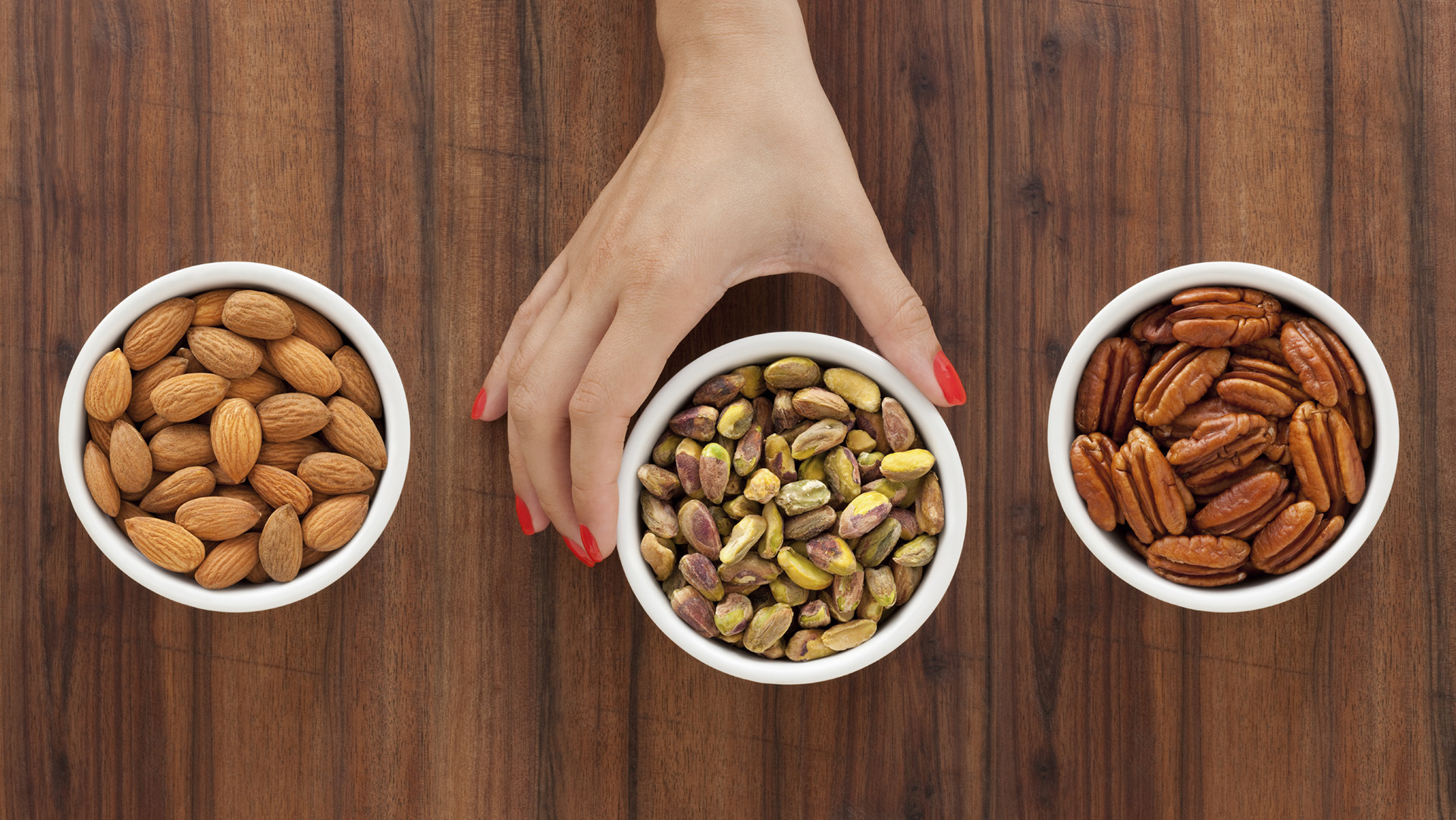





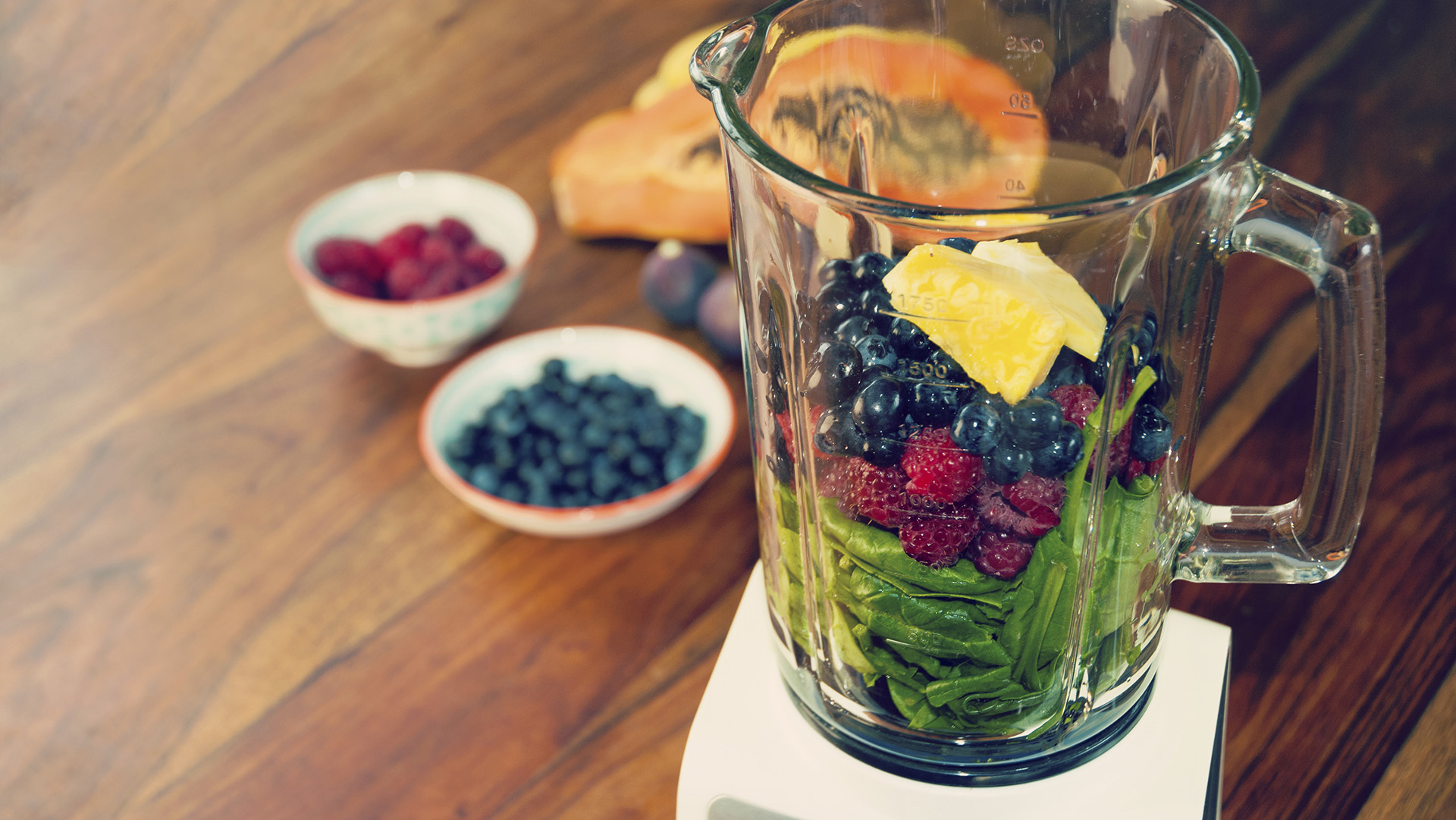


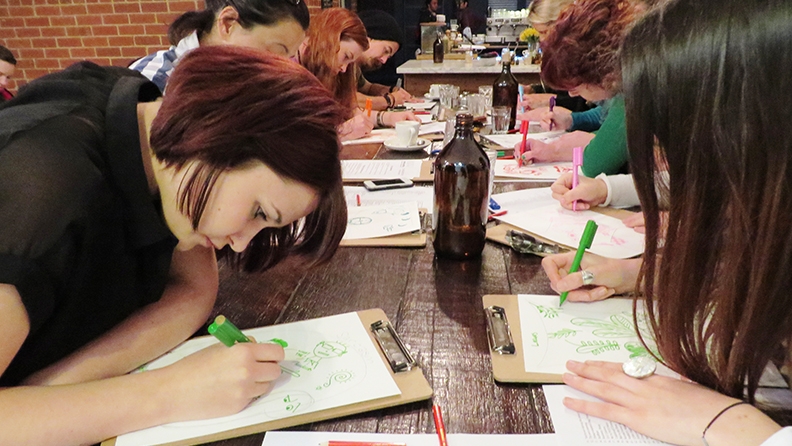














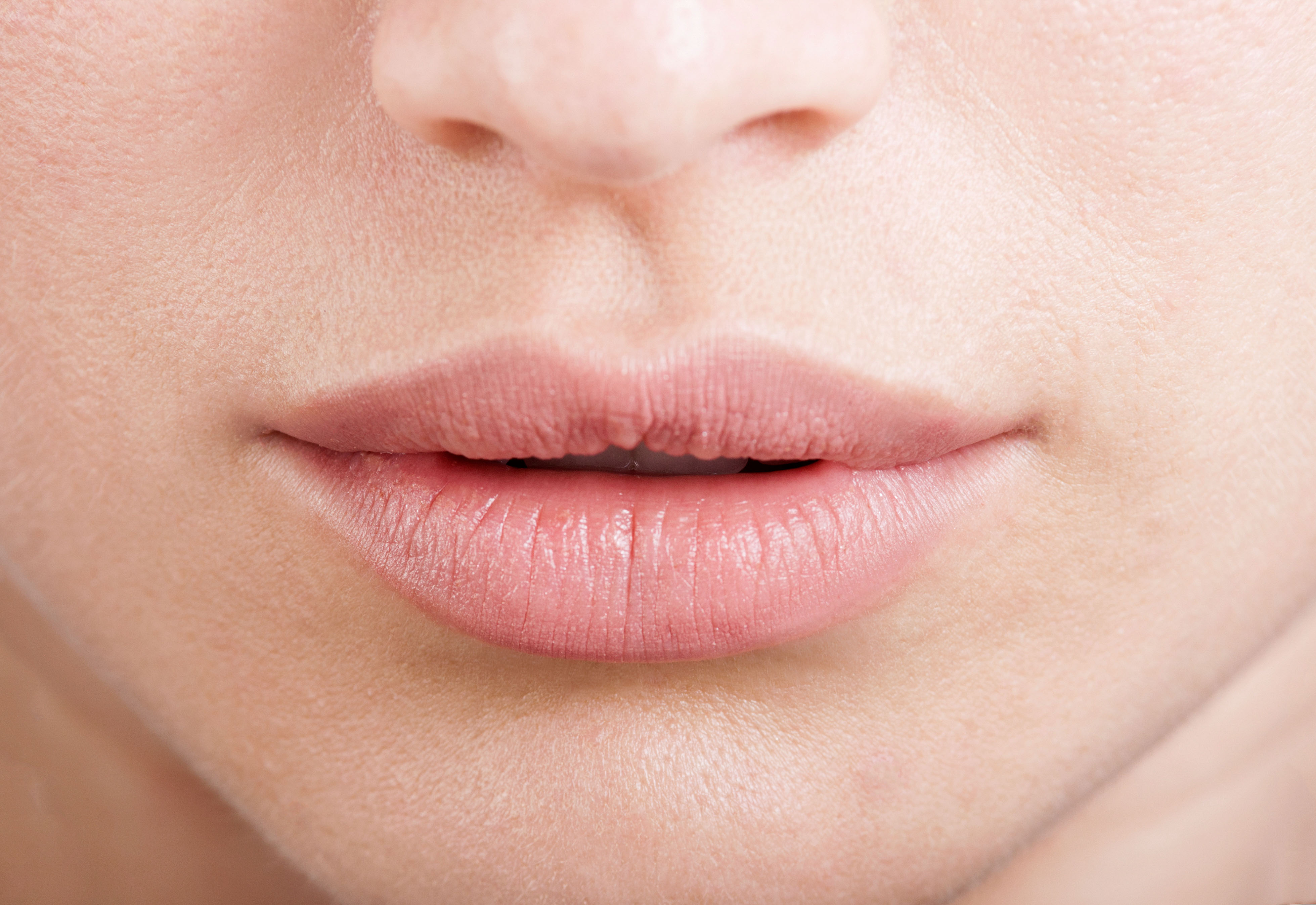
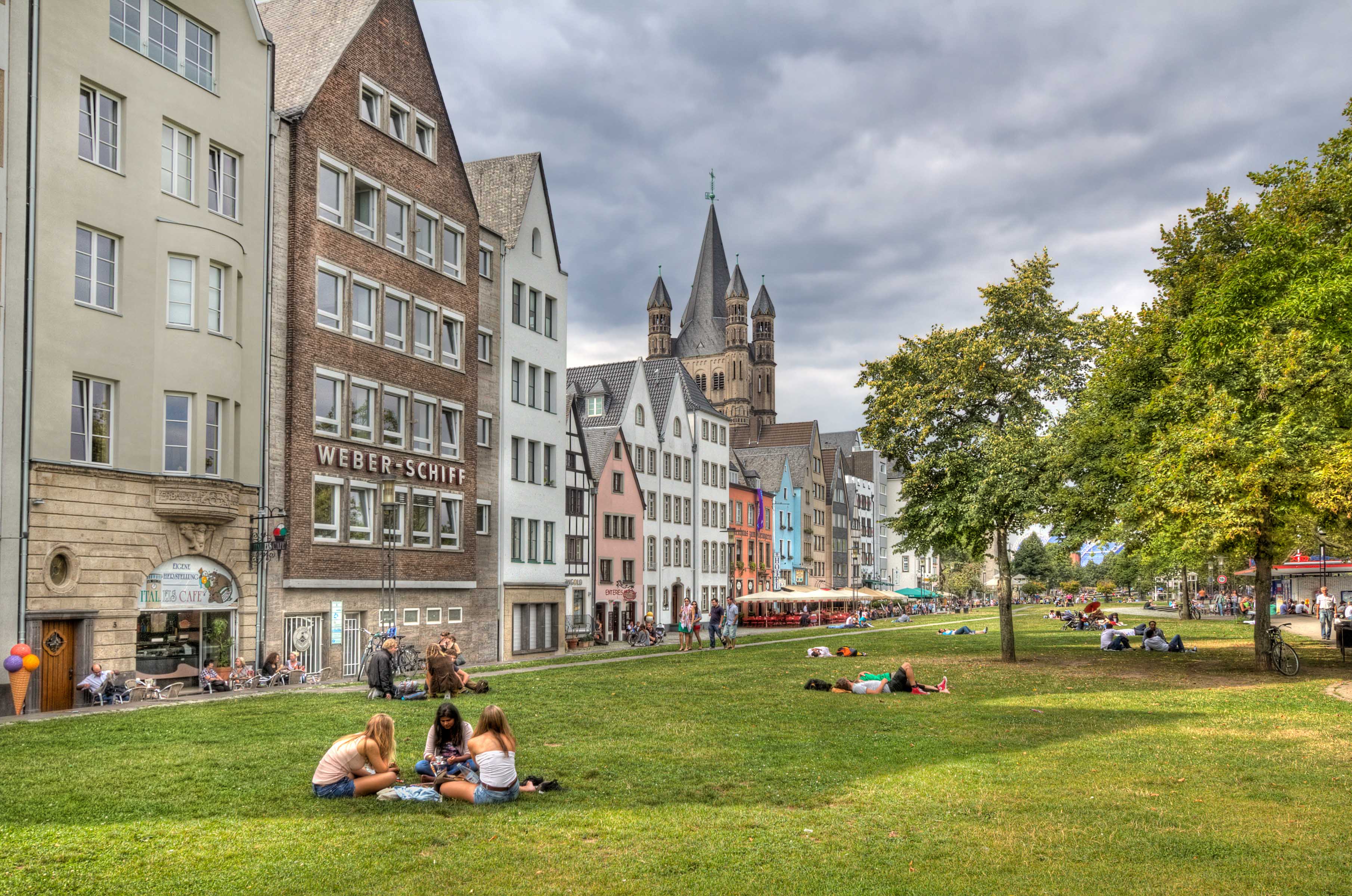

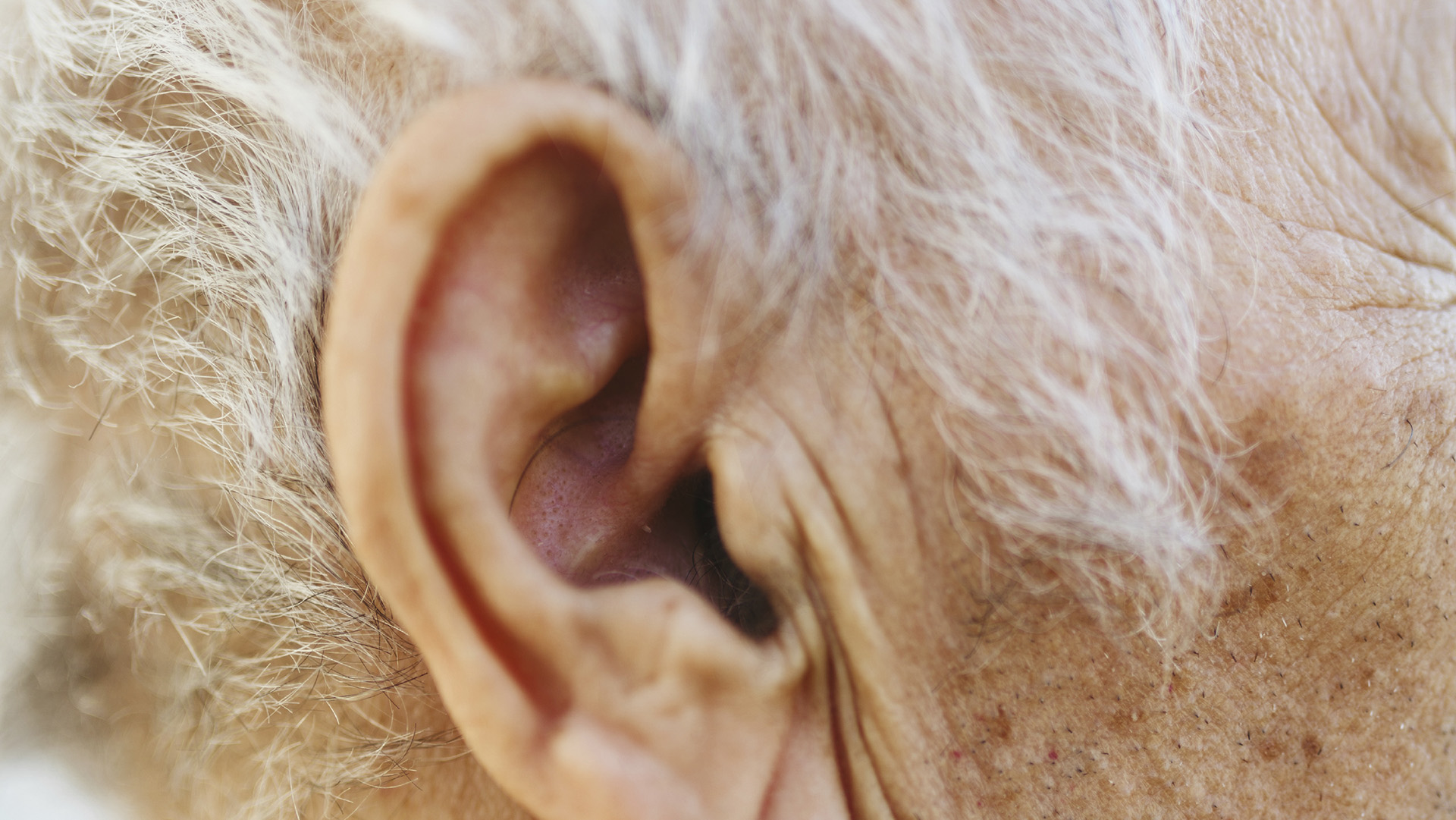
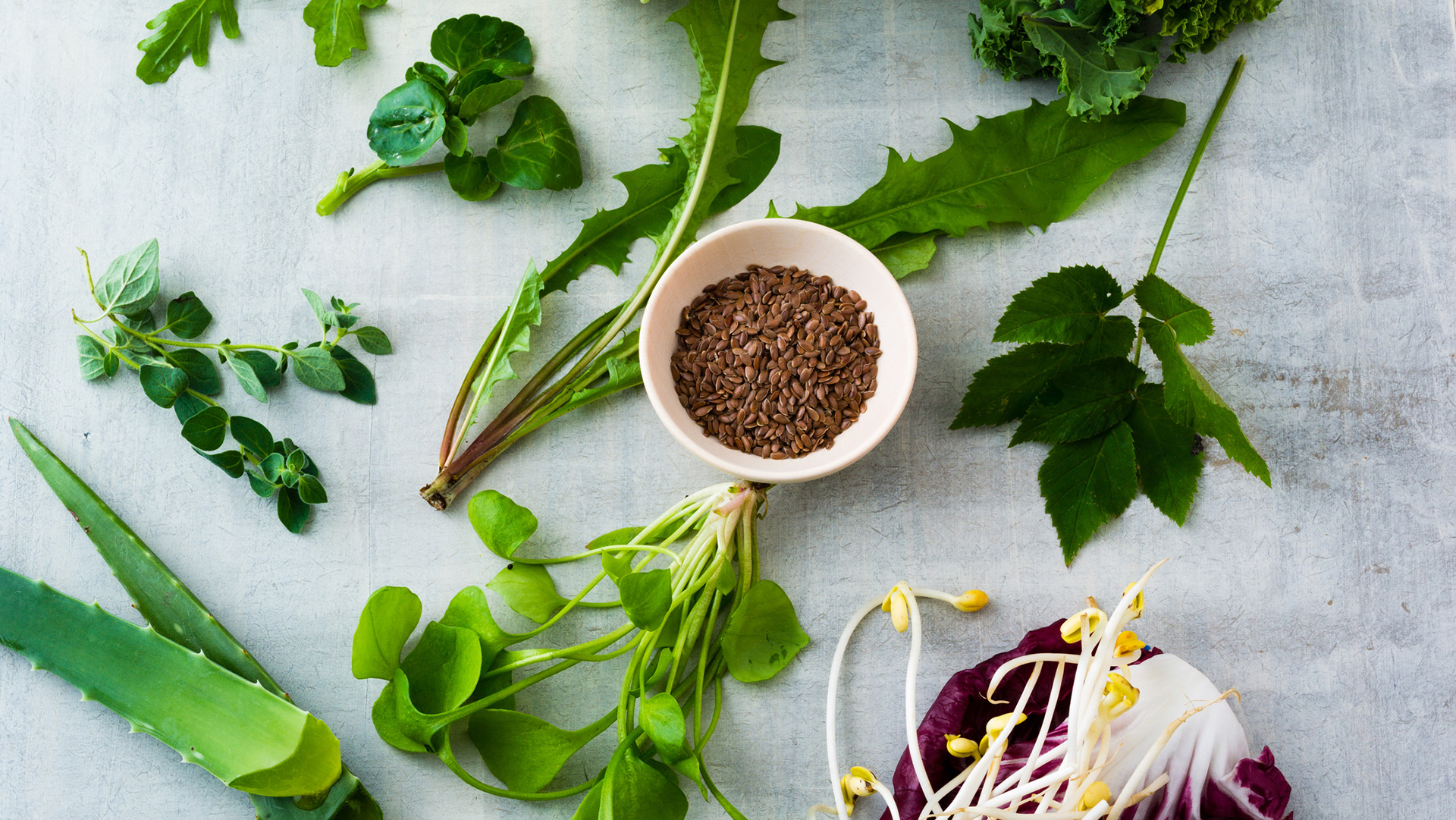


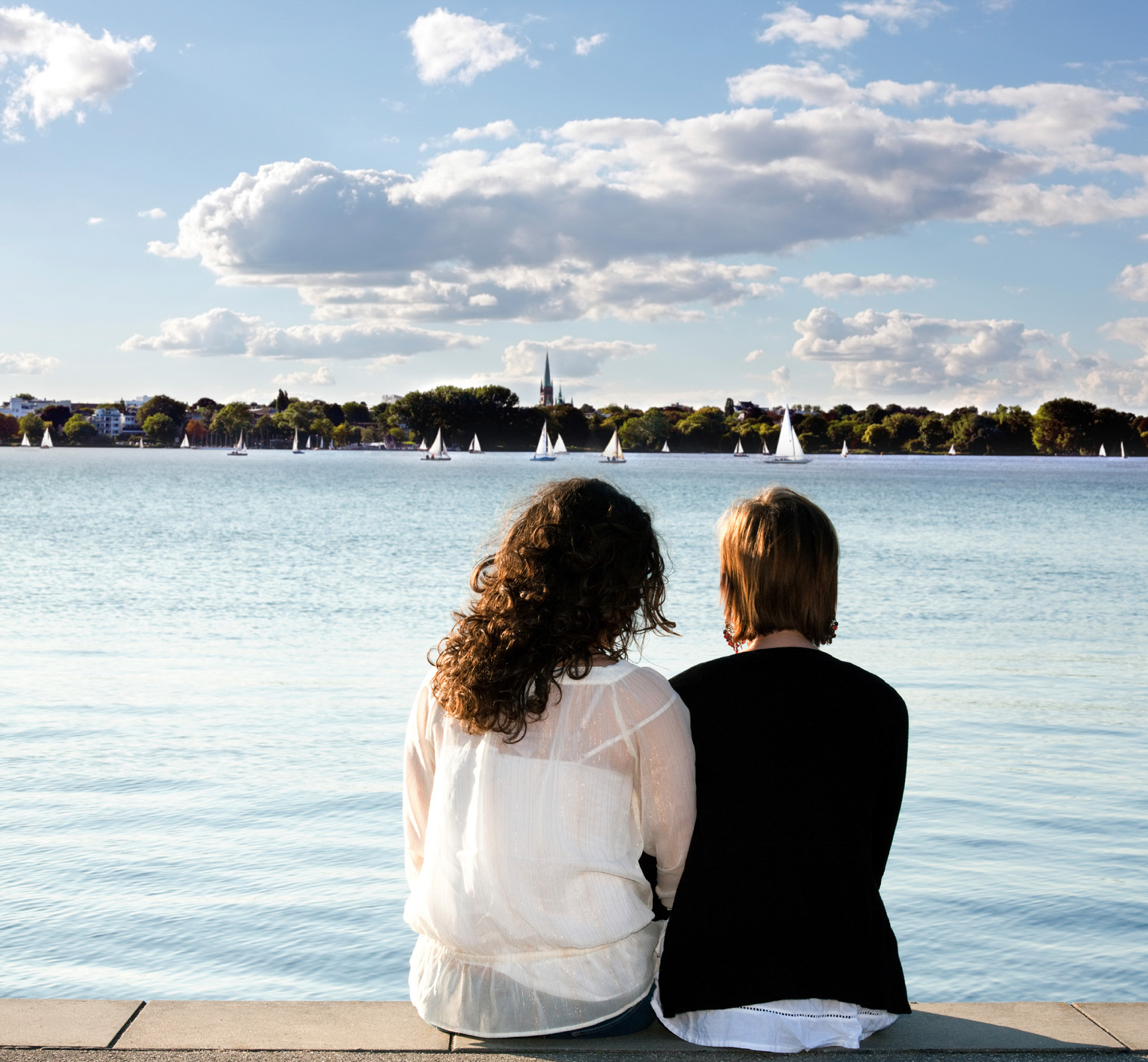





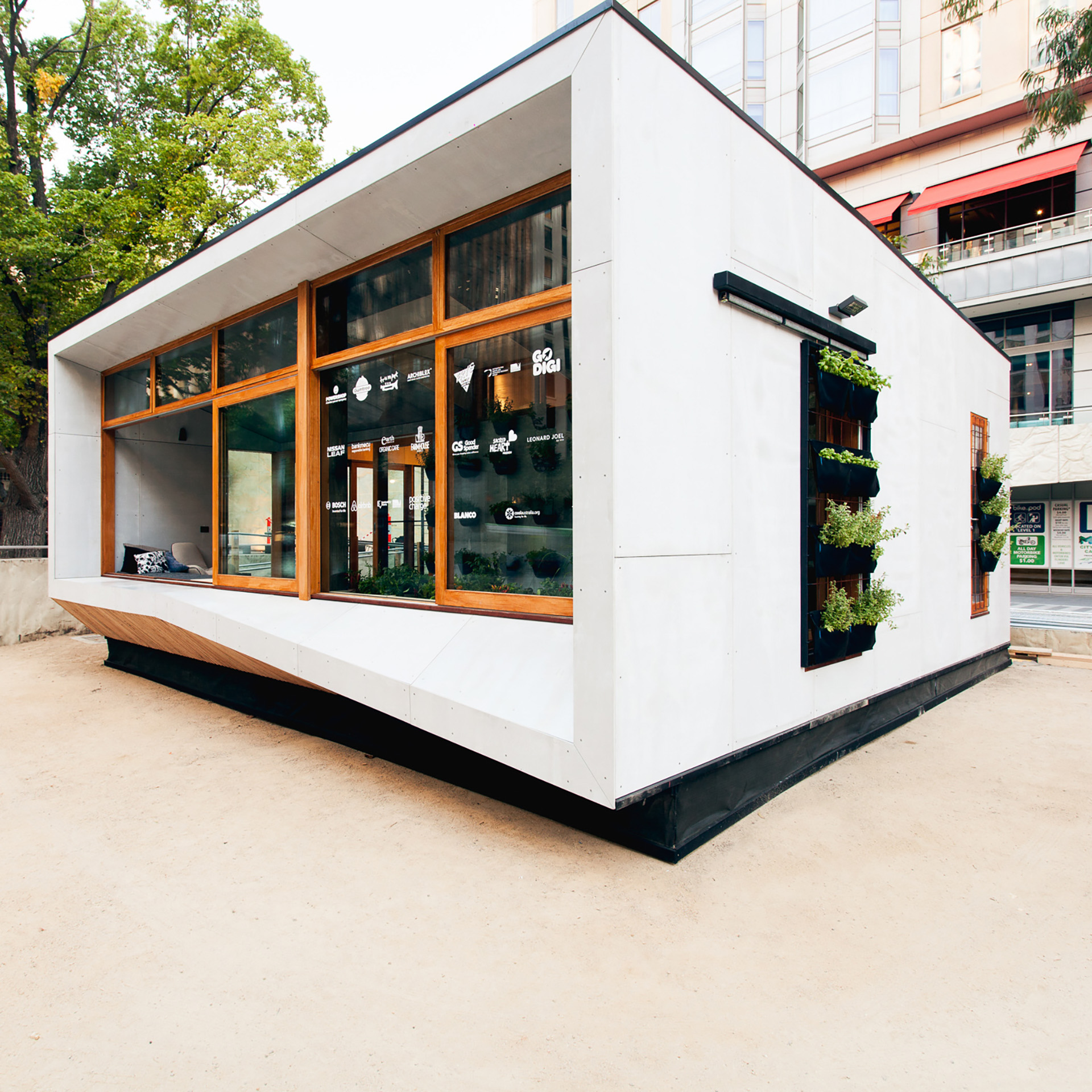










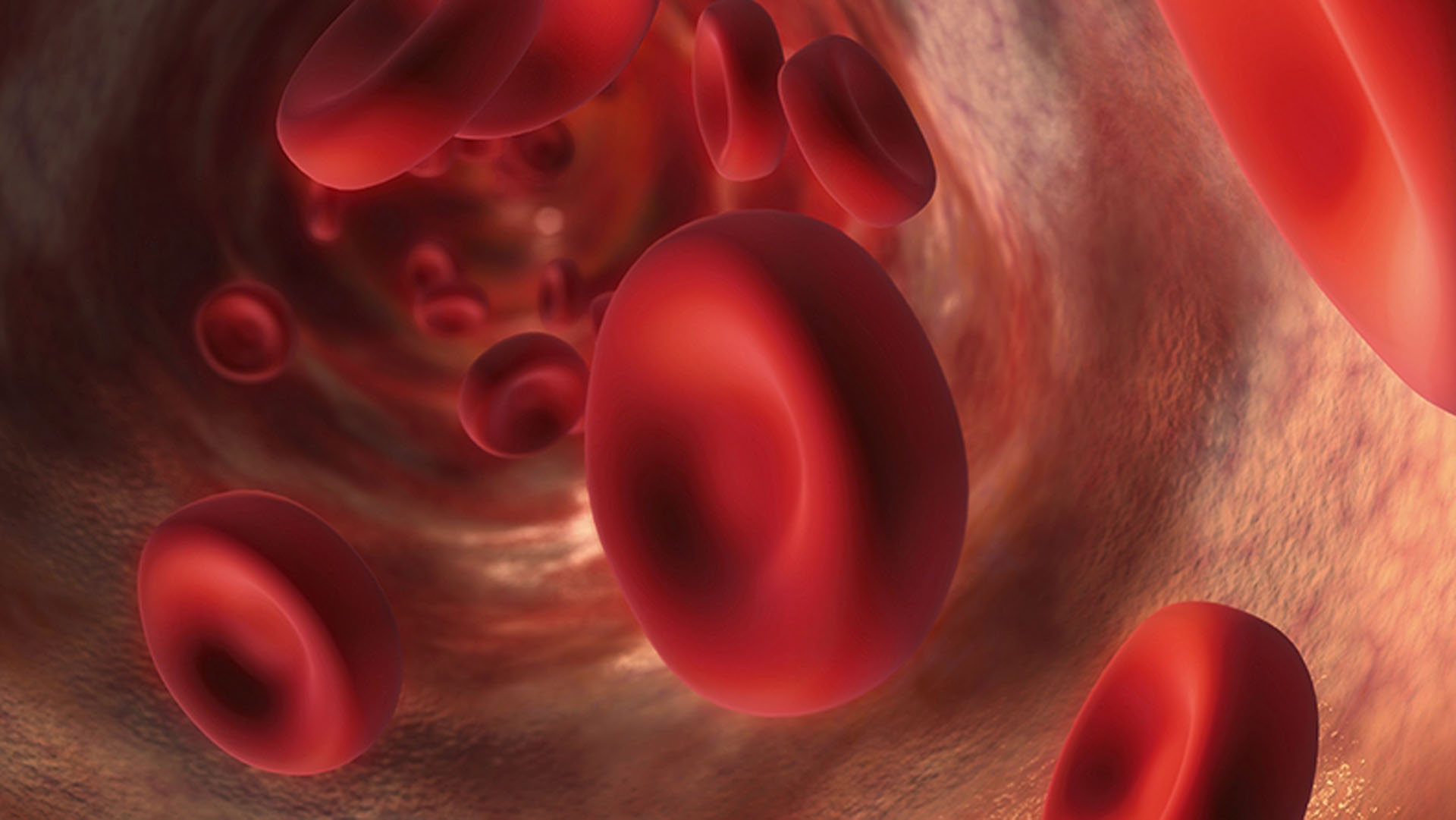

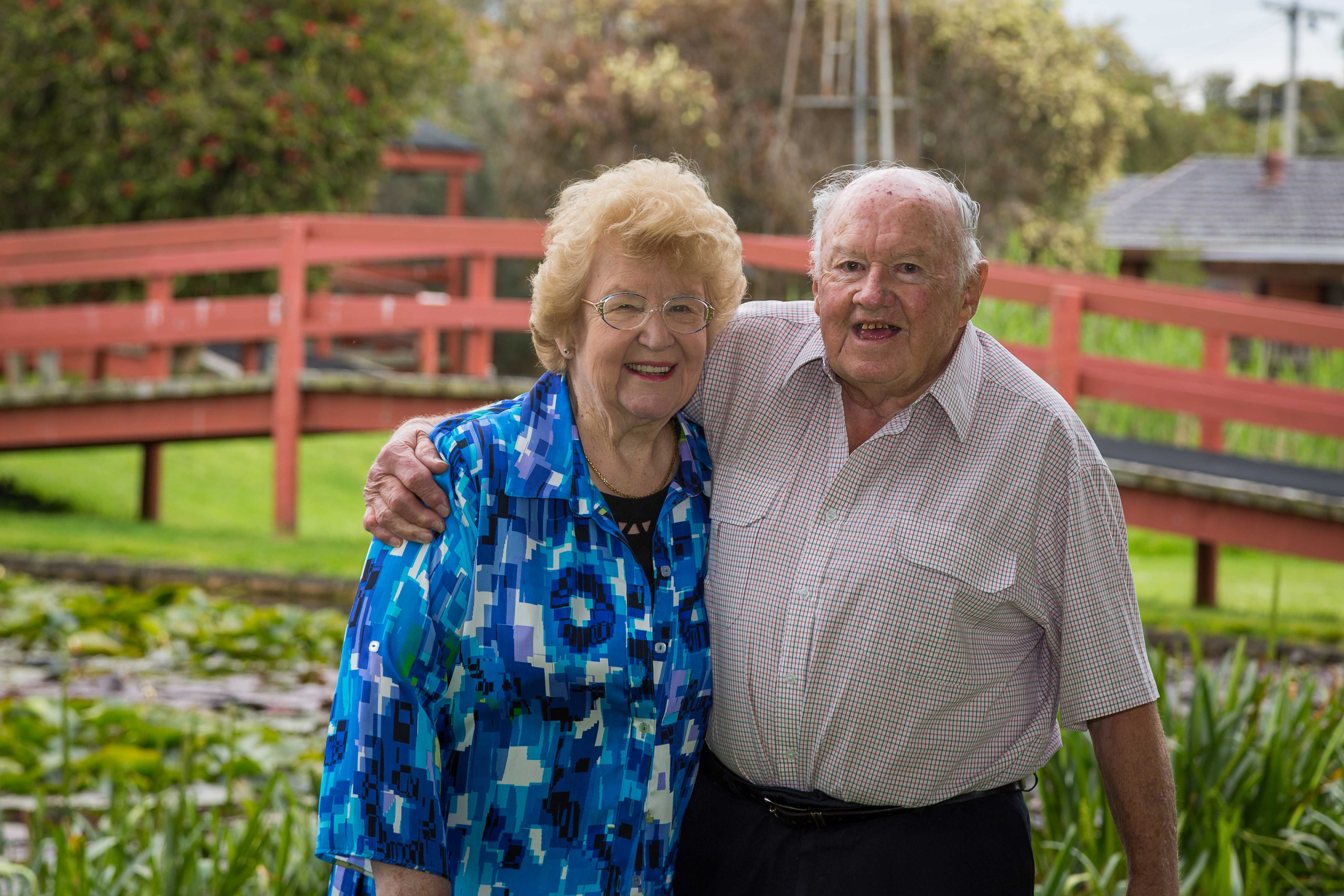
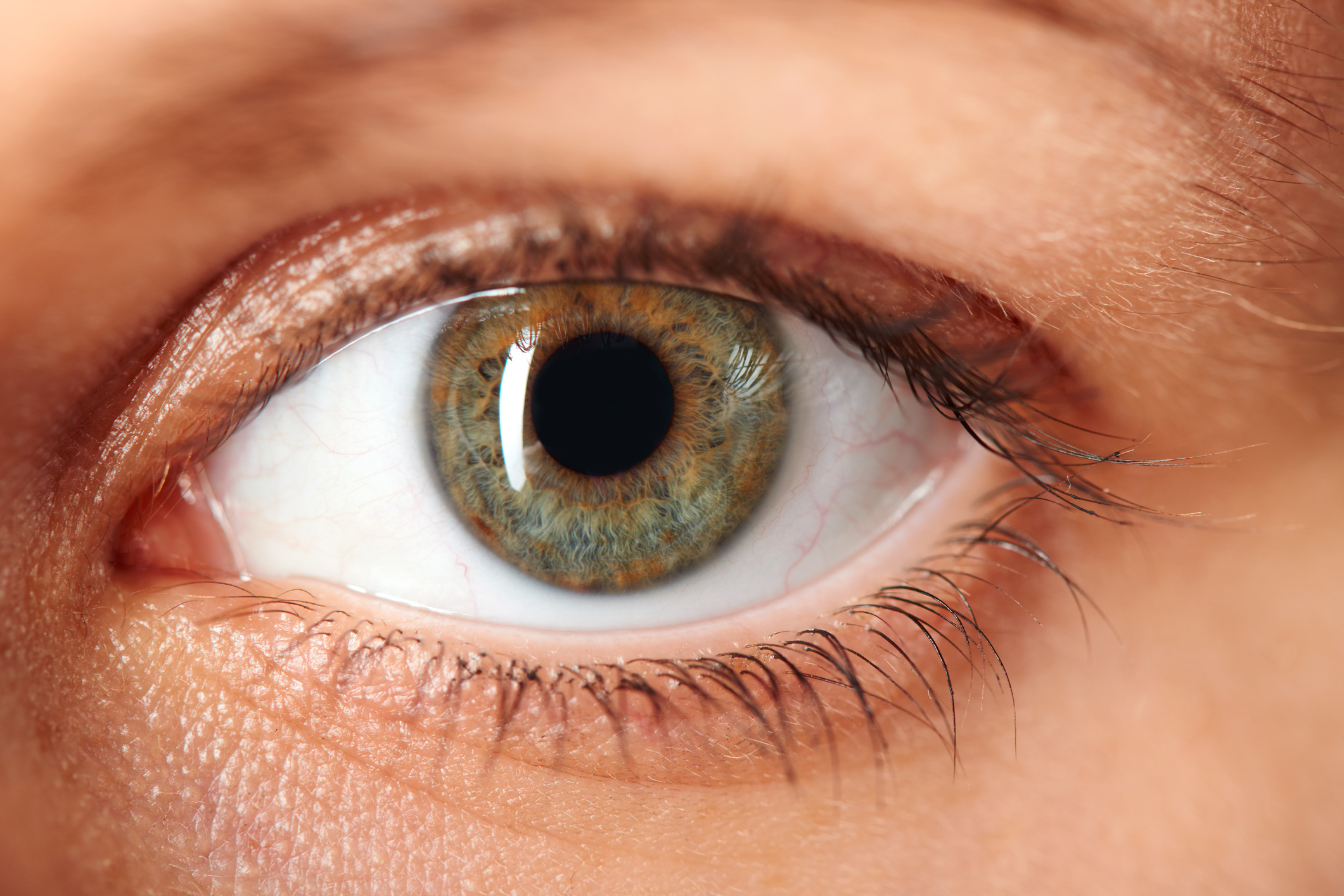

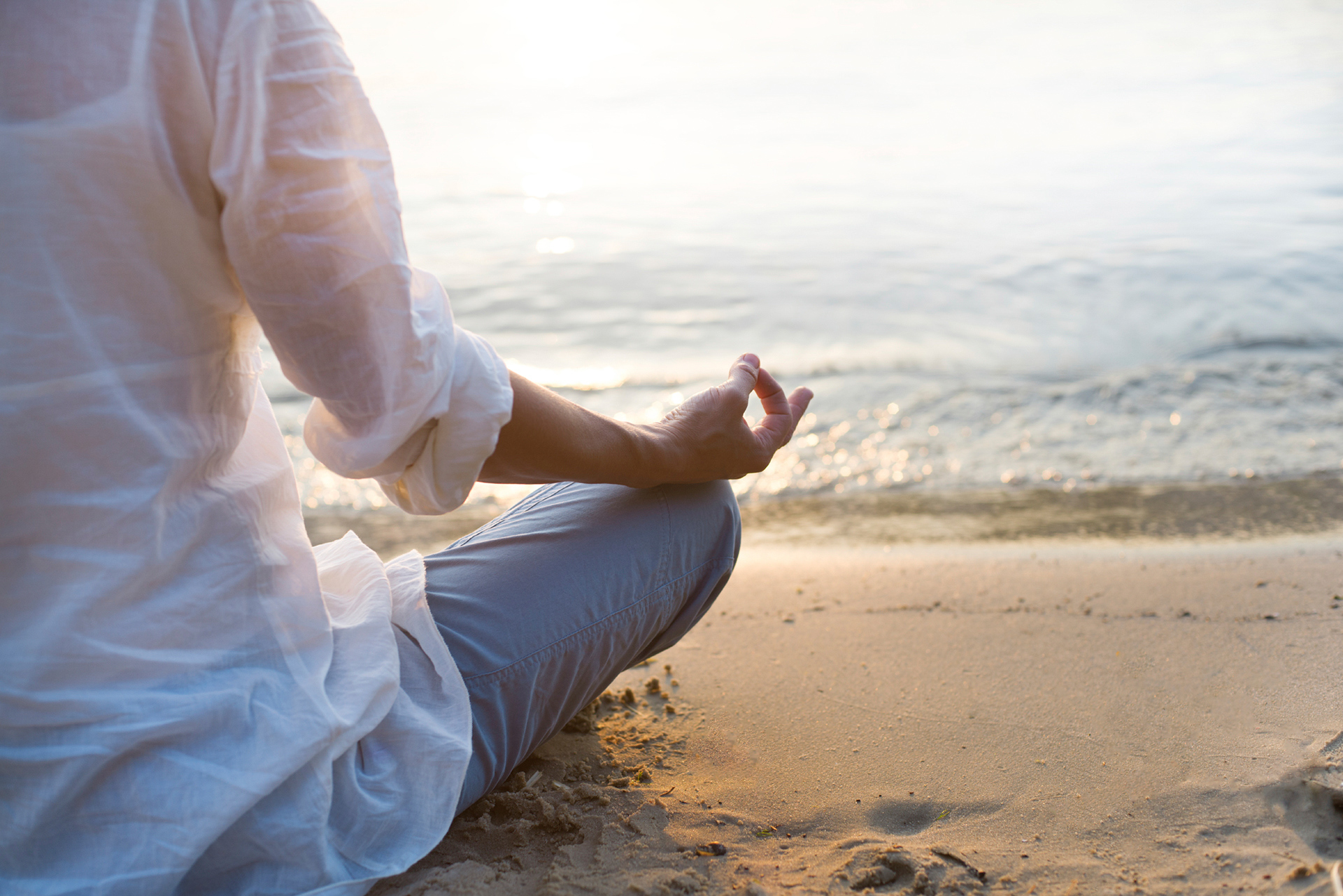
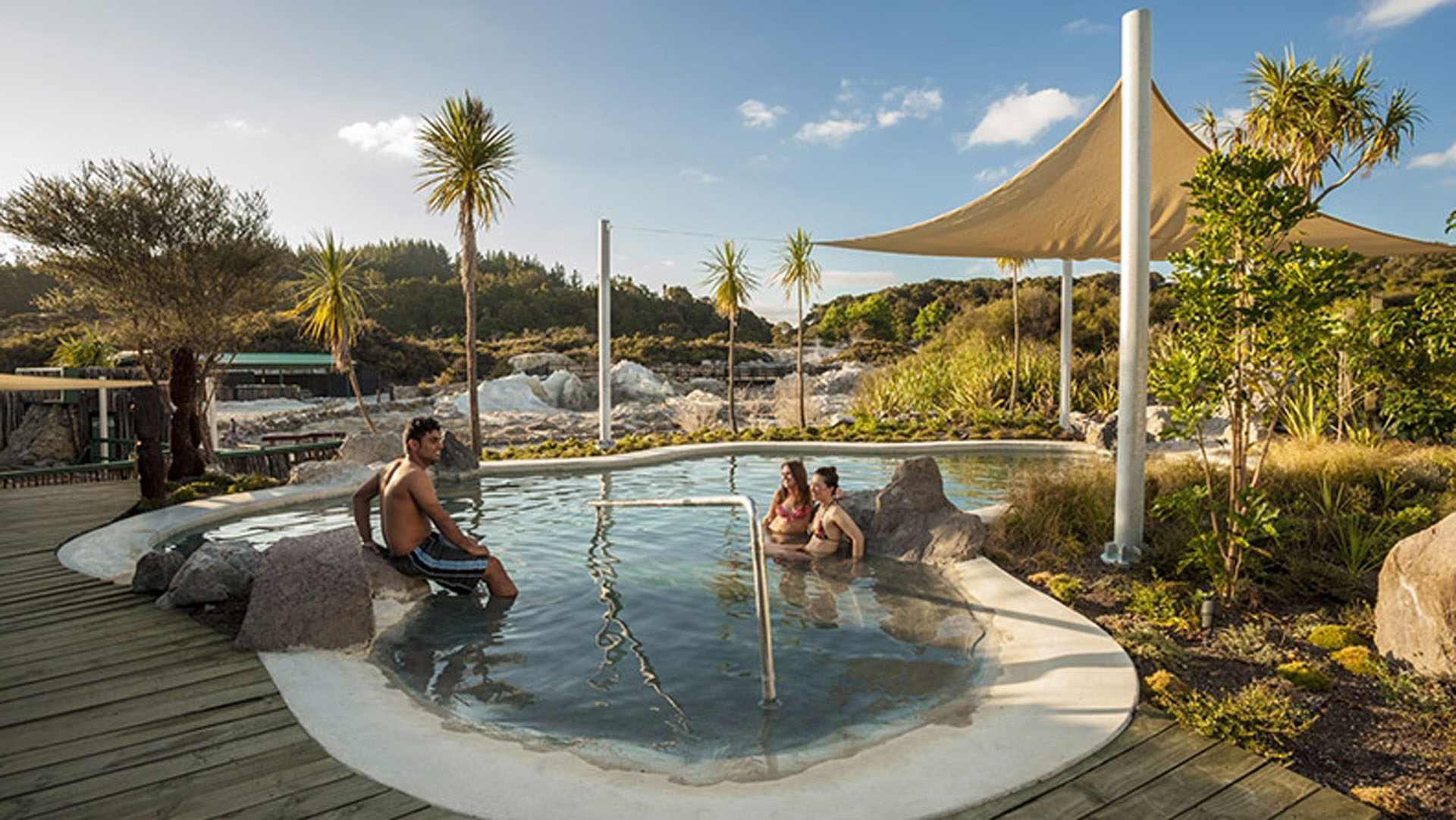



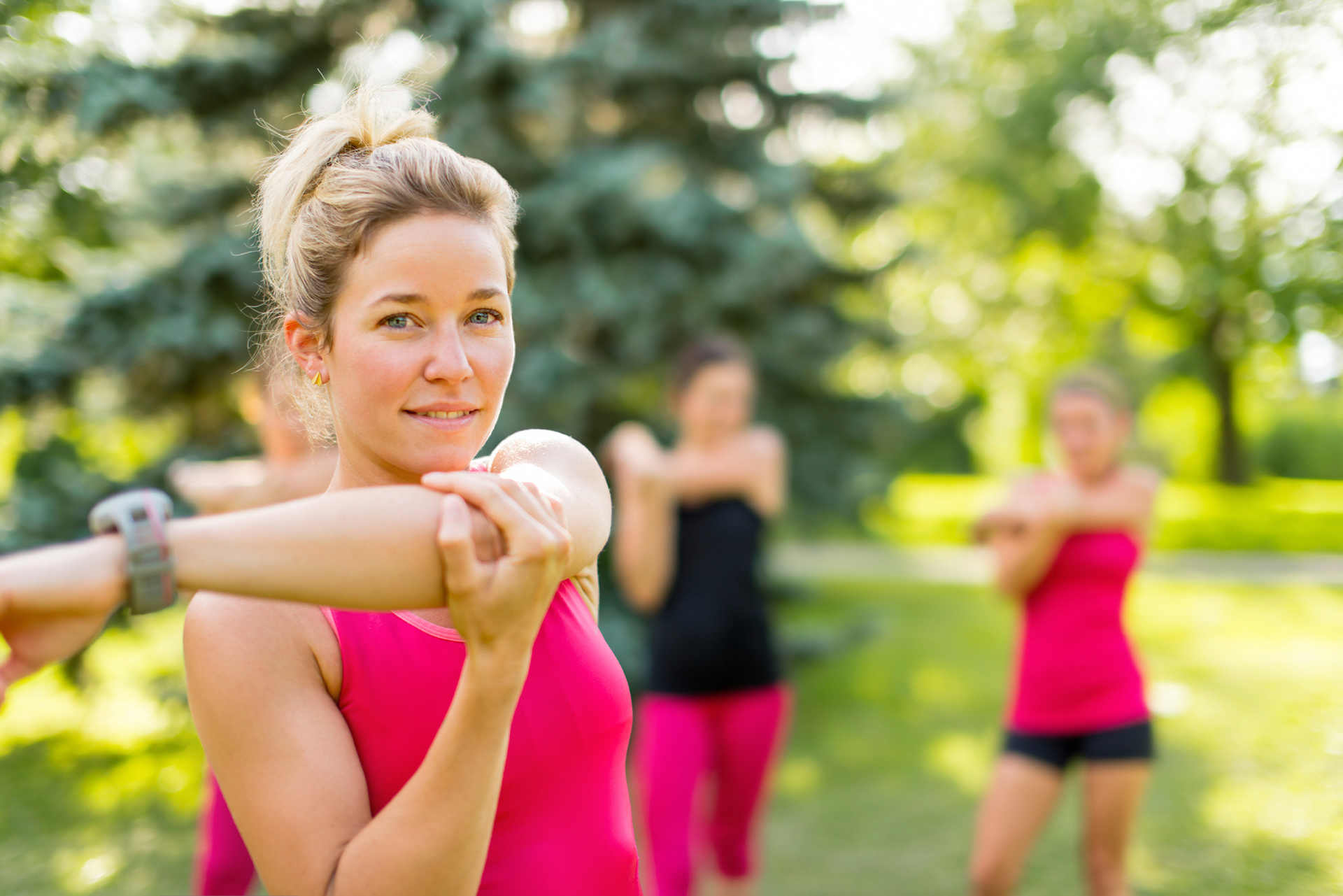
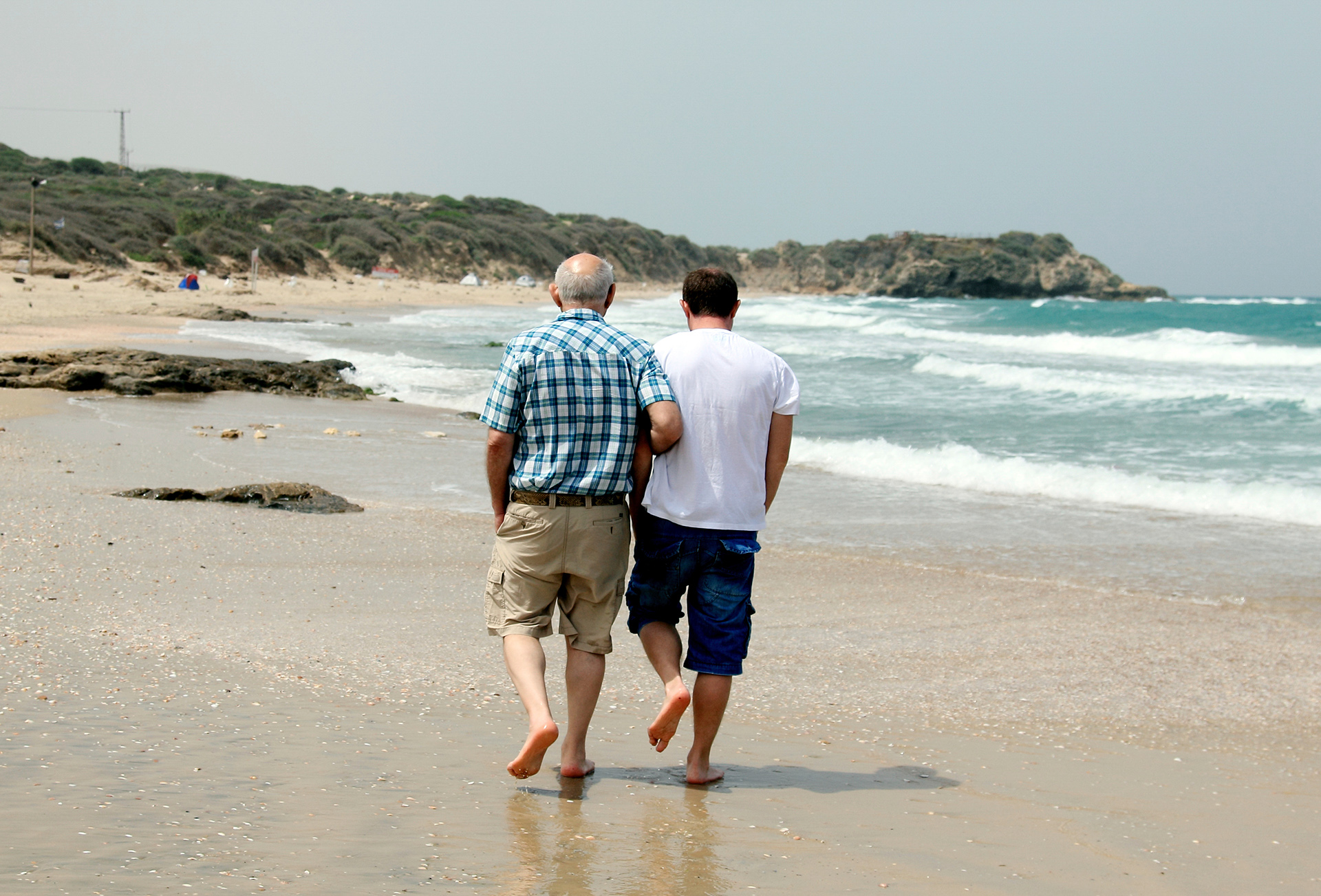
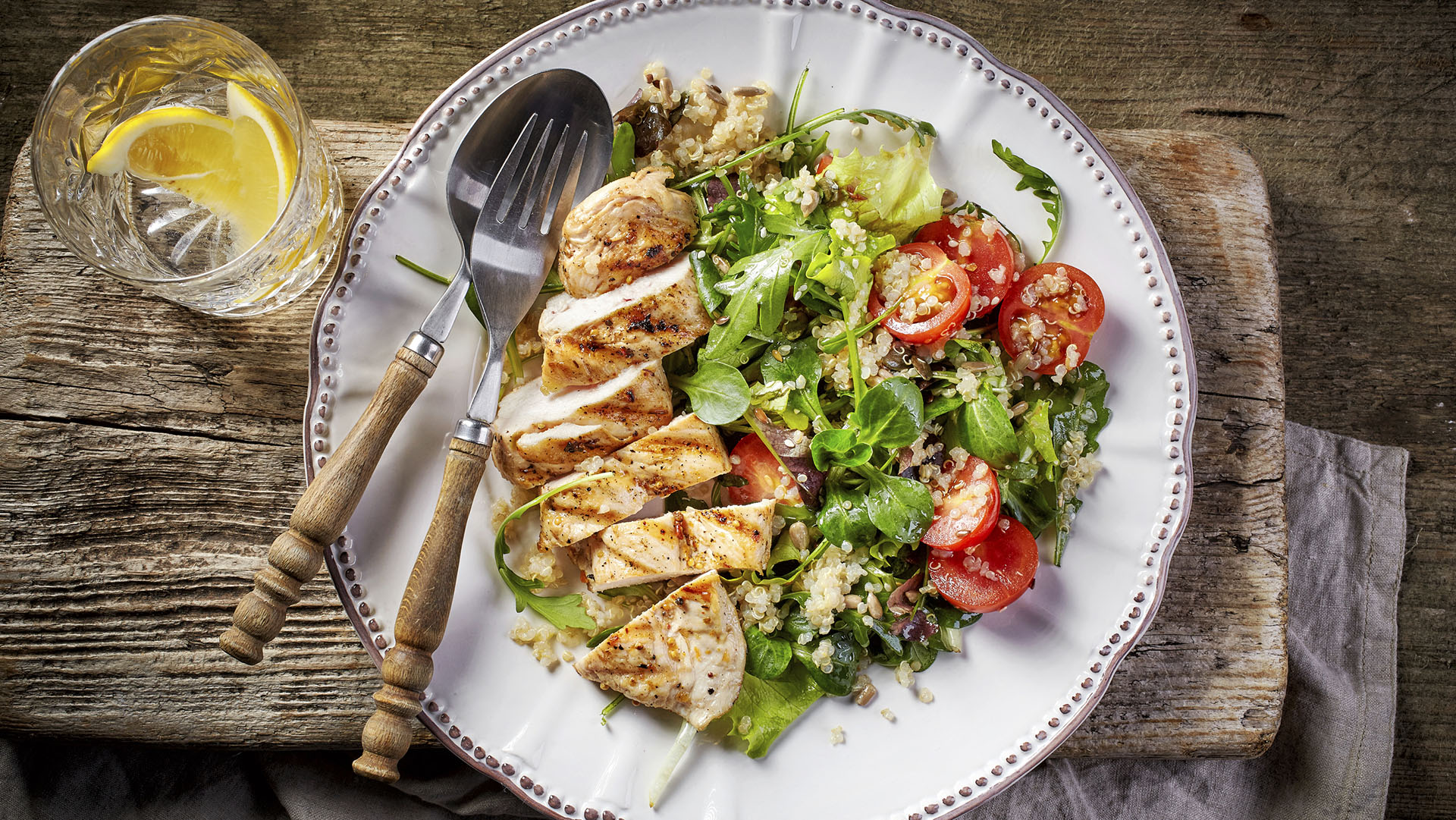
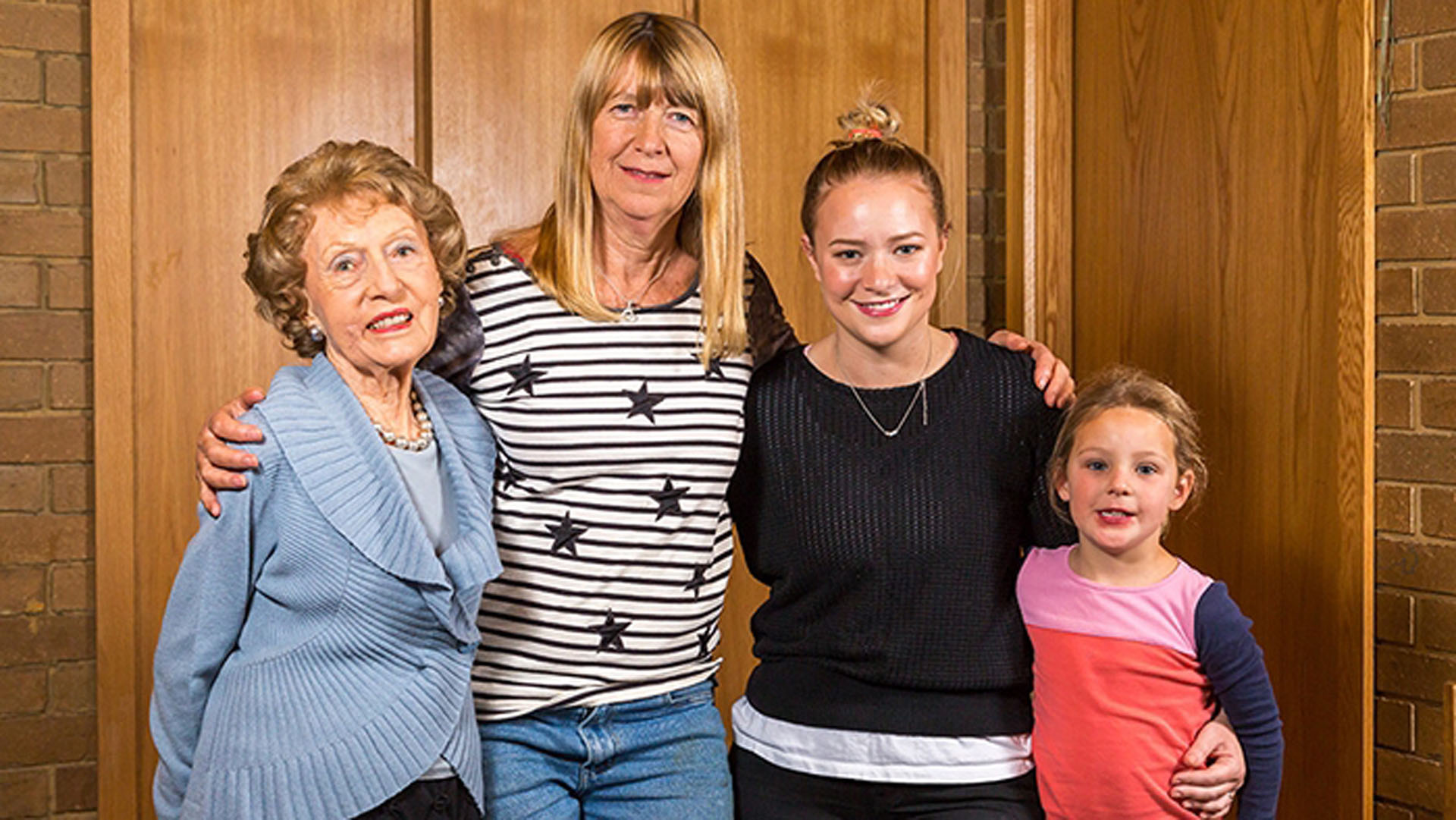
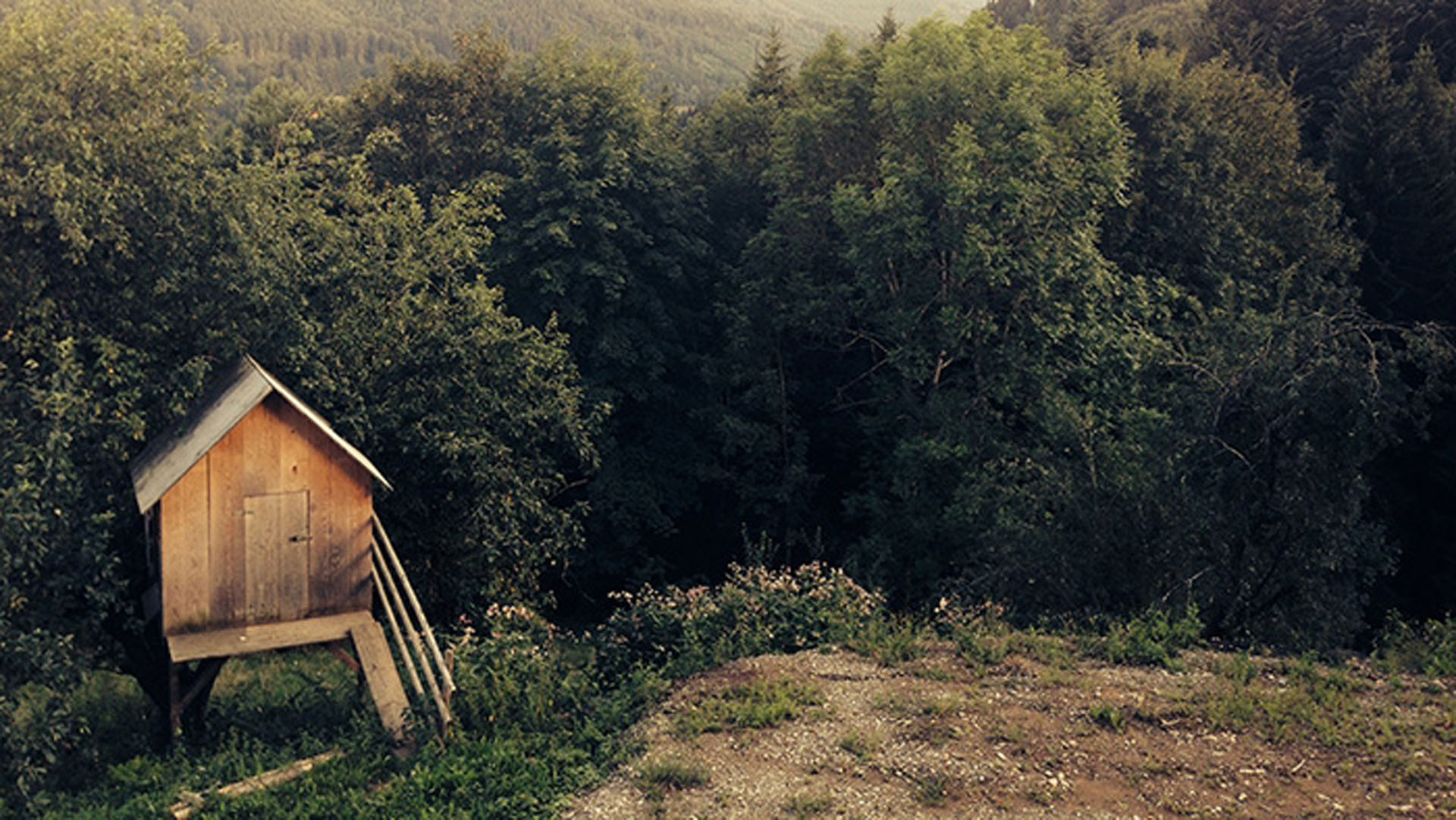
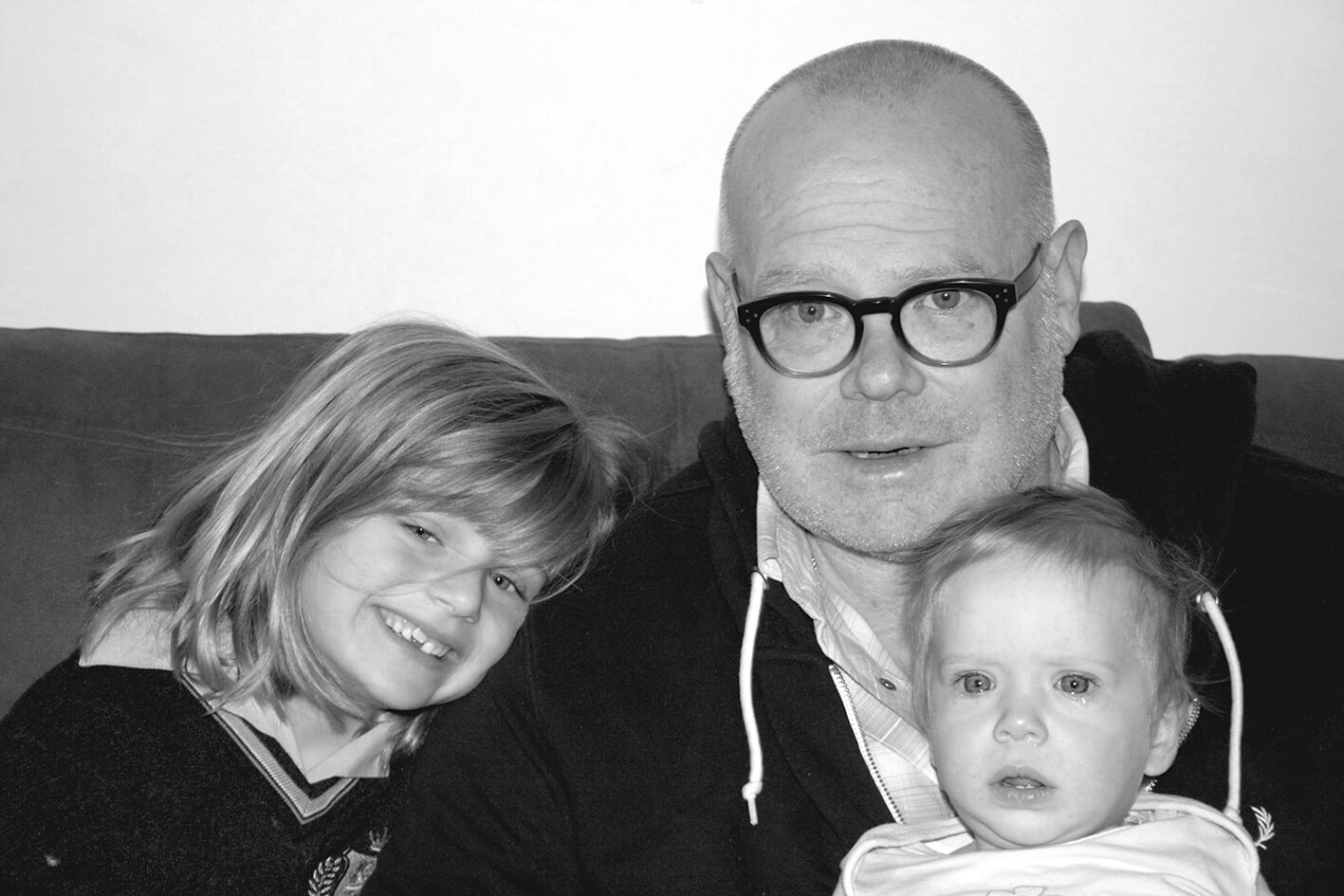
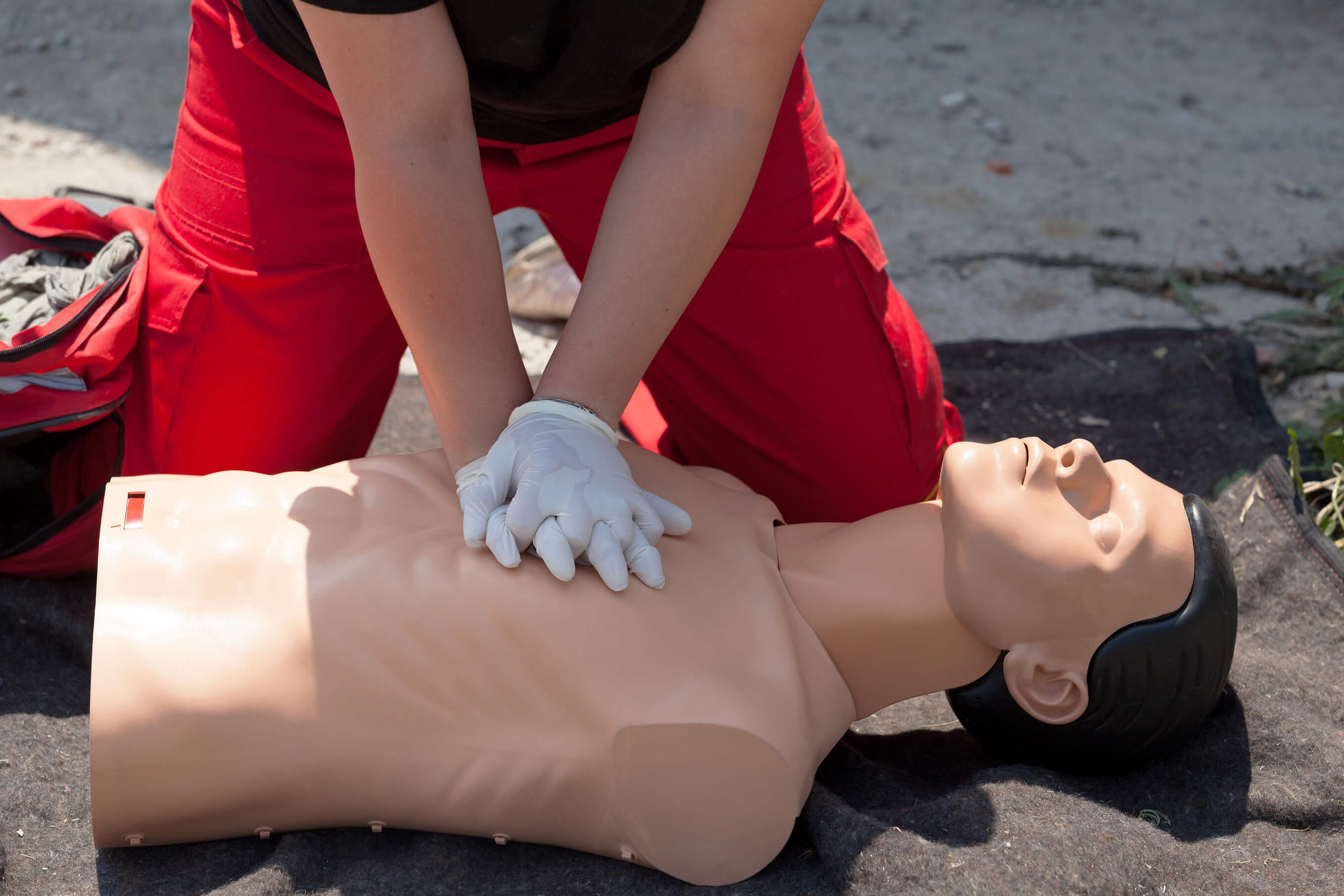
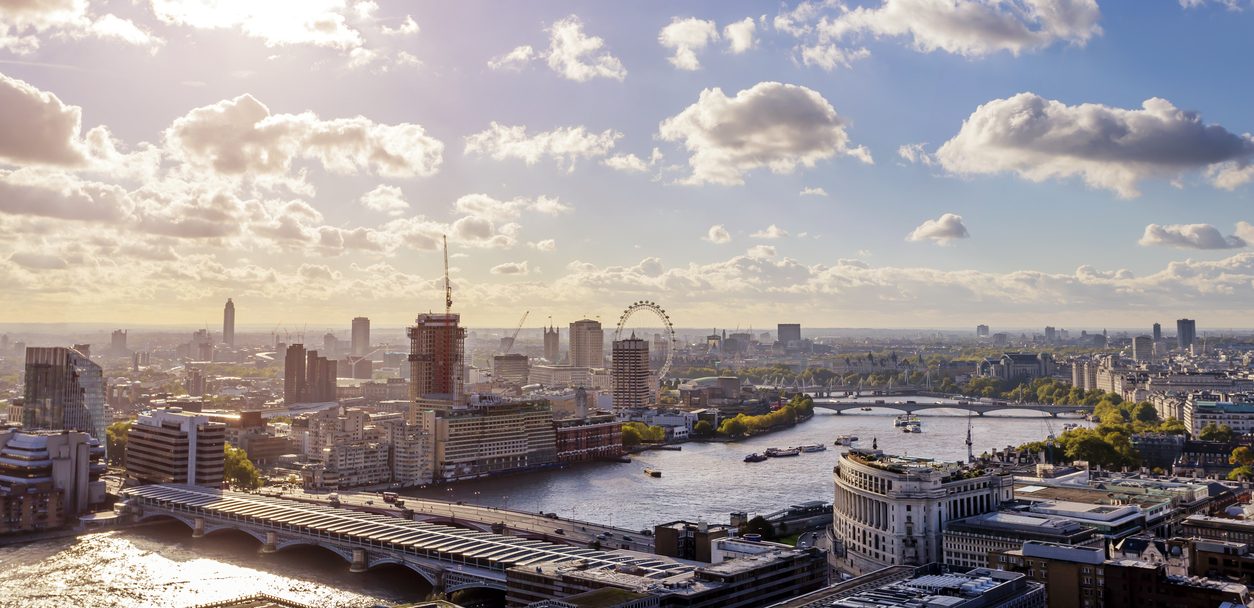


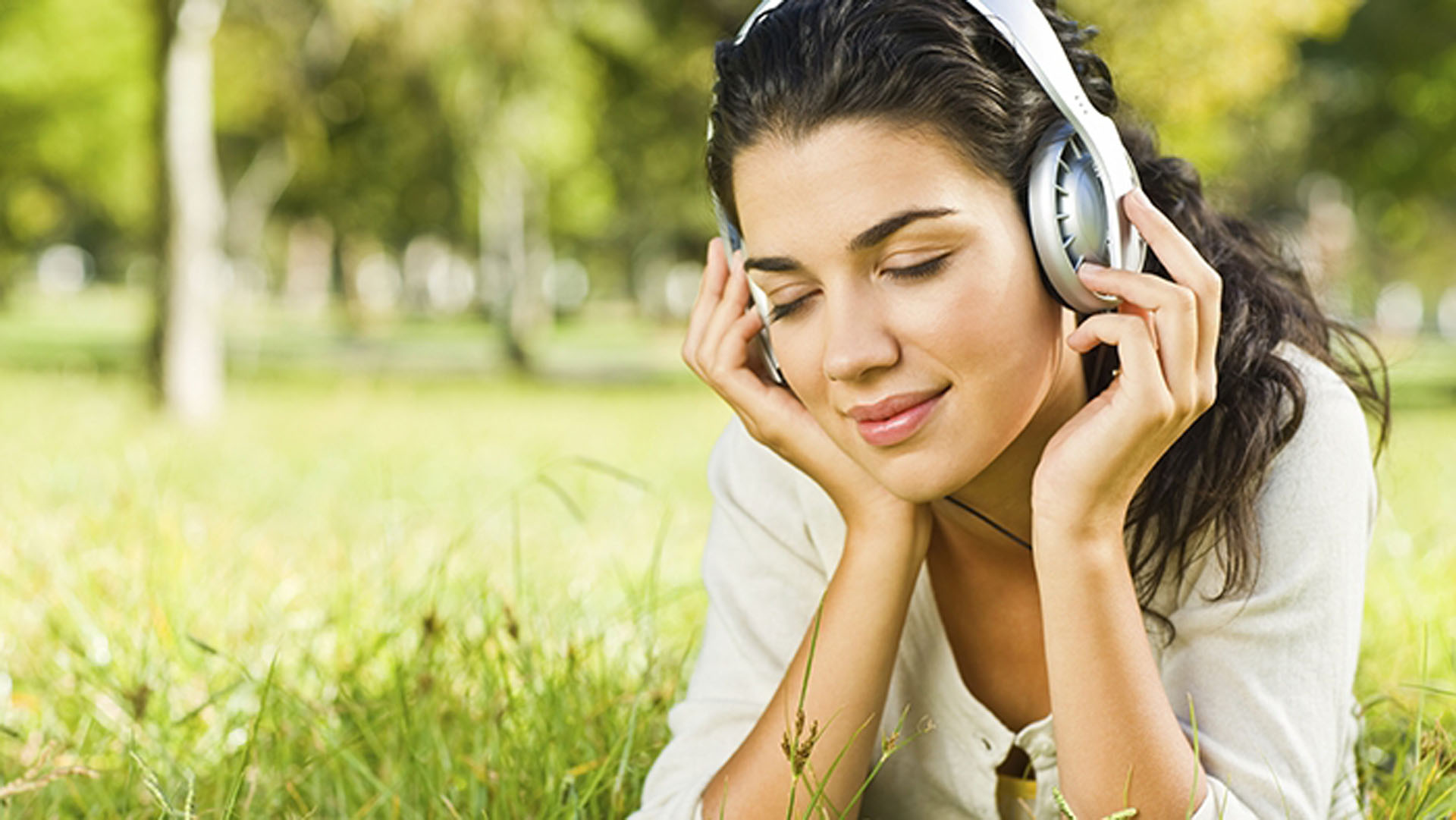




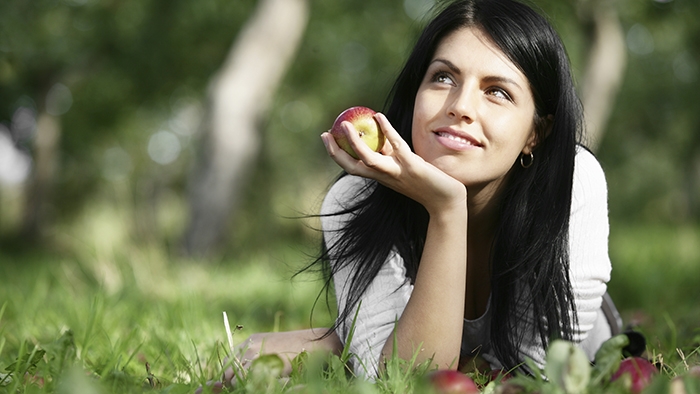
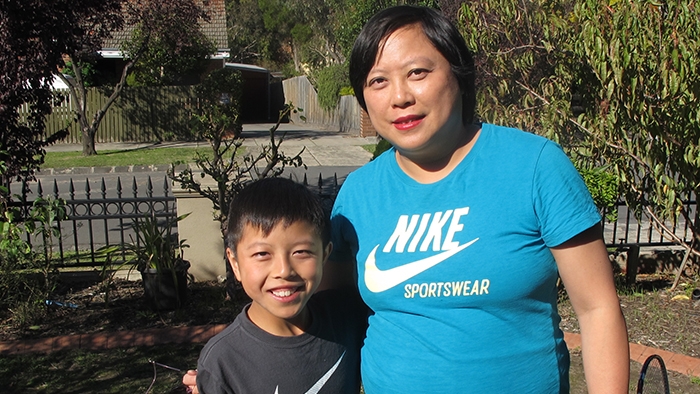






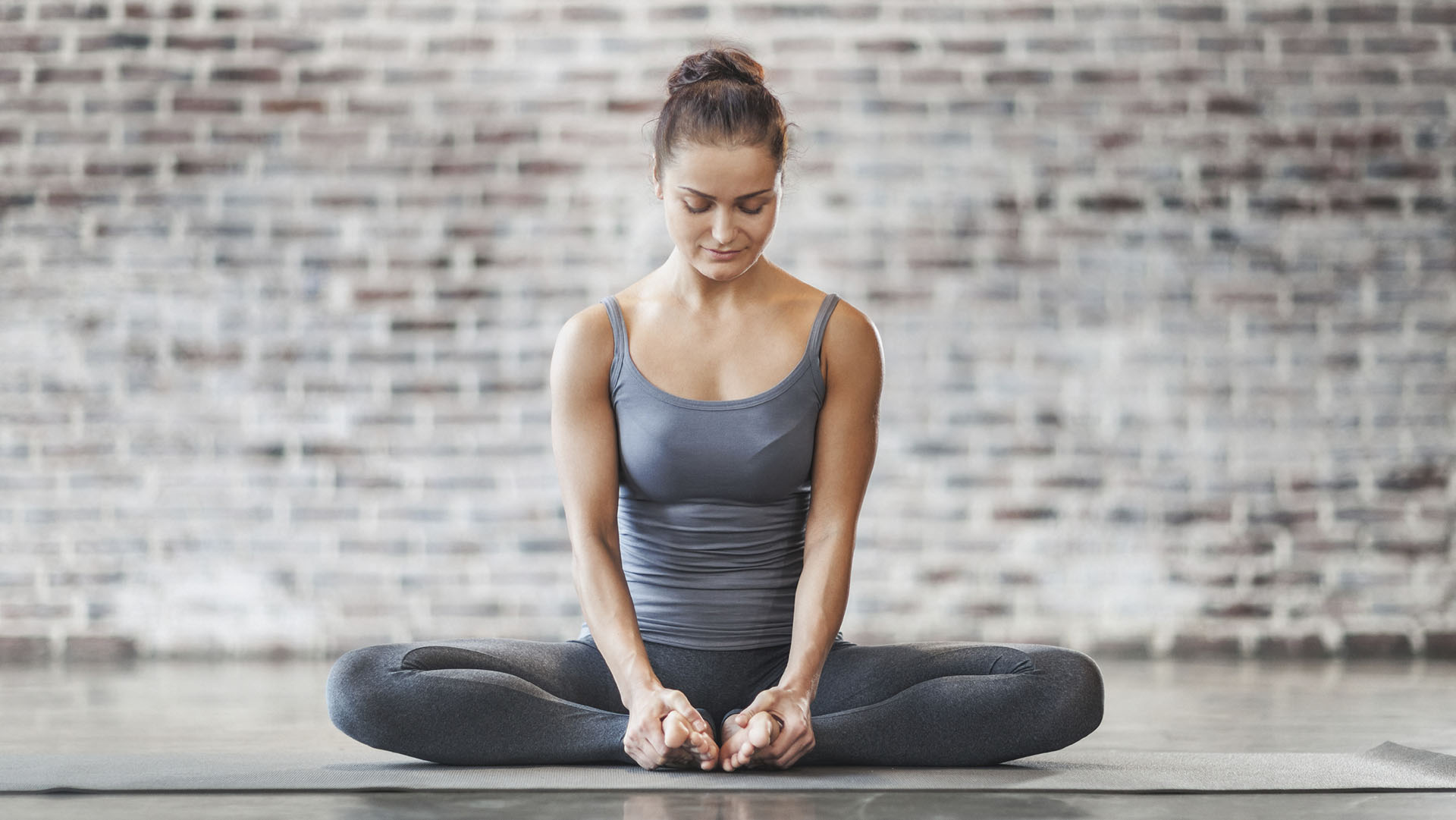
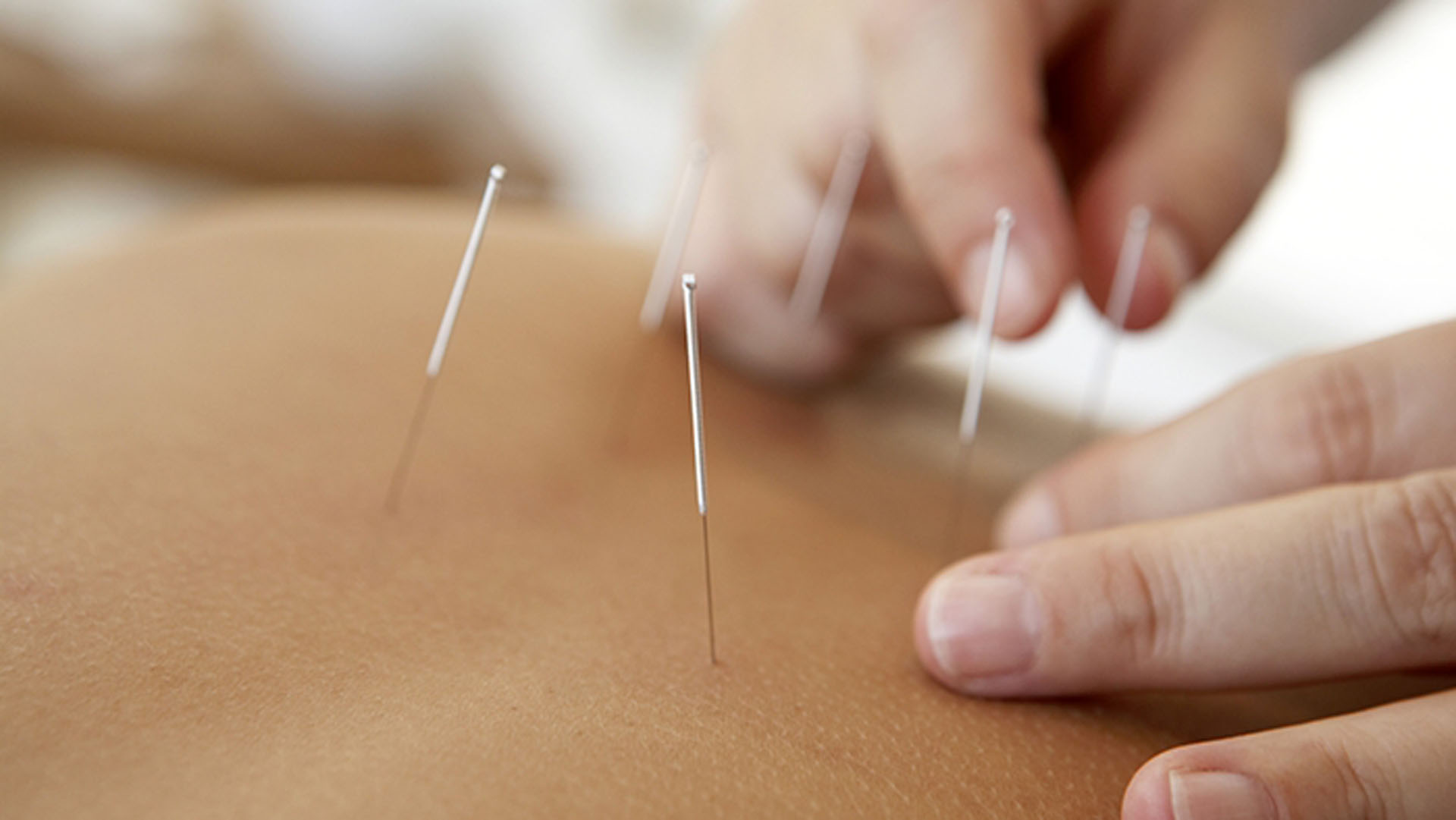



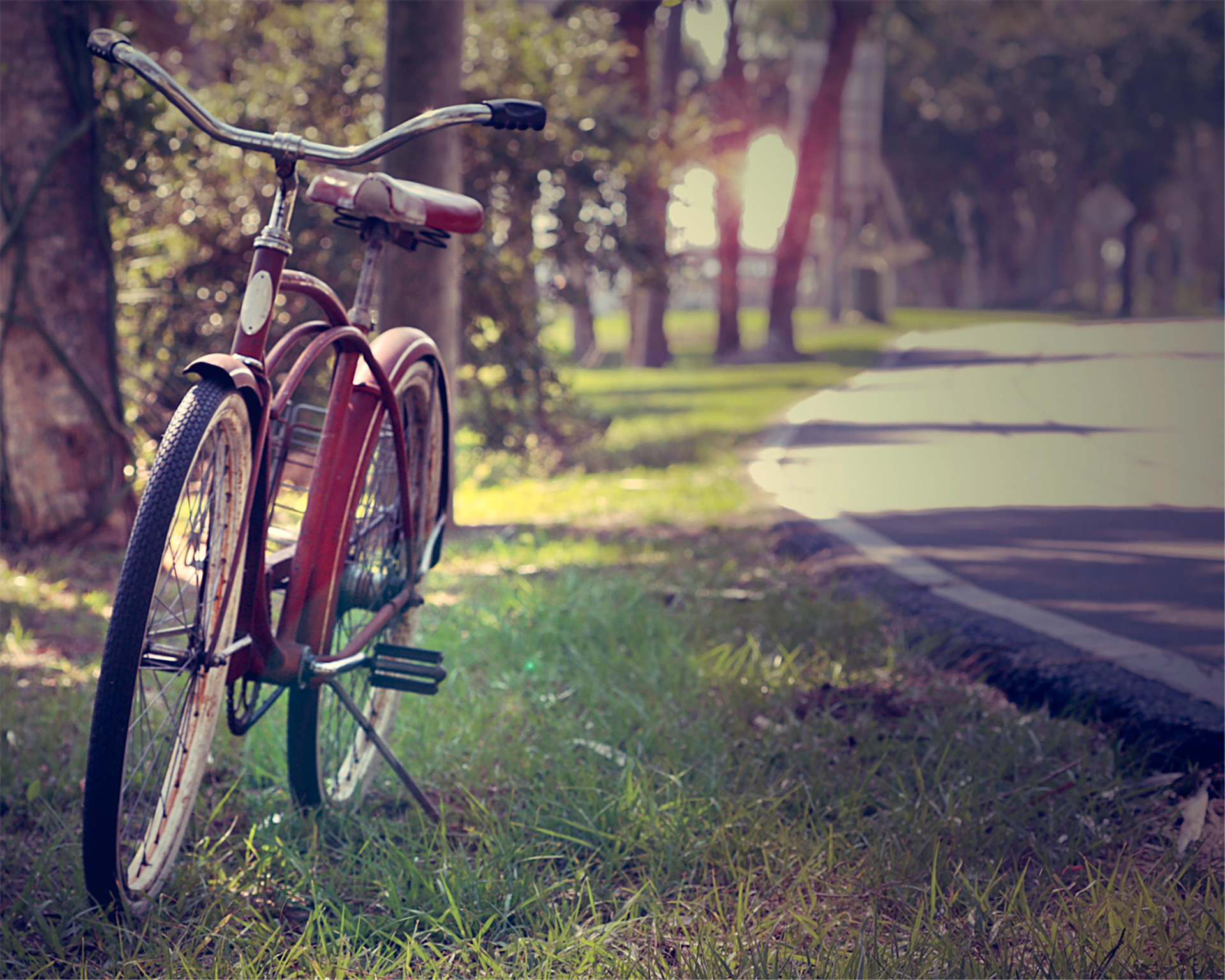

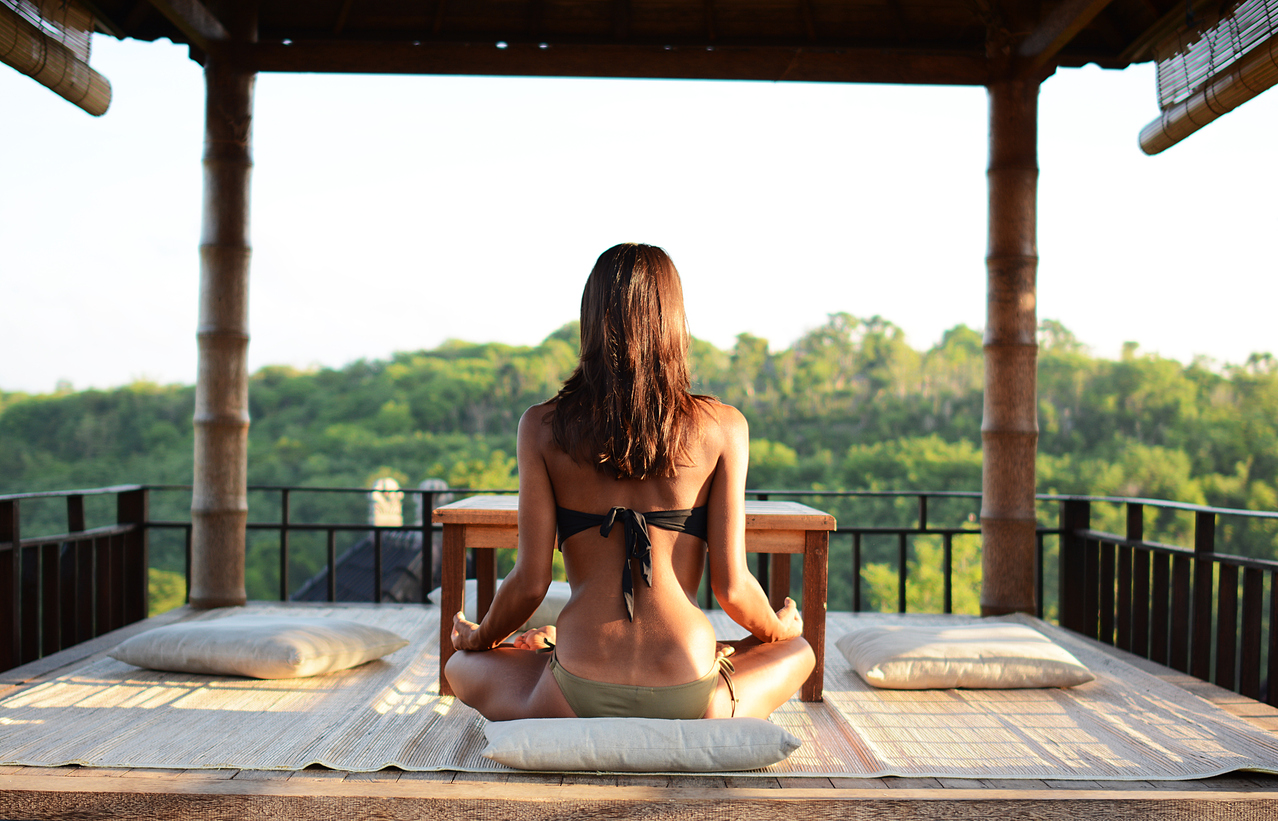
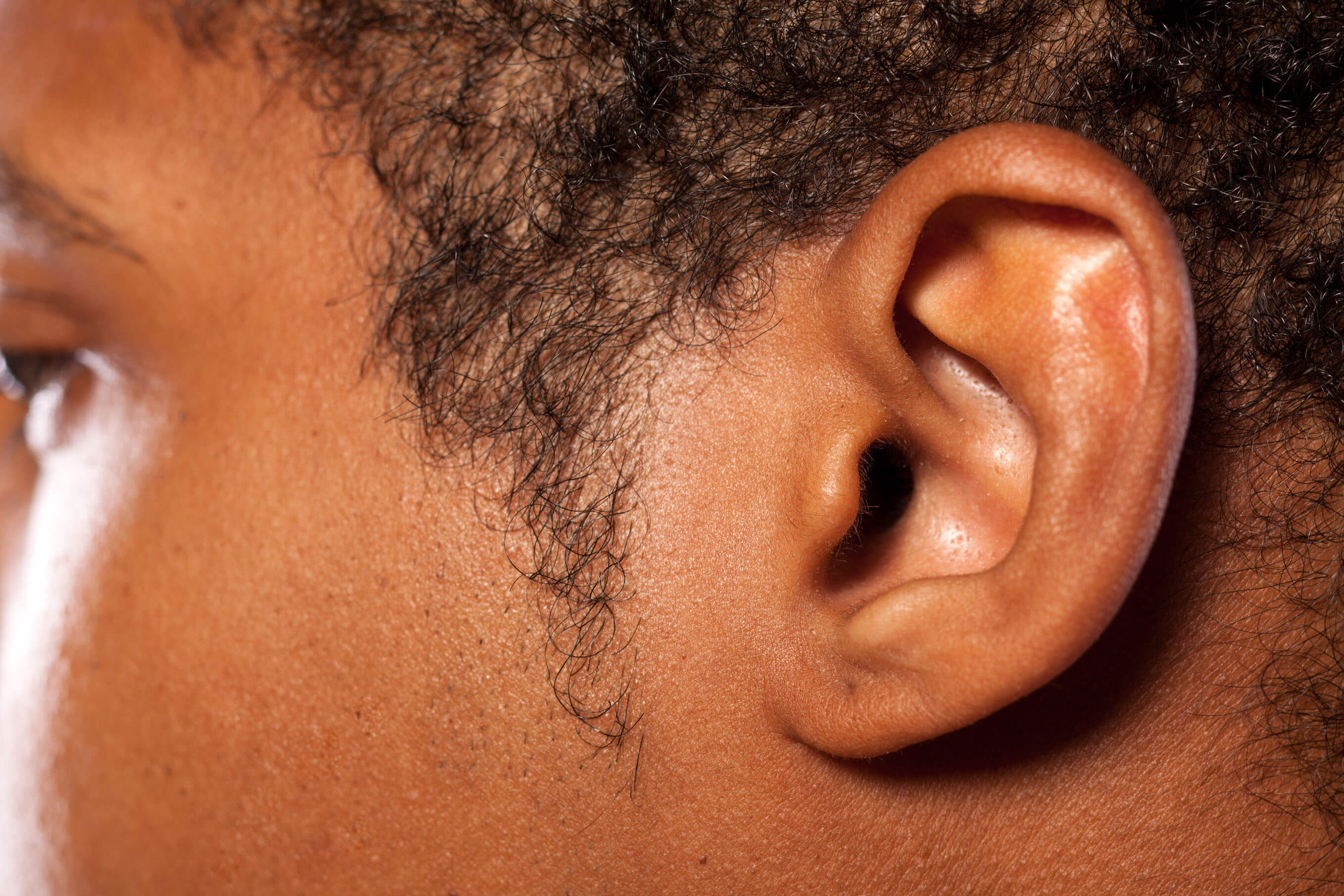


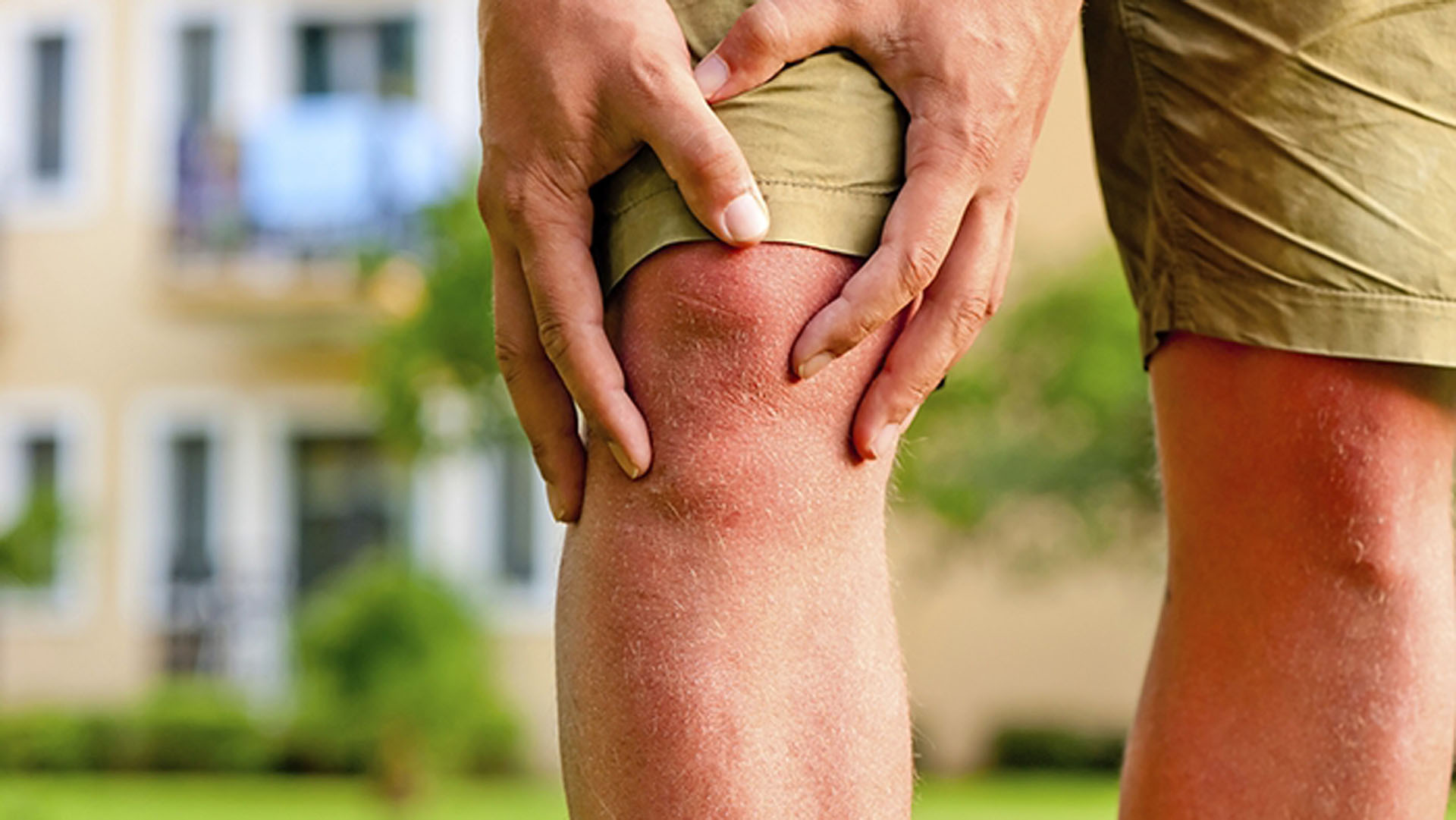

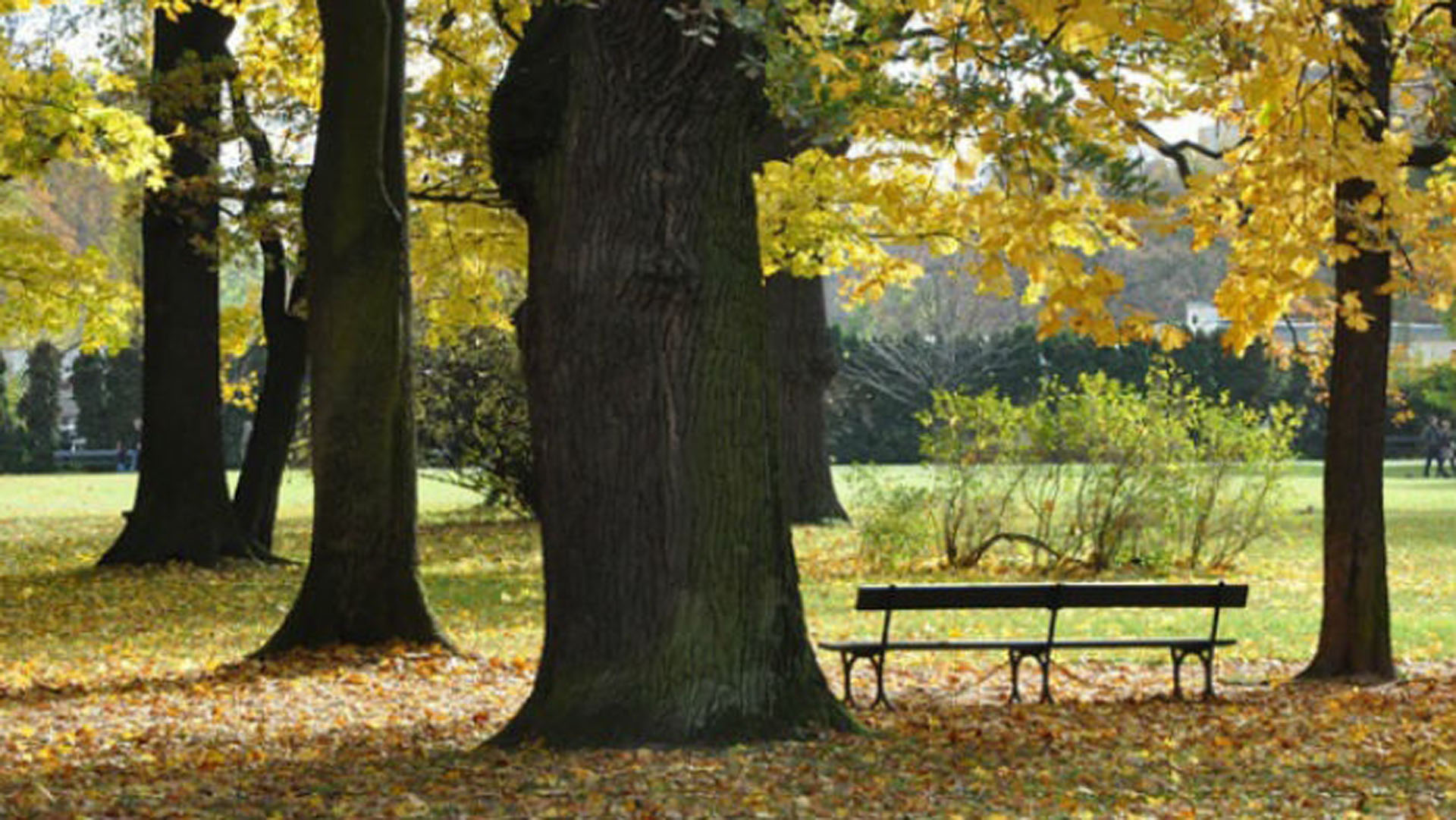














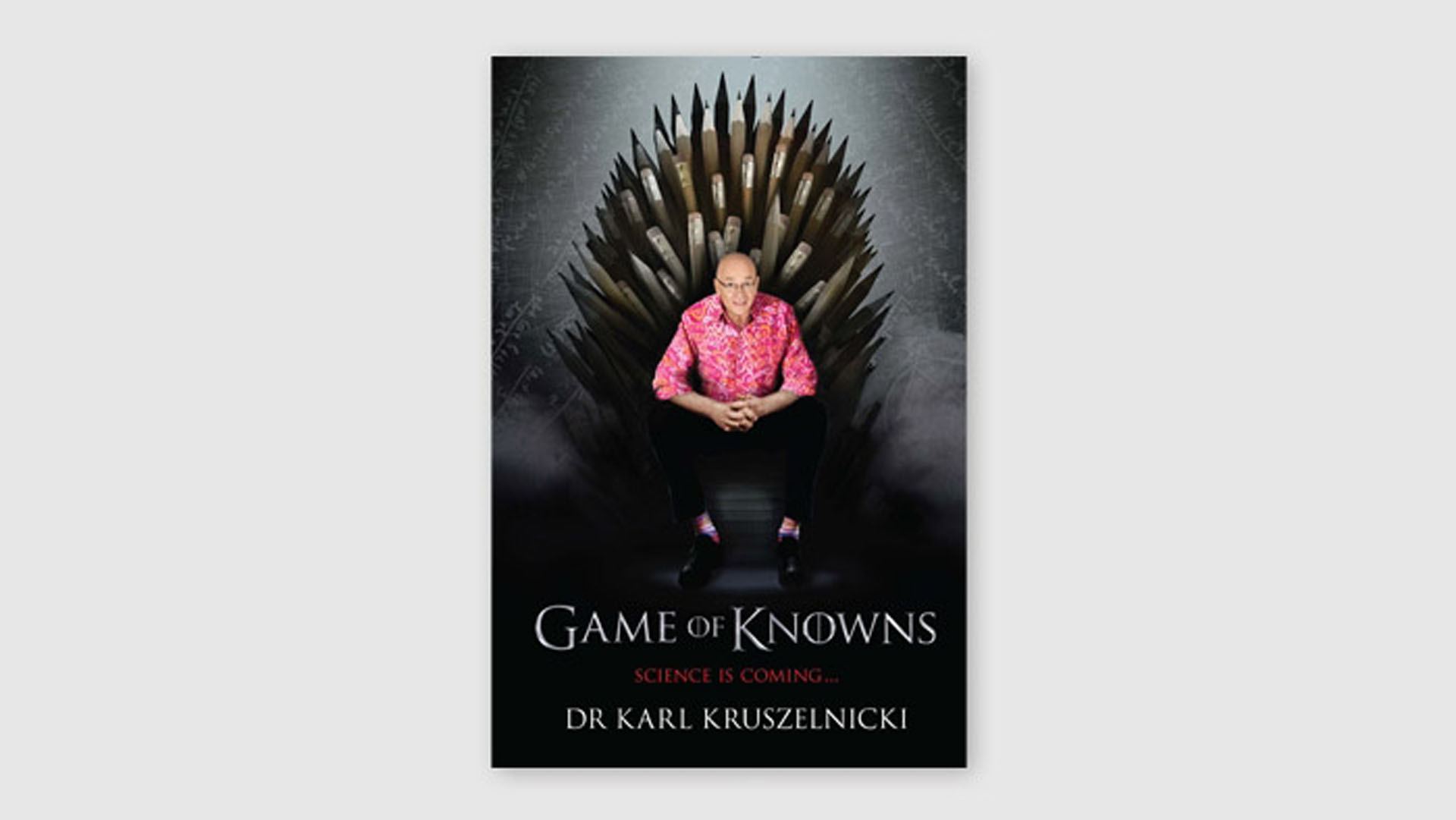





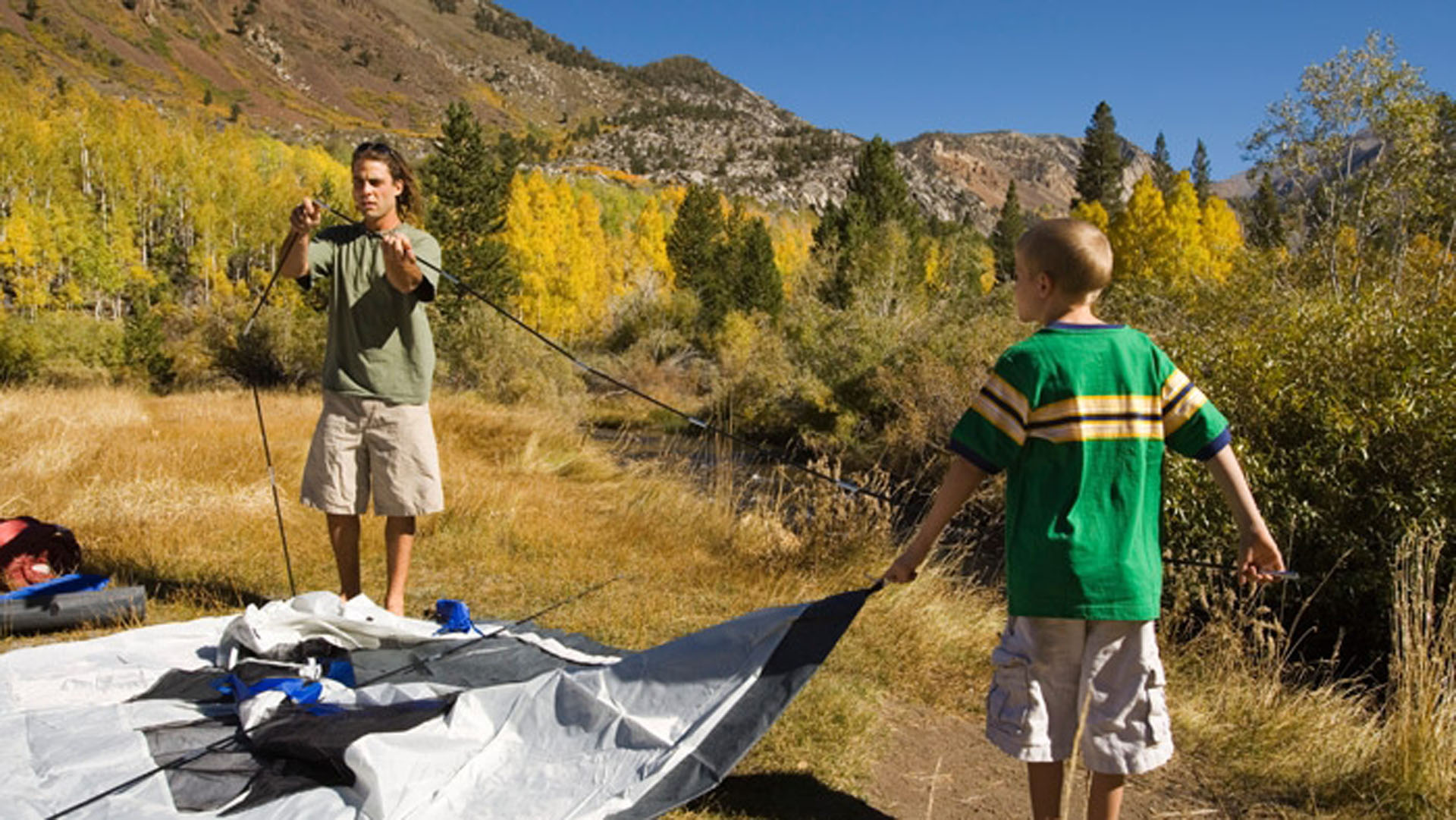




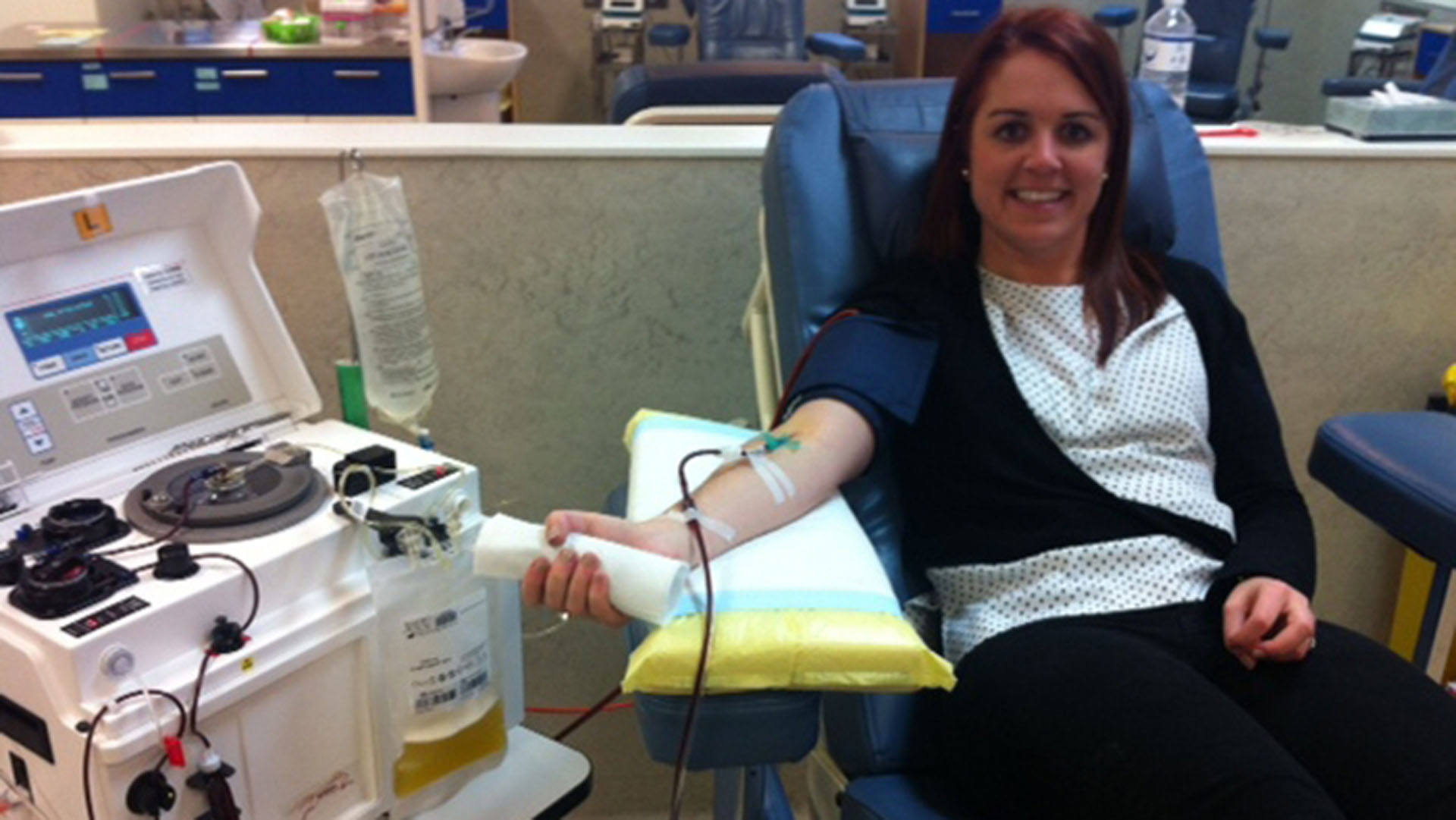







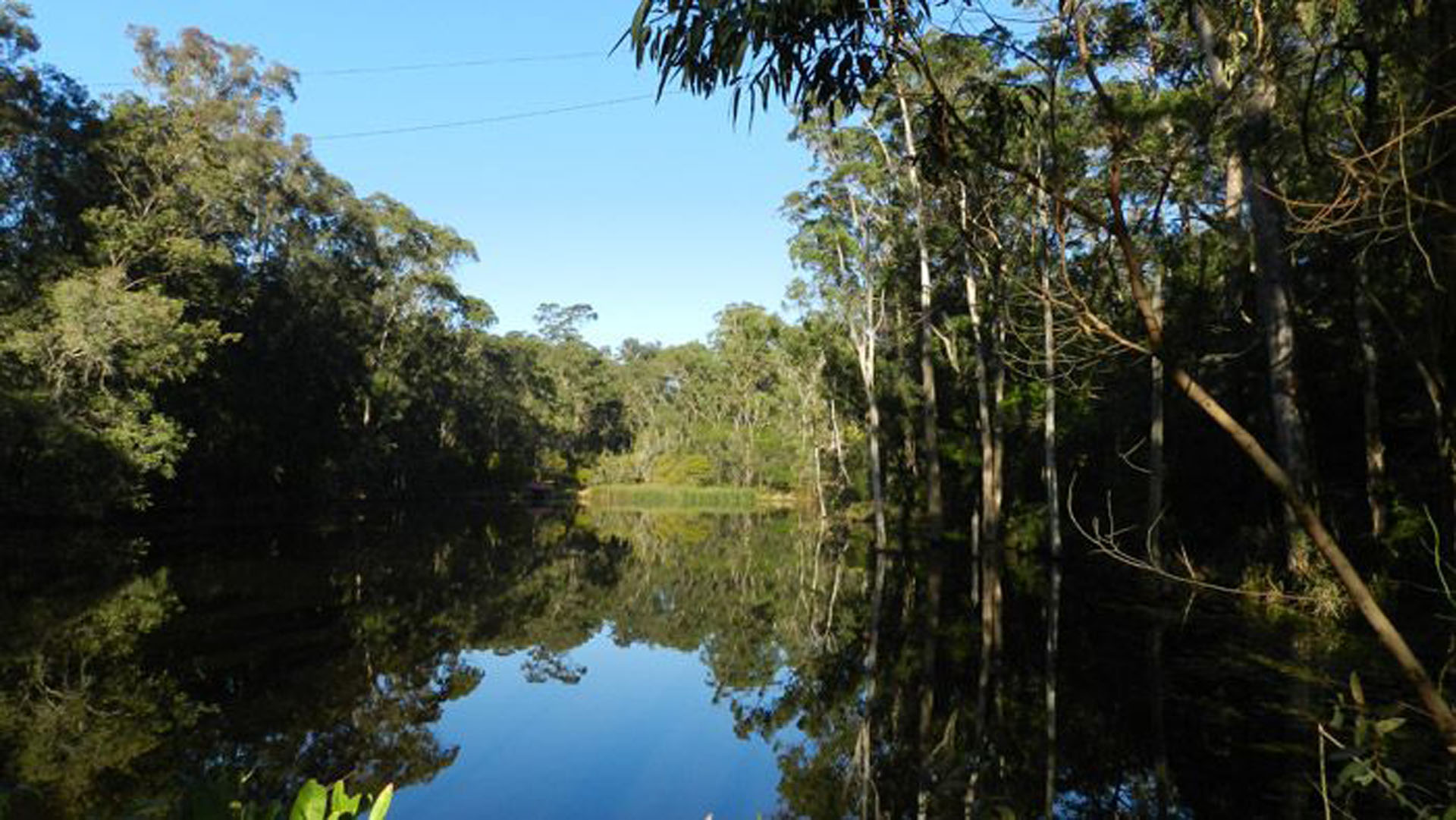
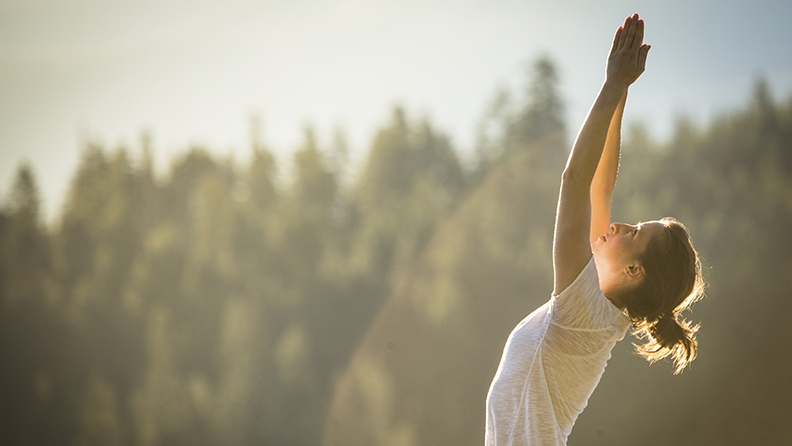







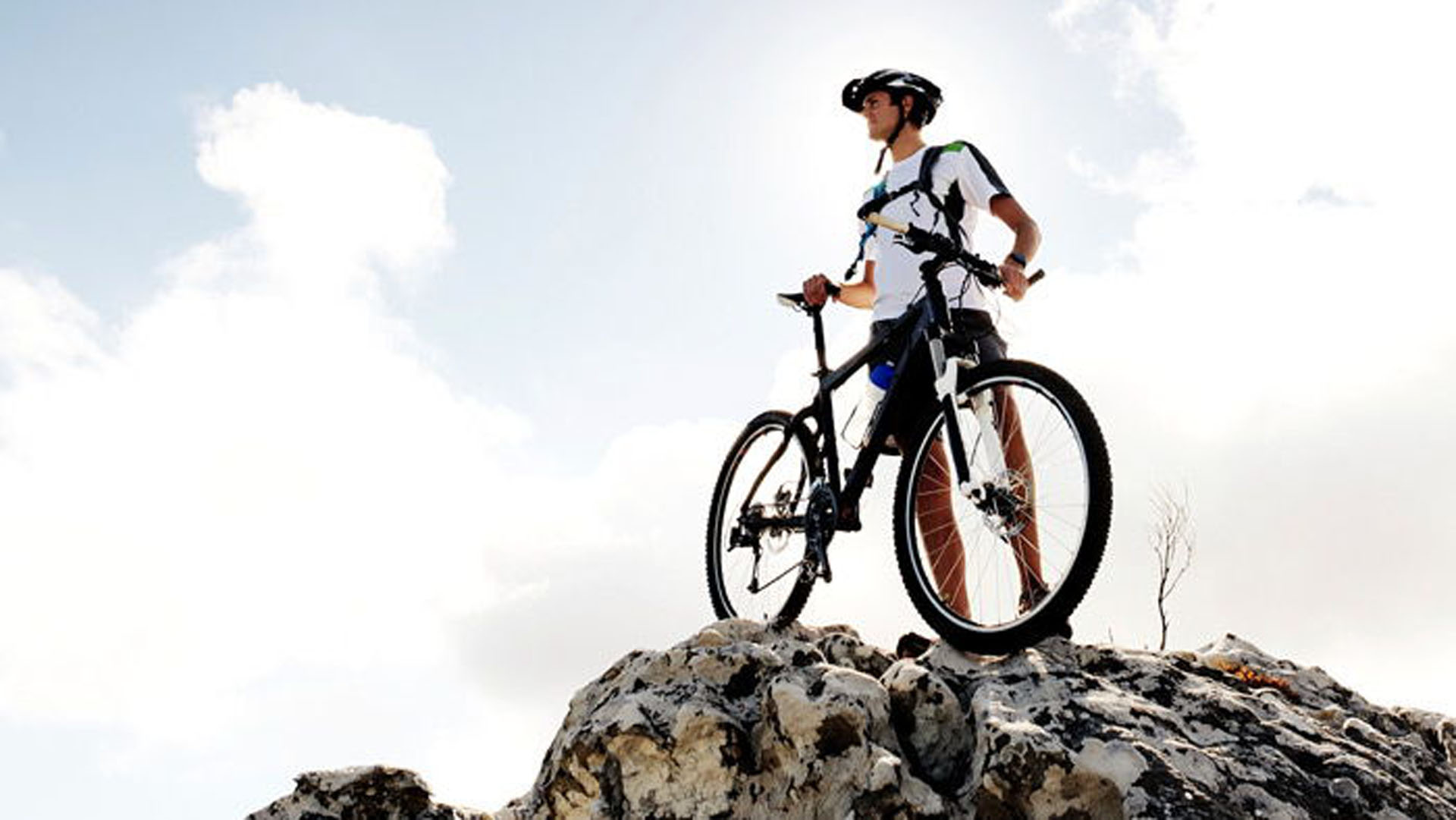
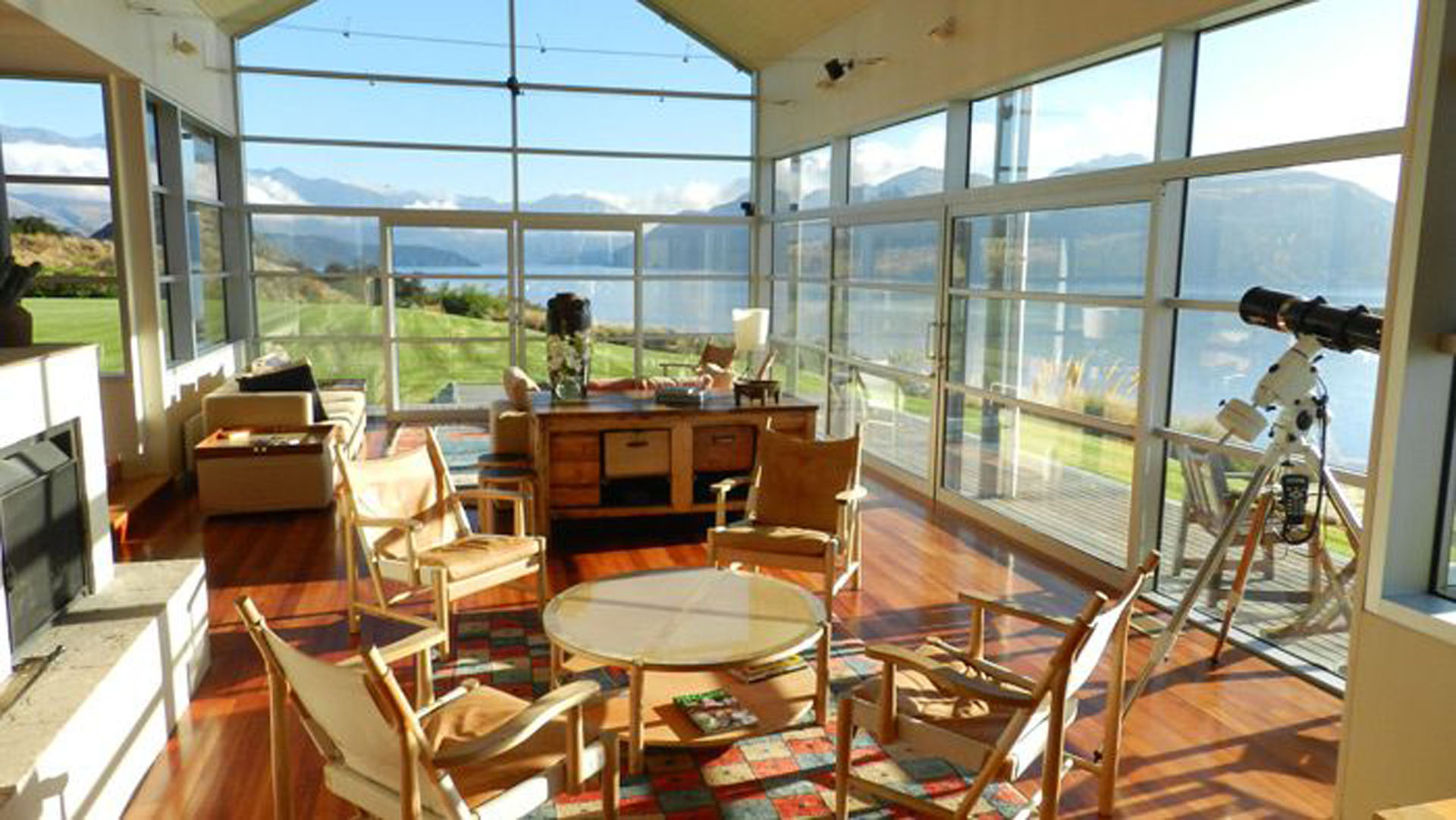


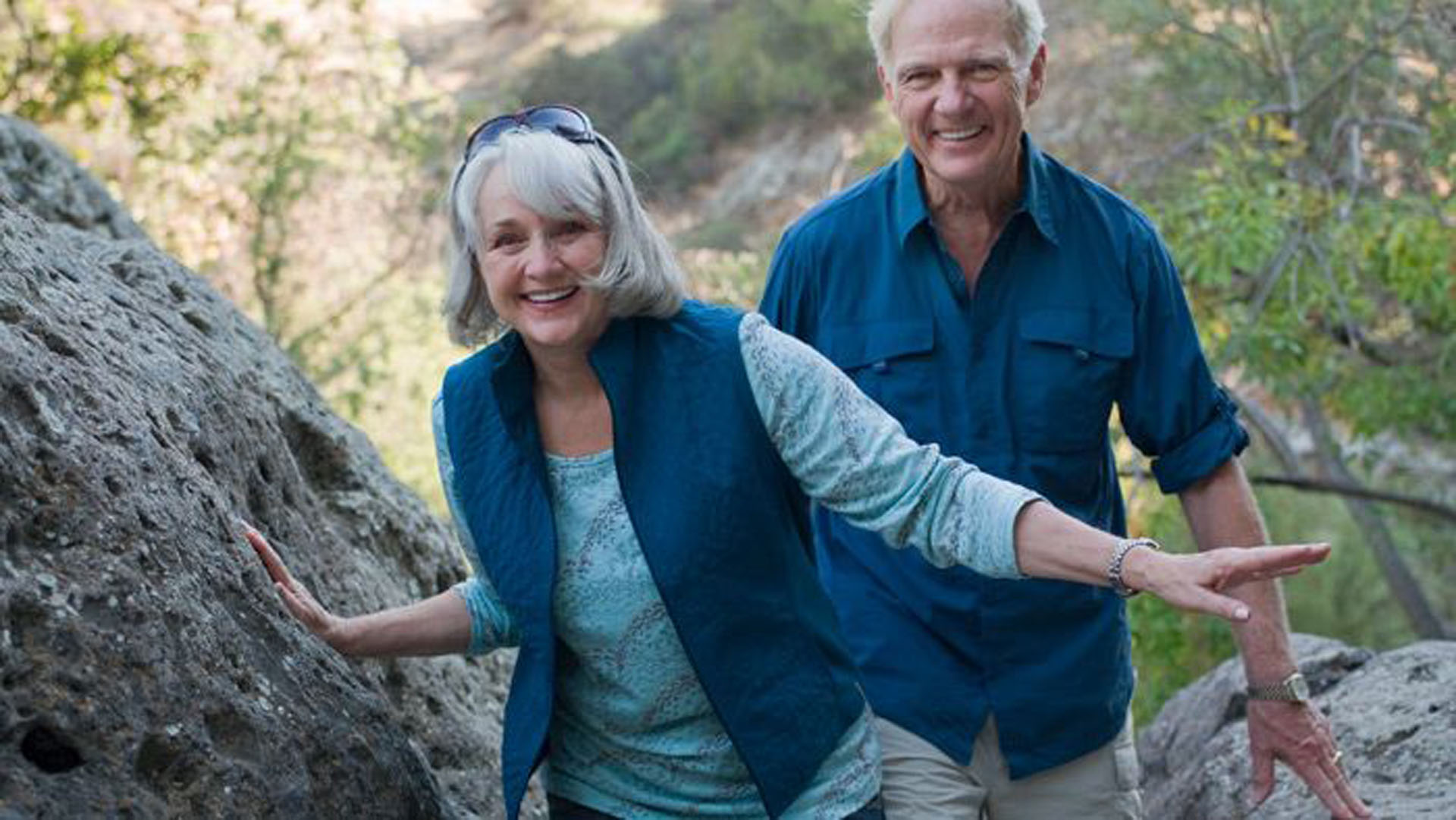
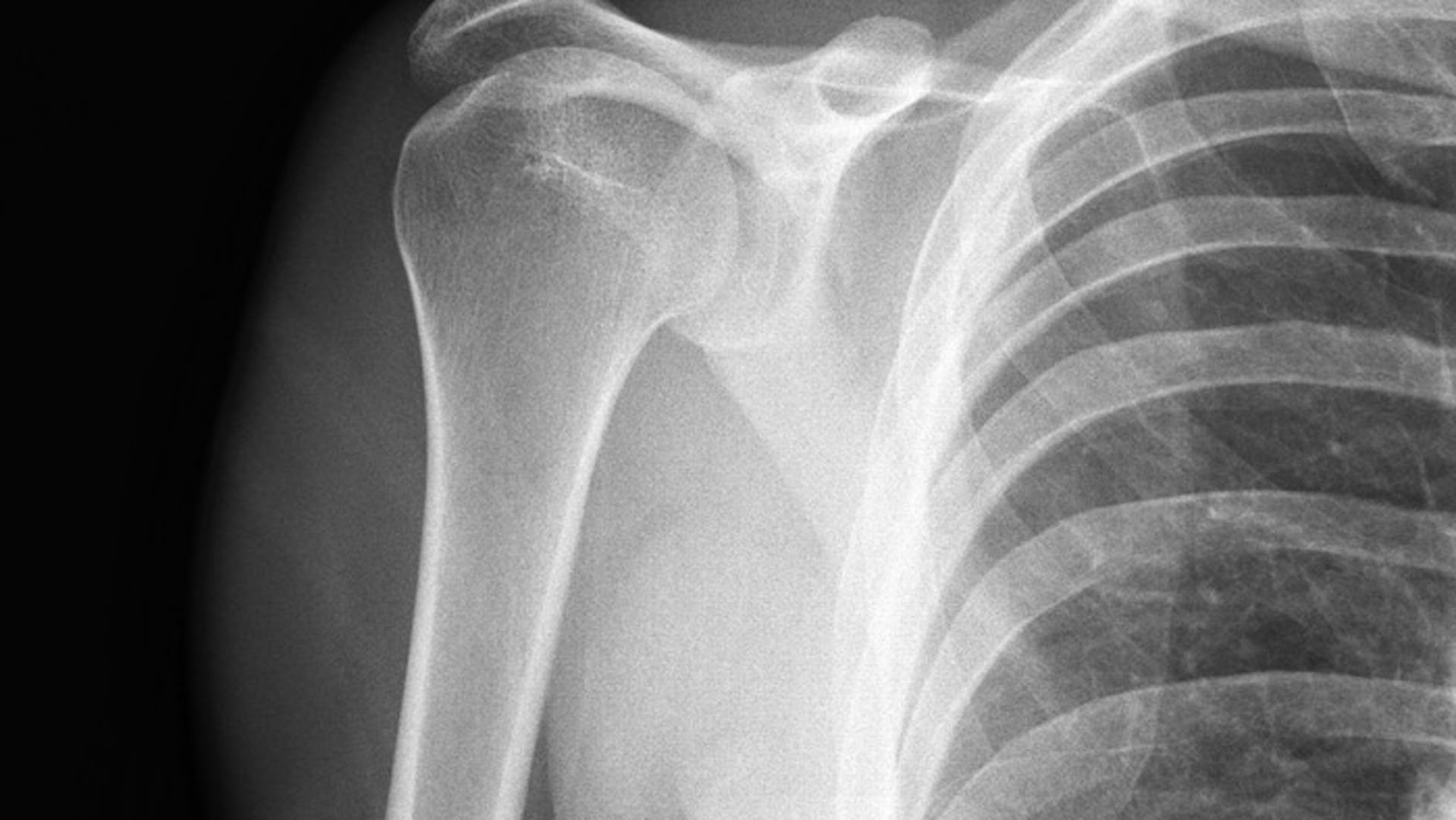













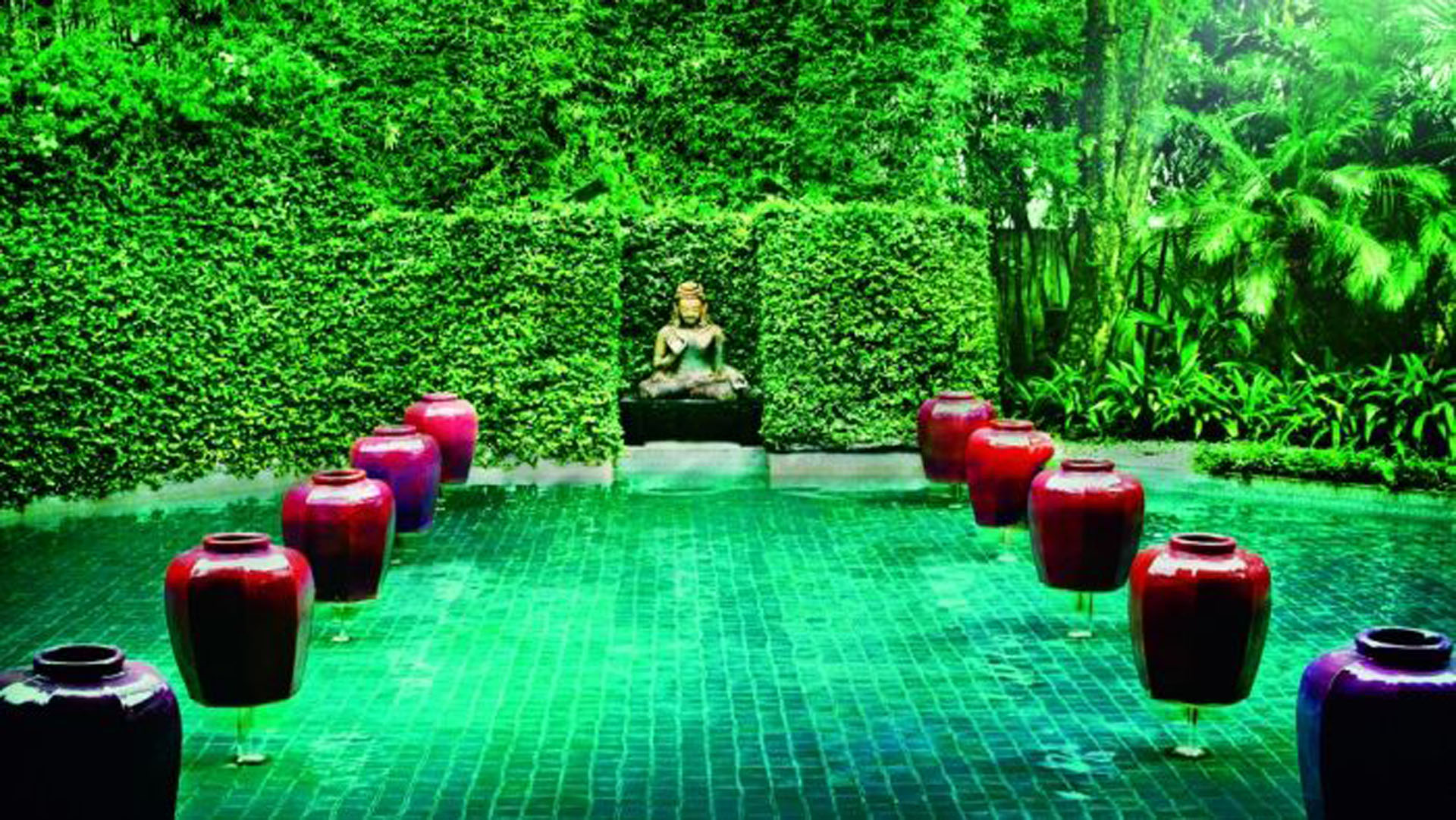
.jpg)




